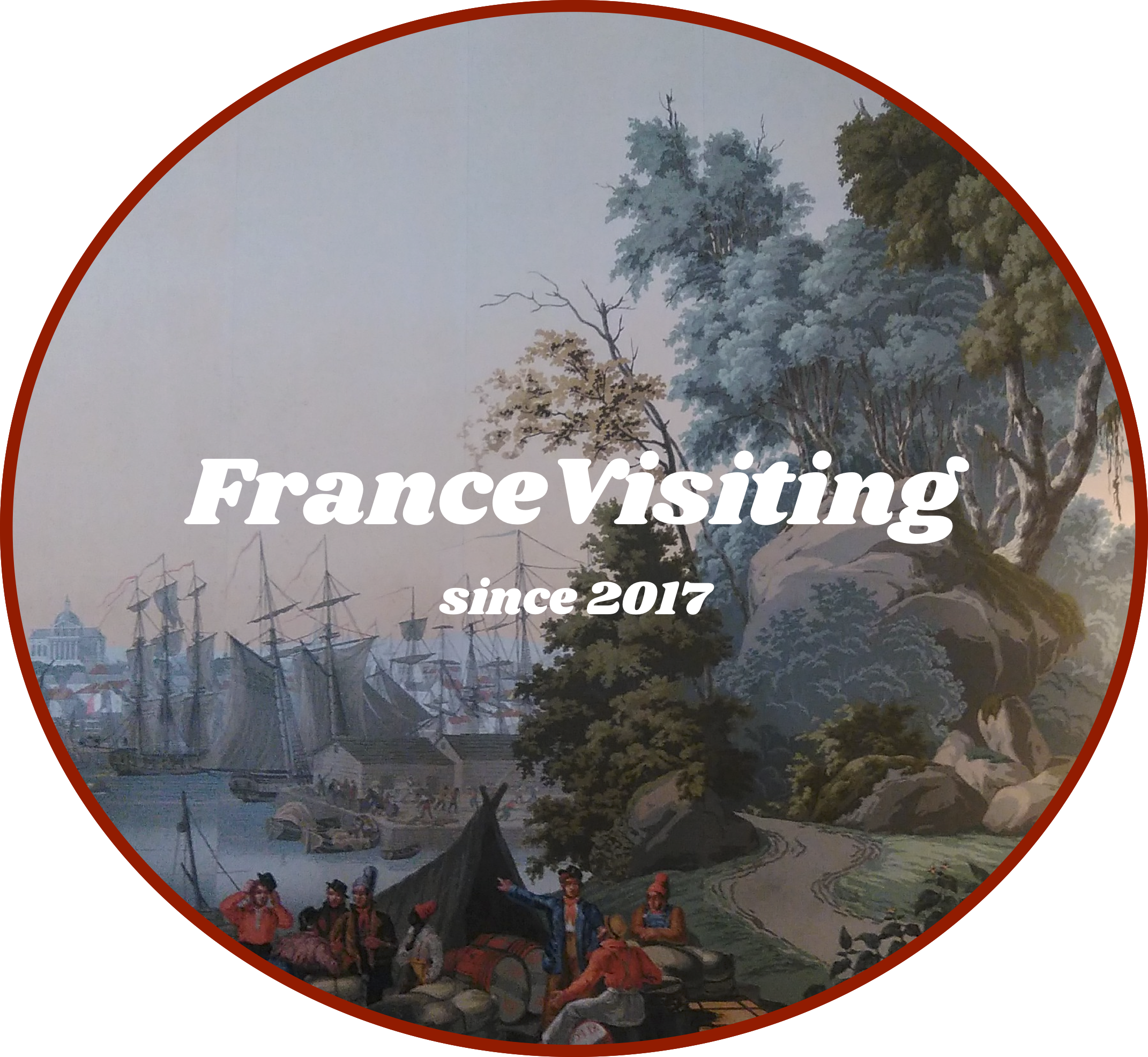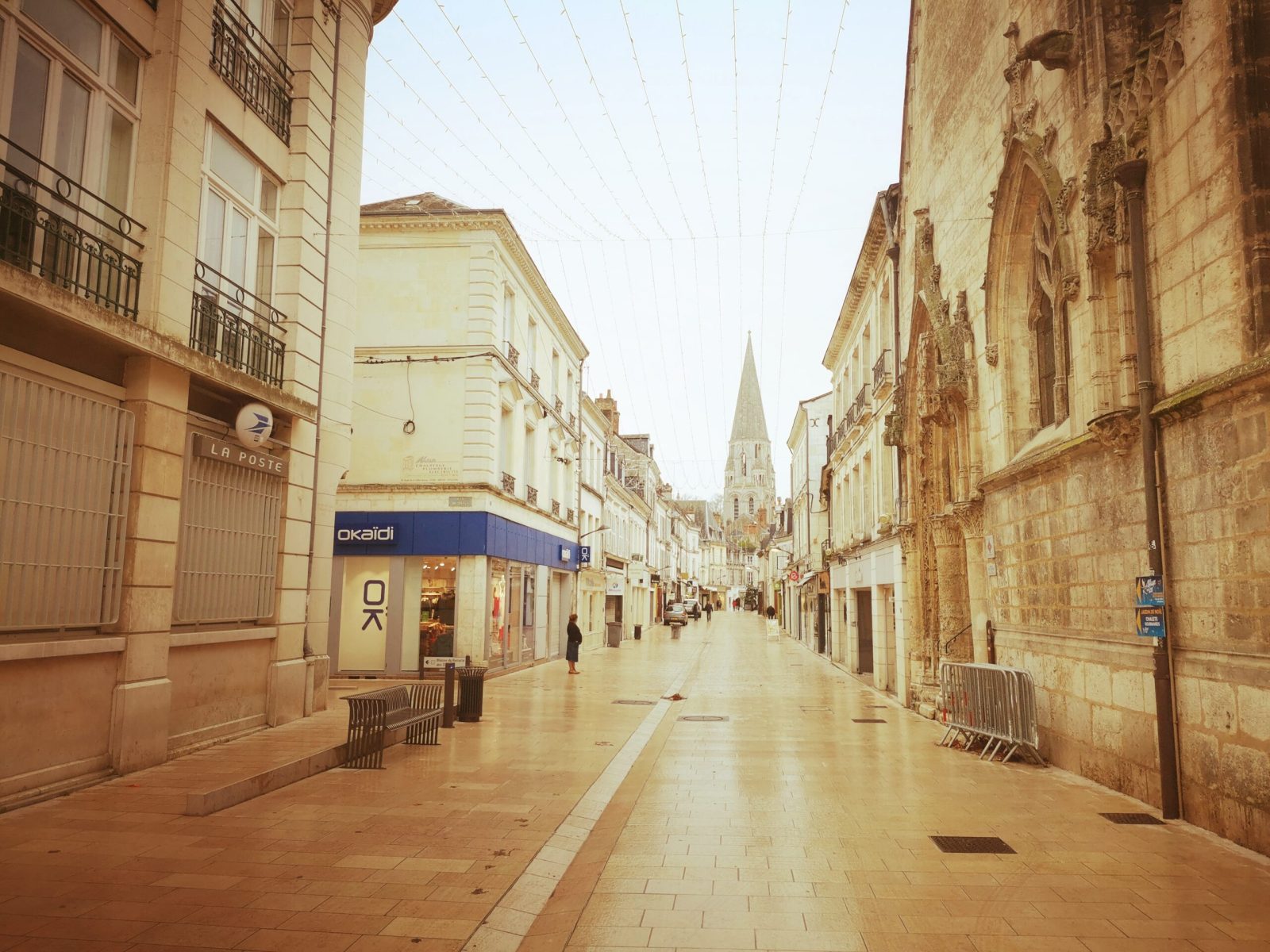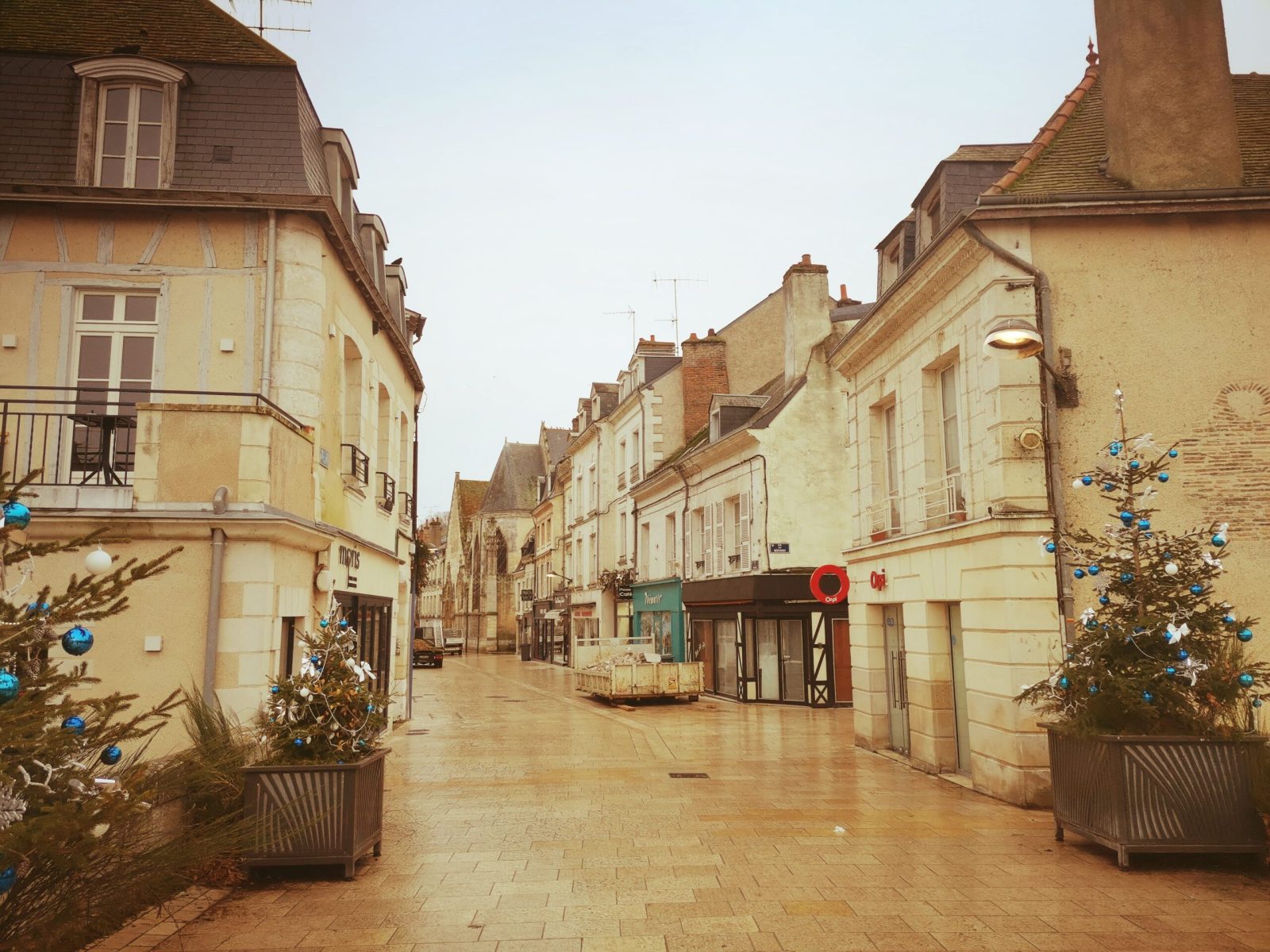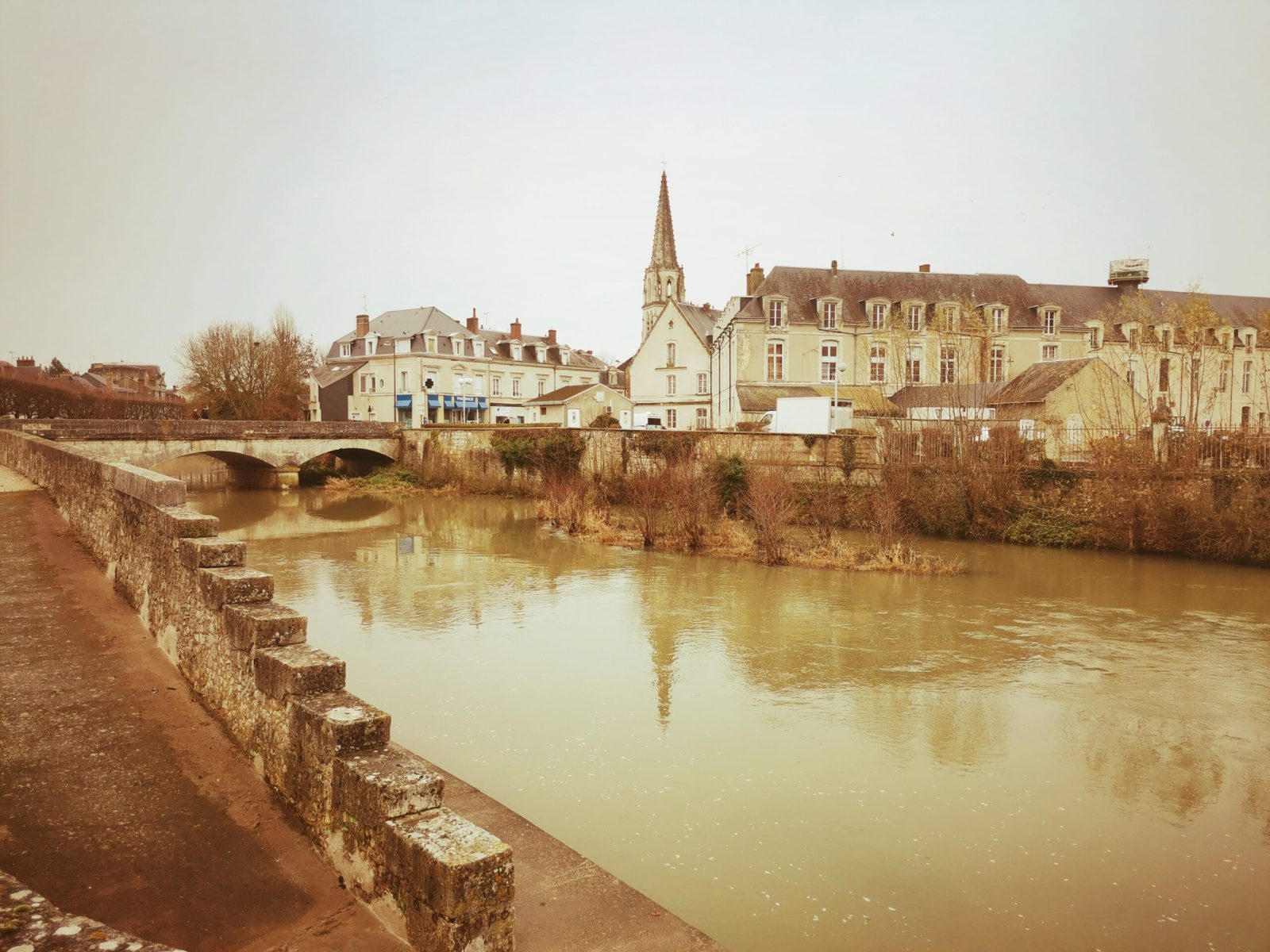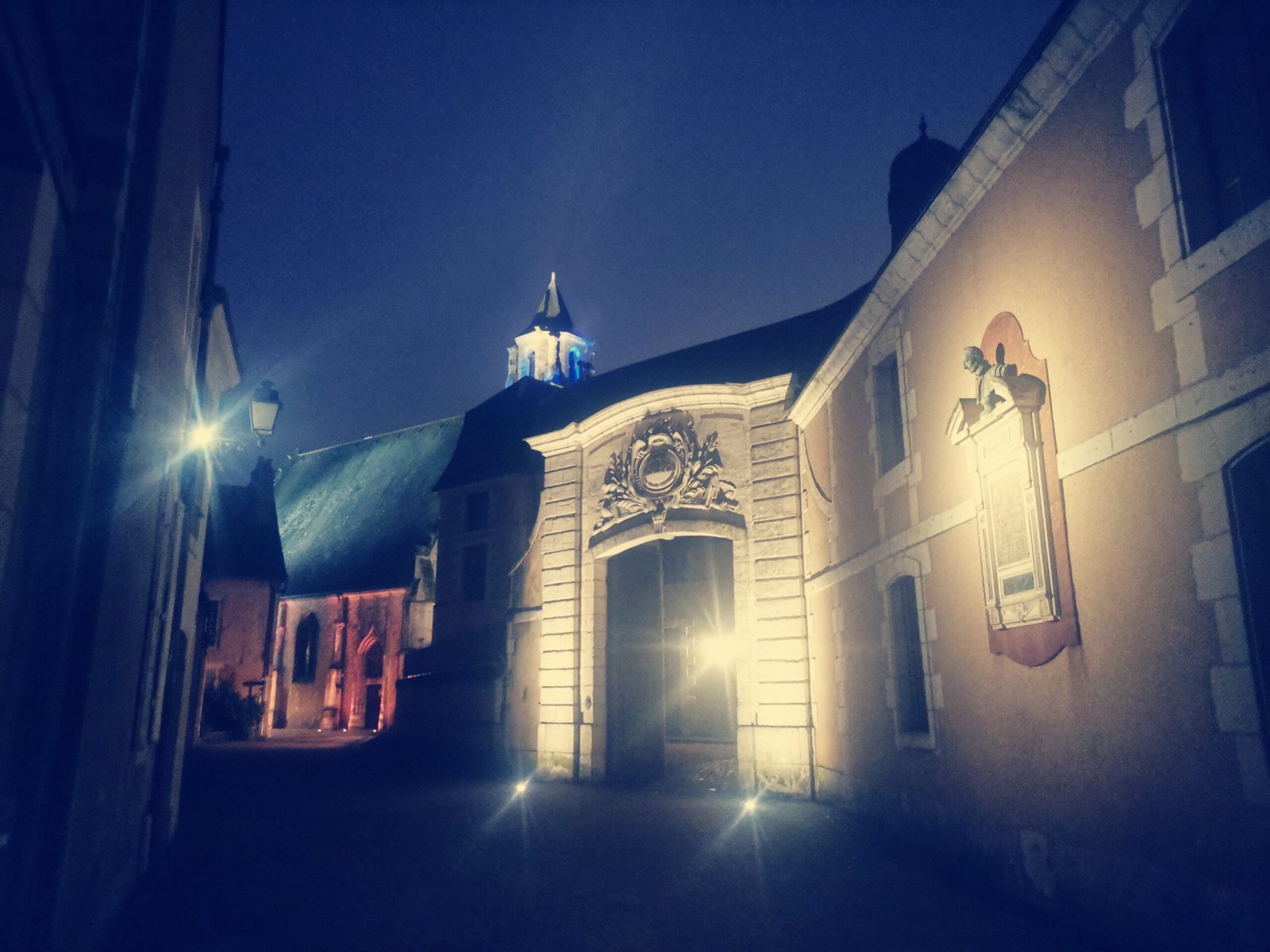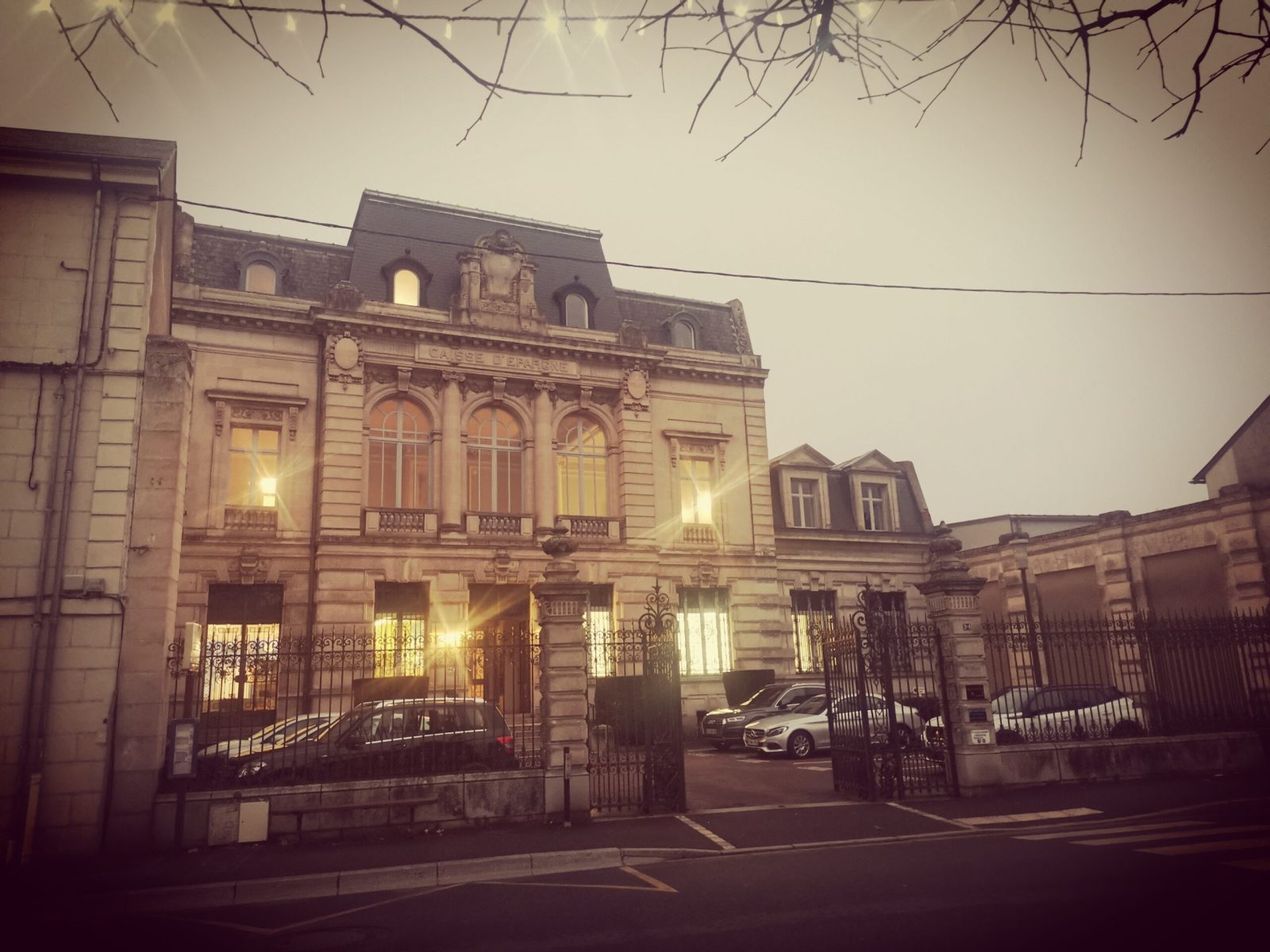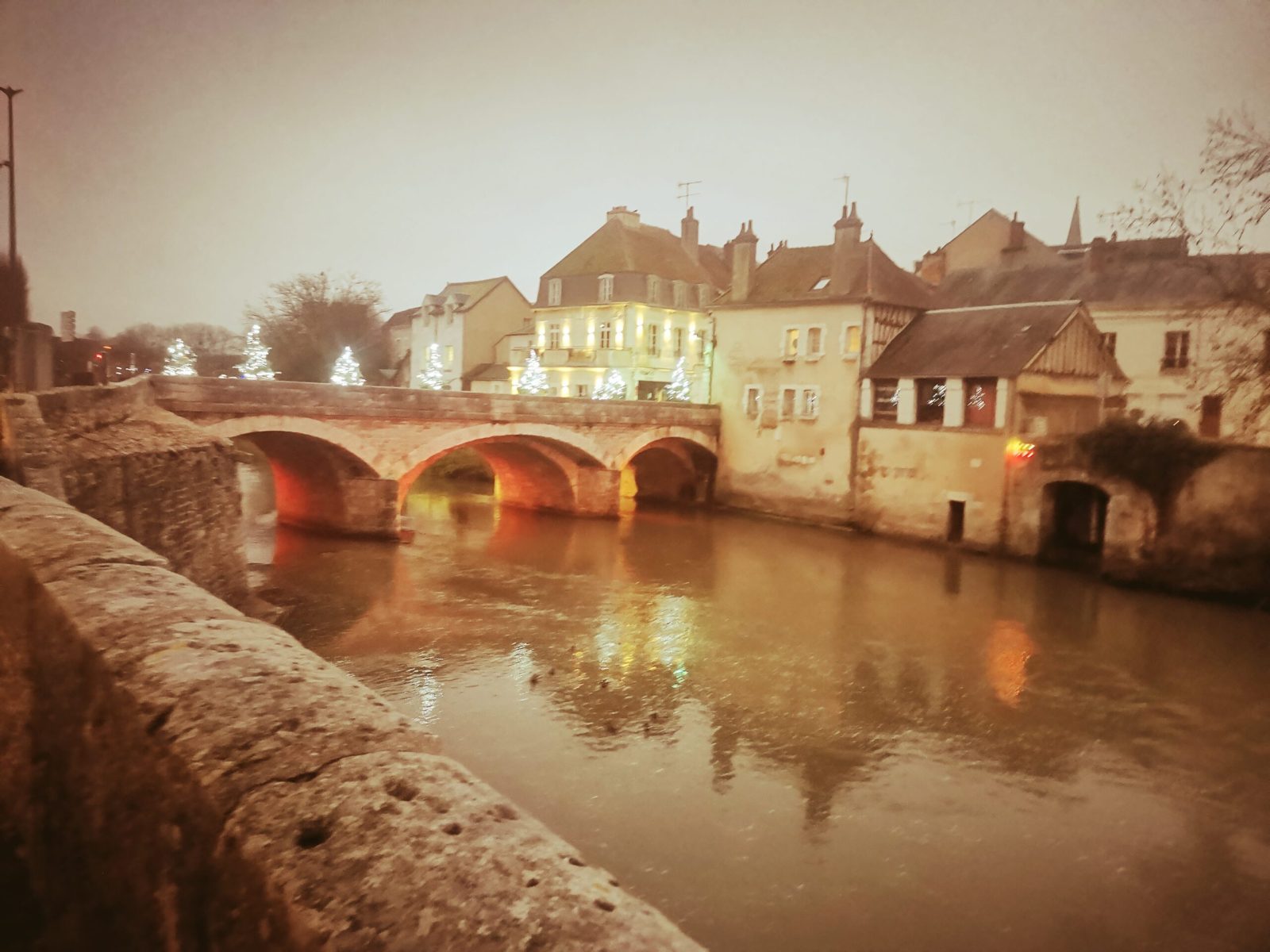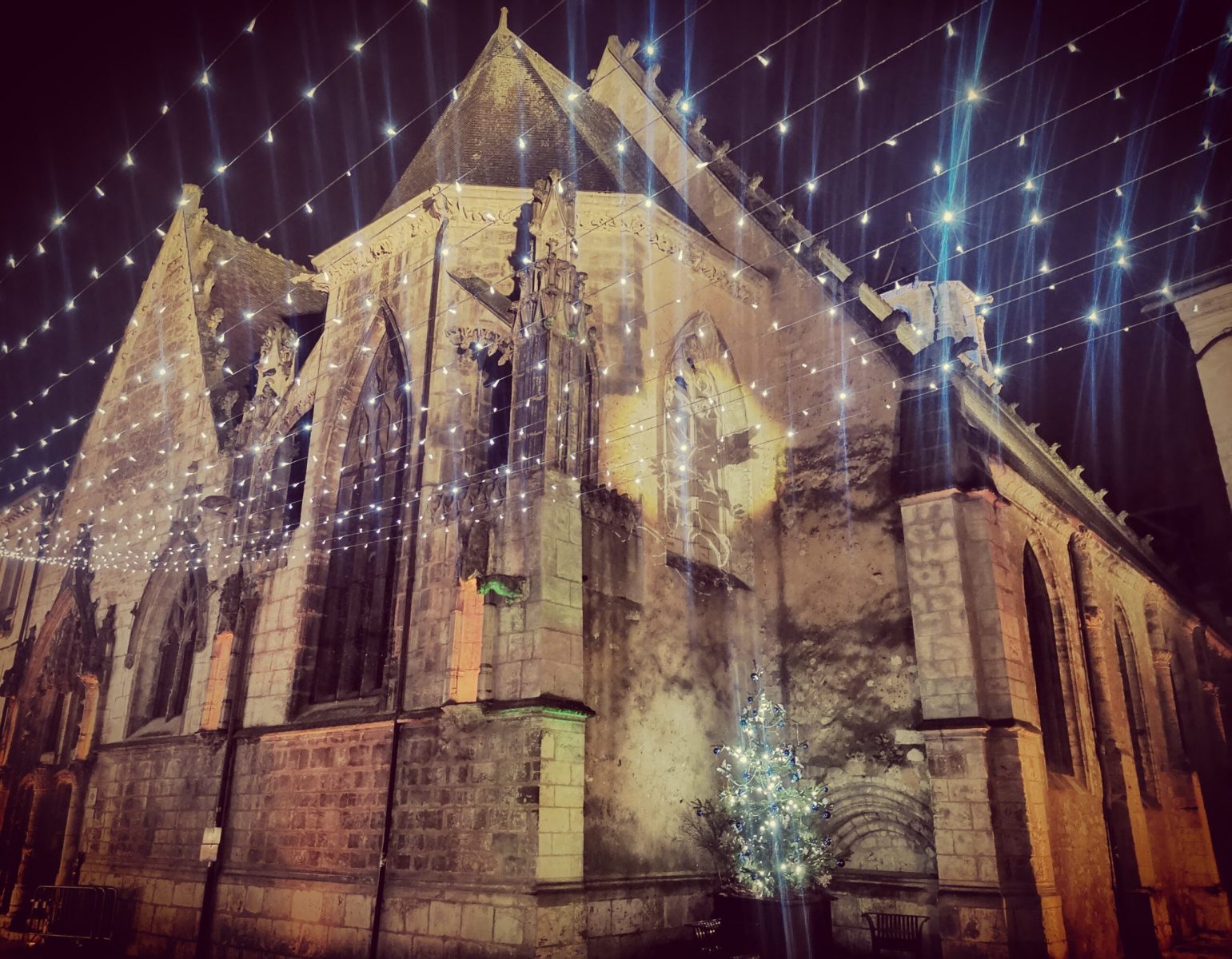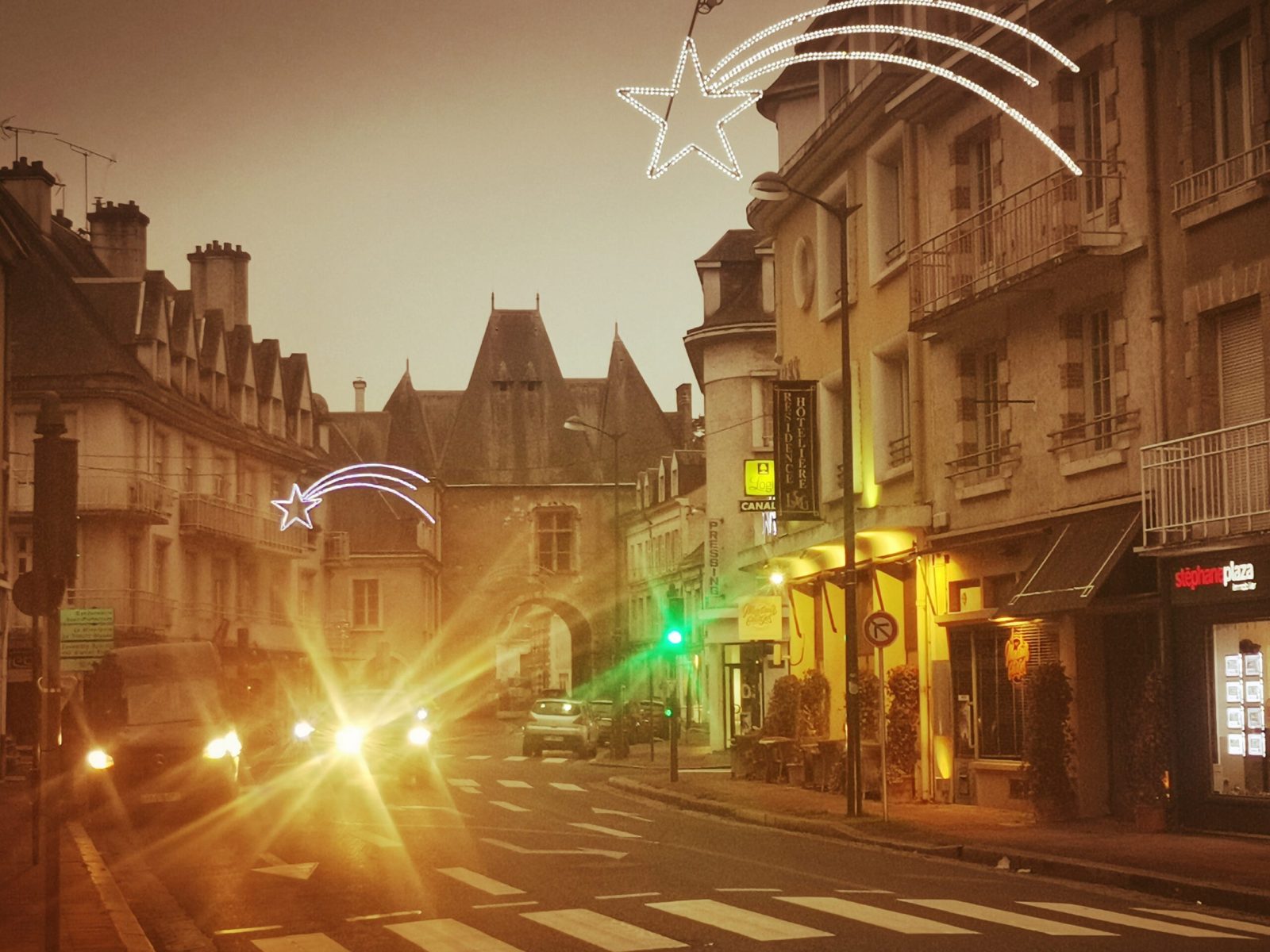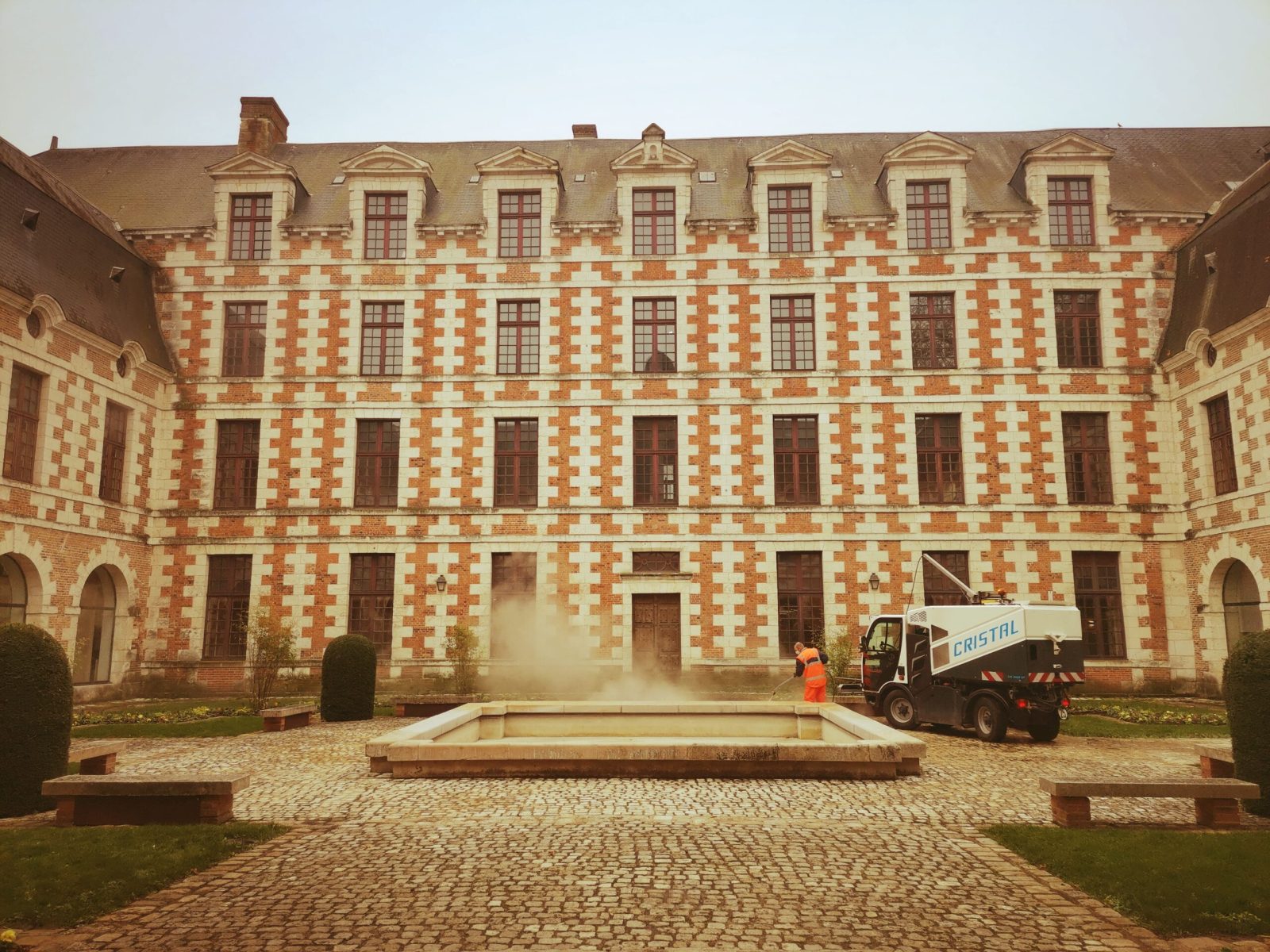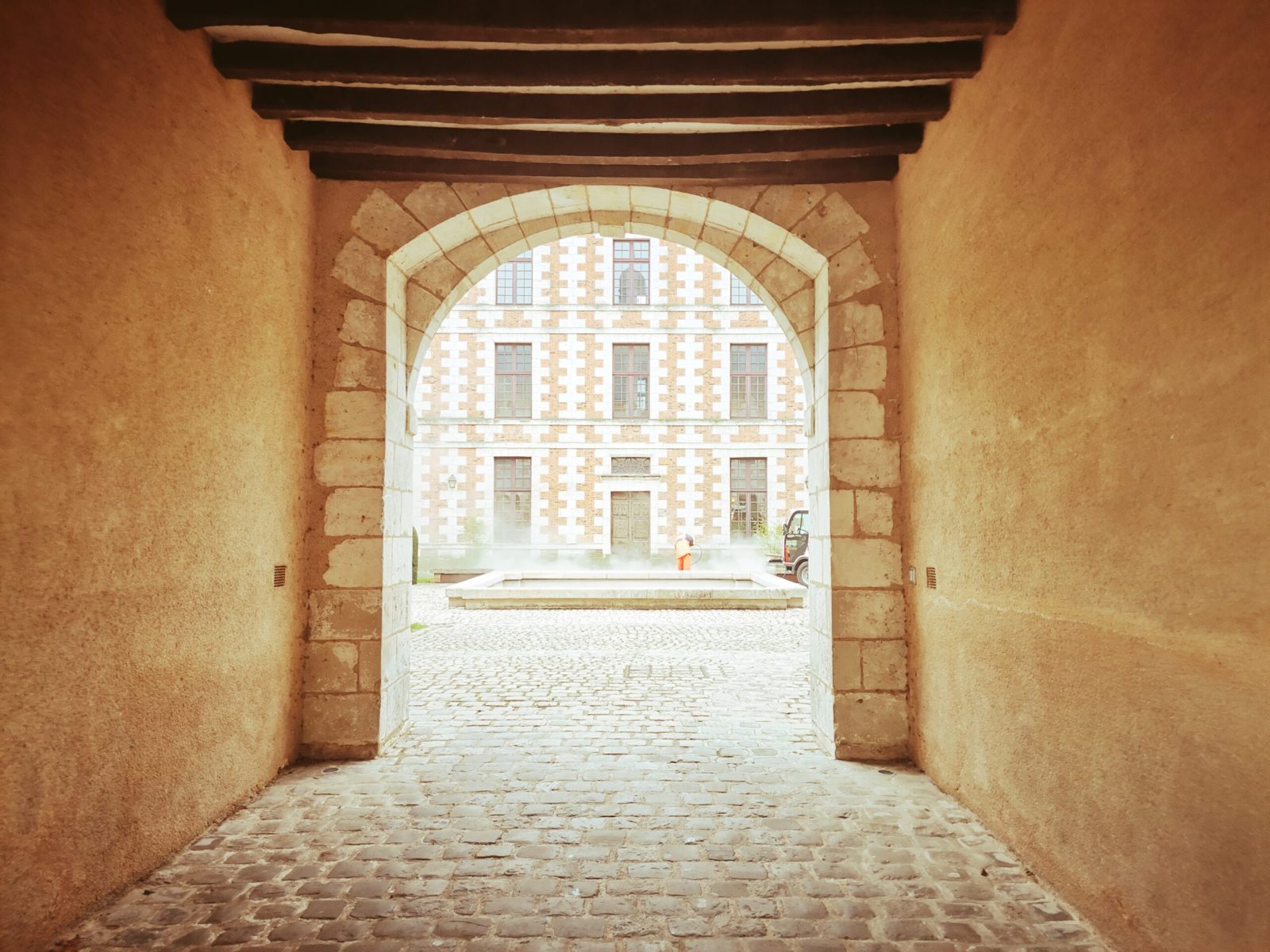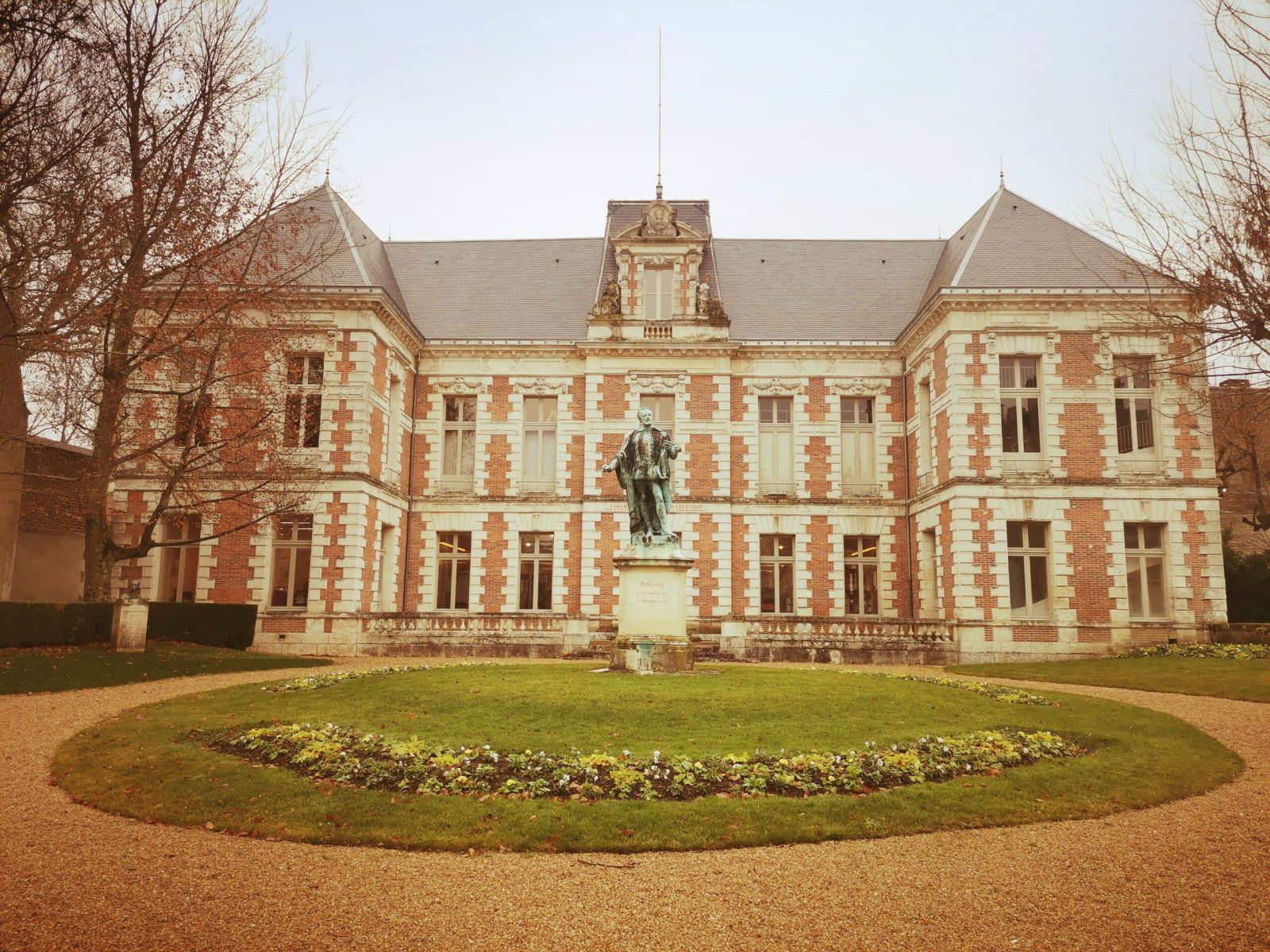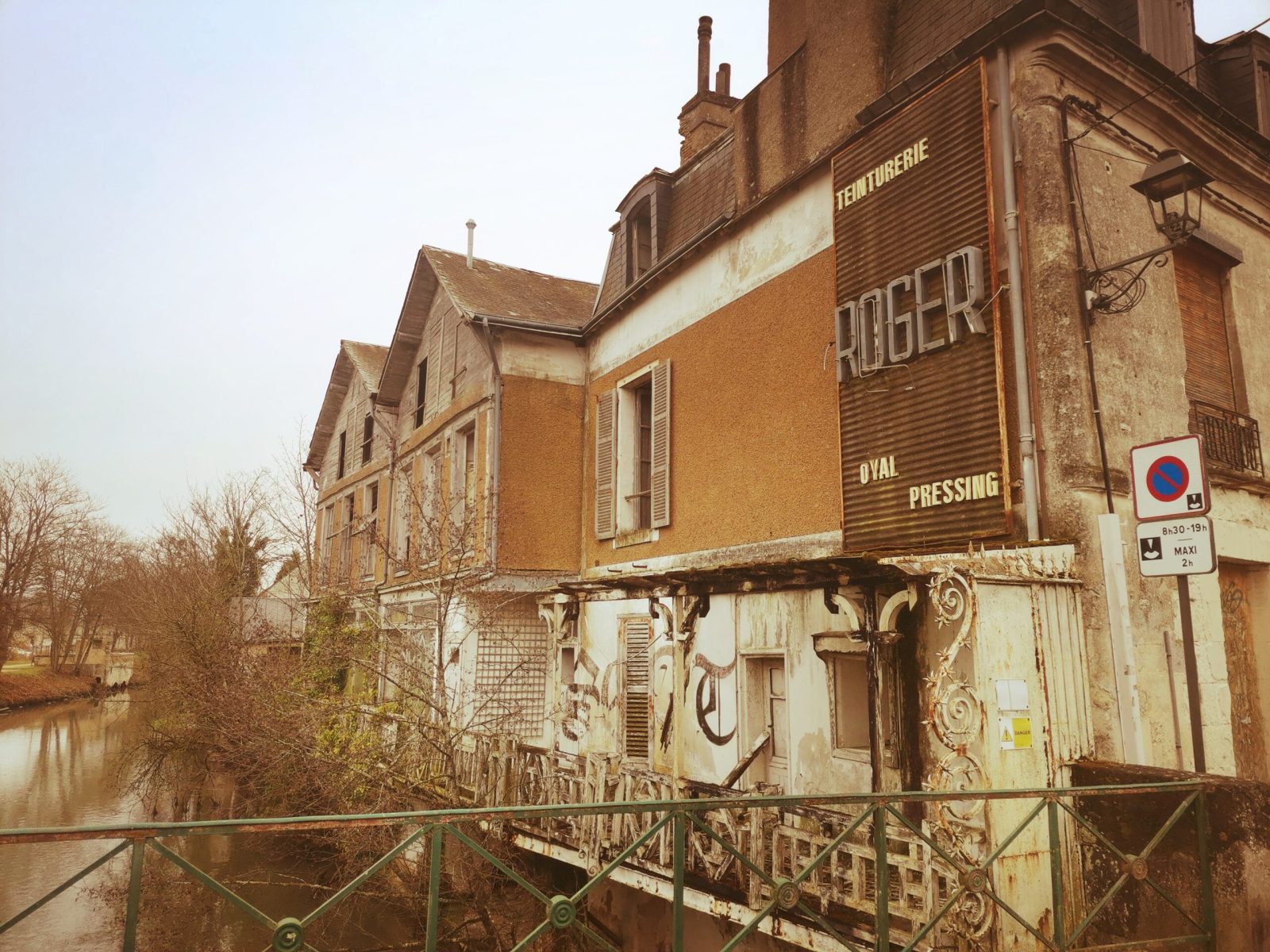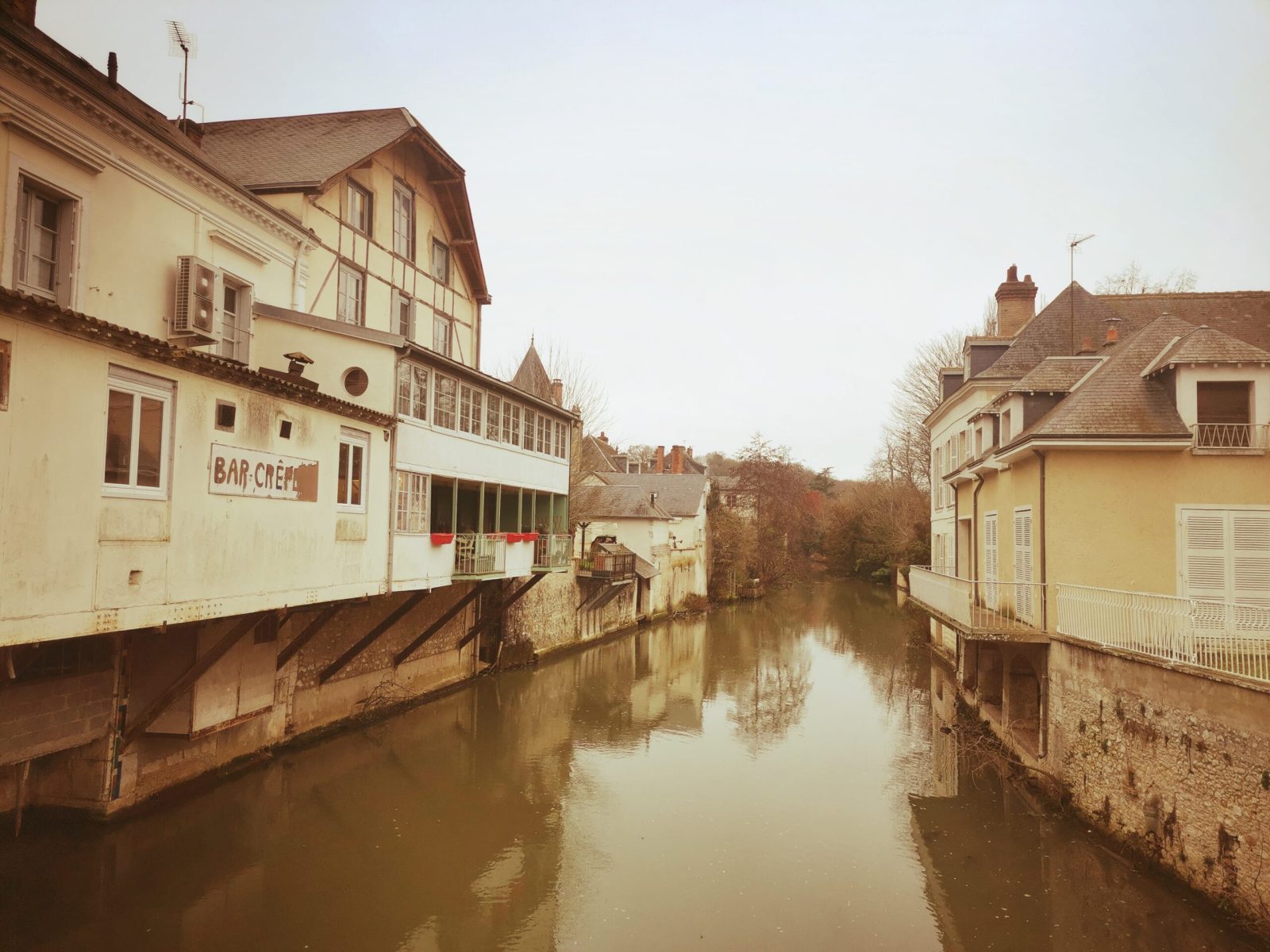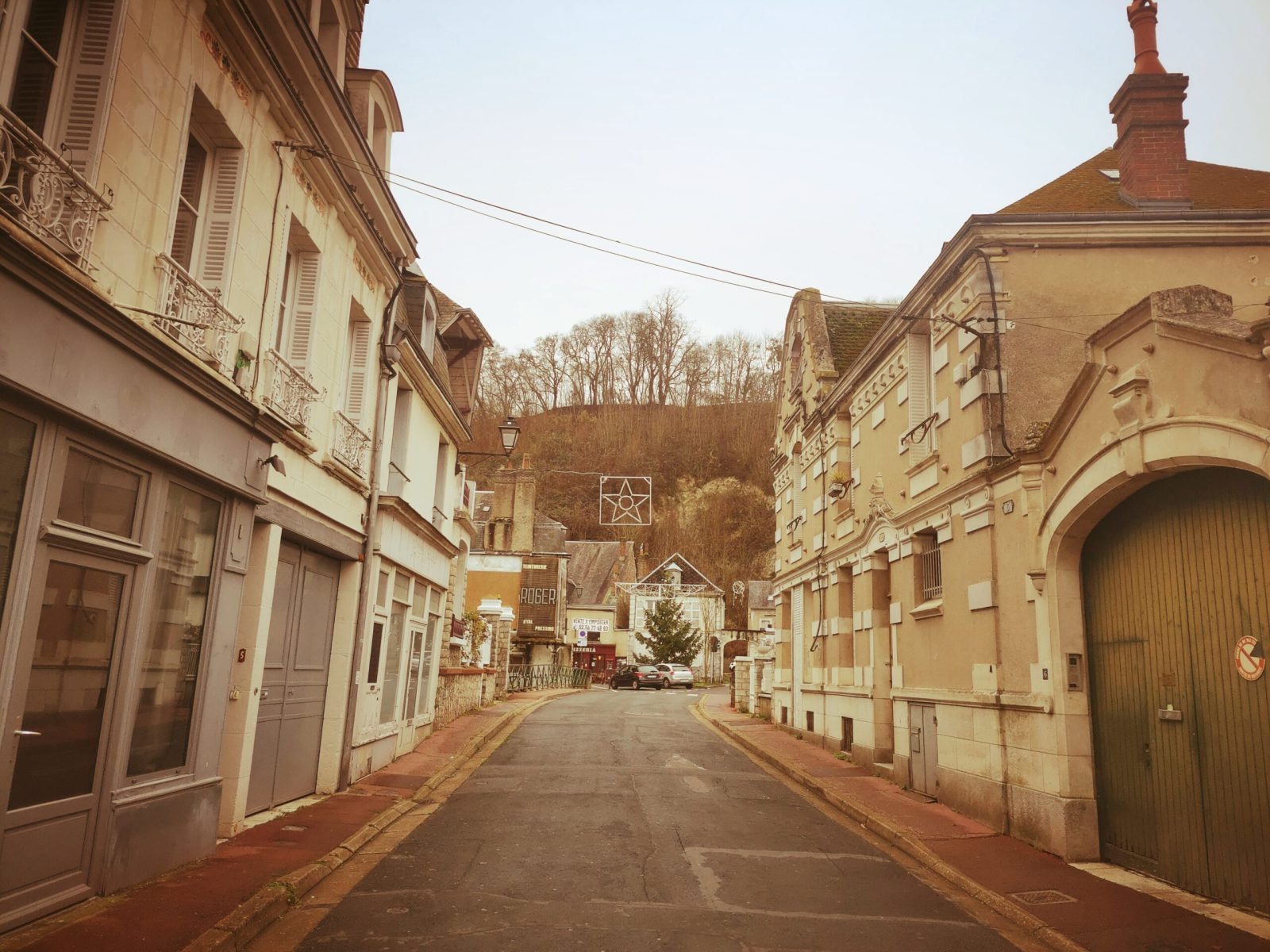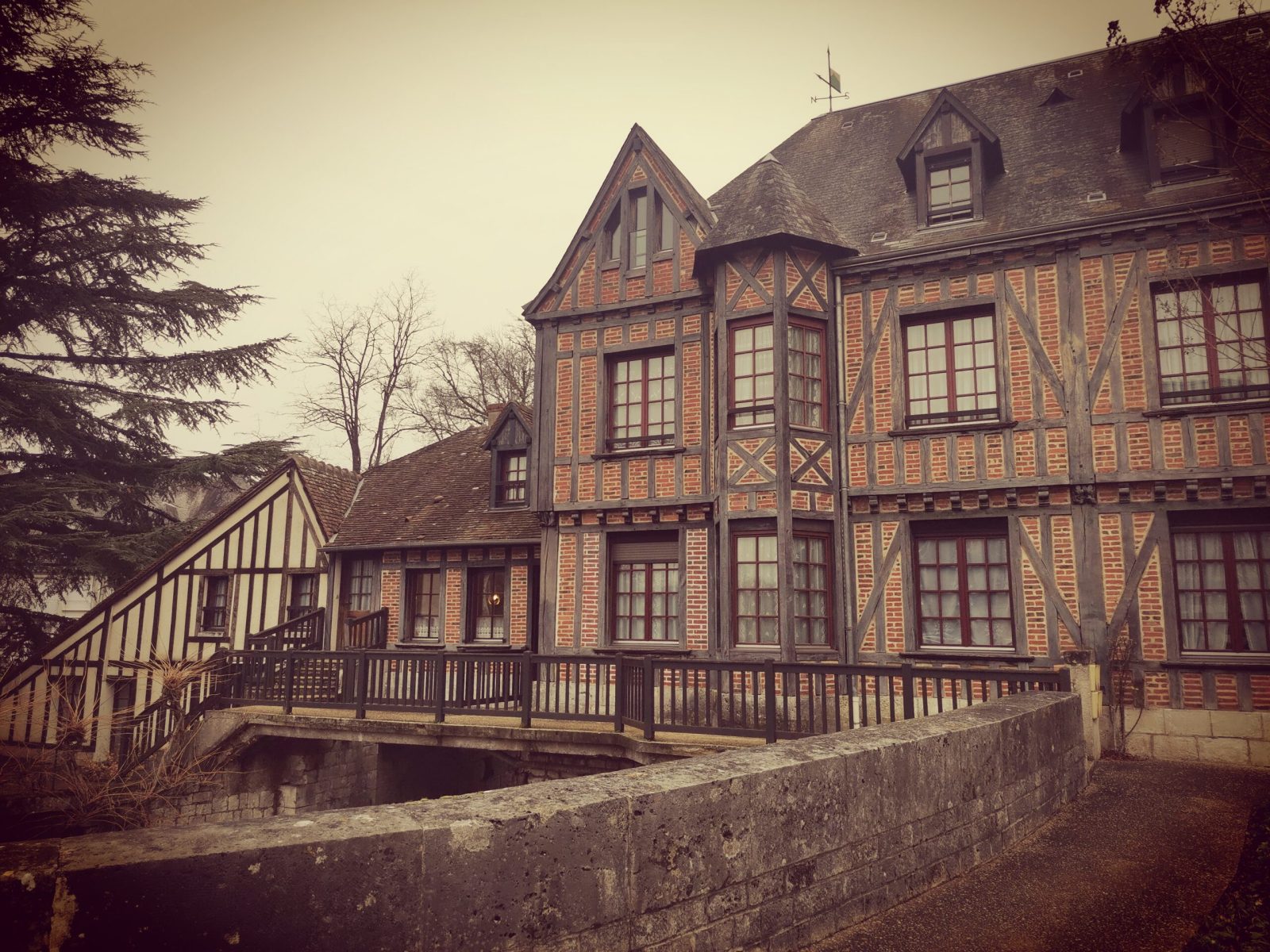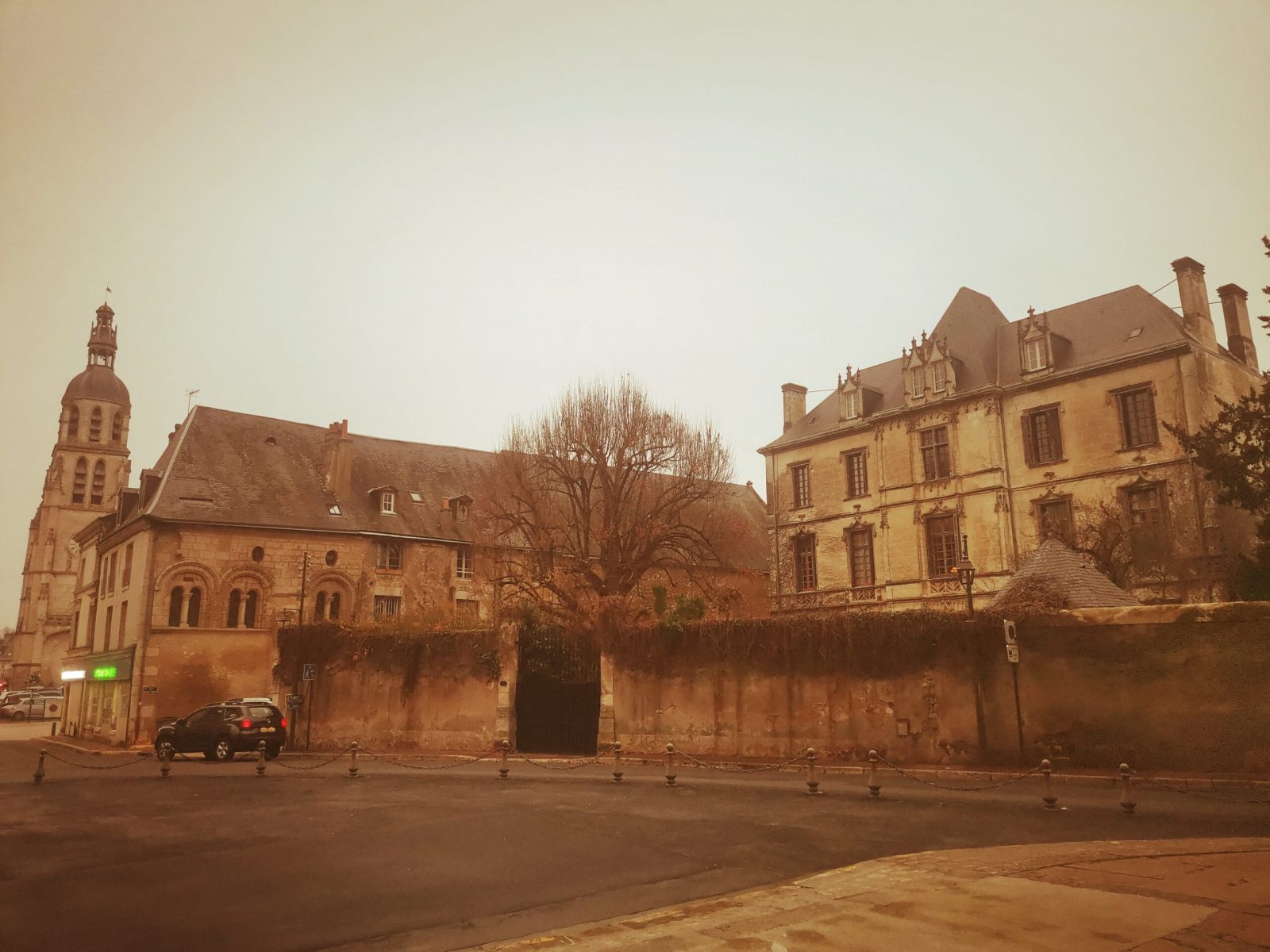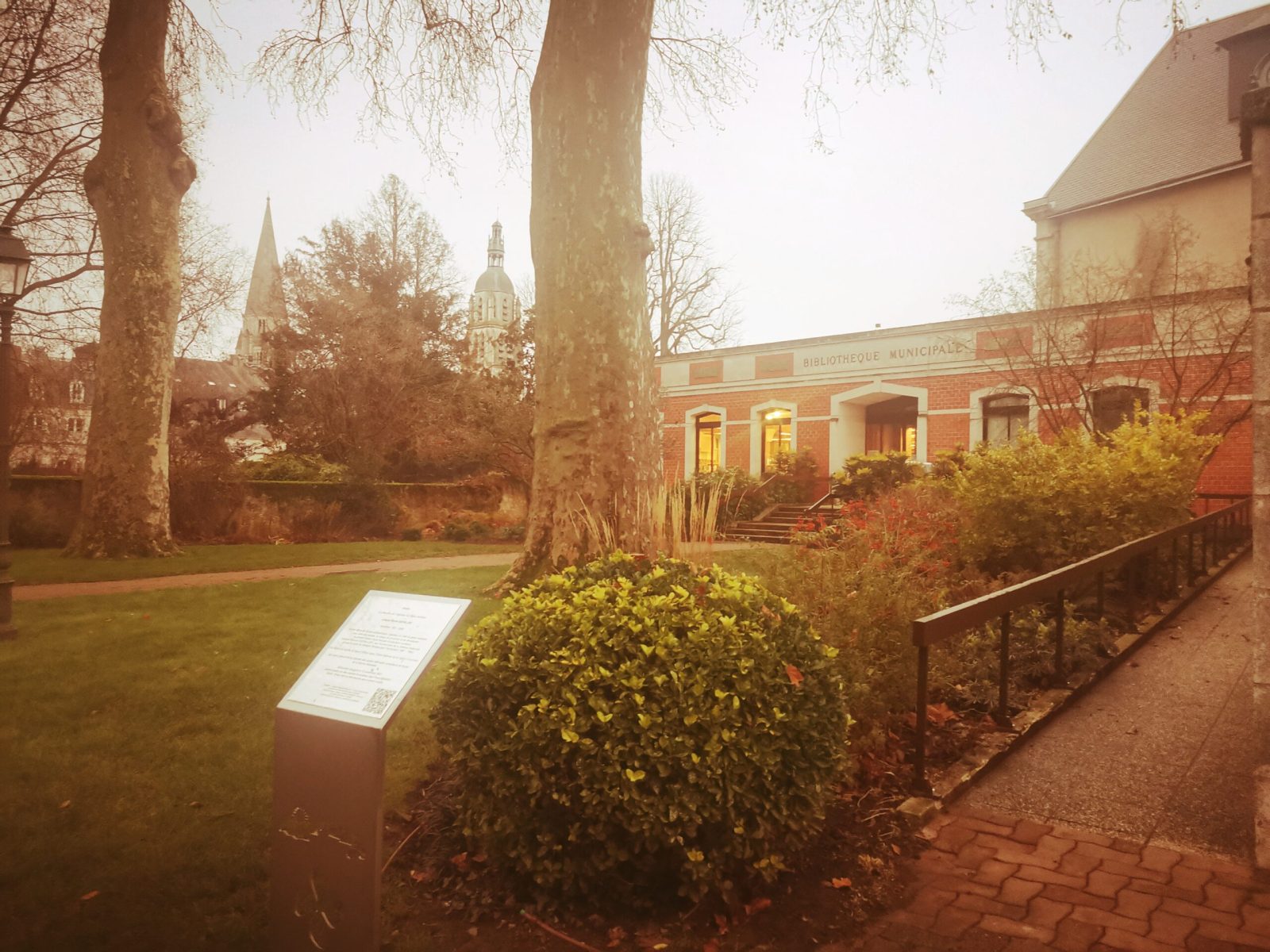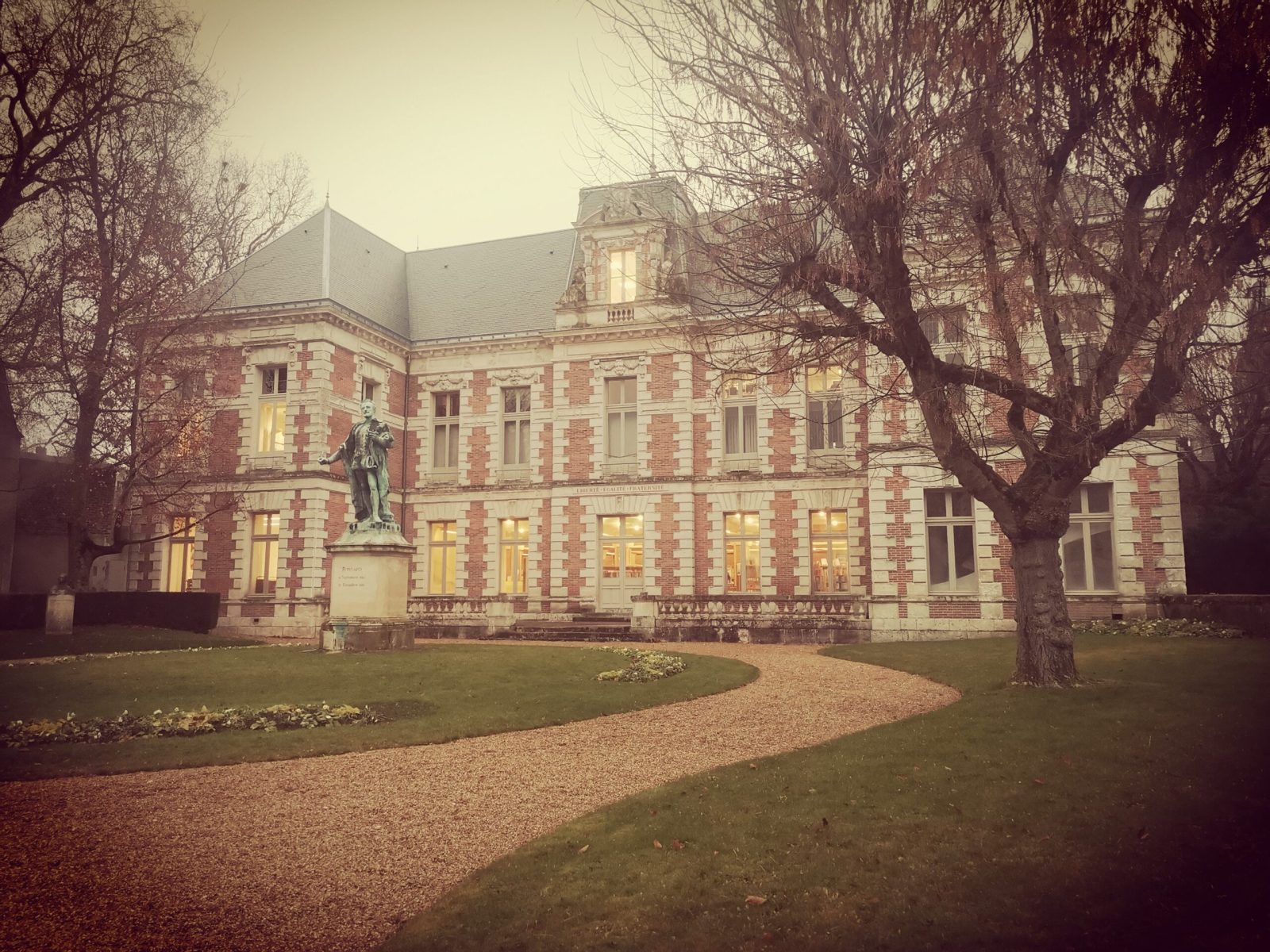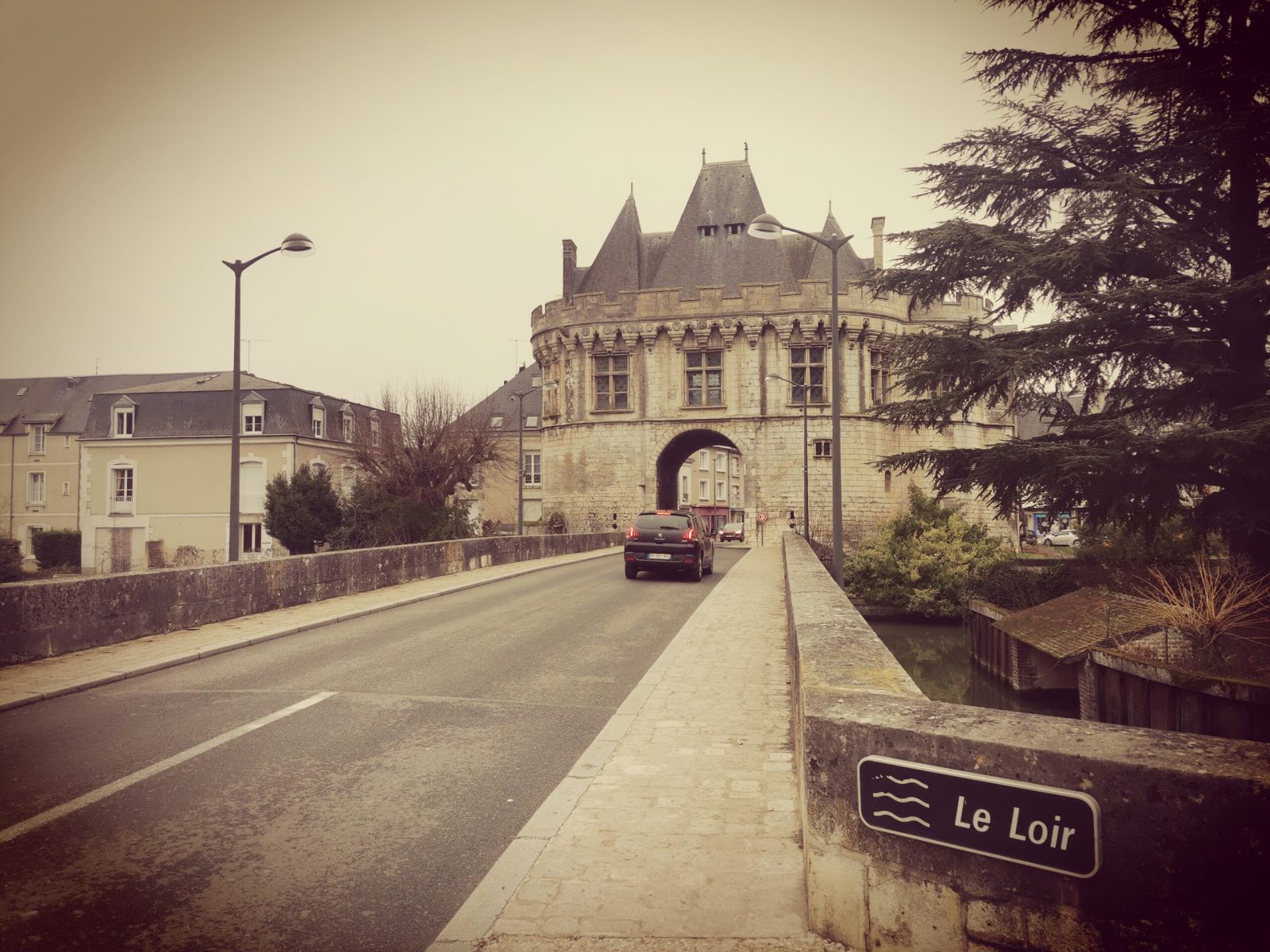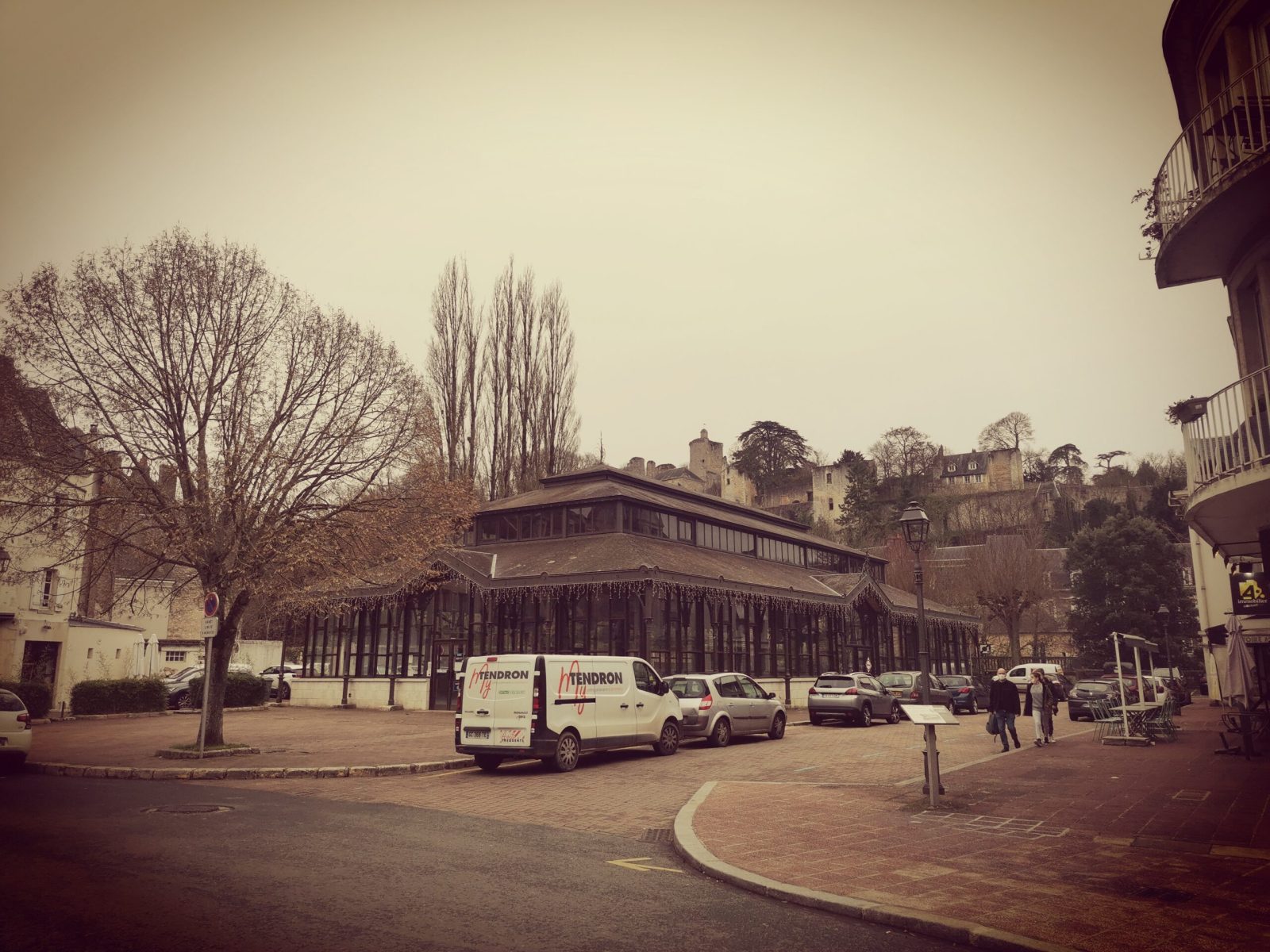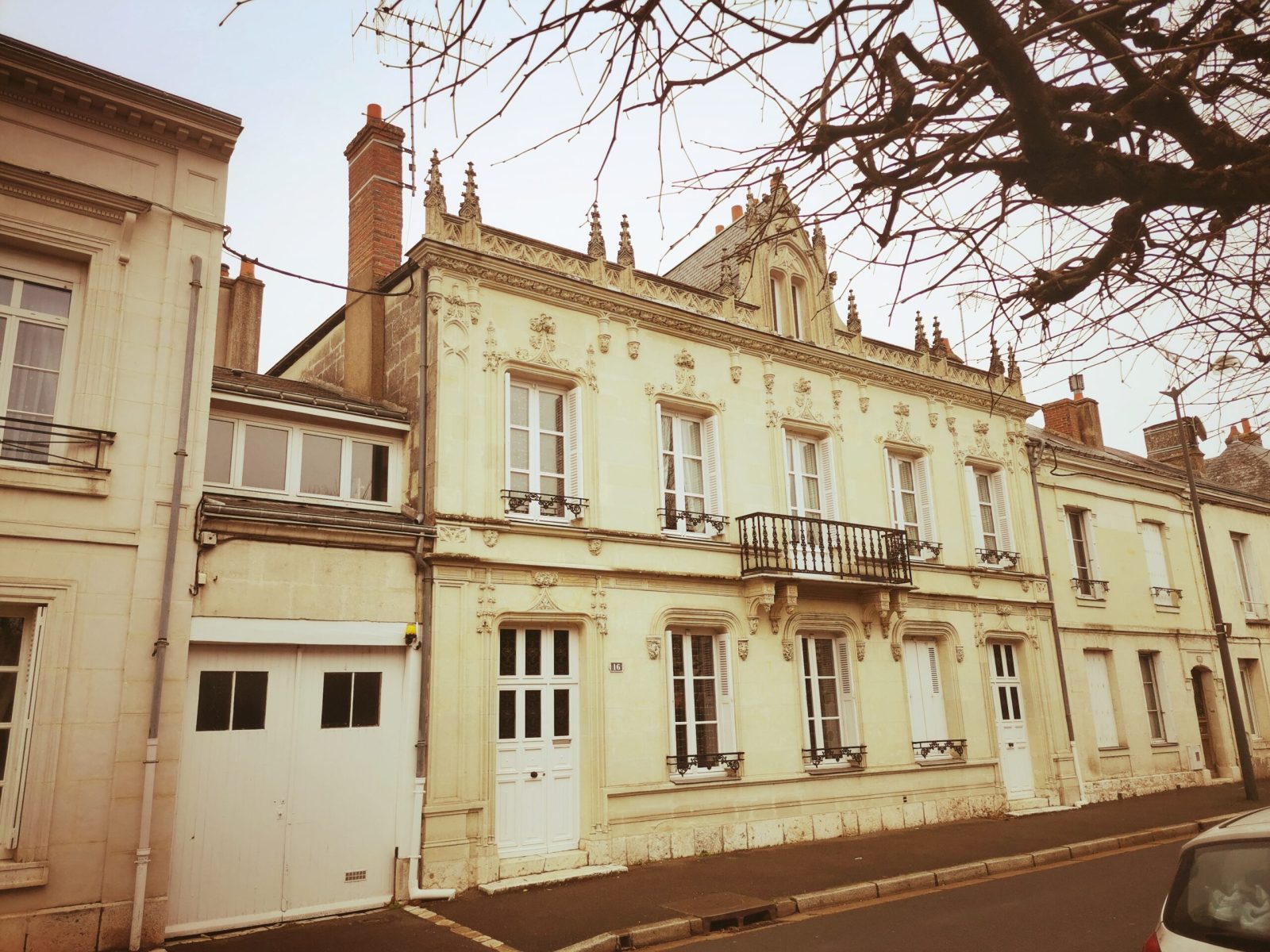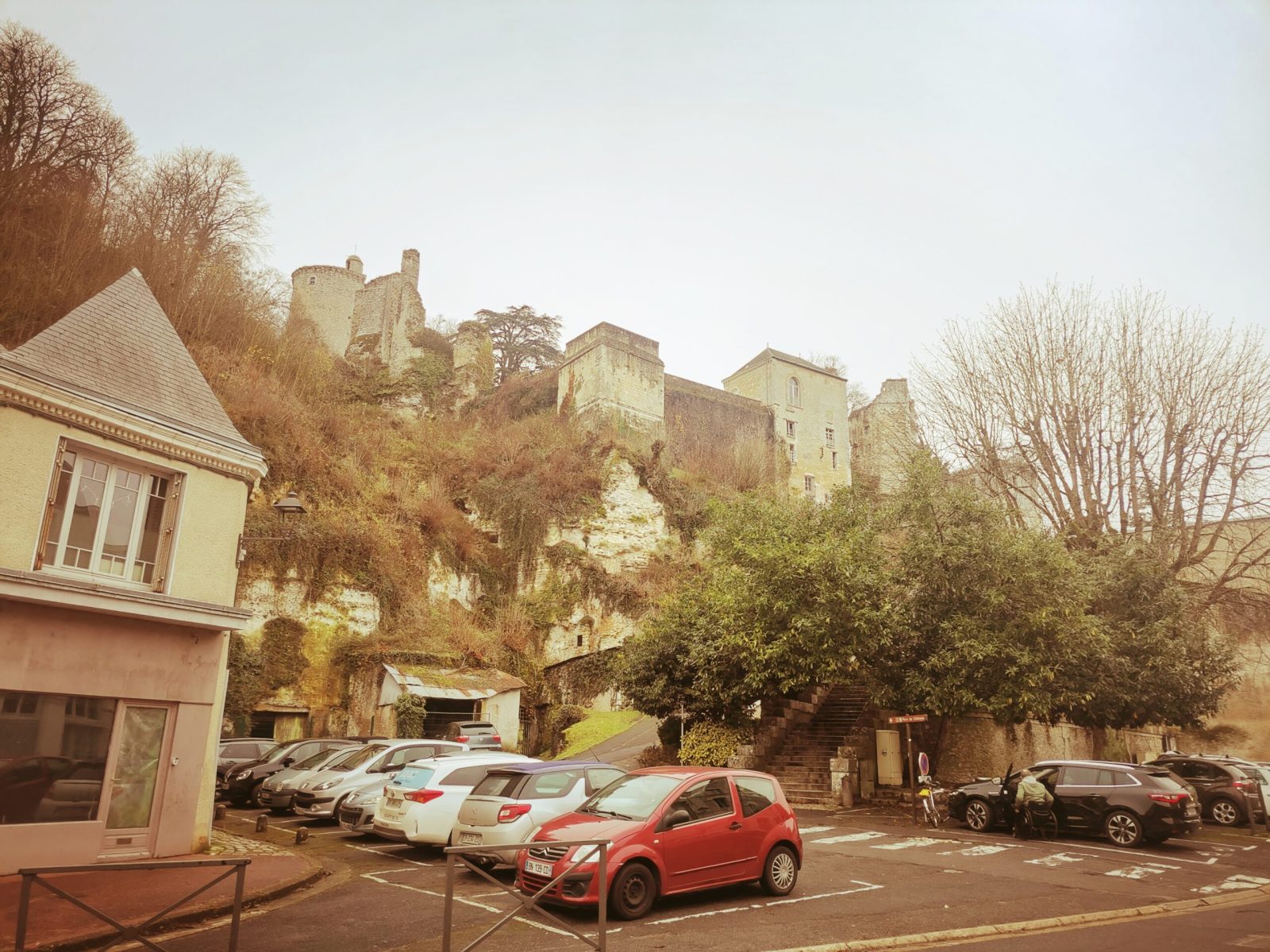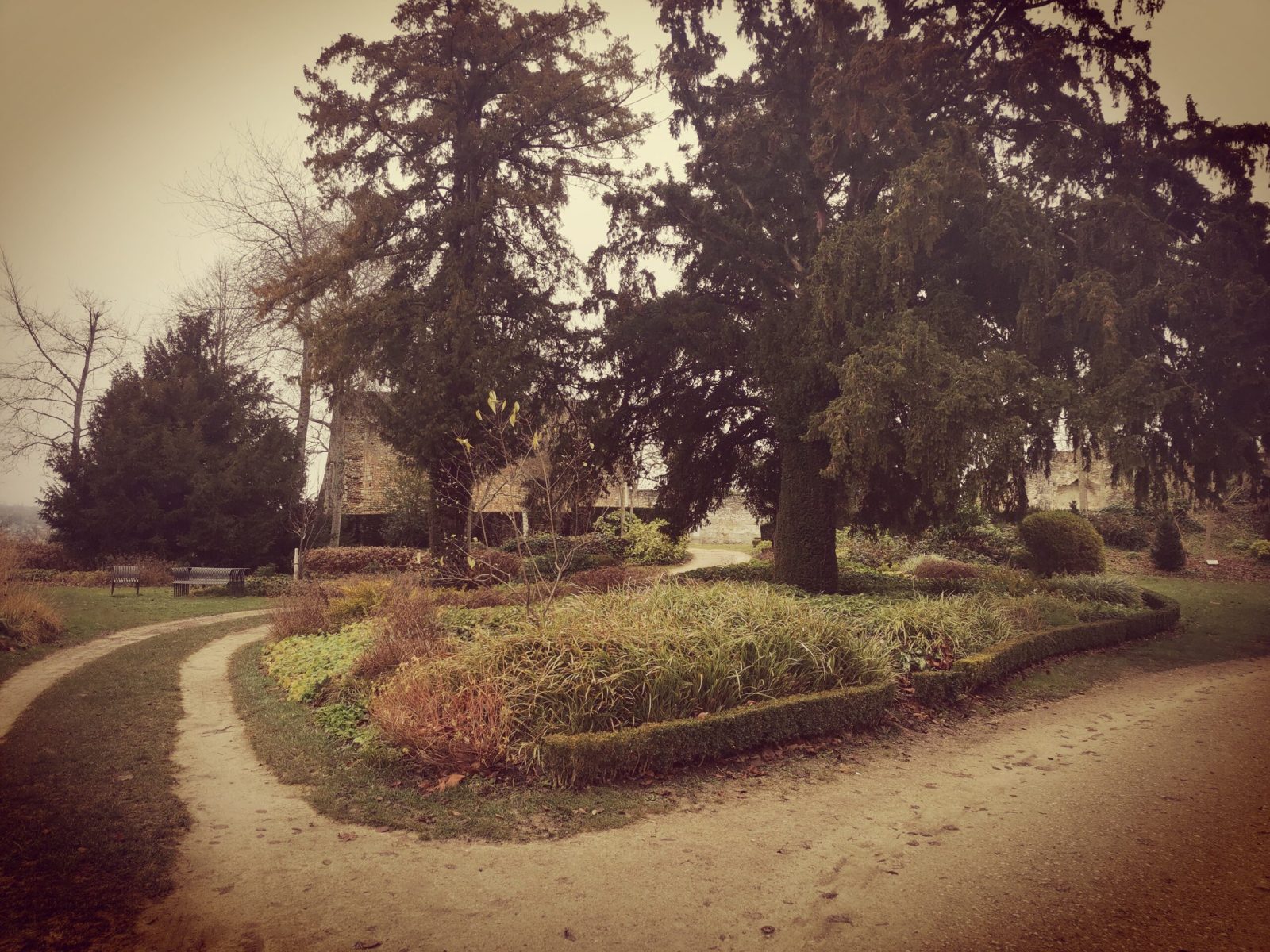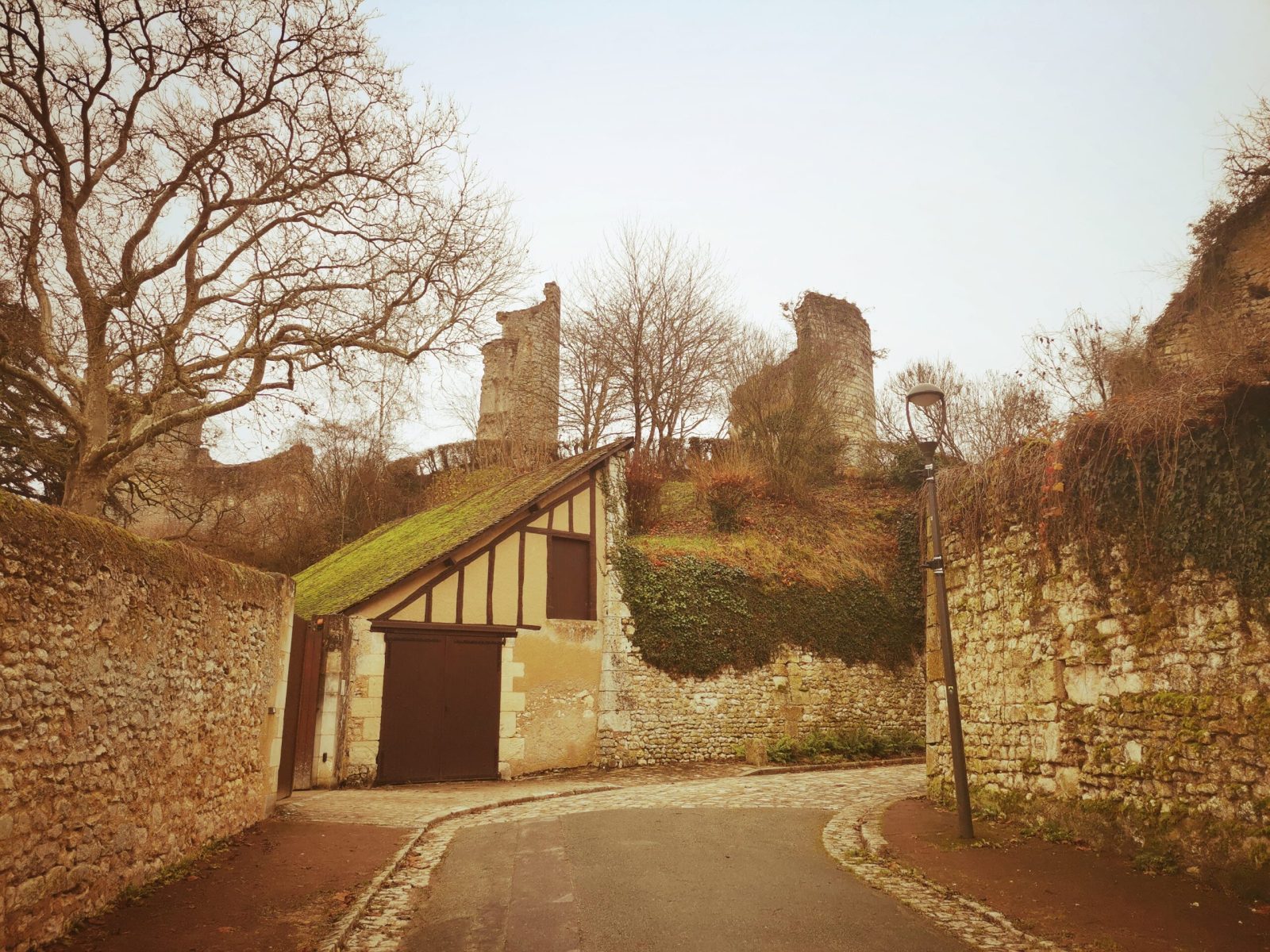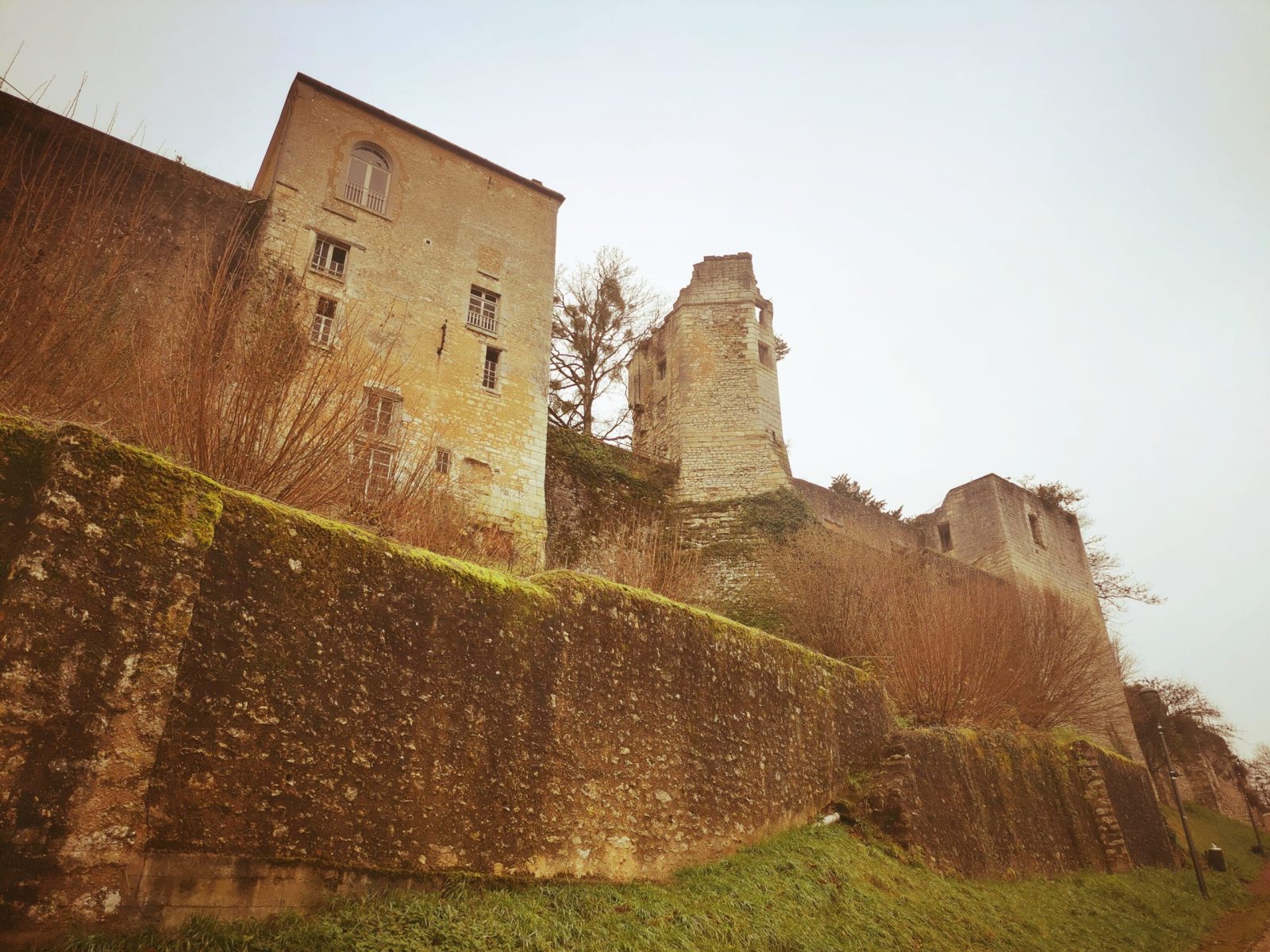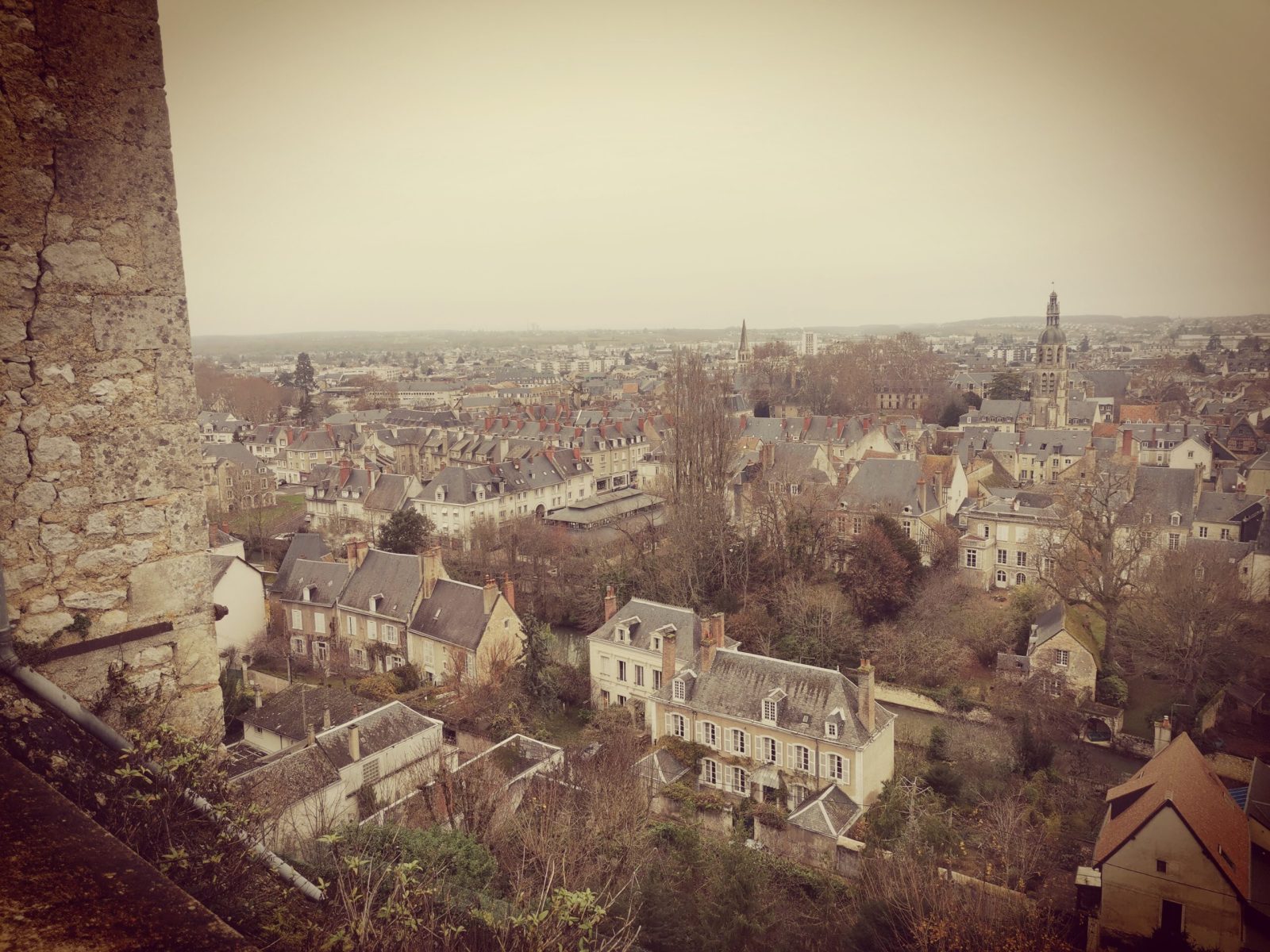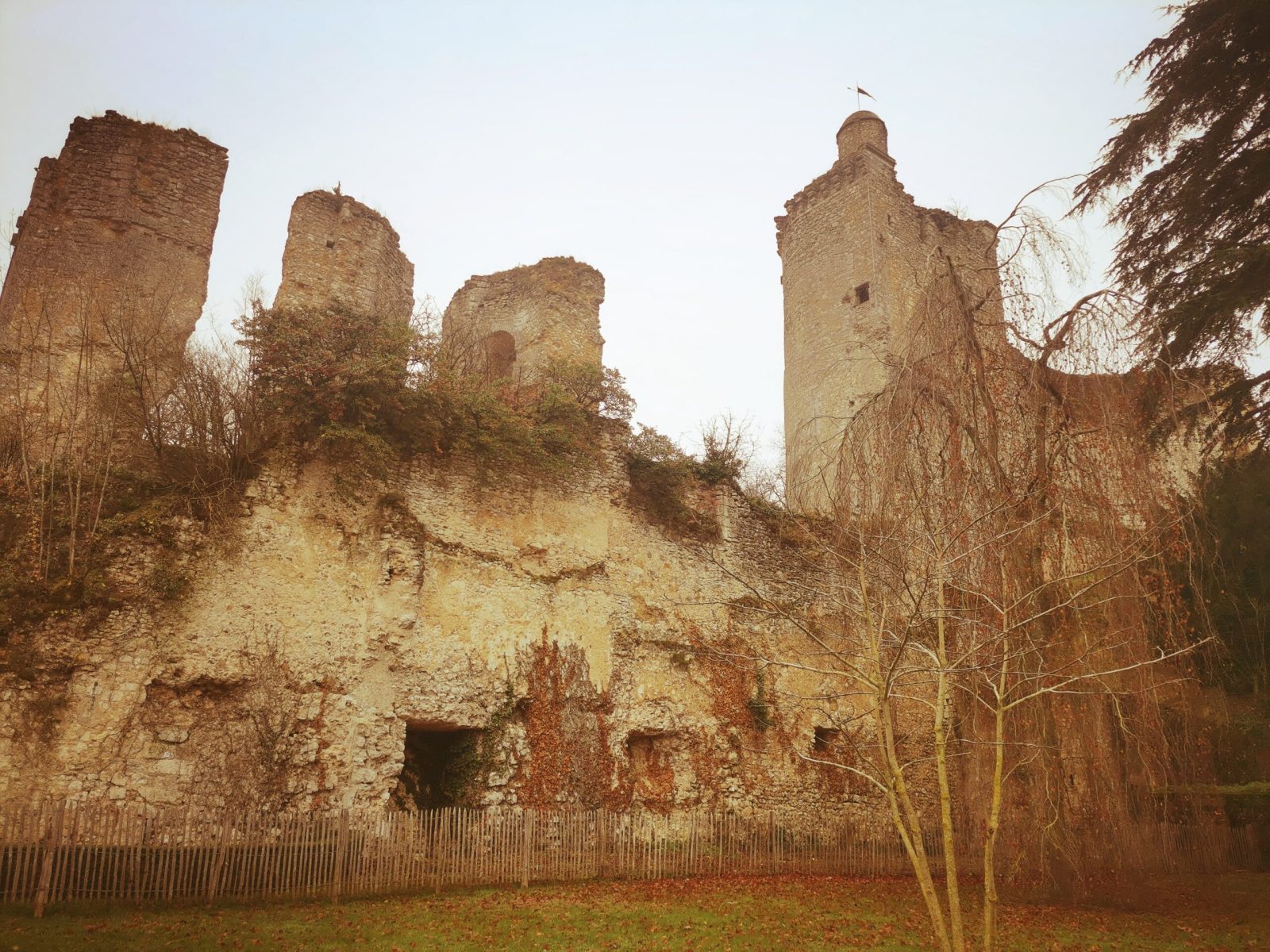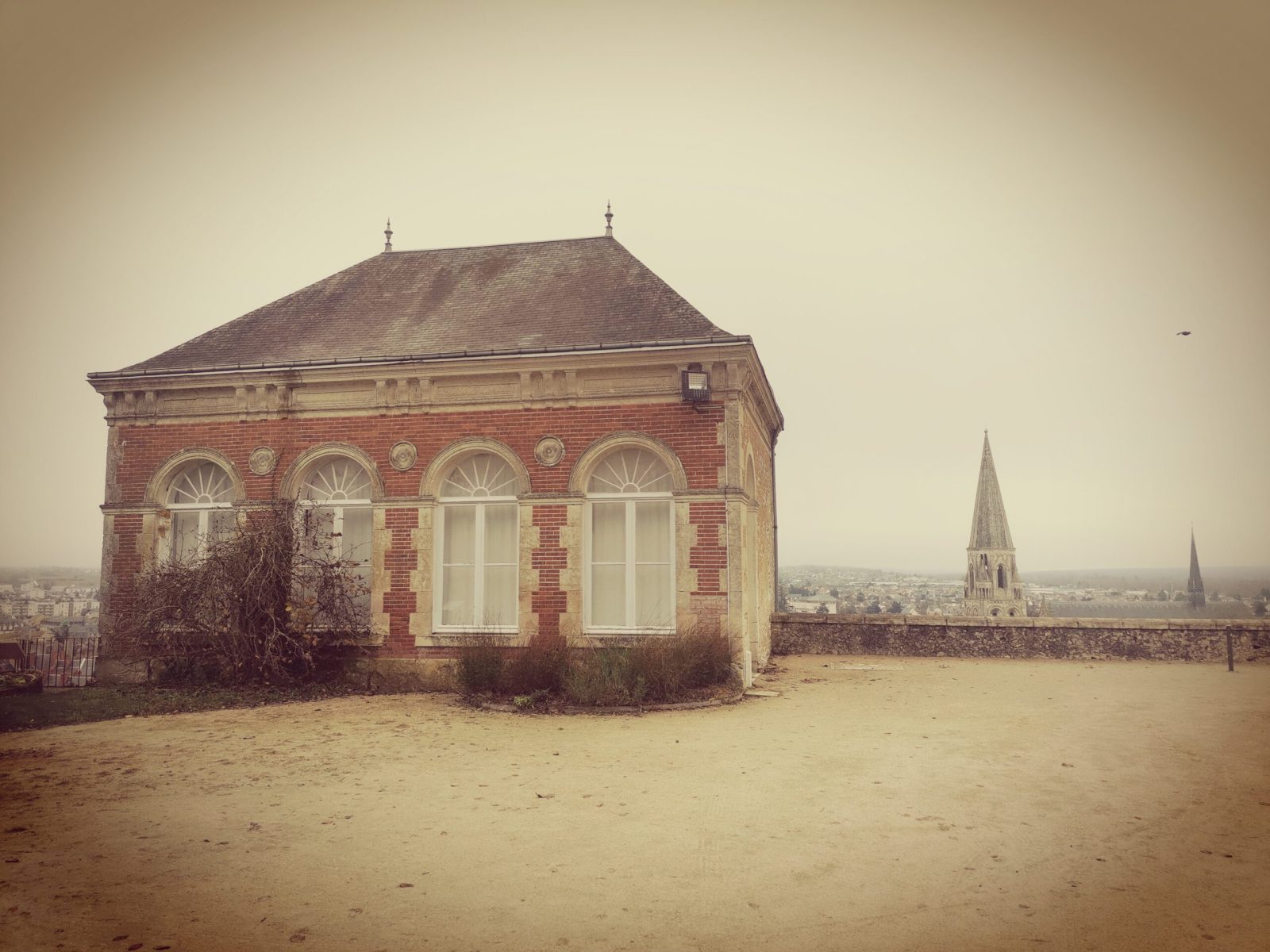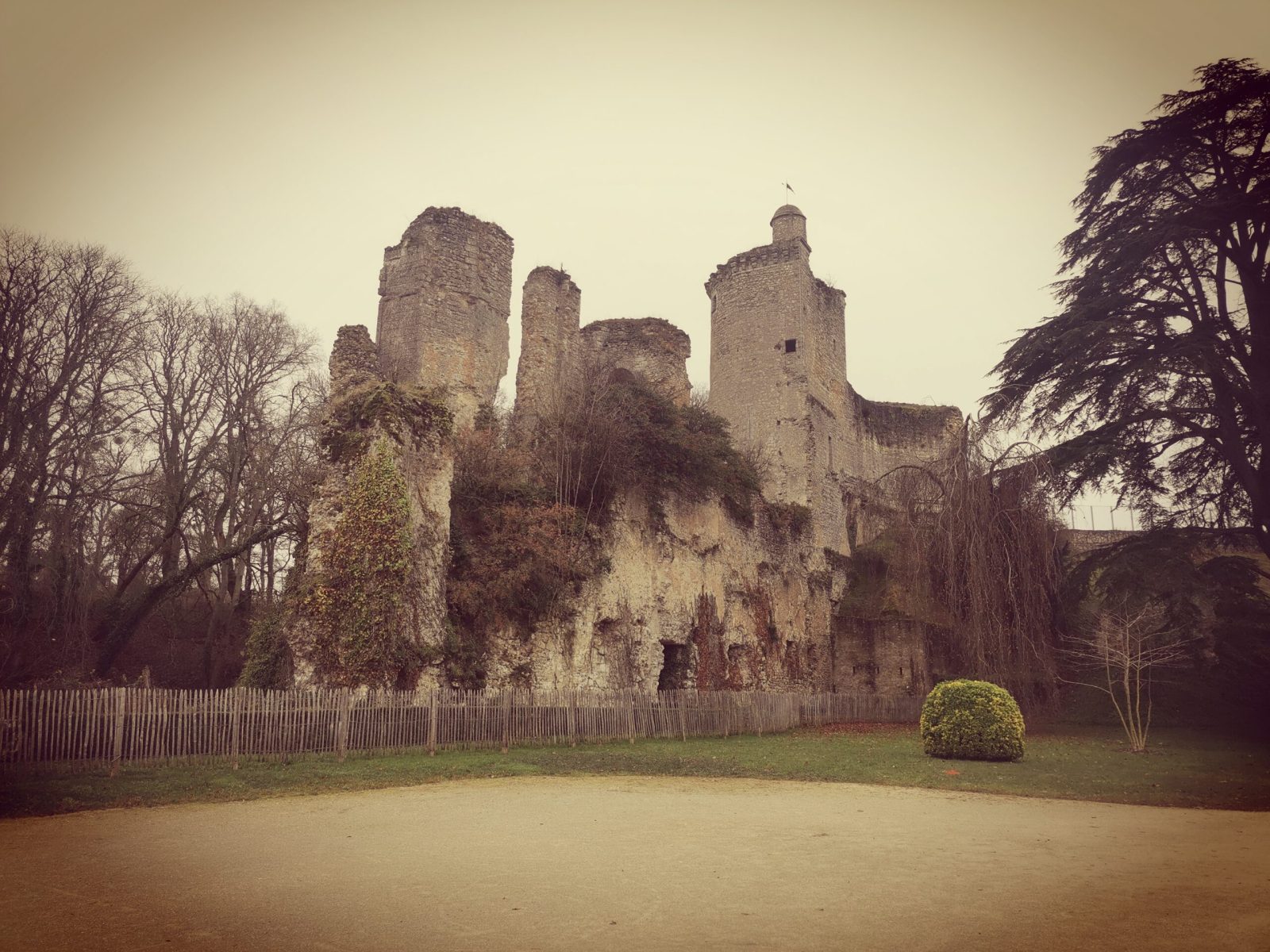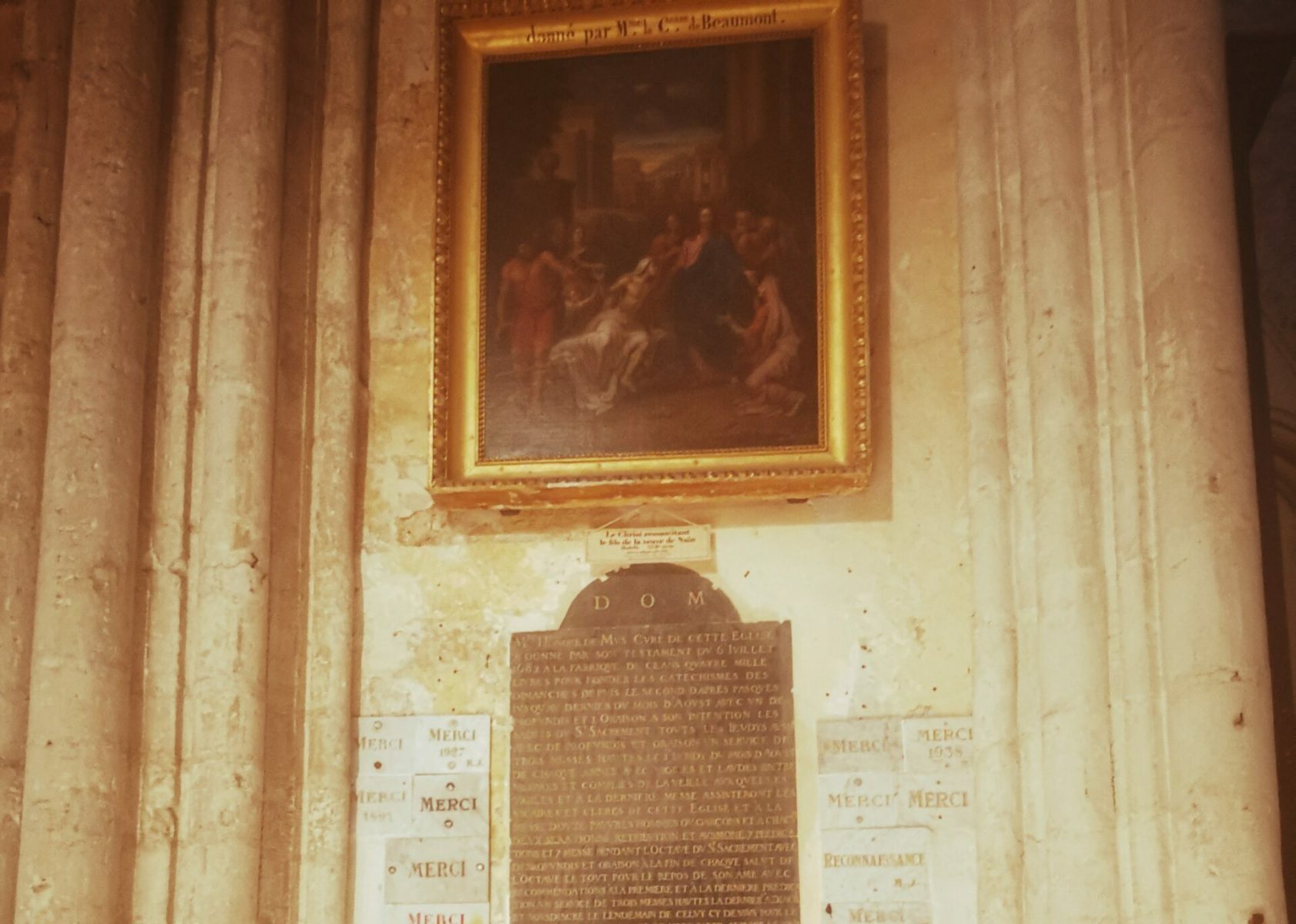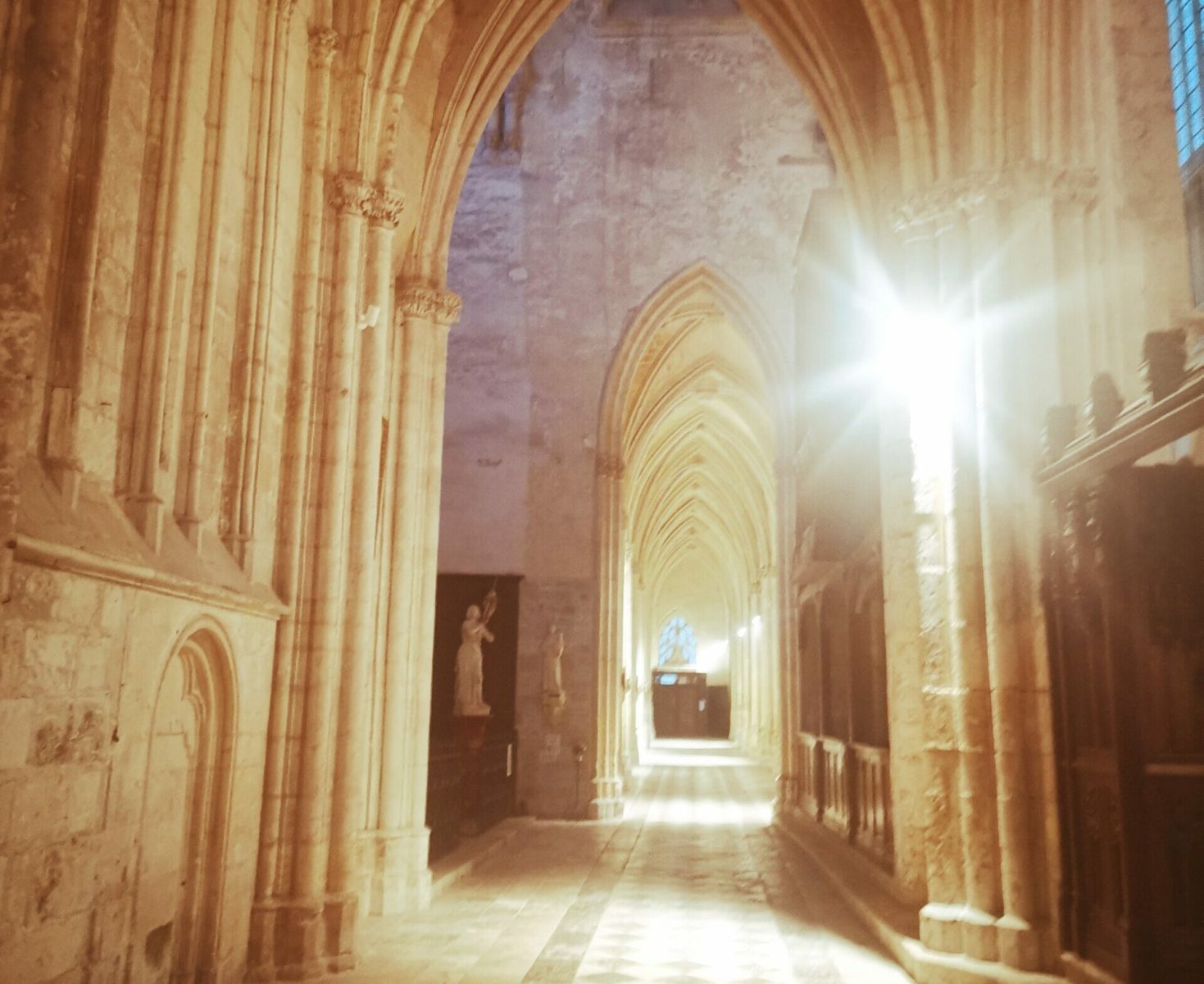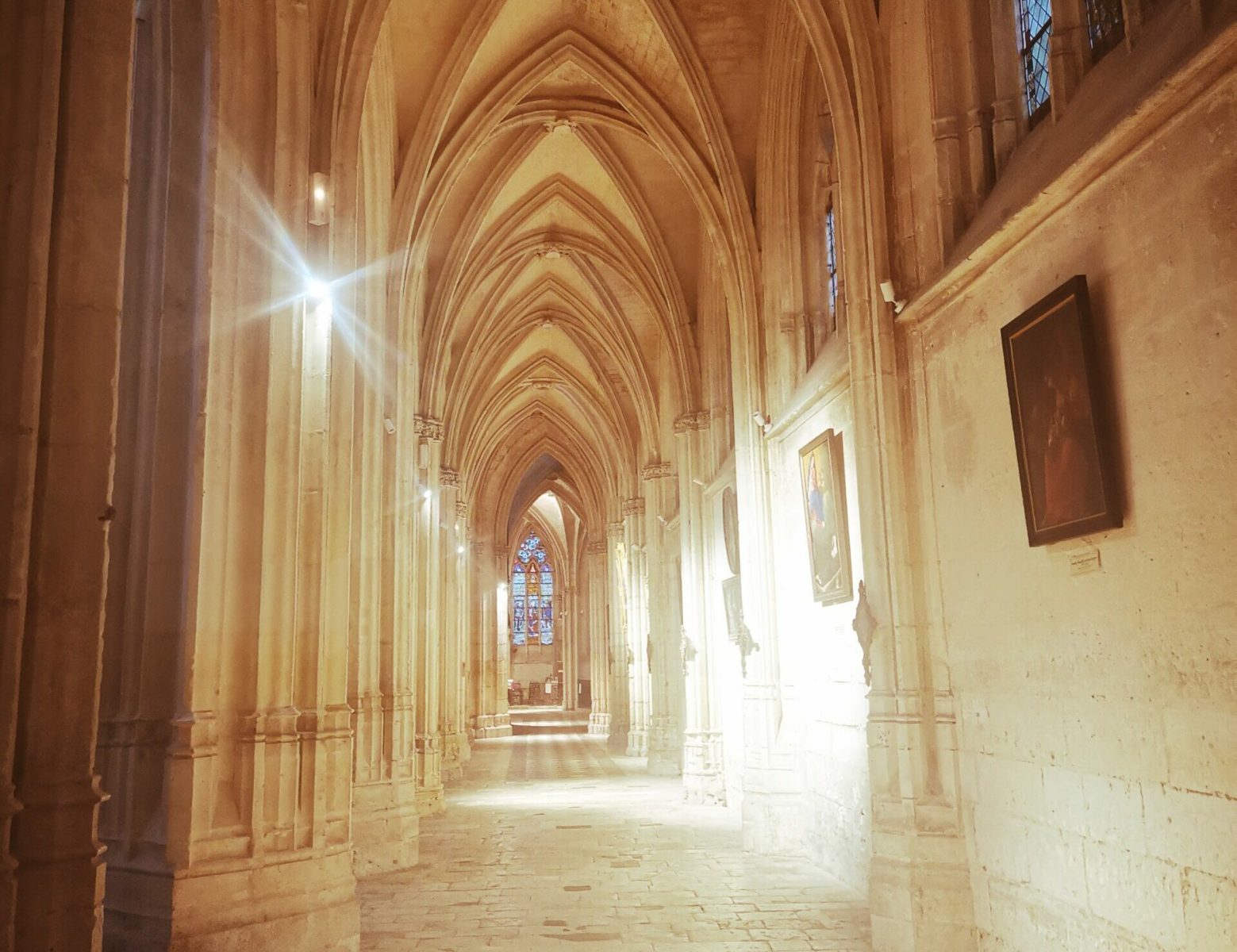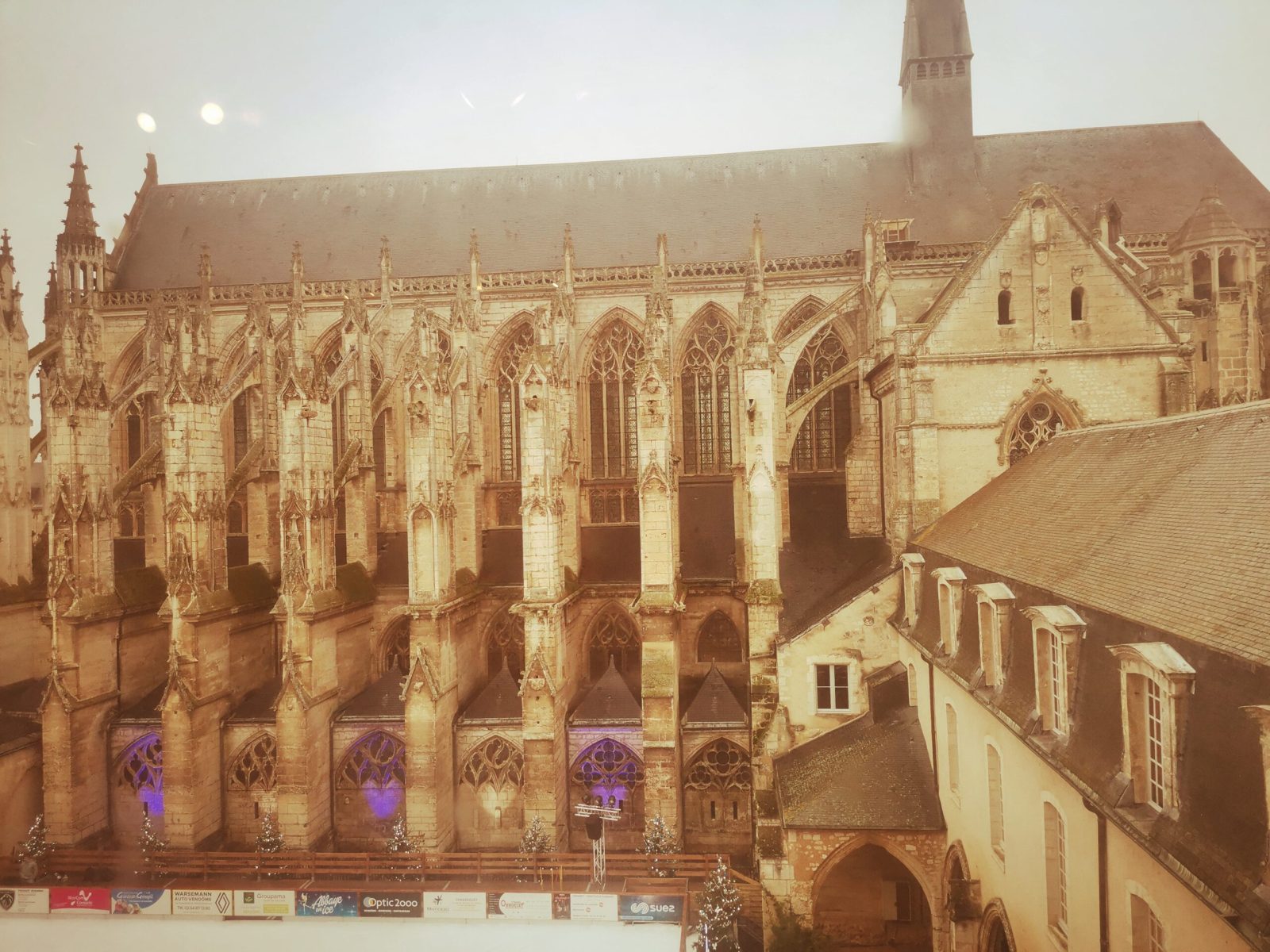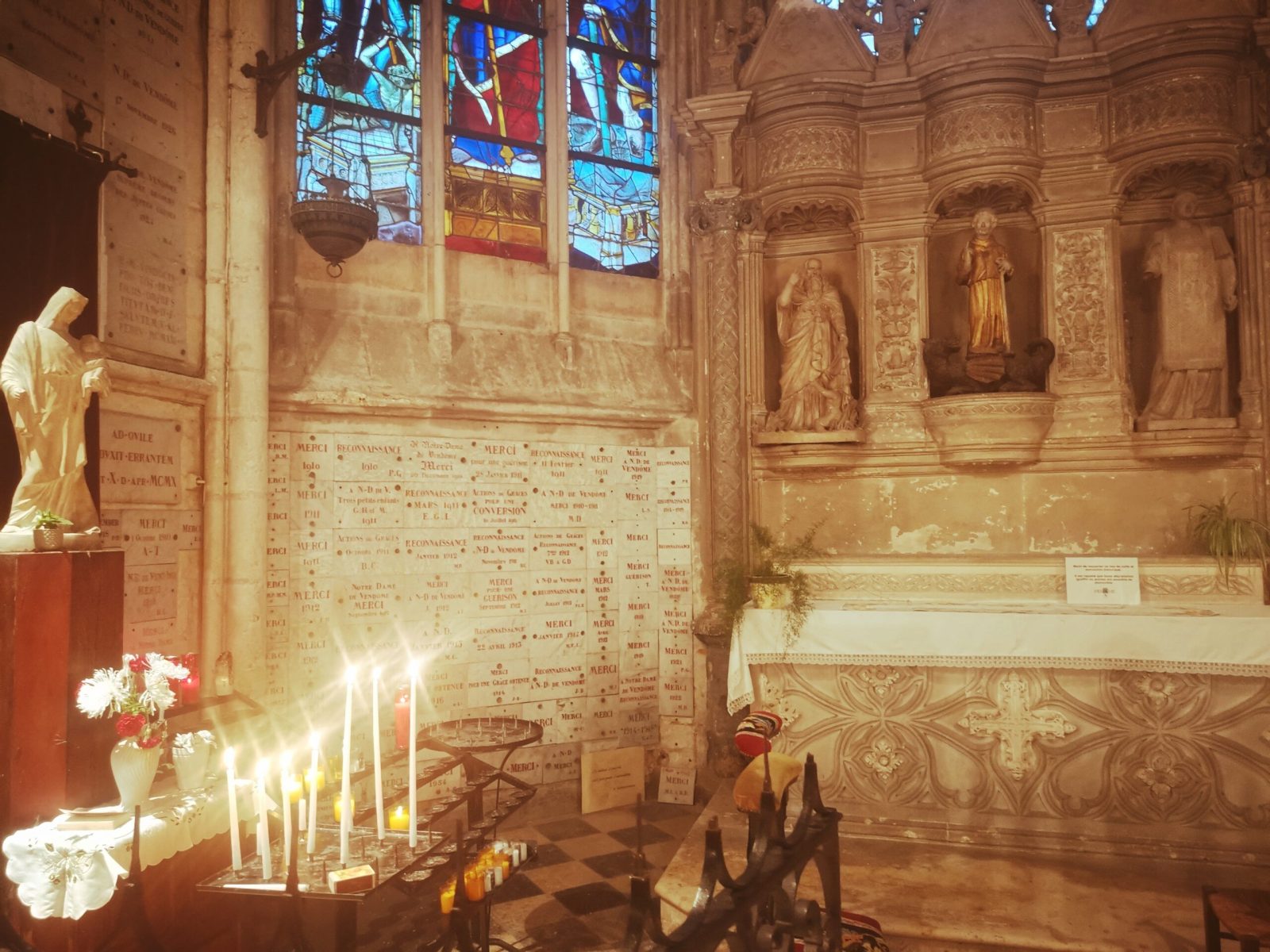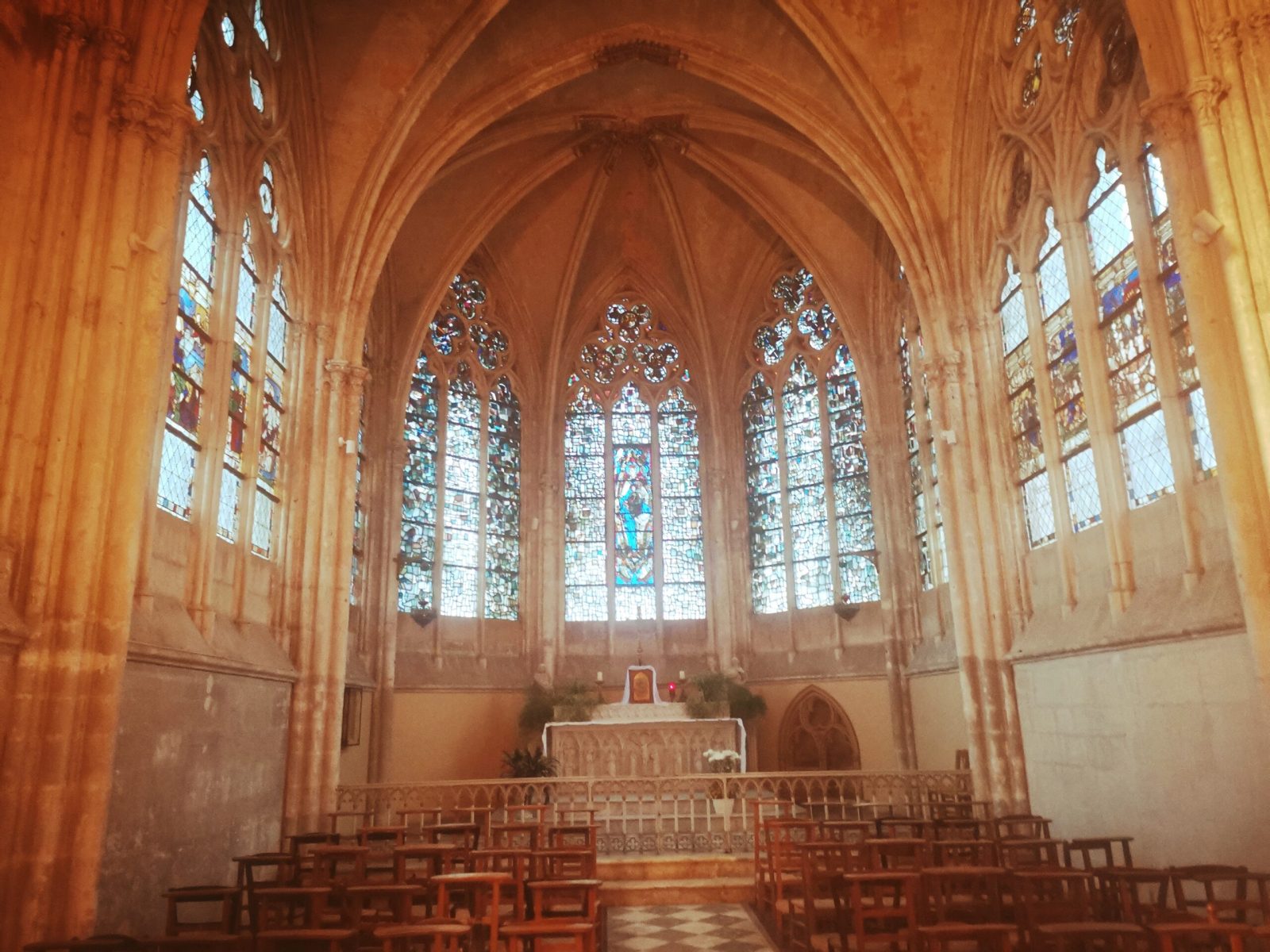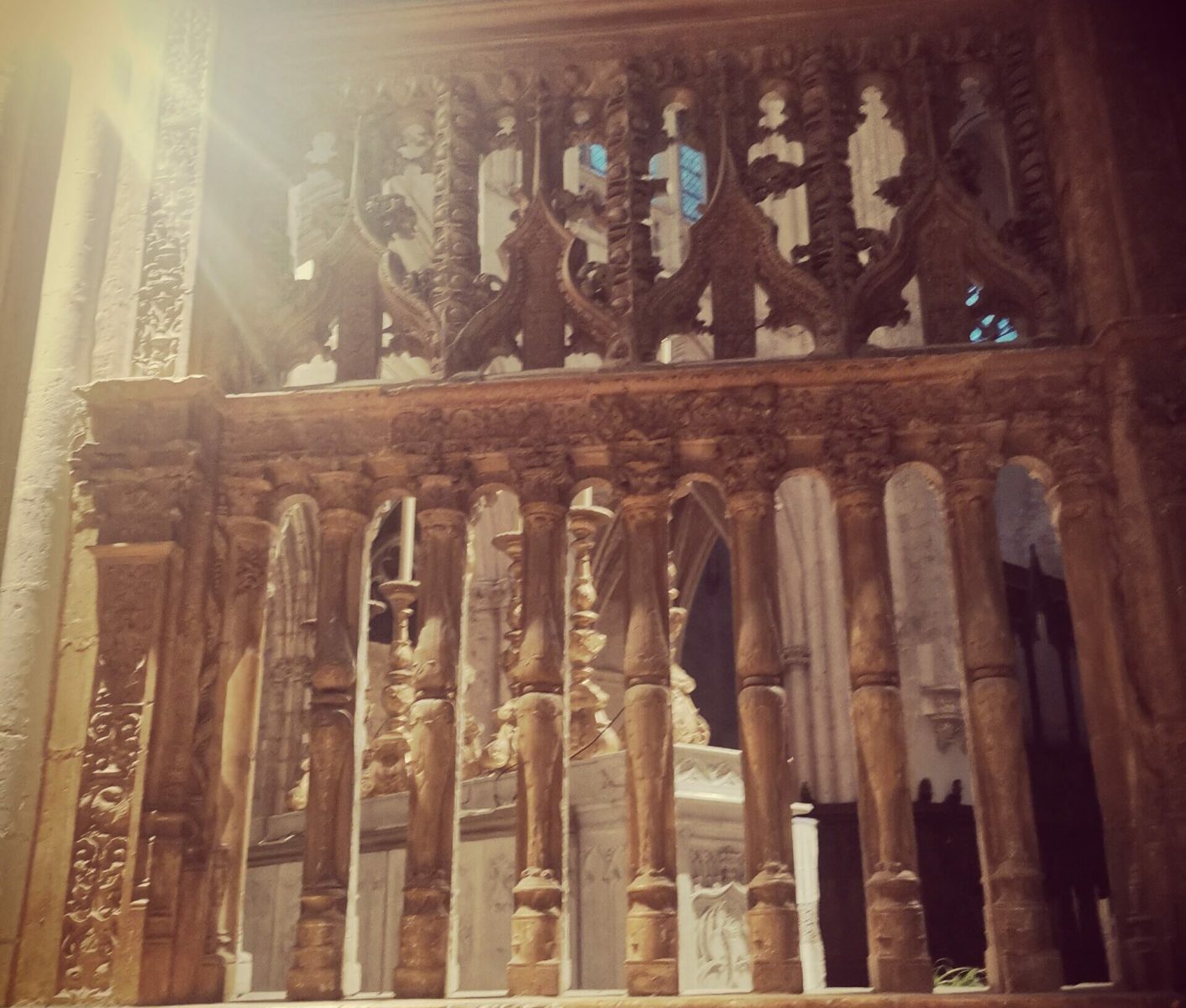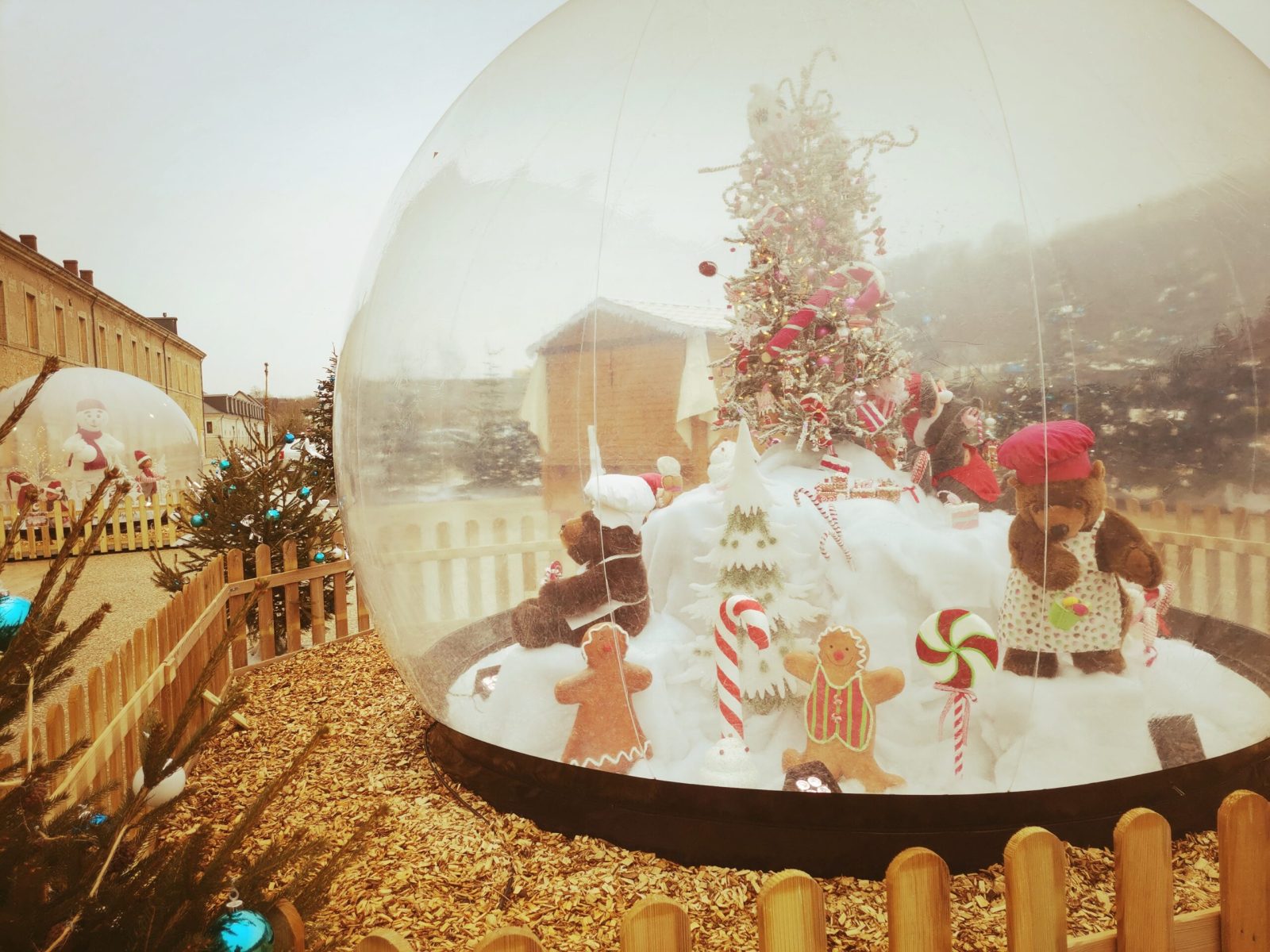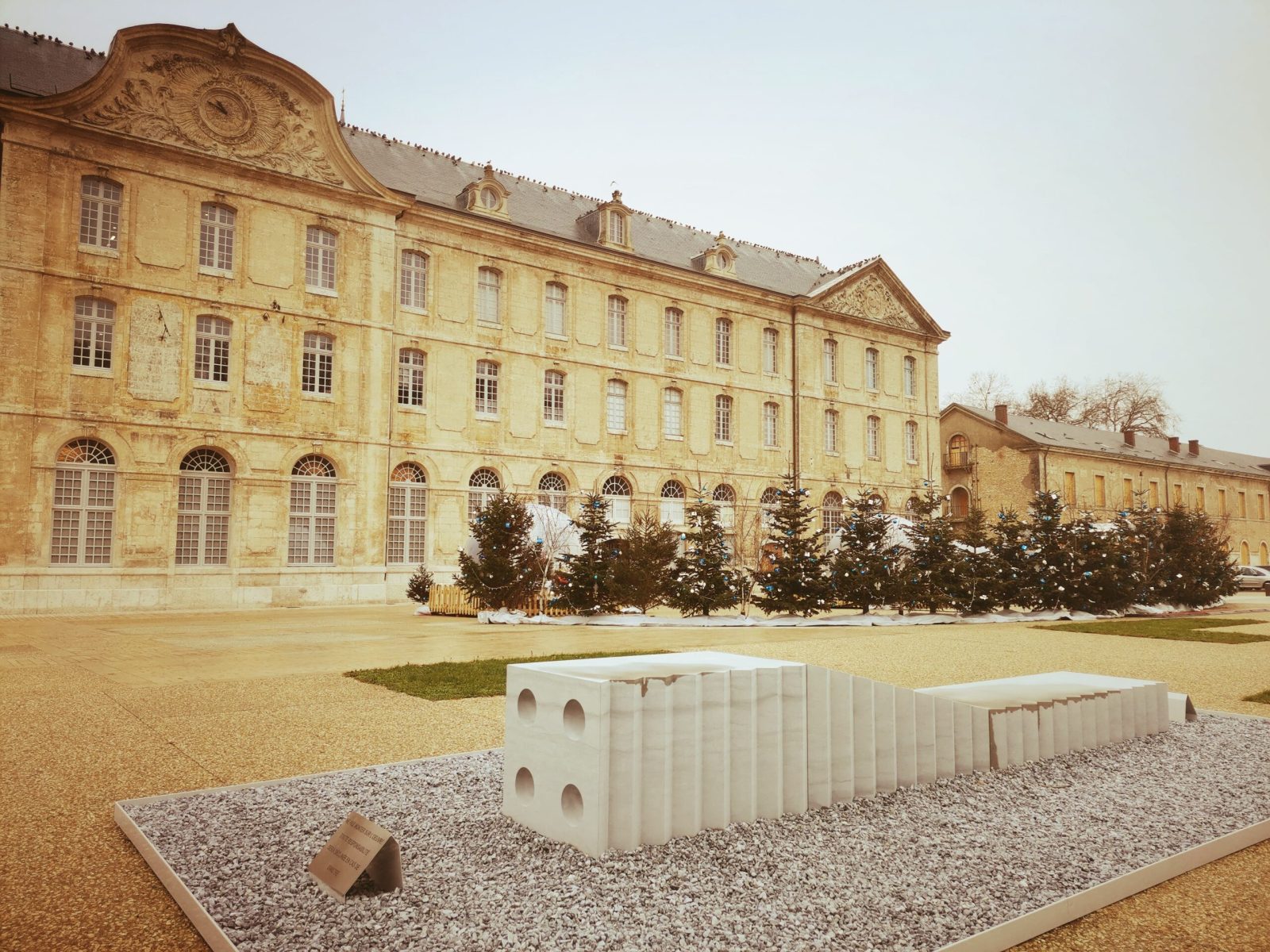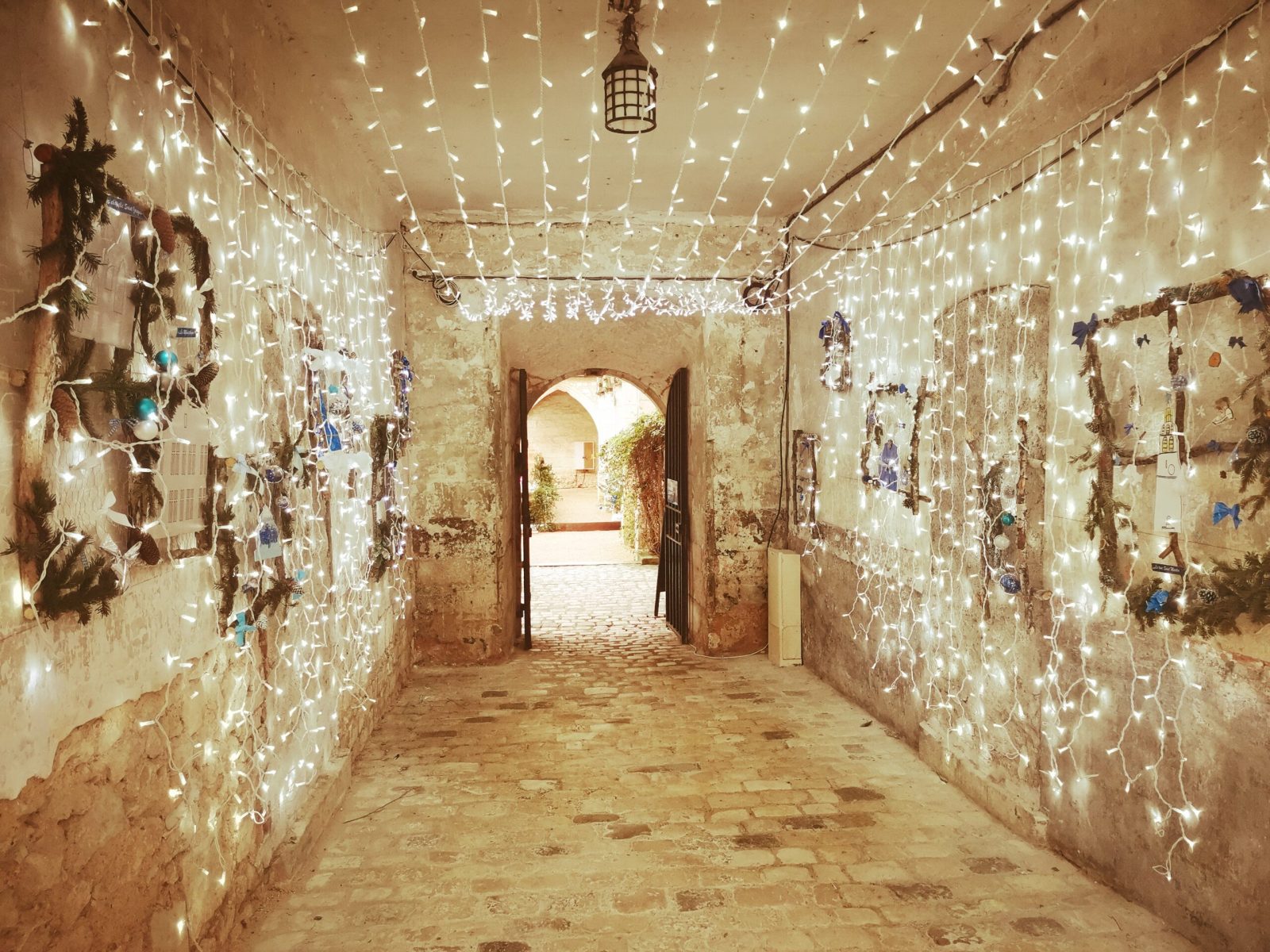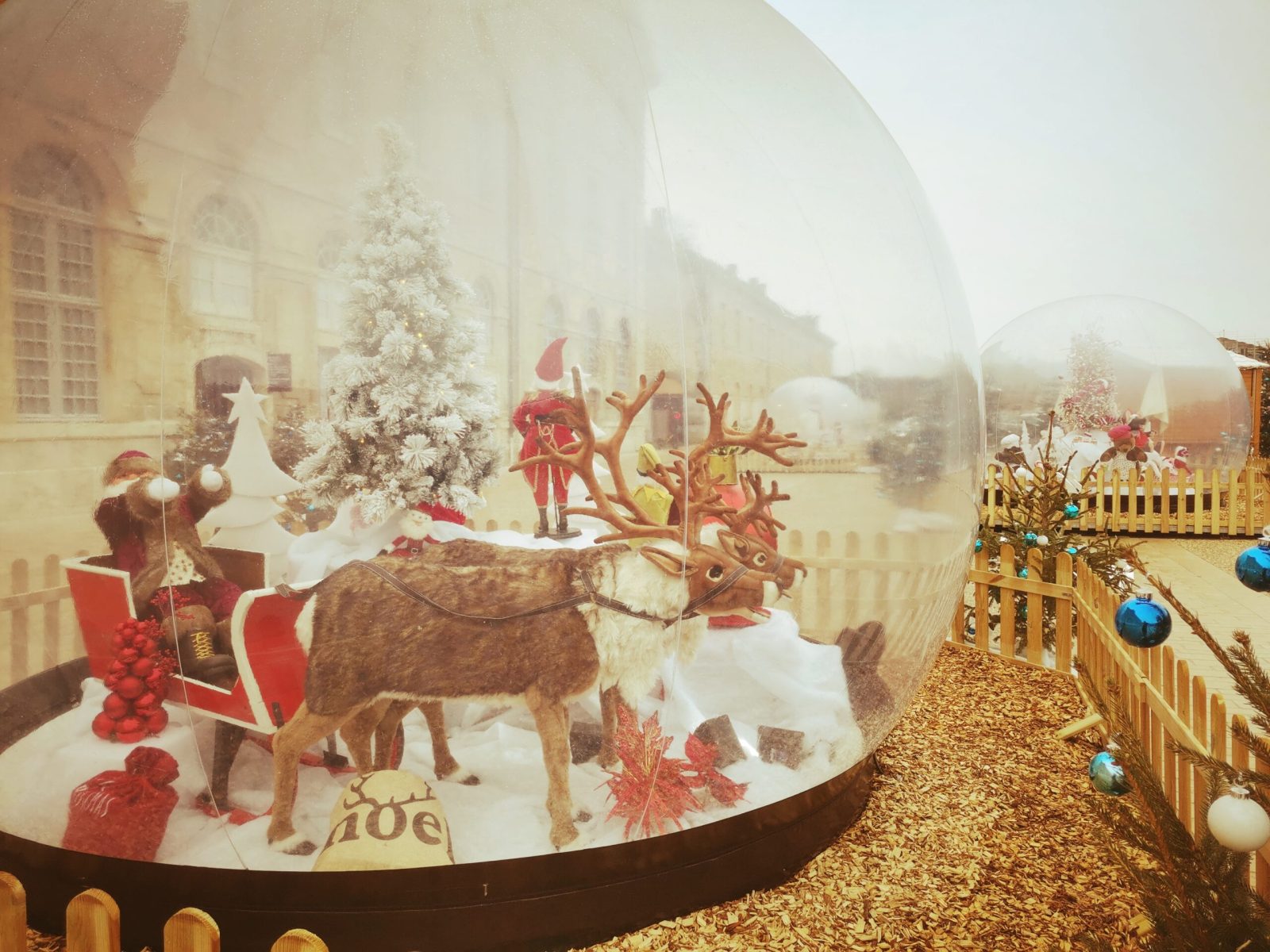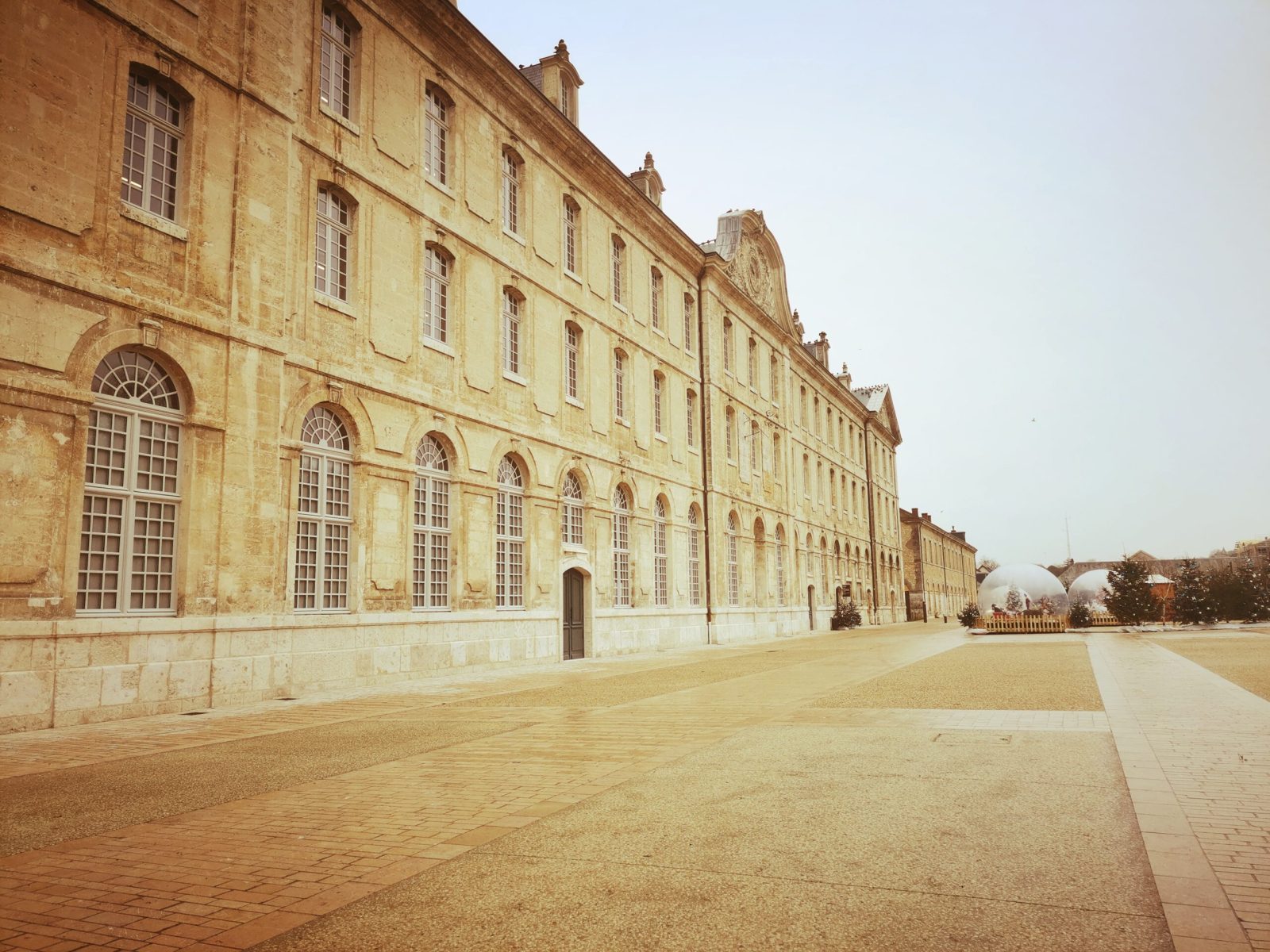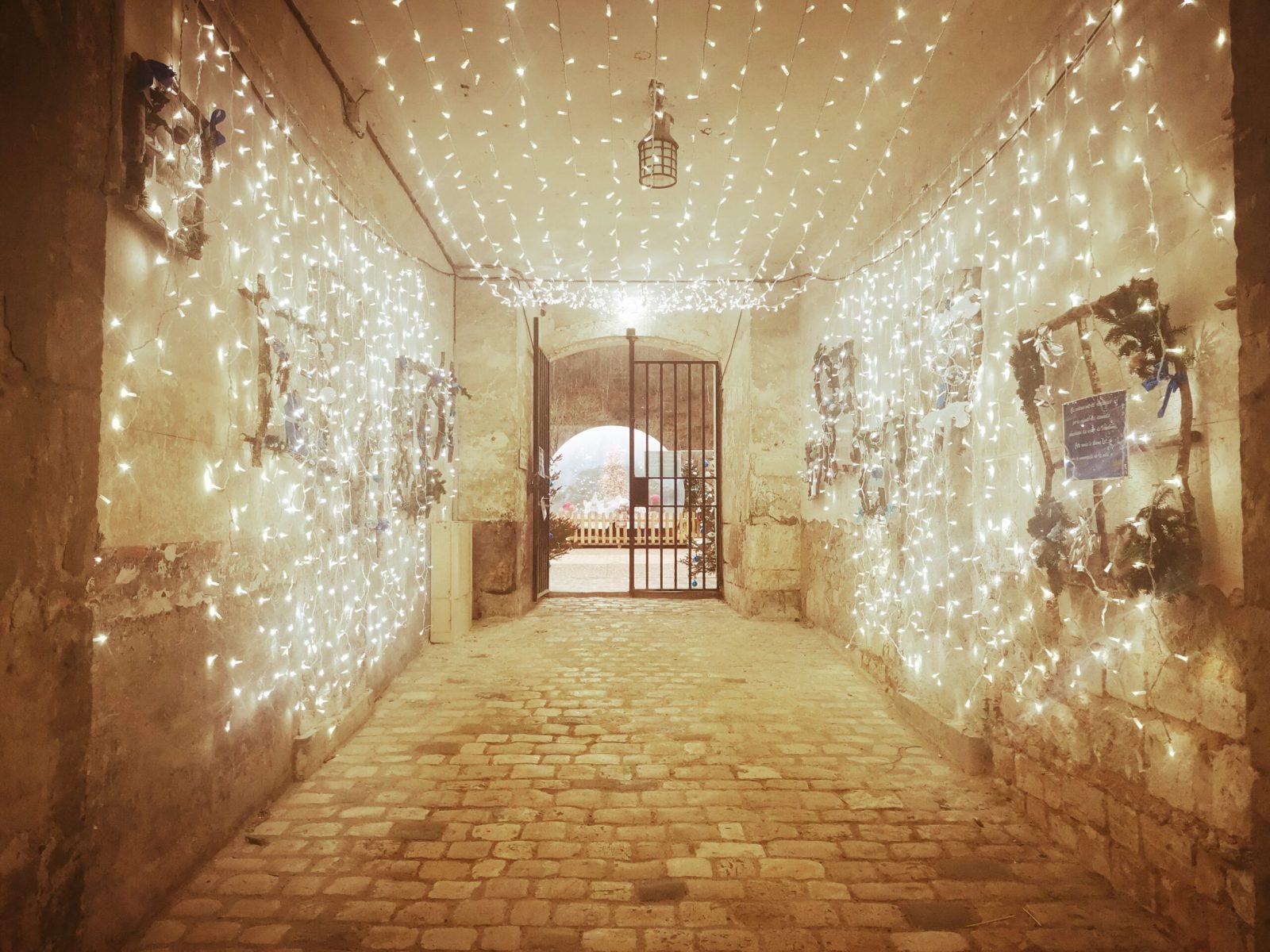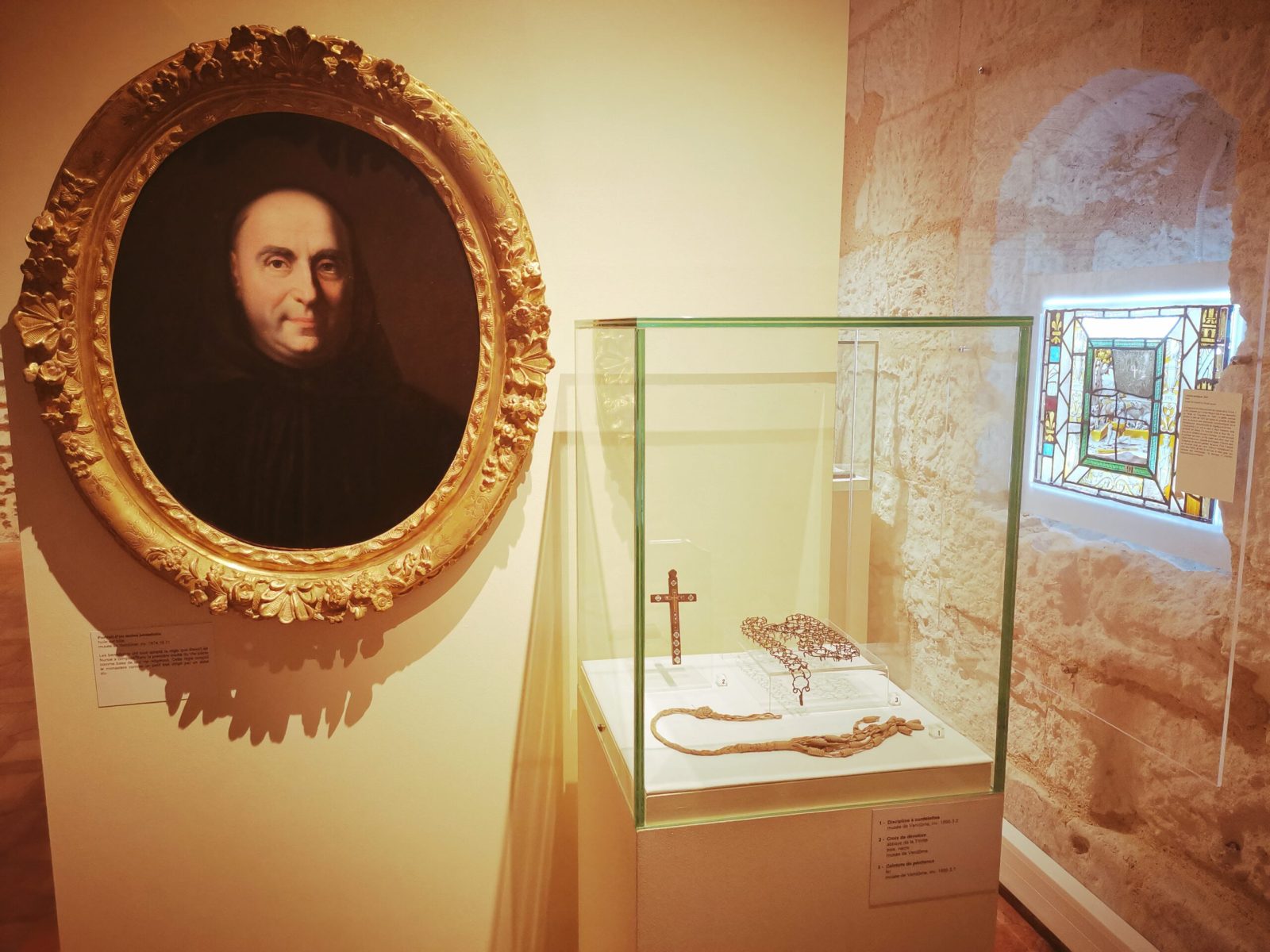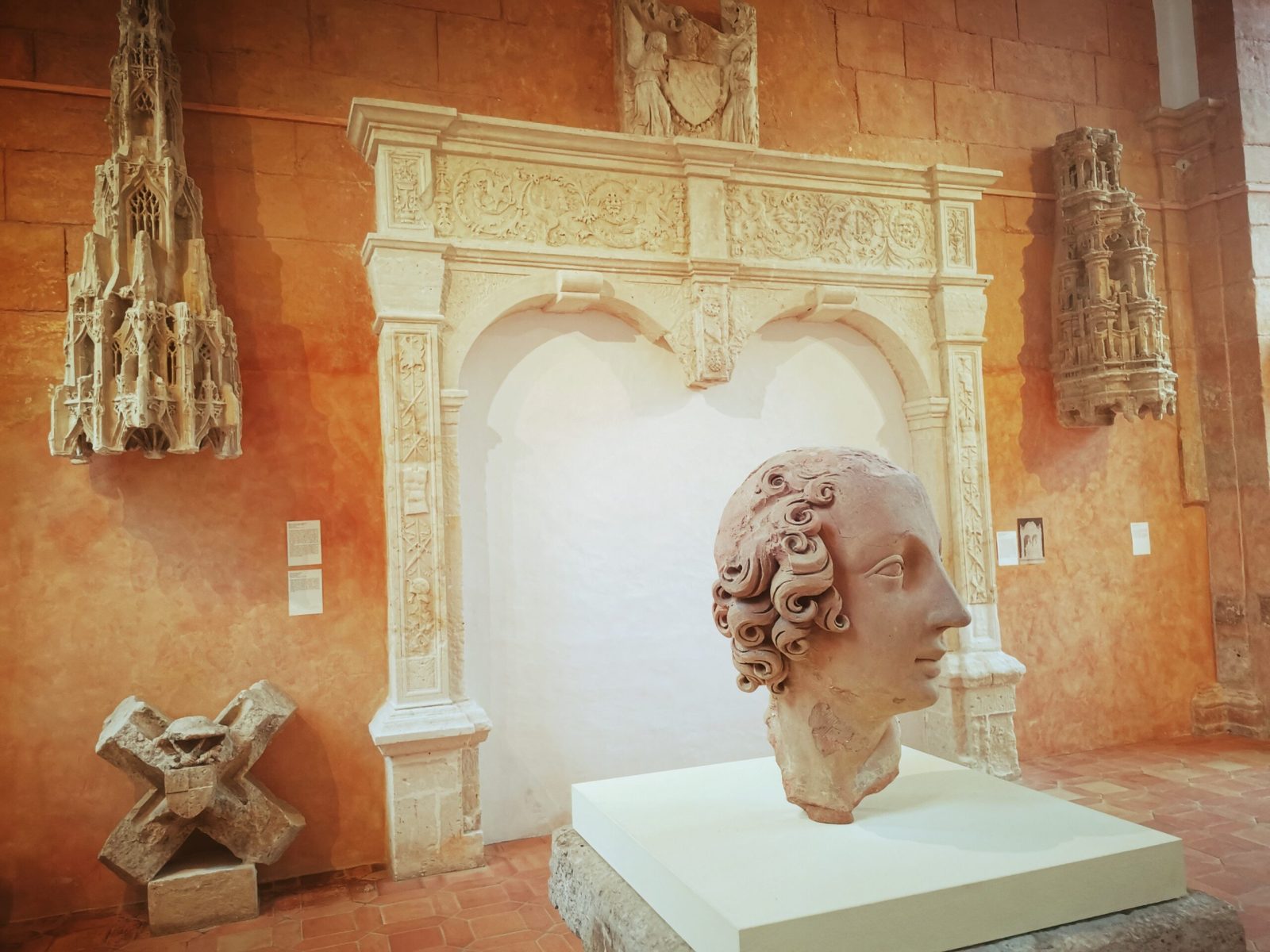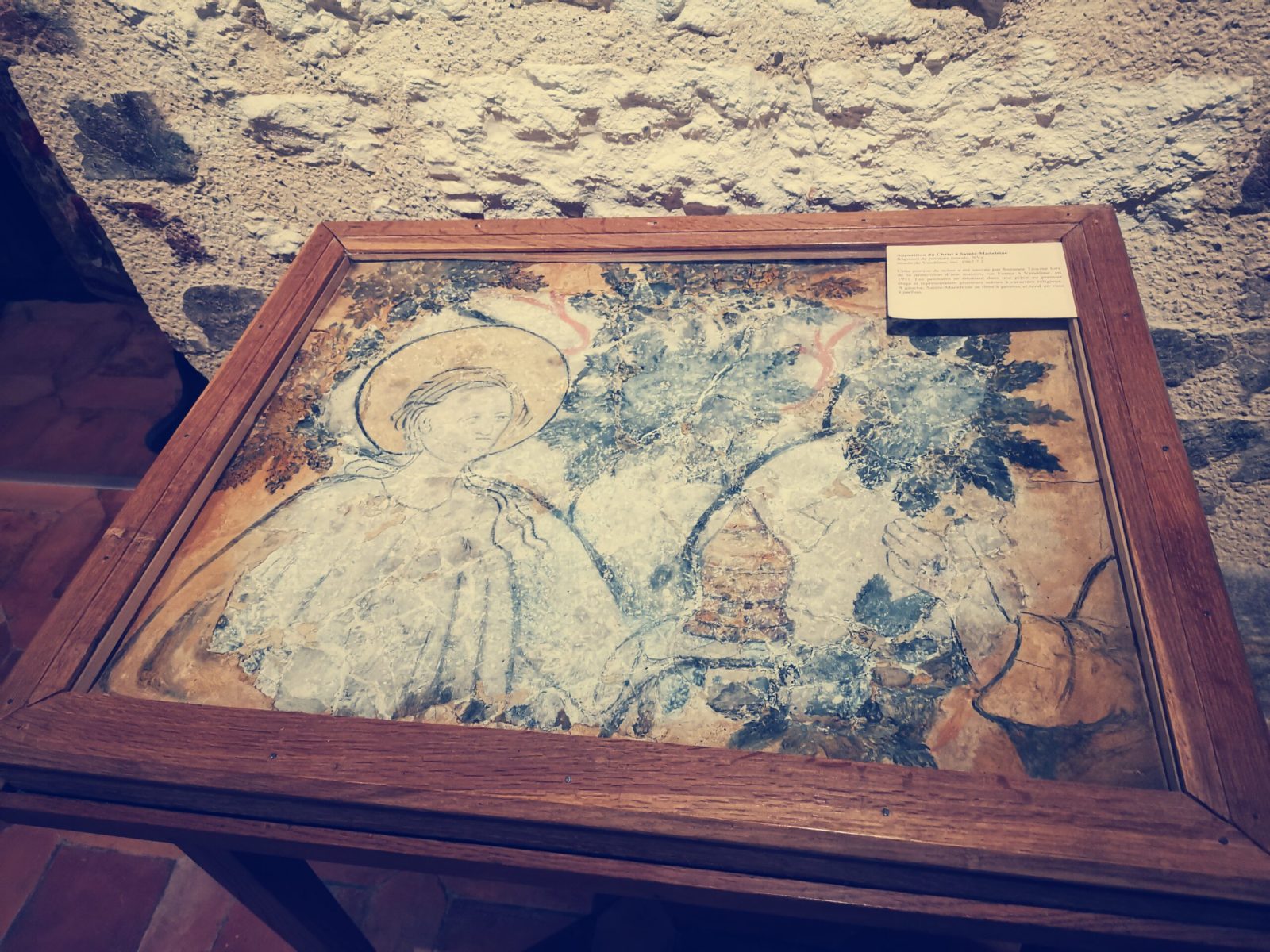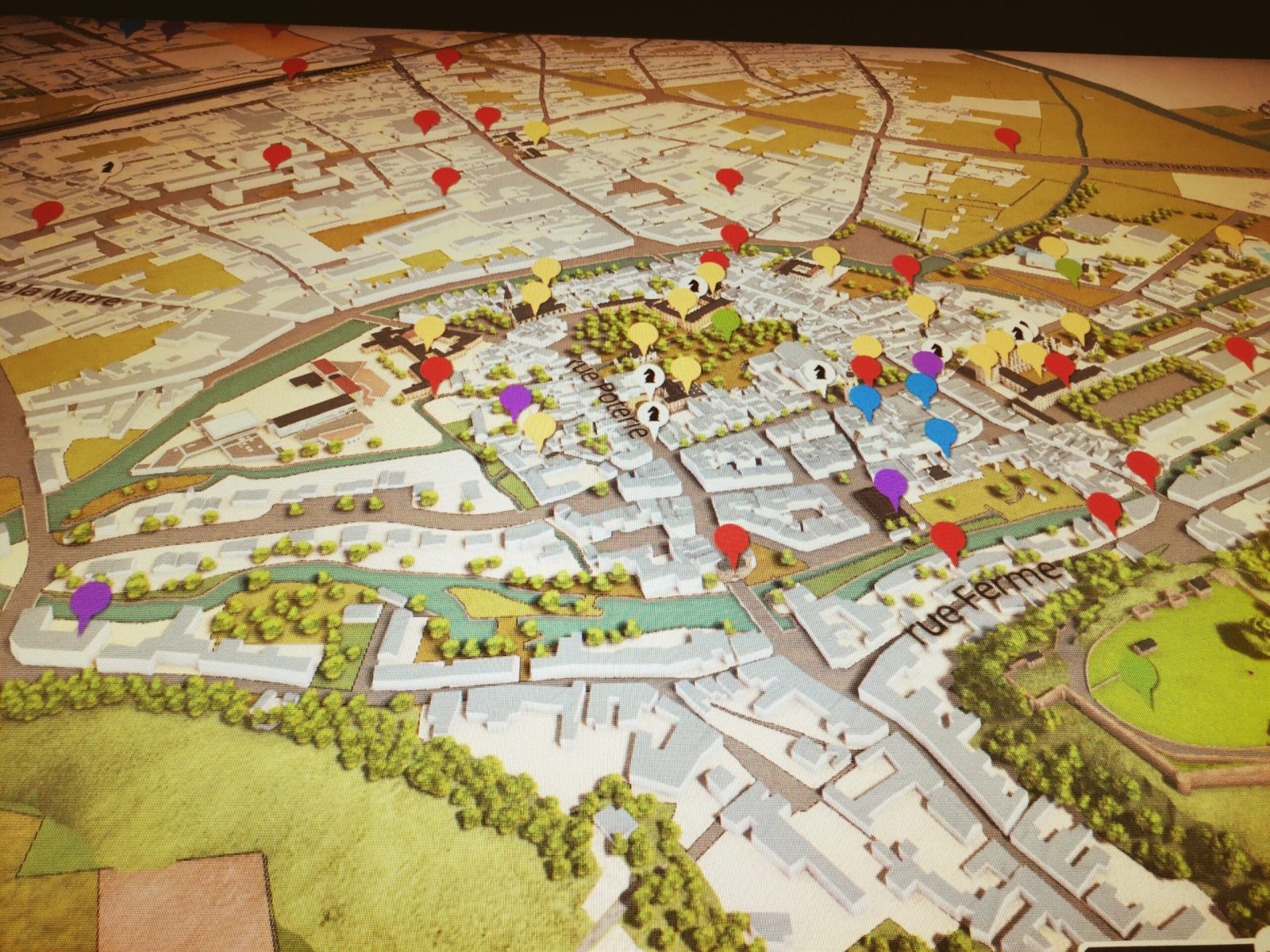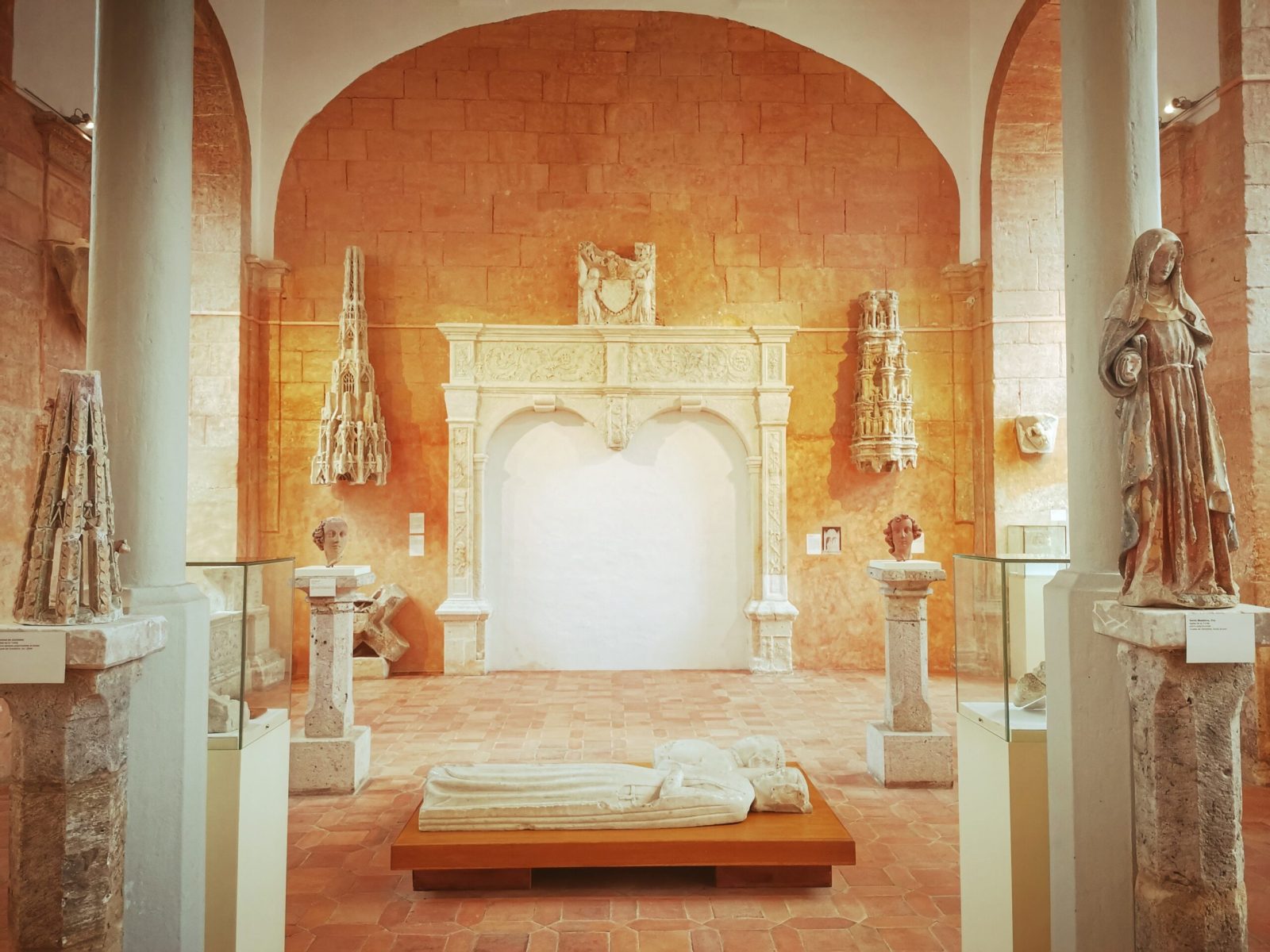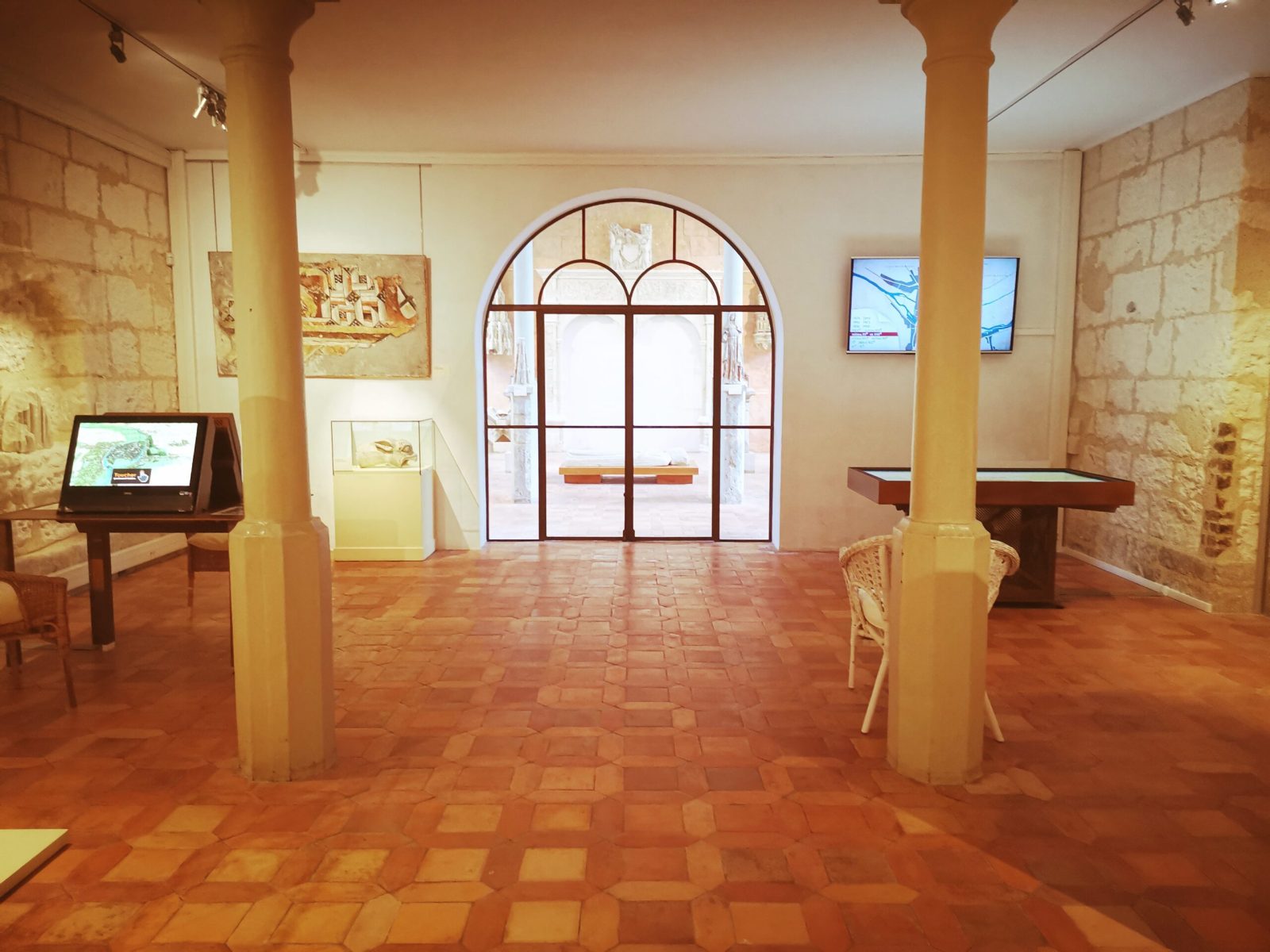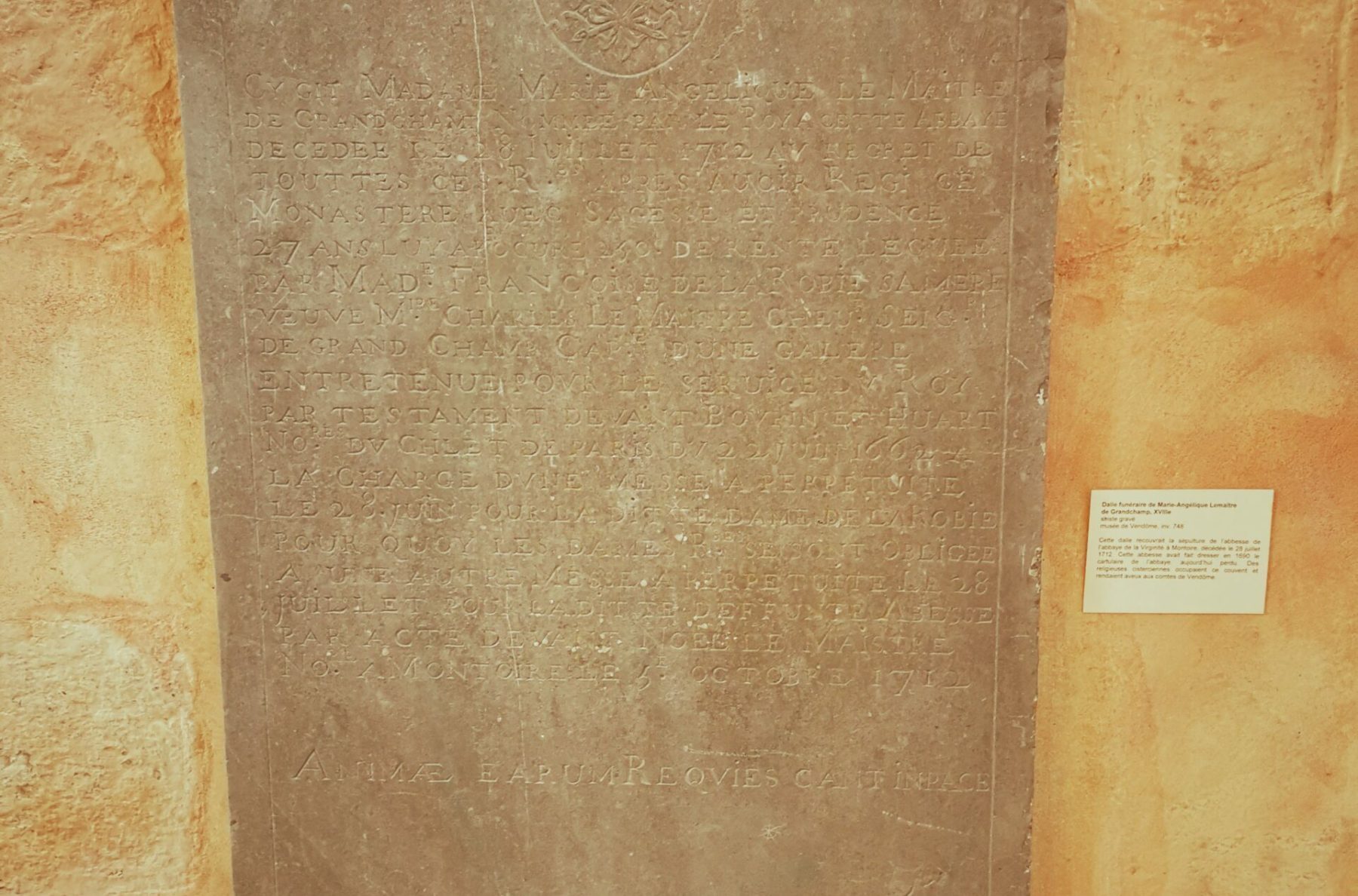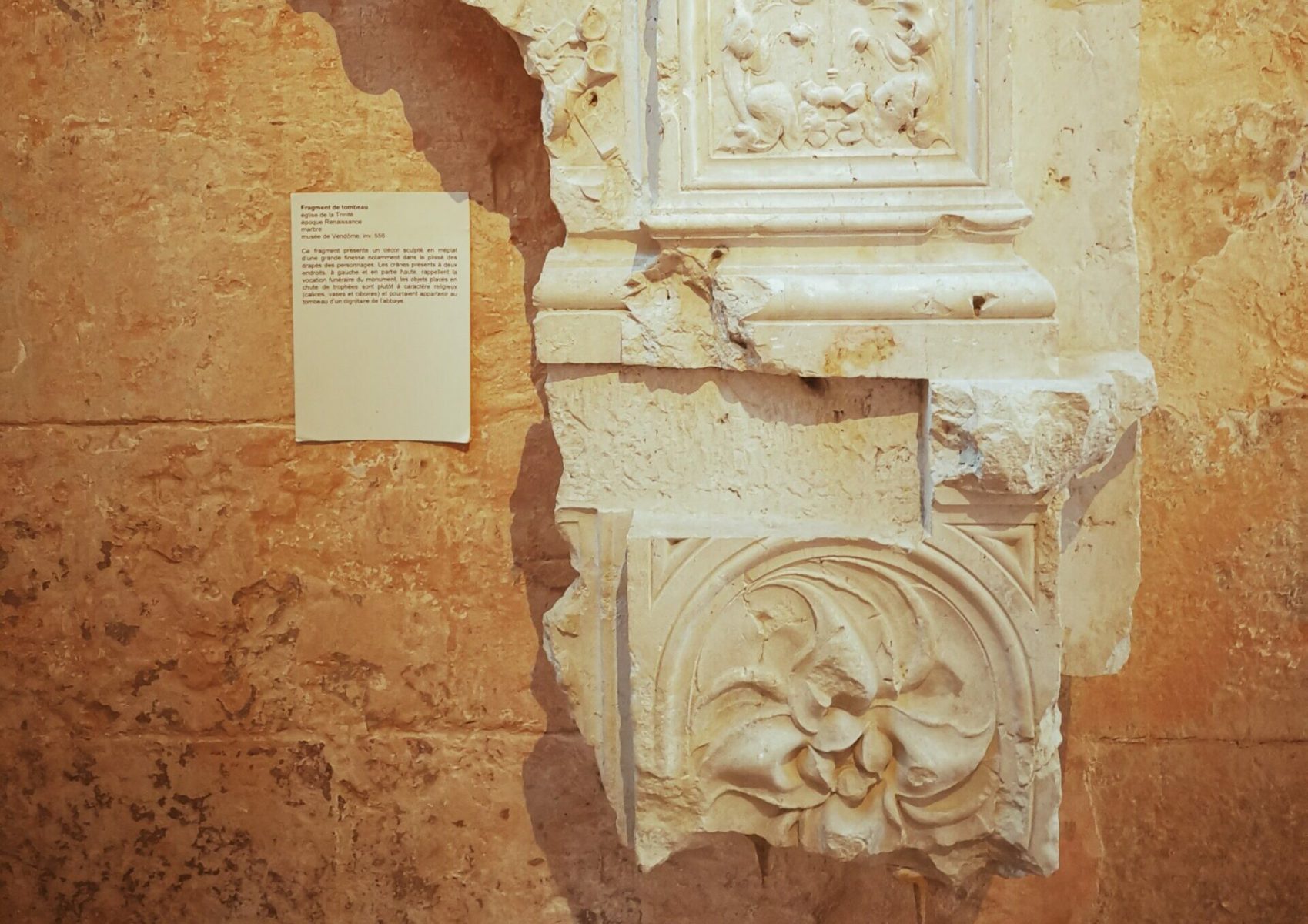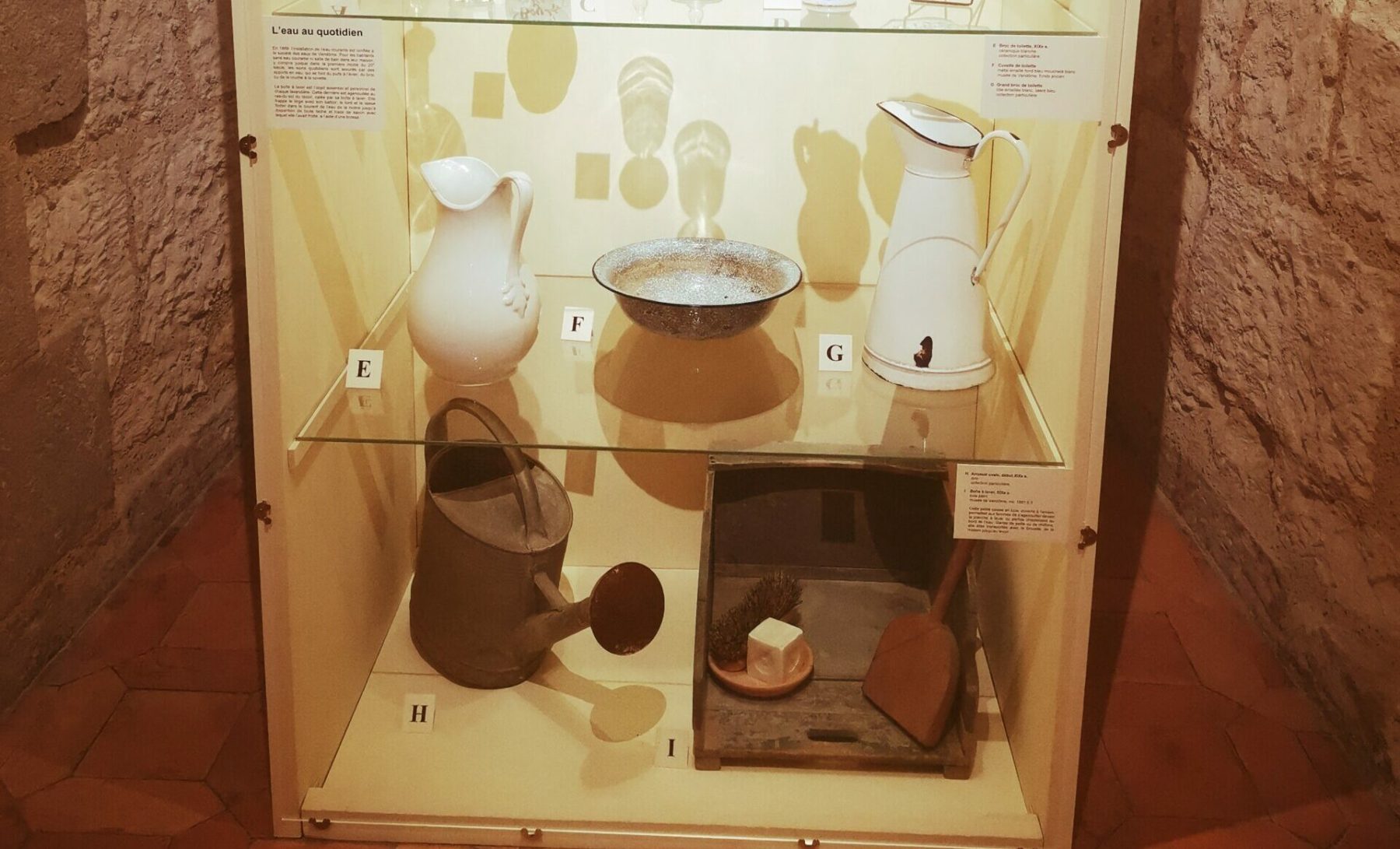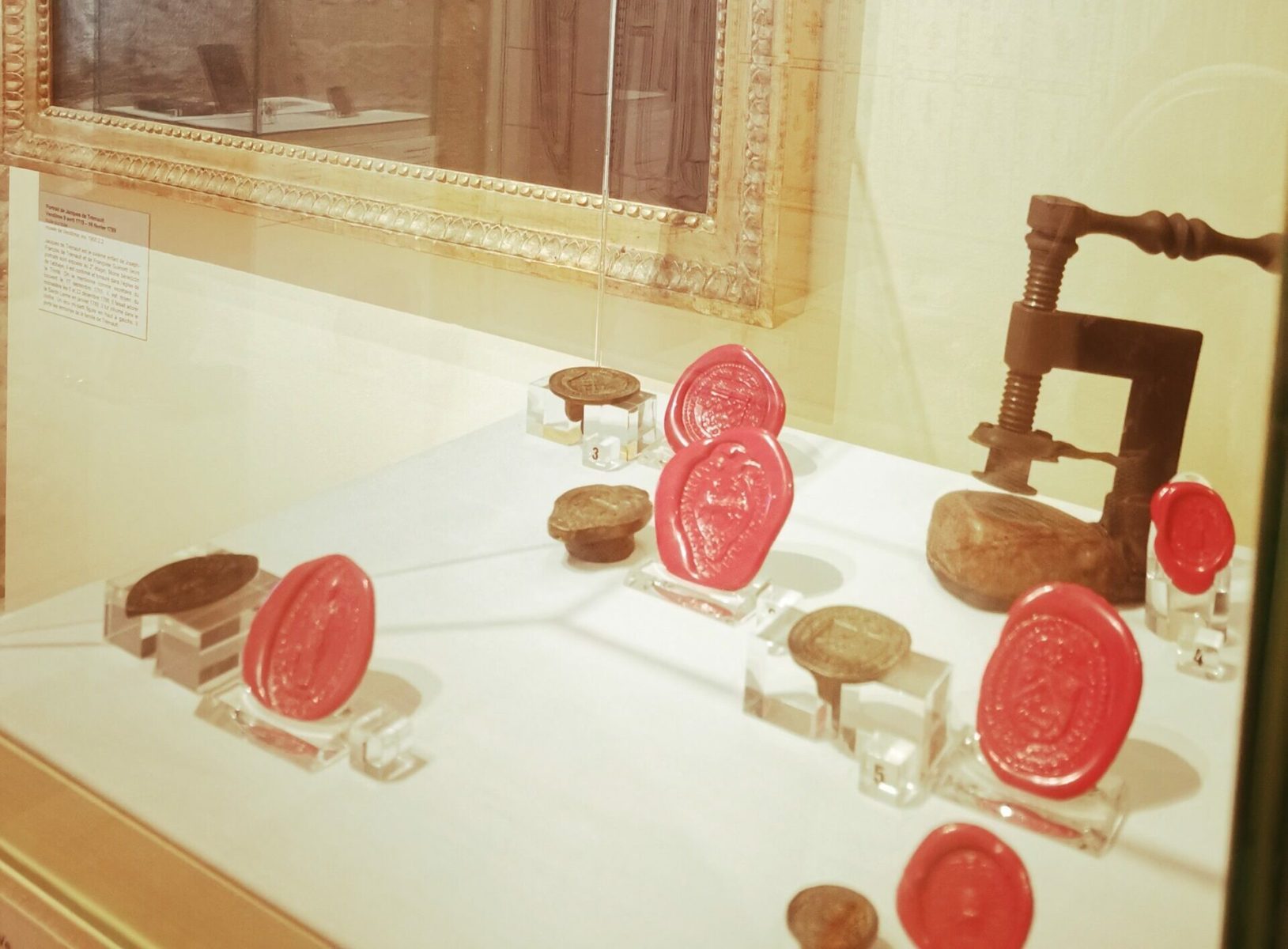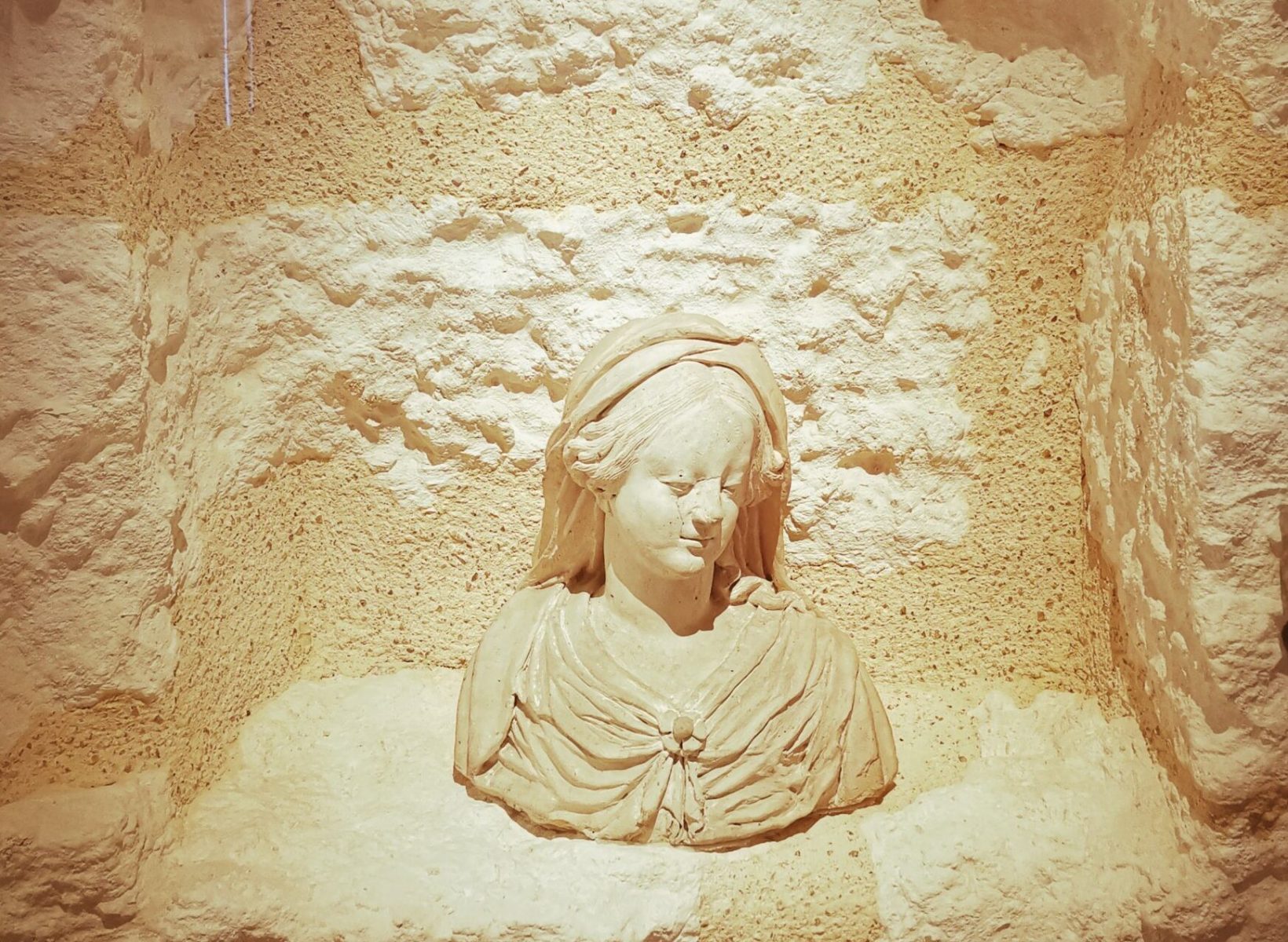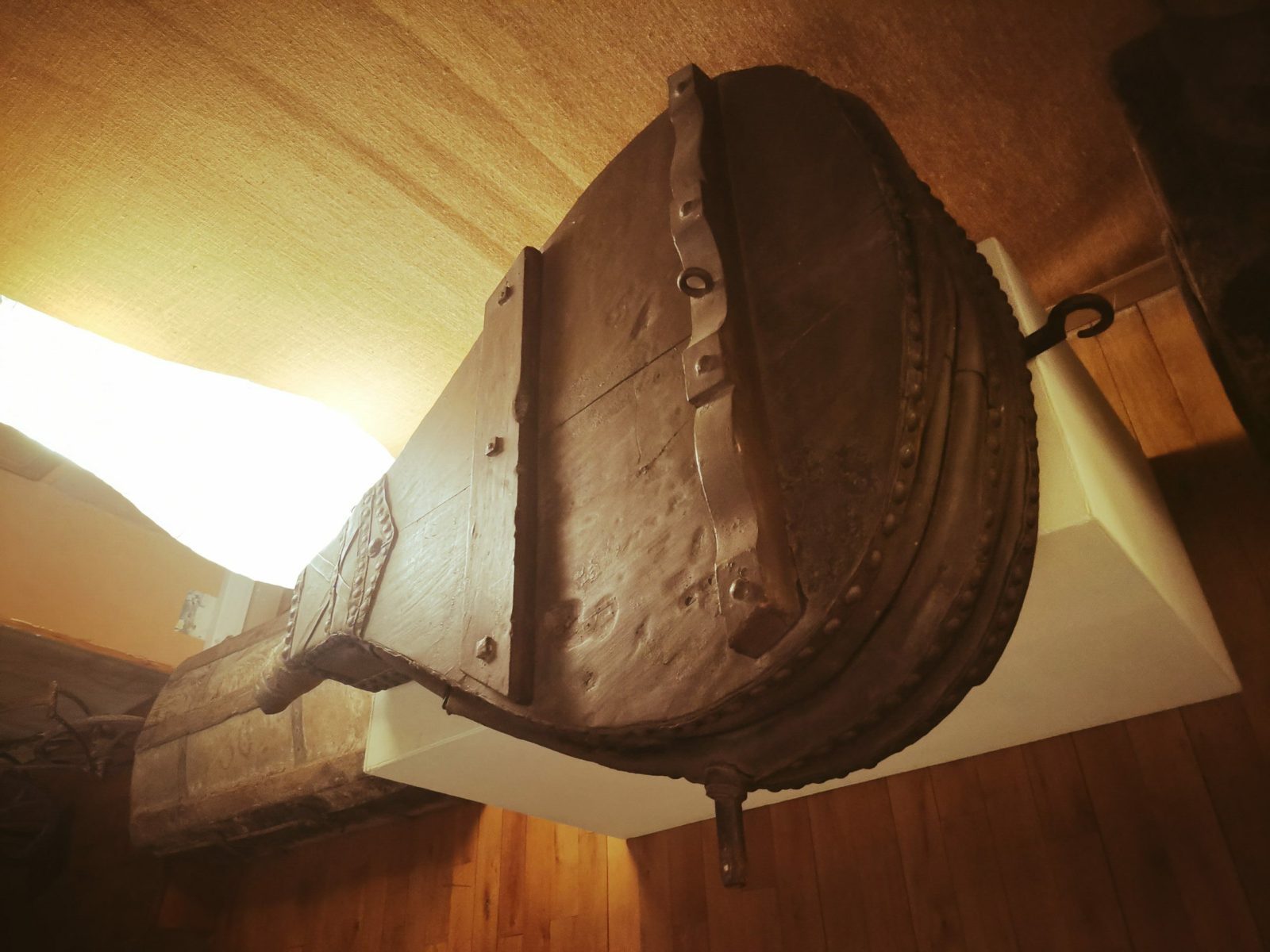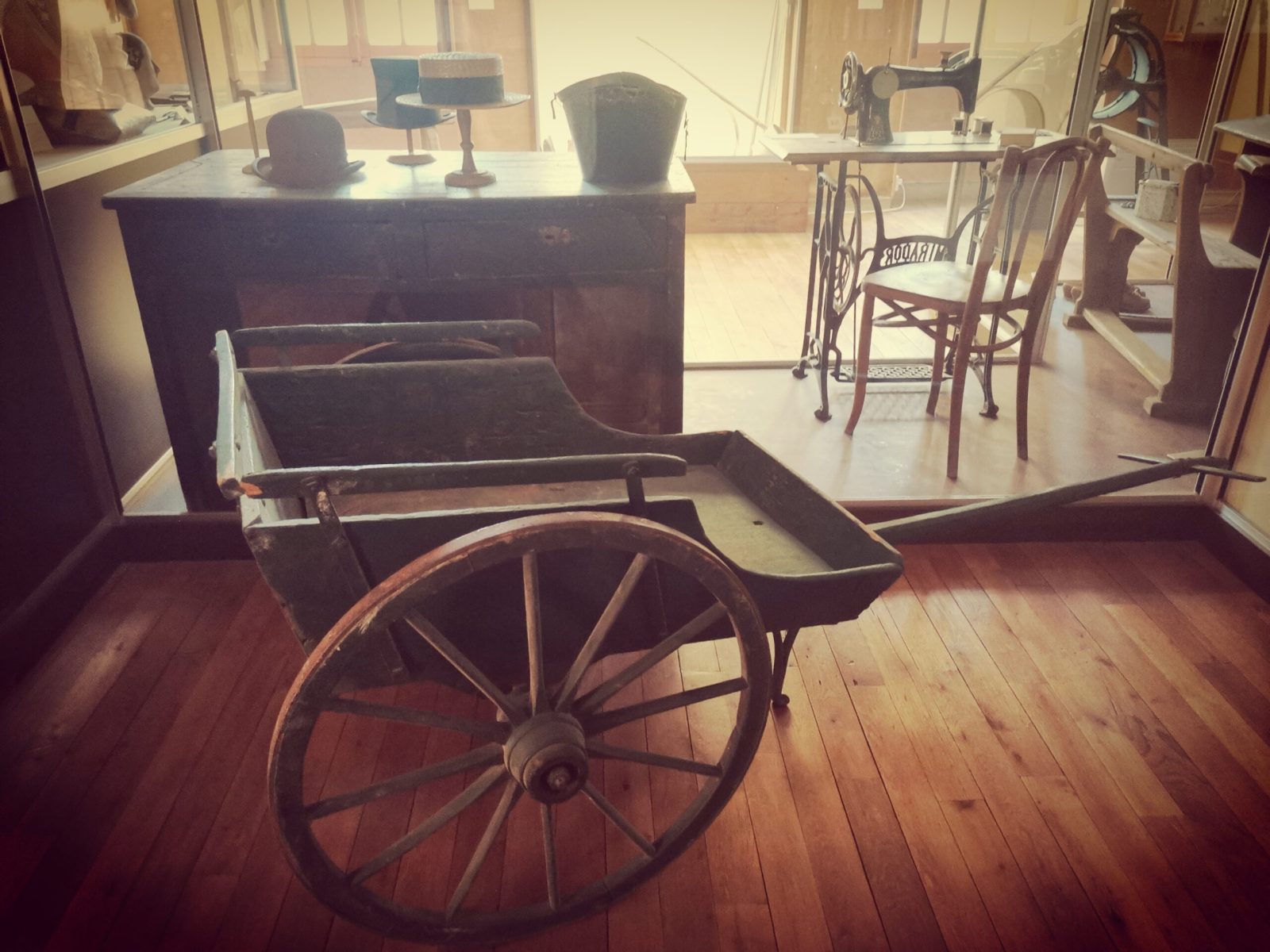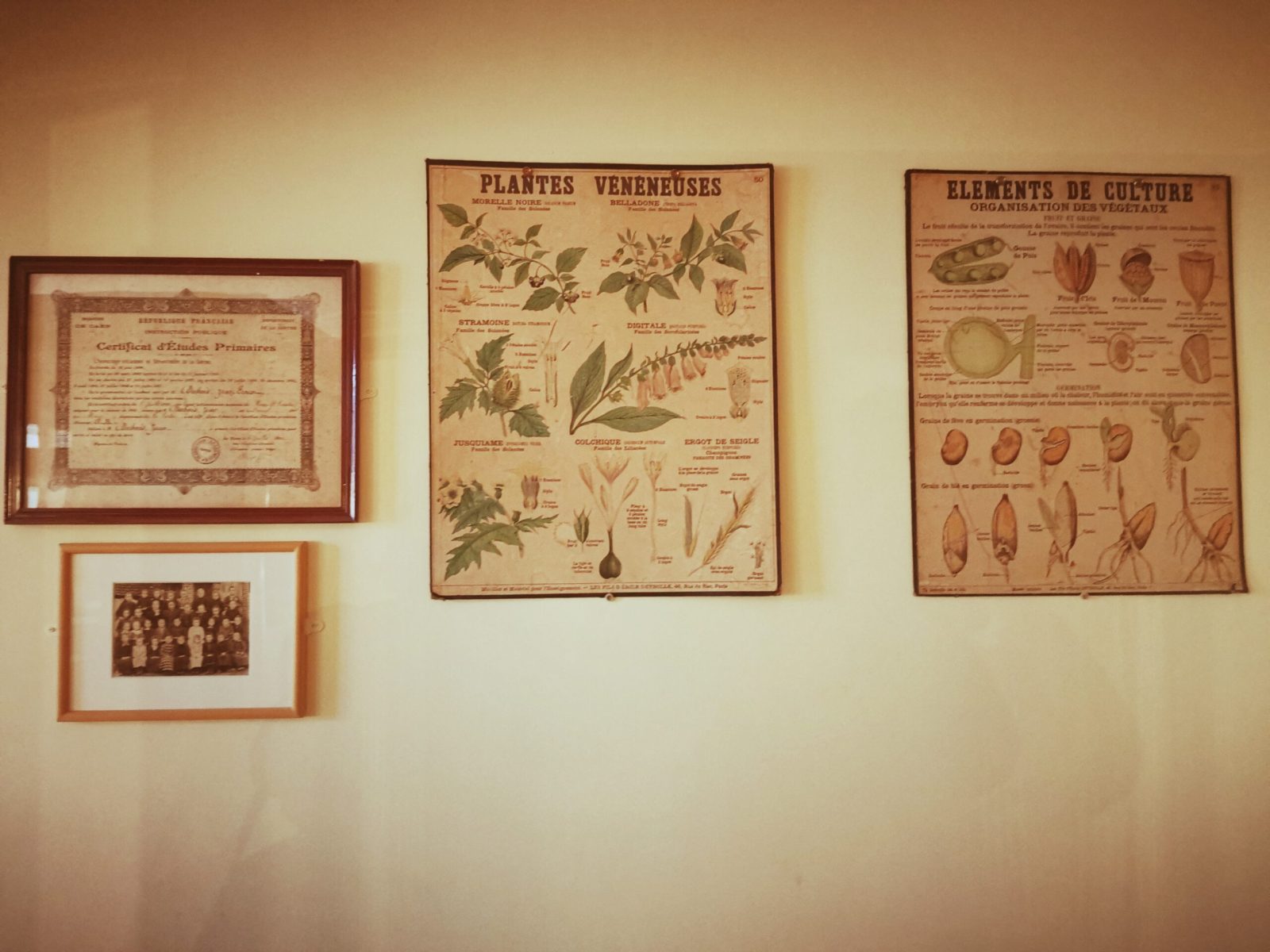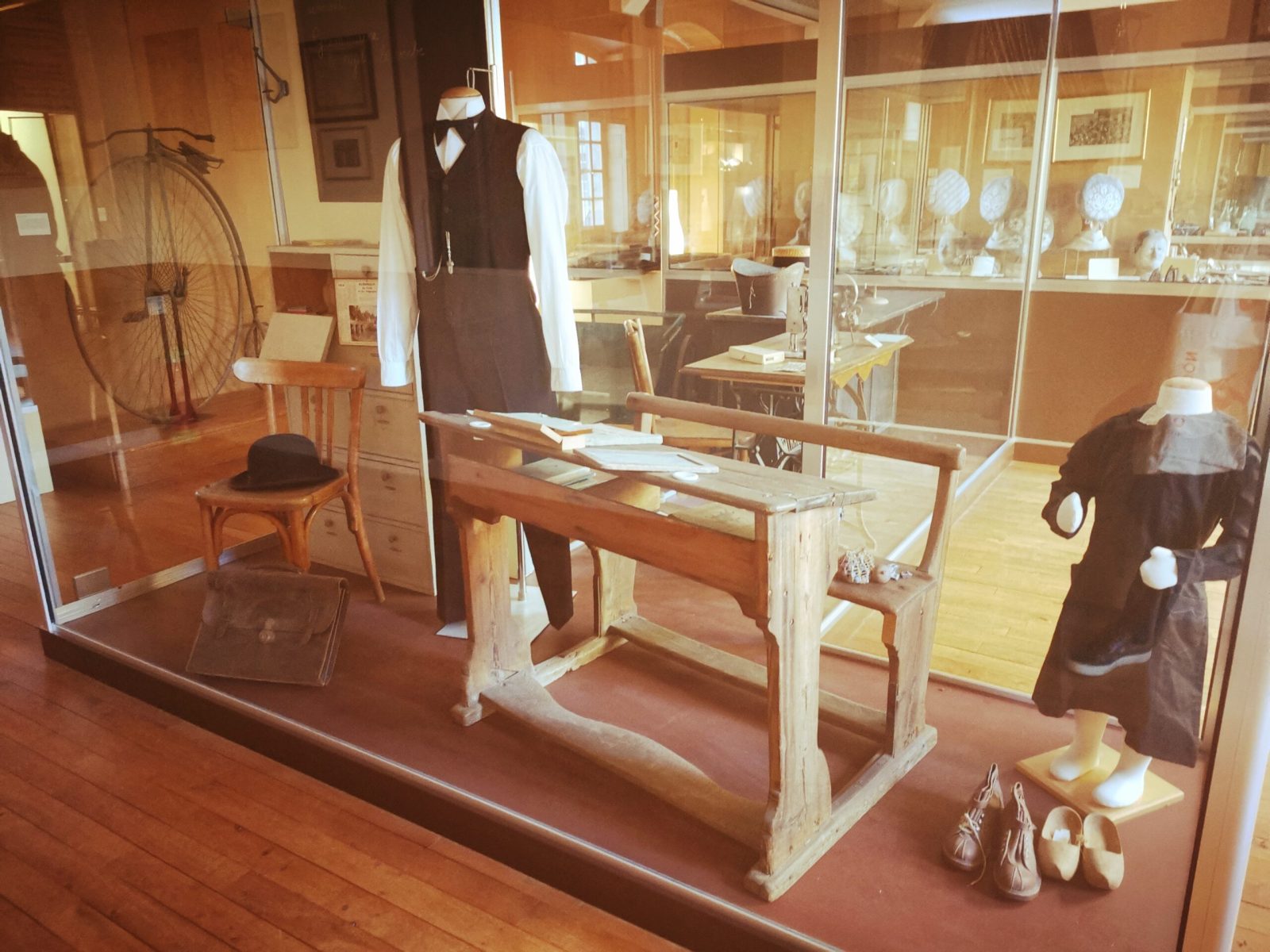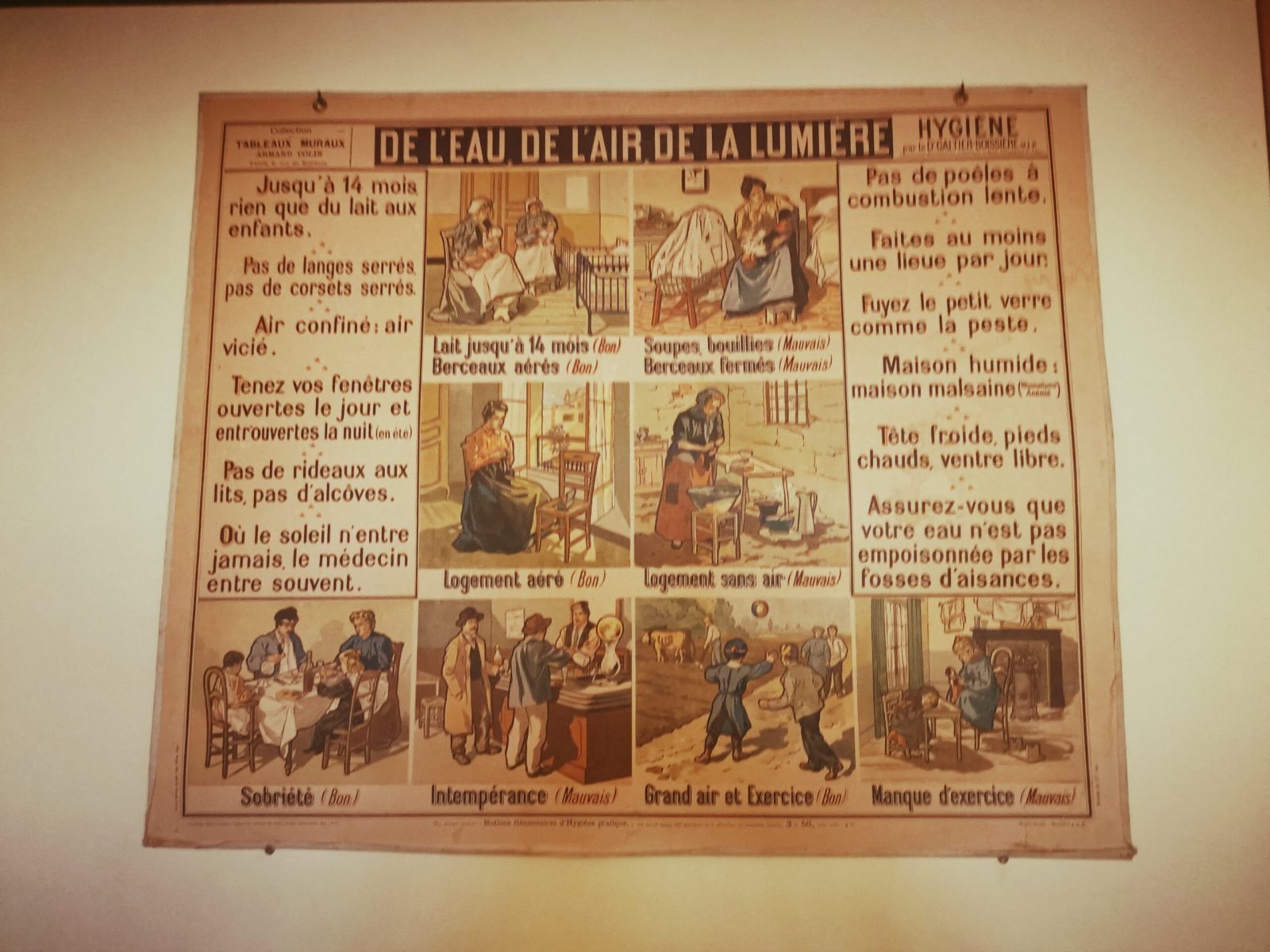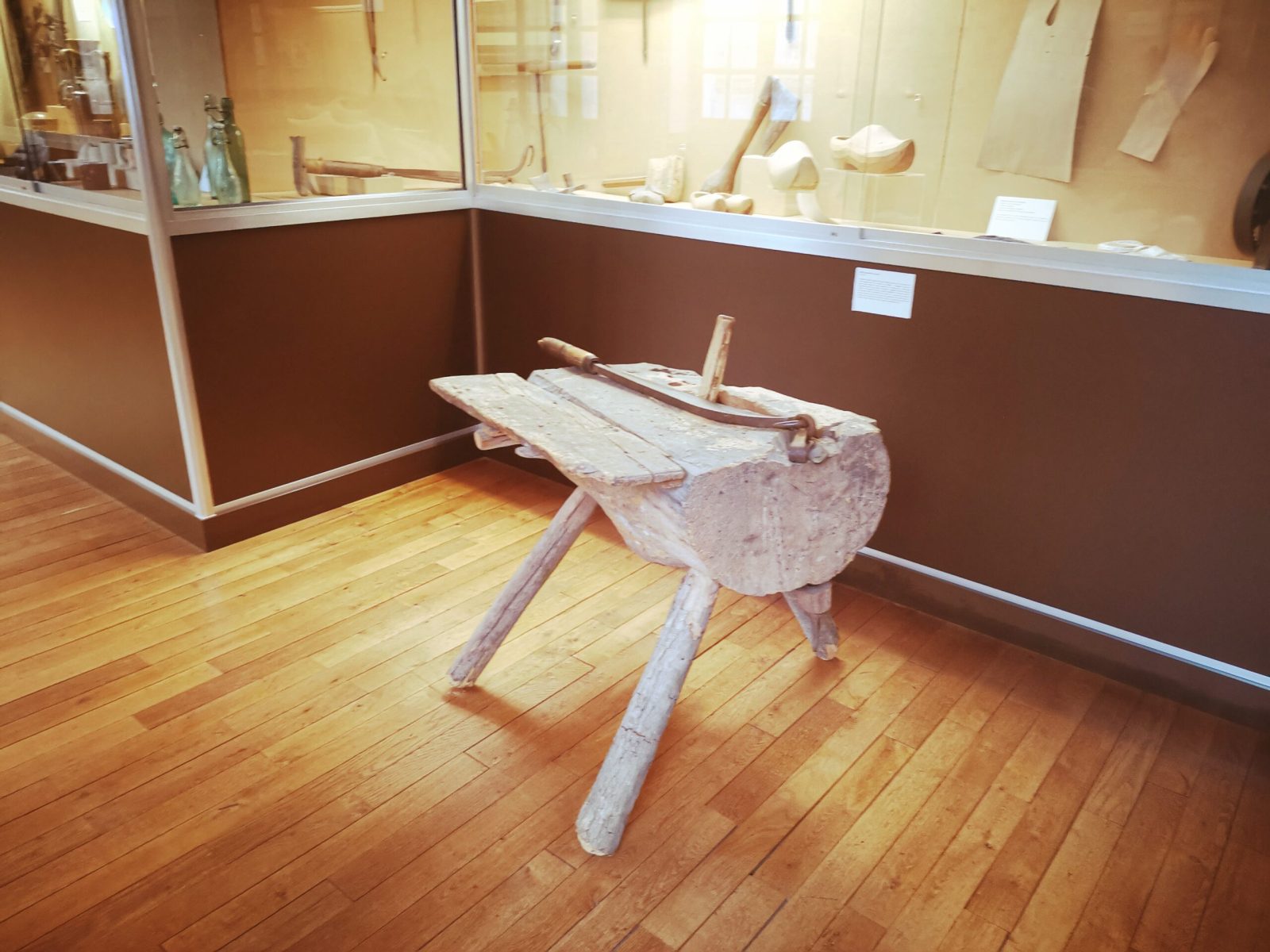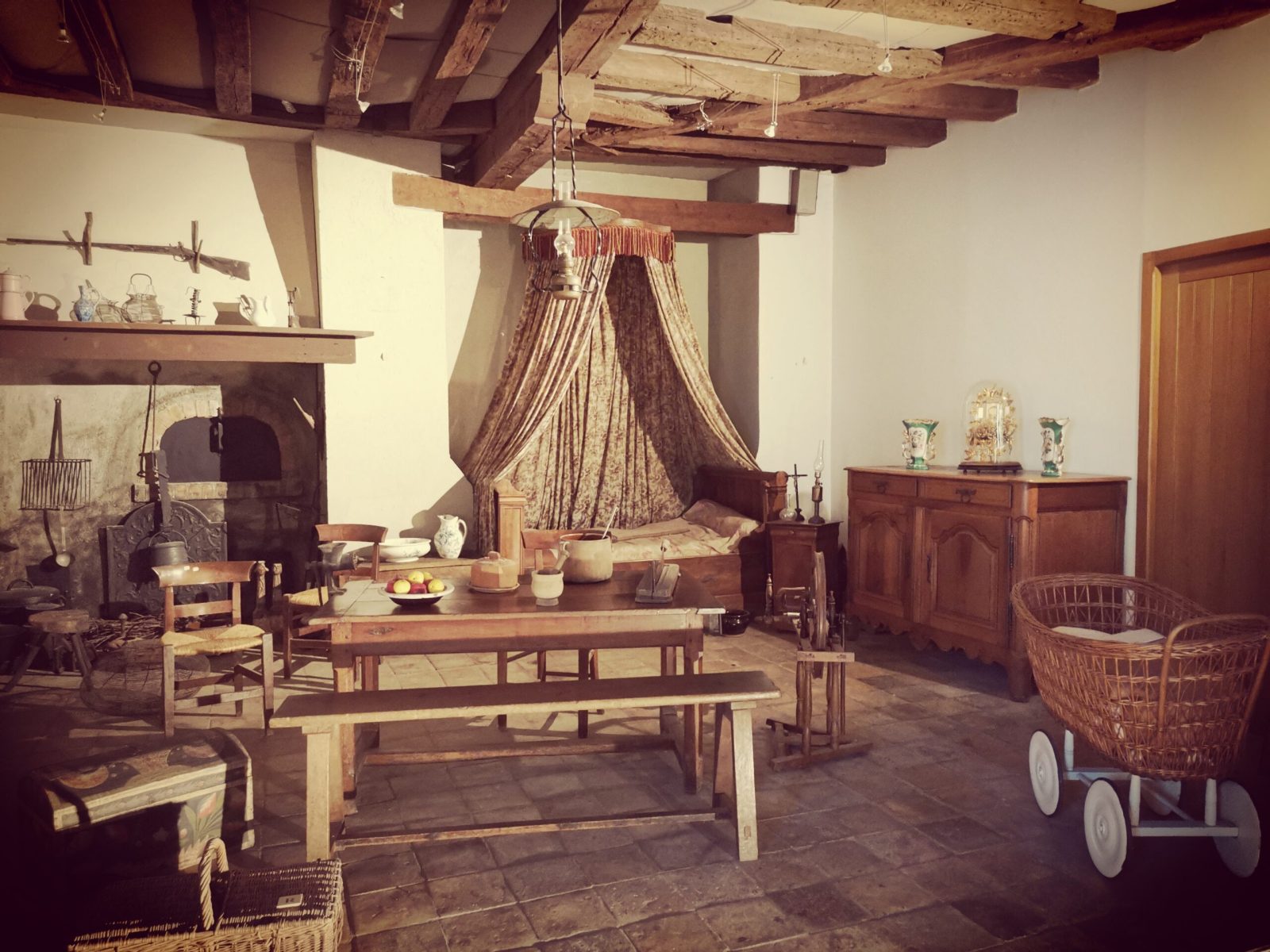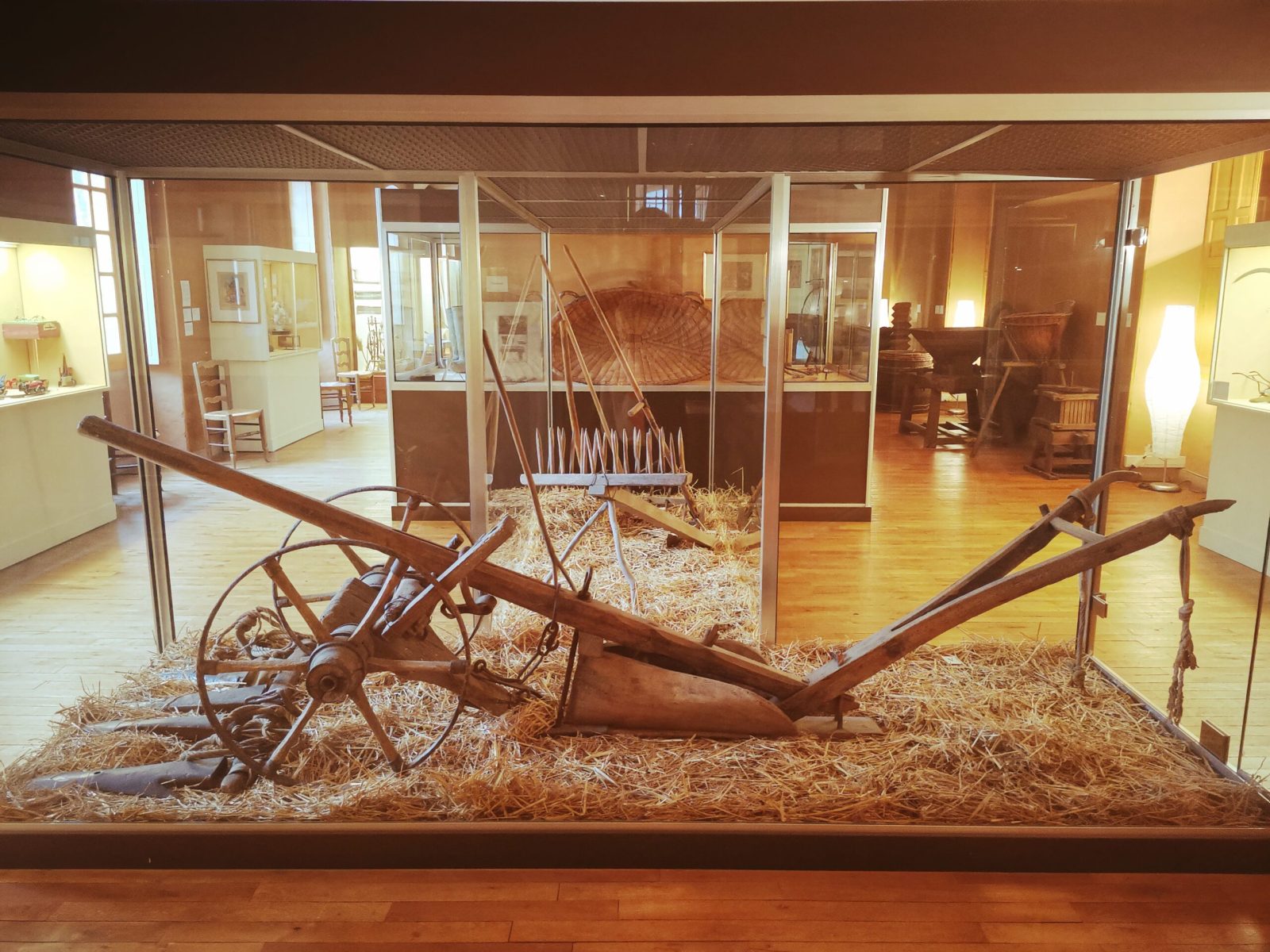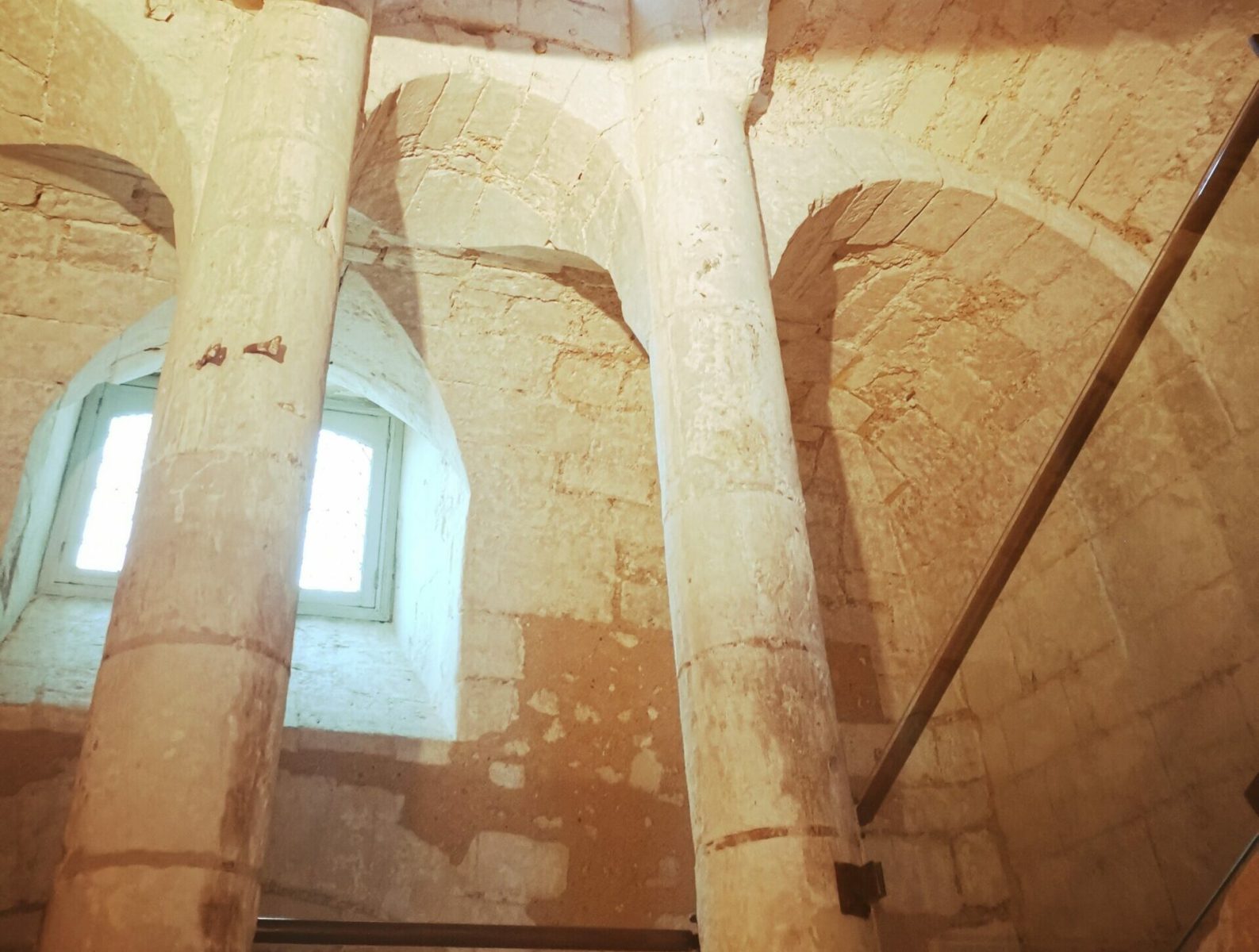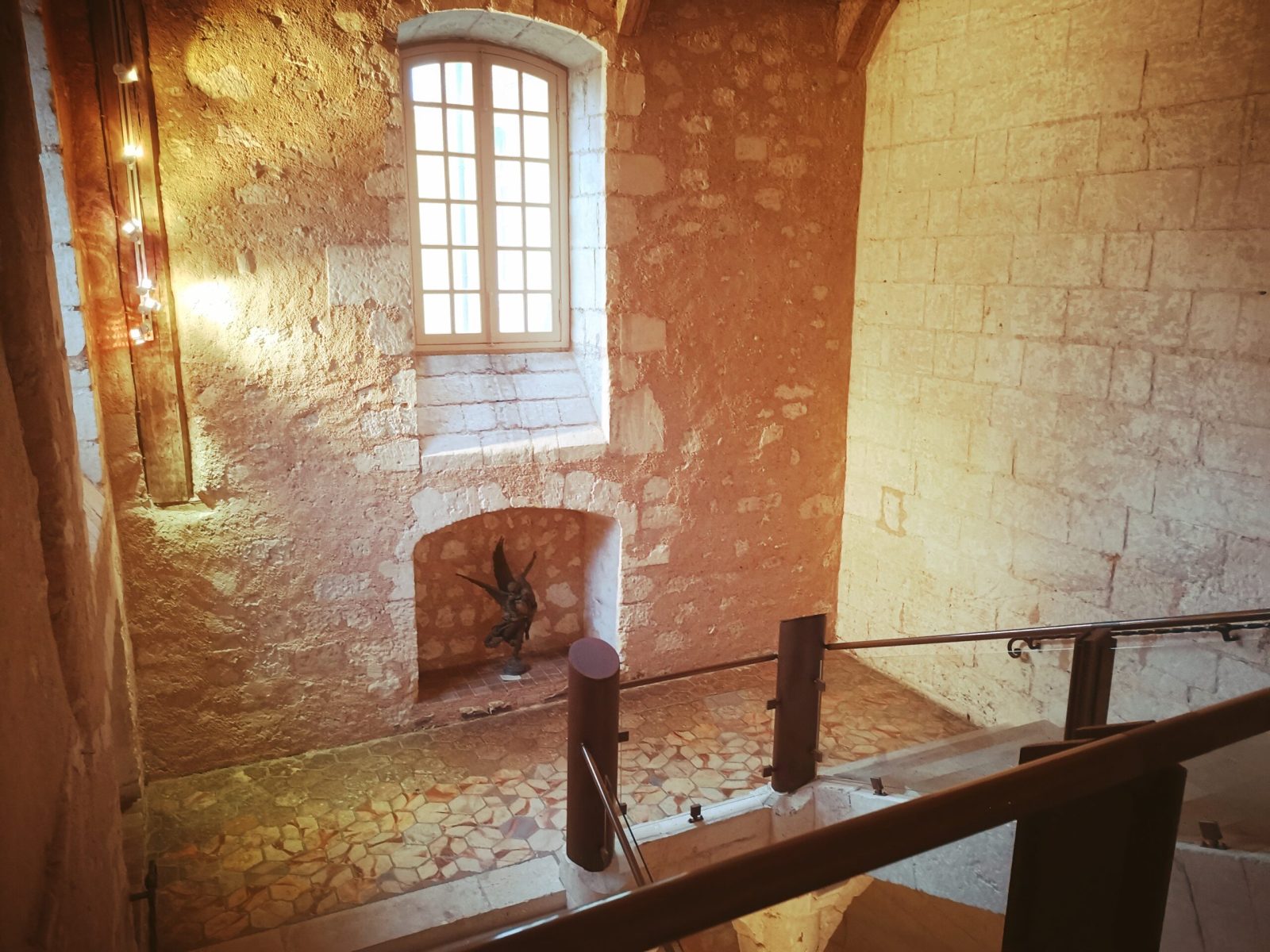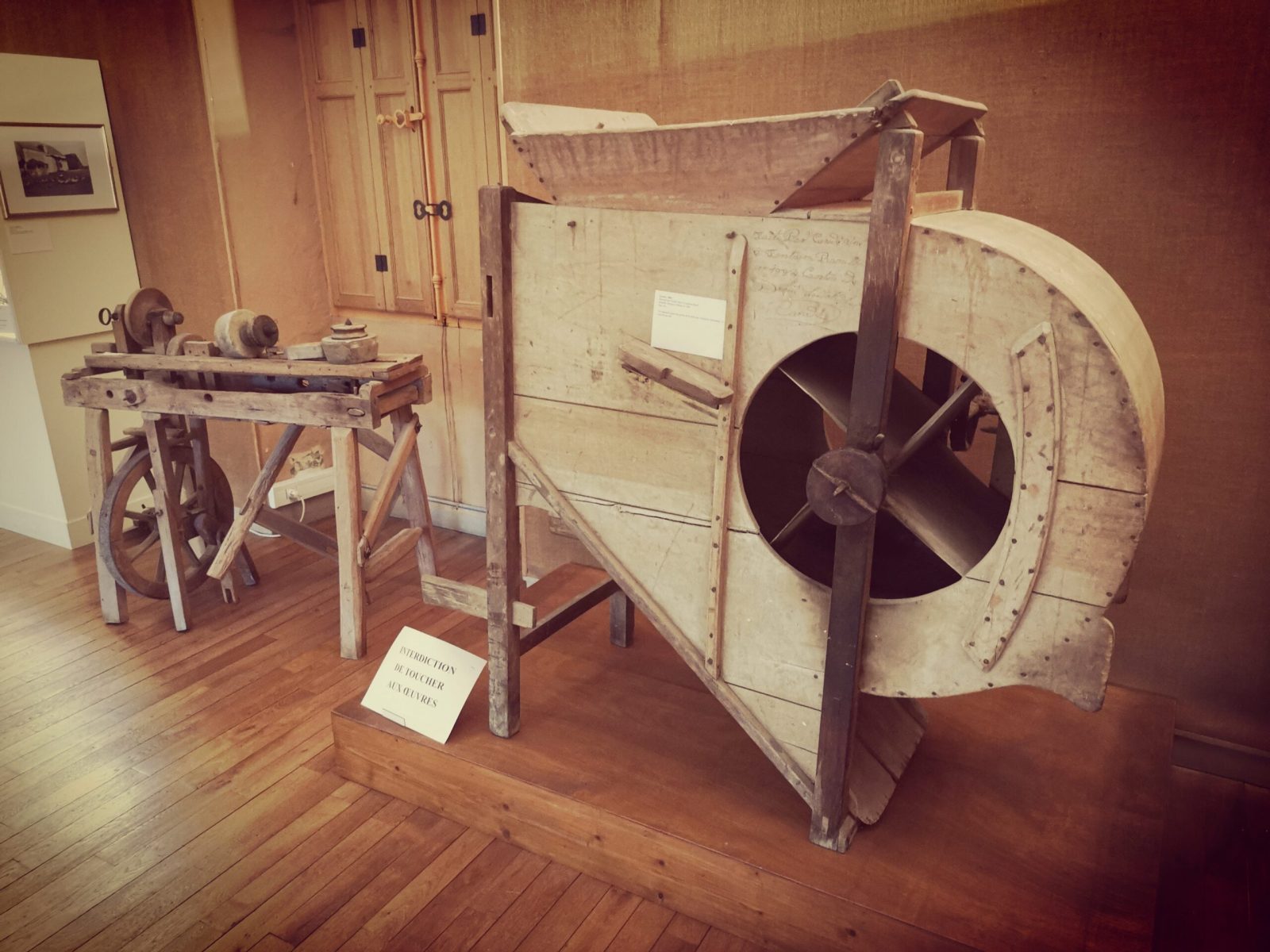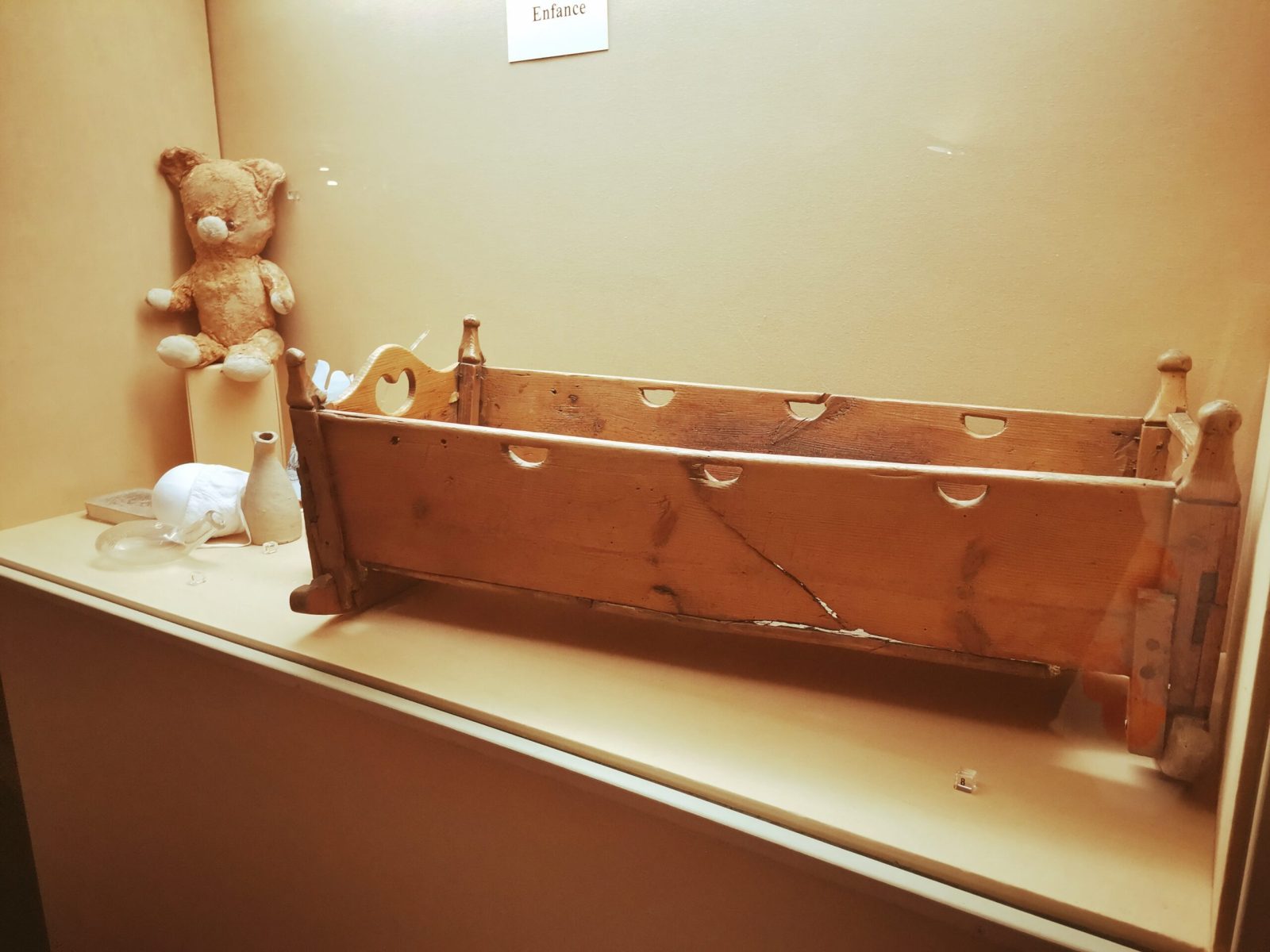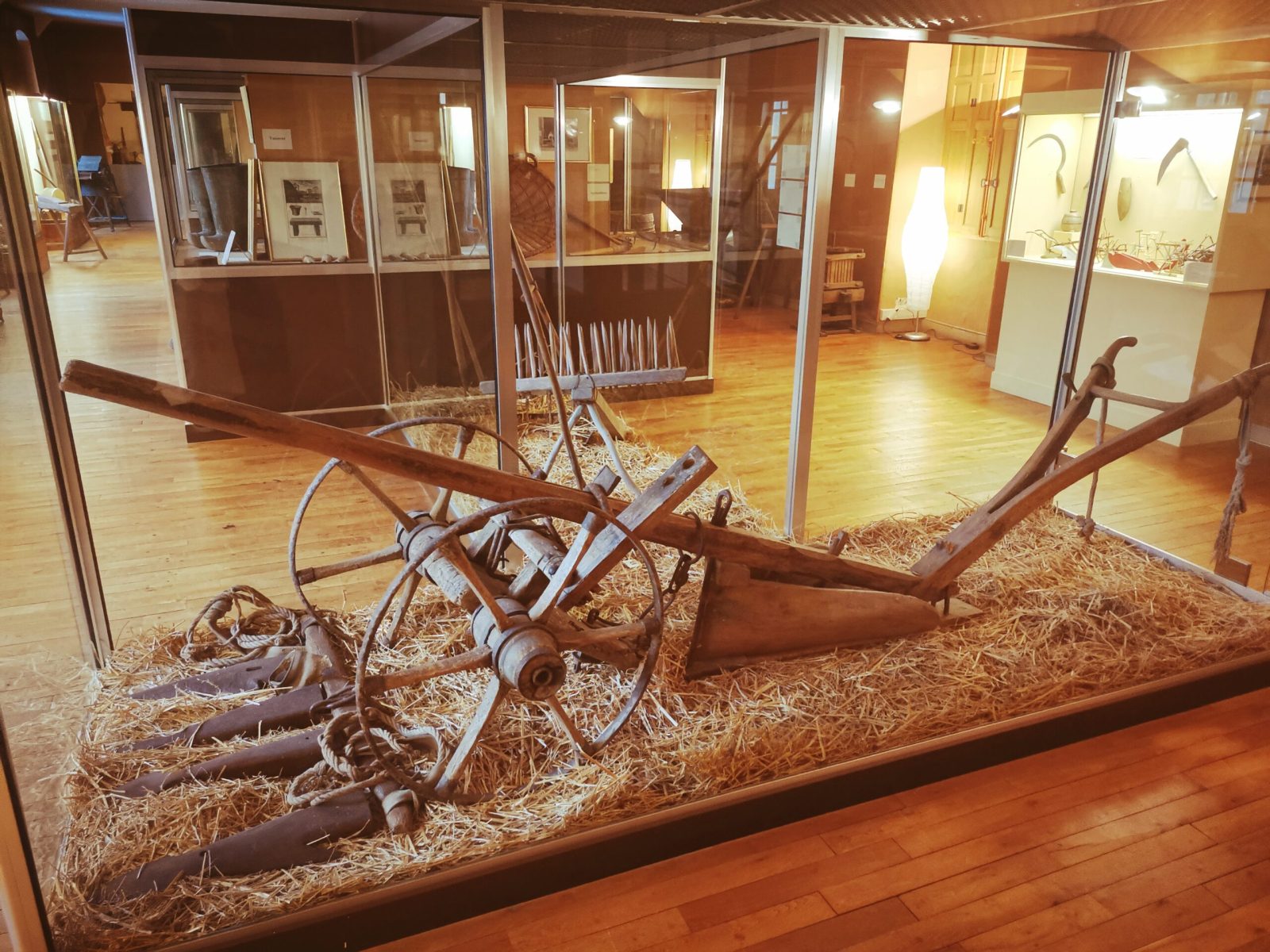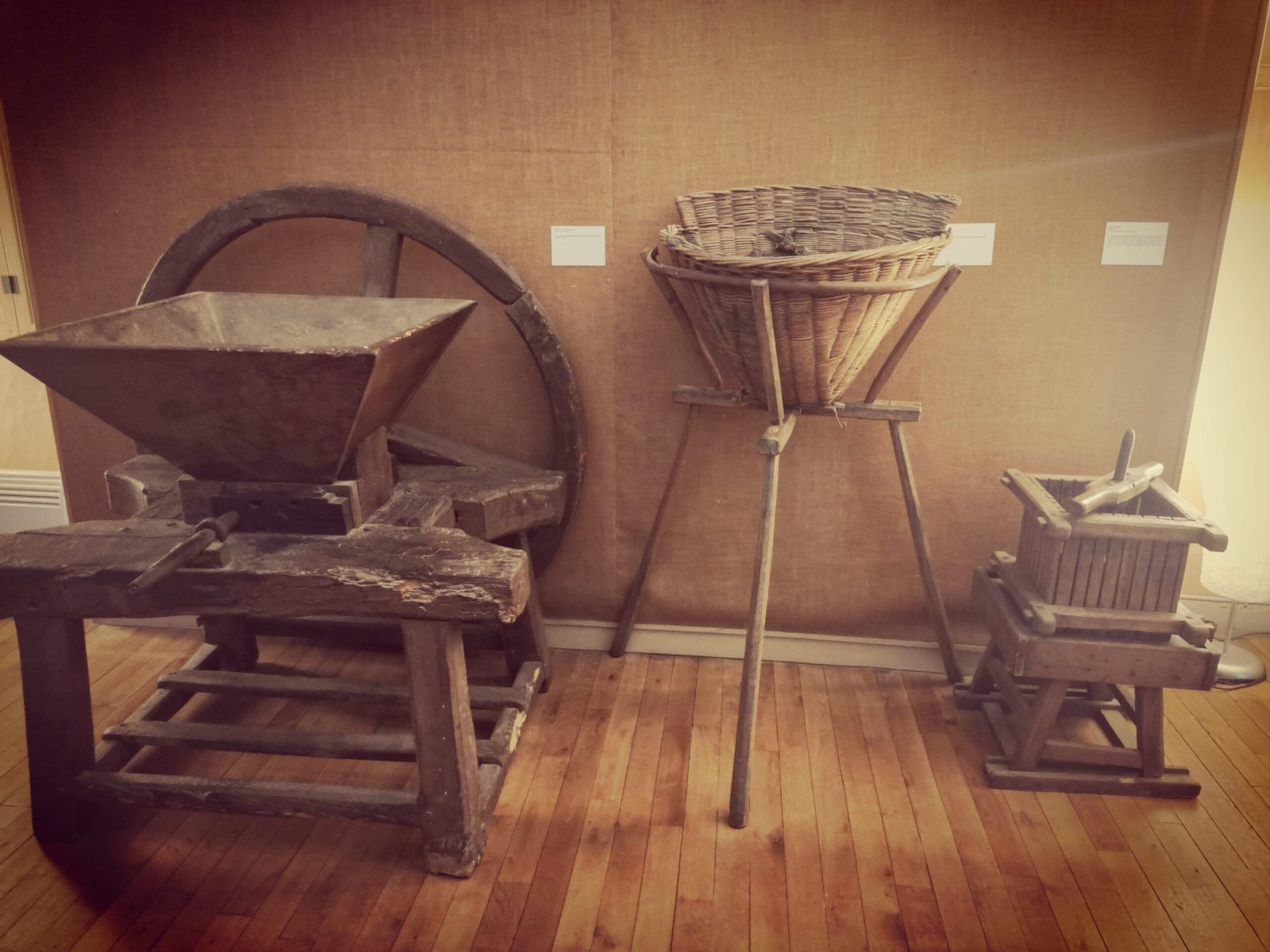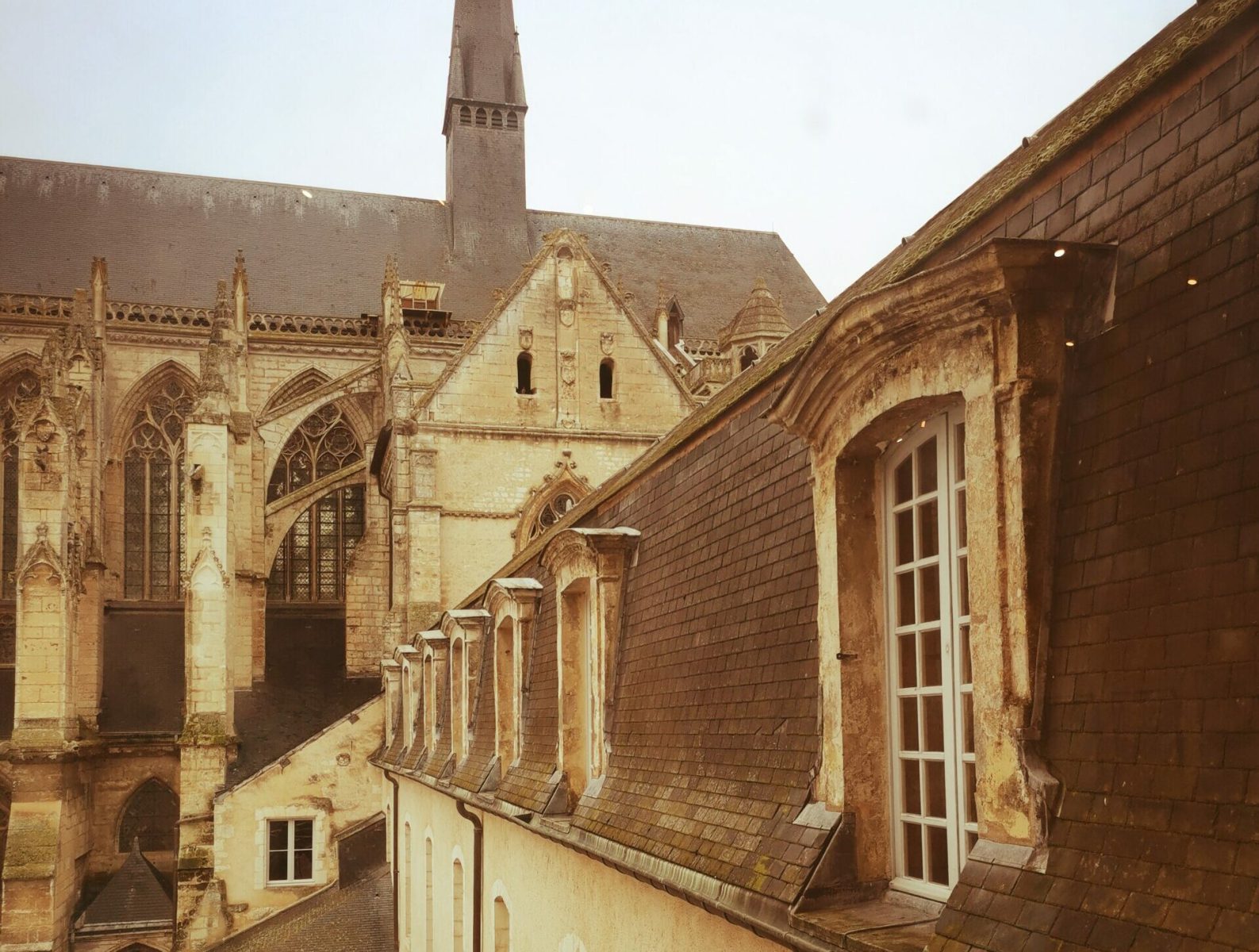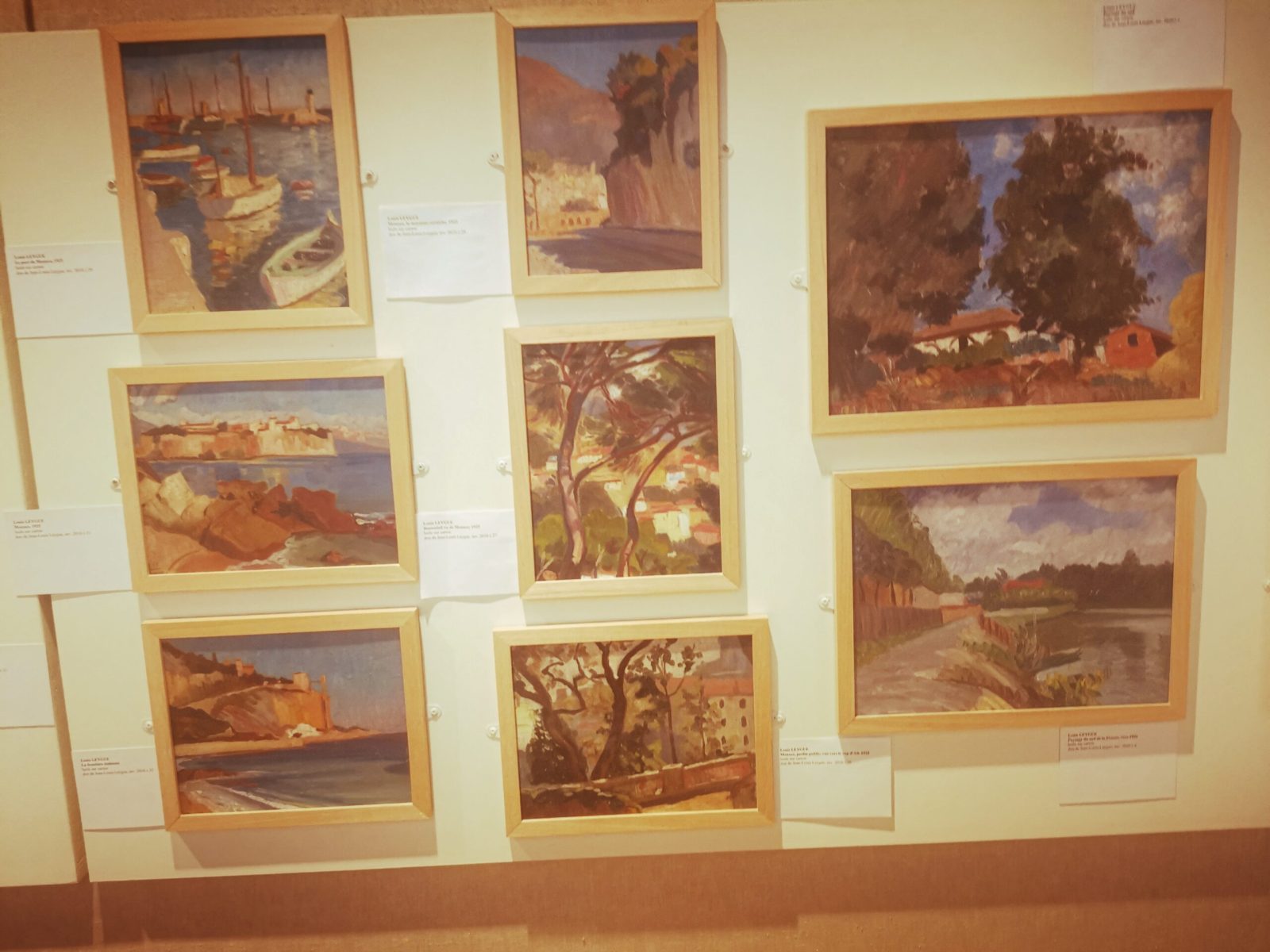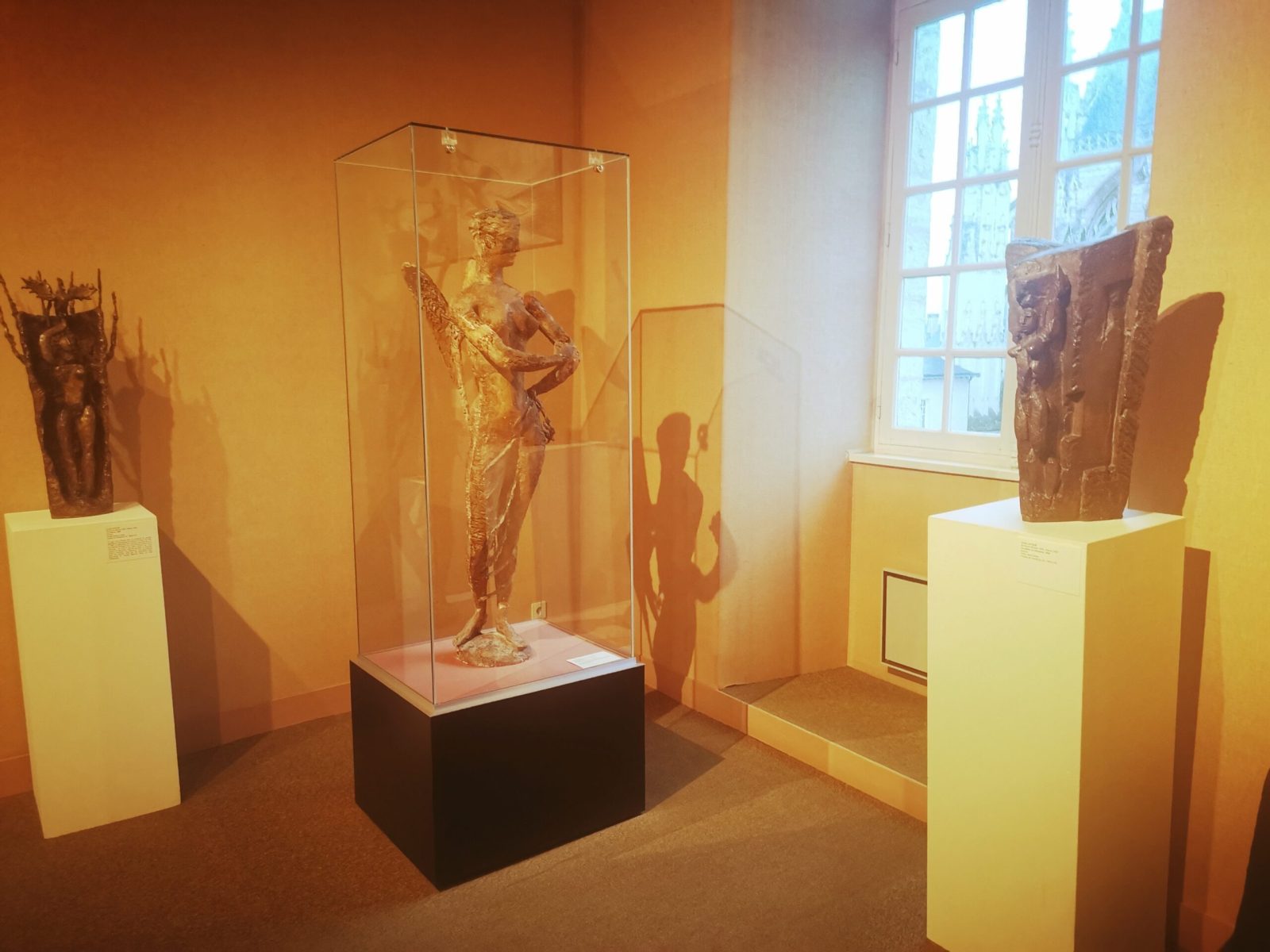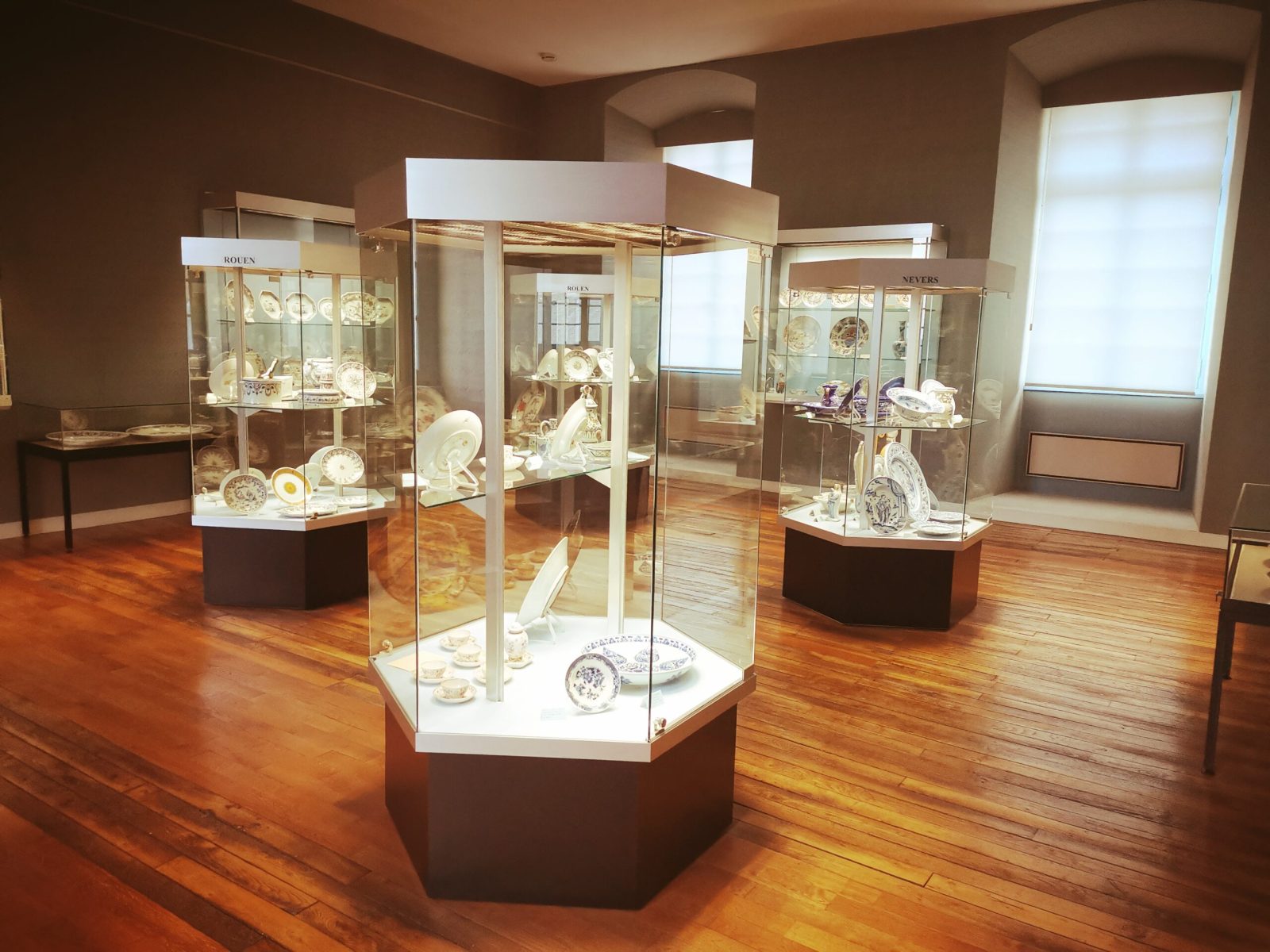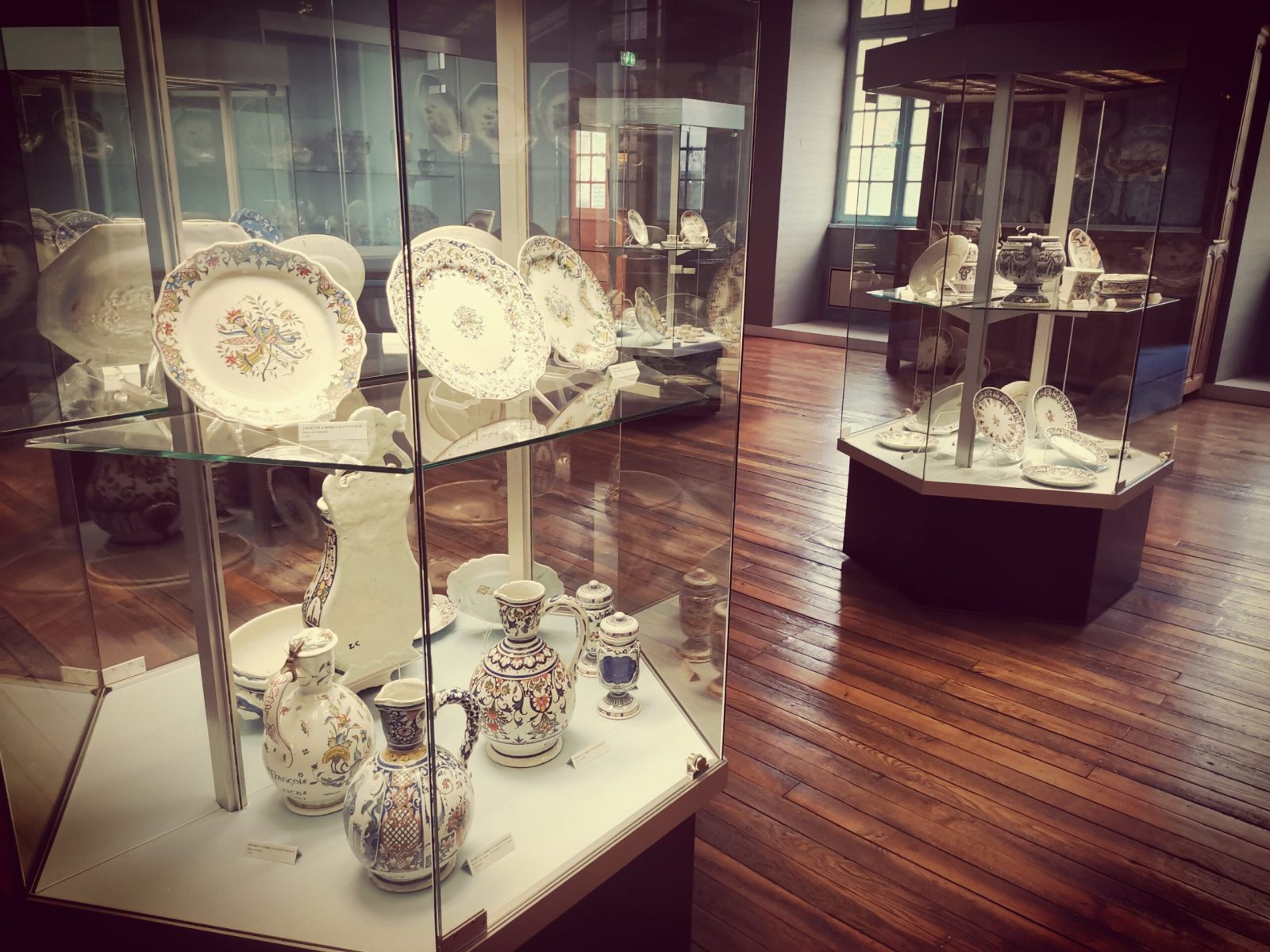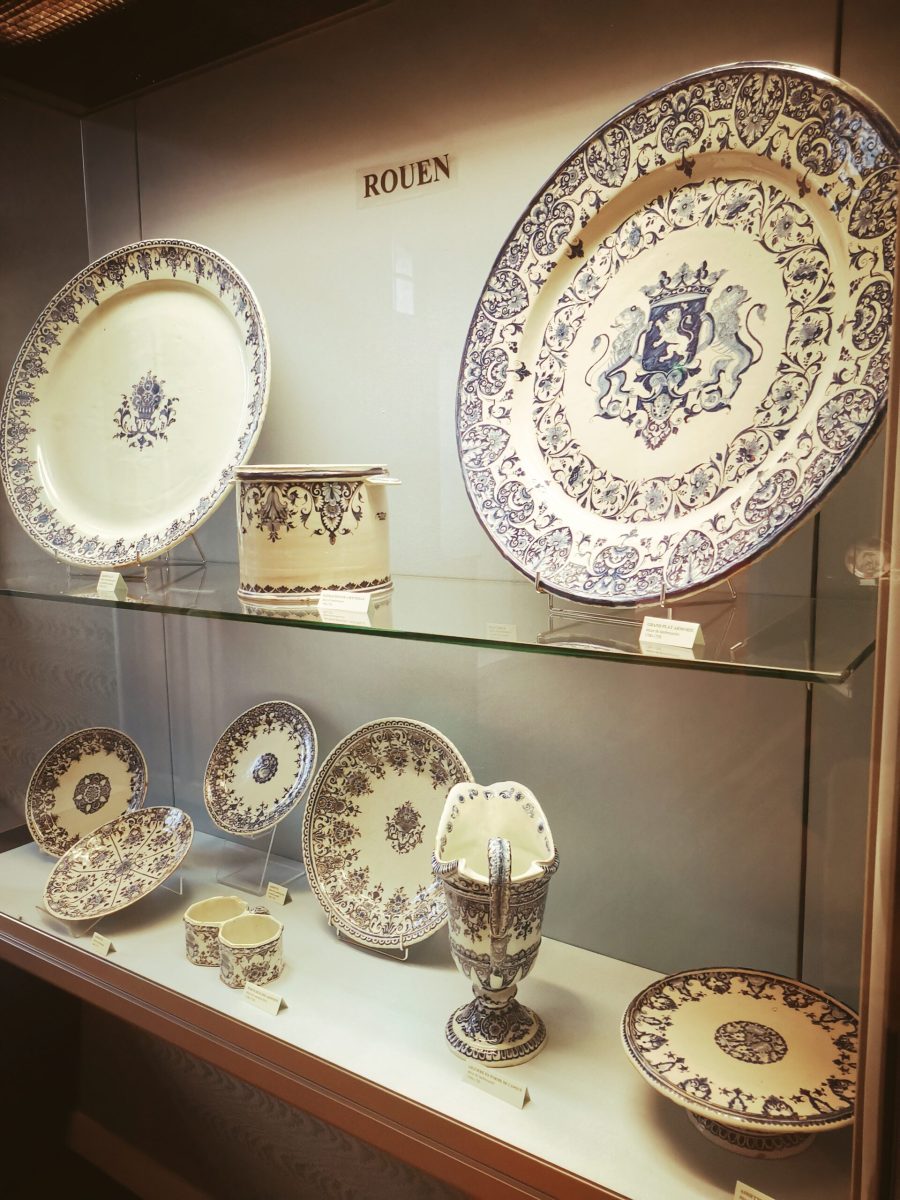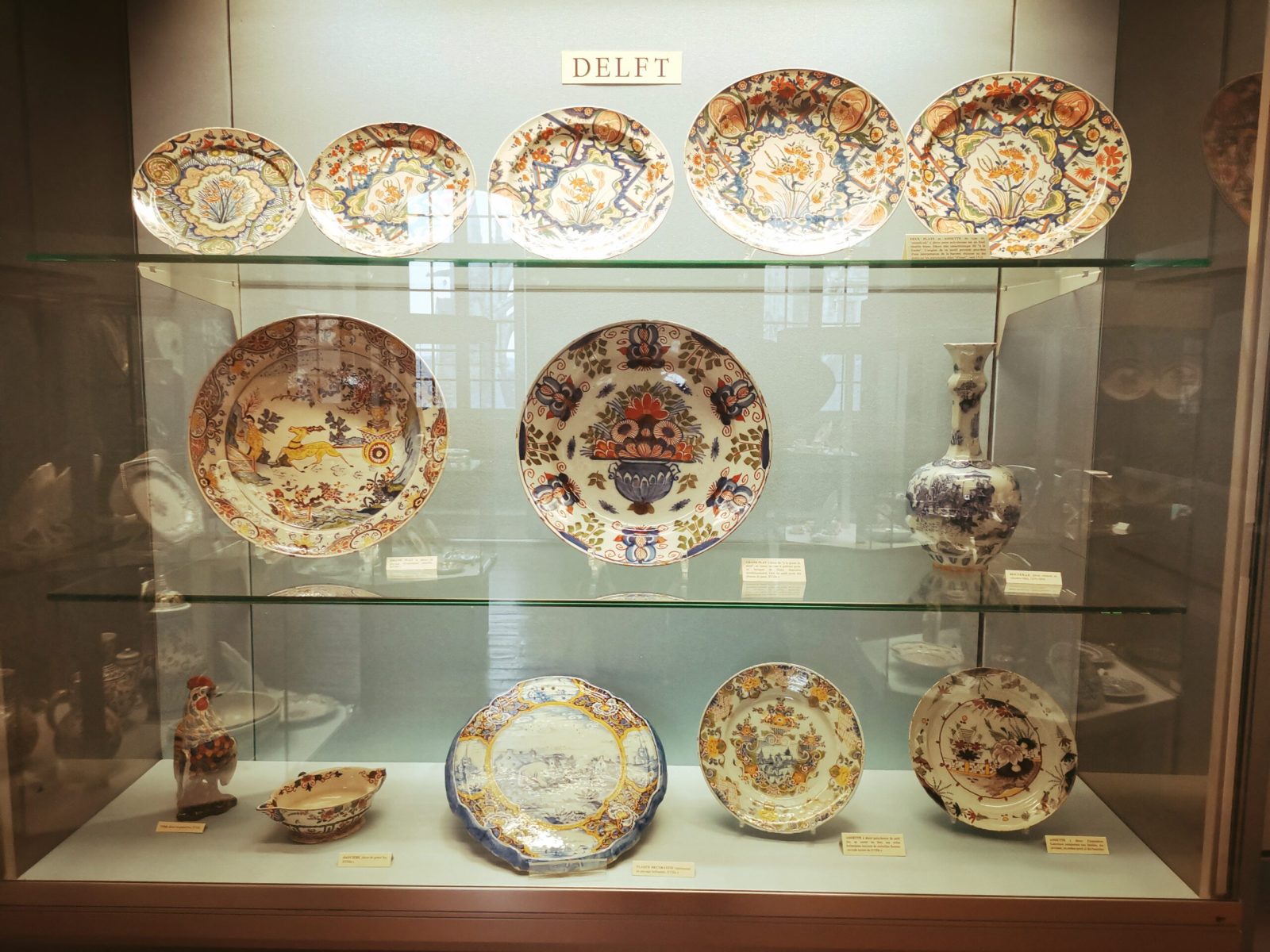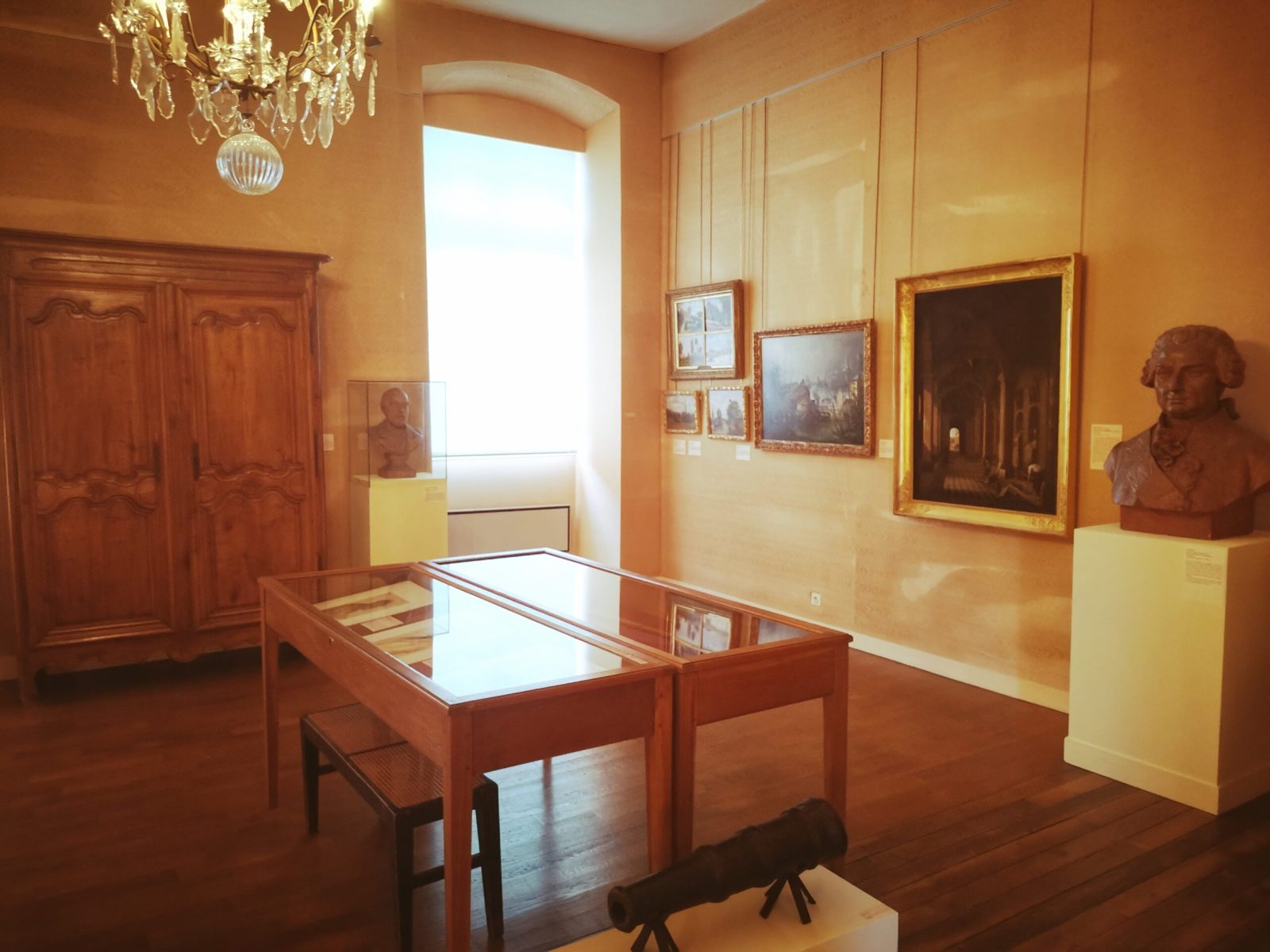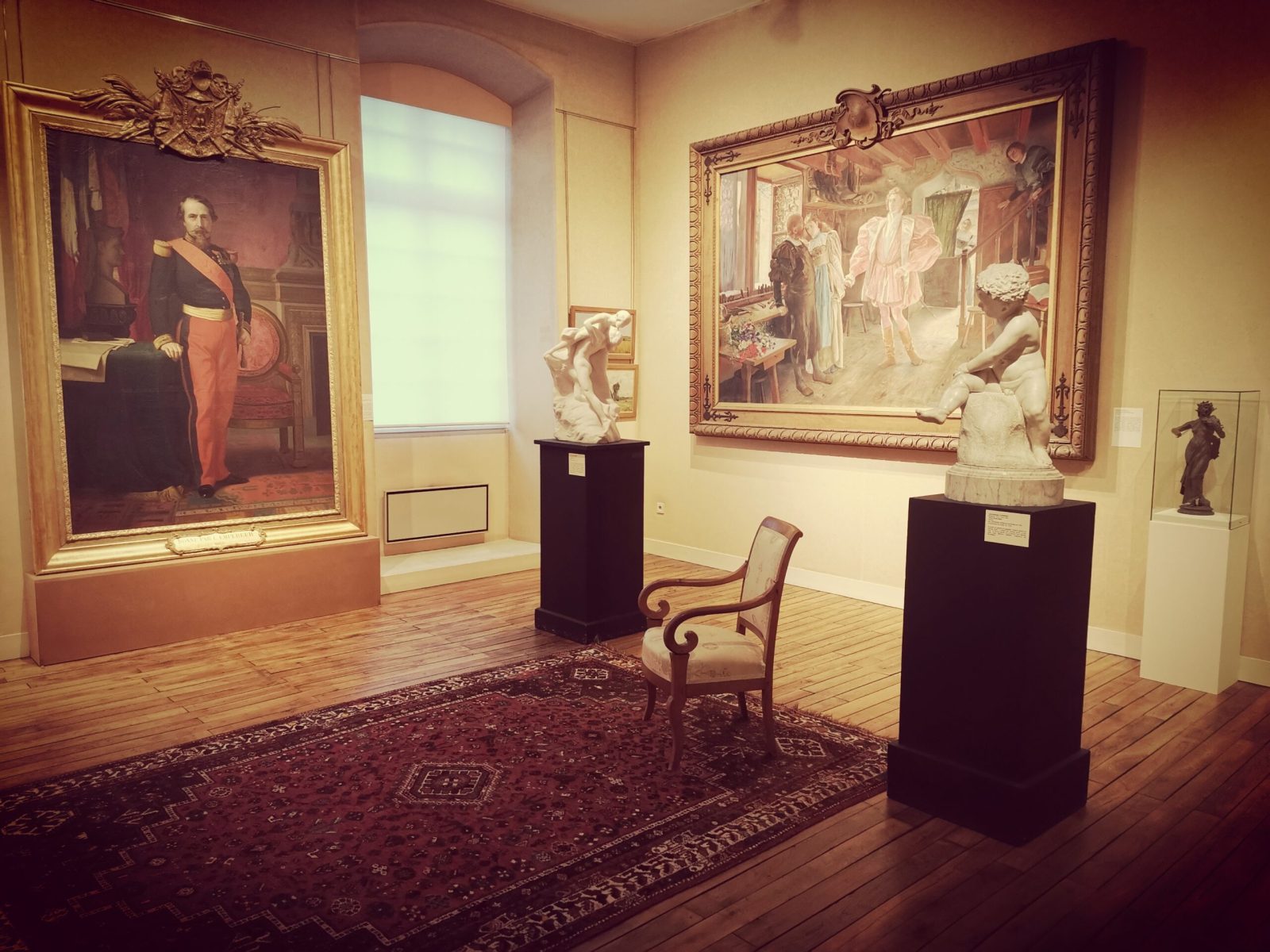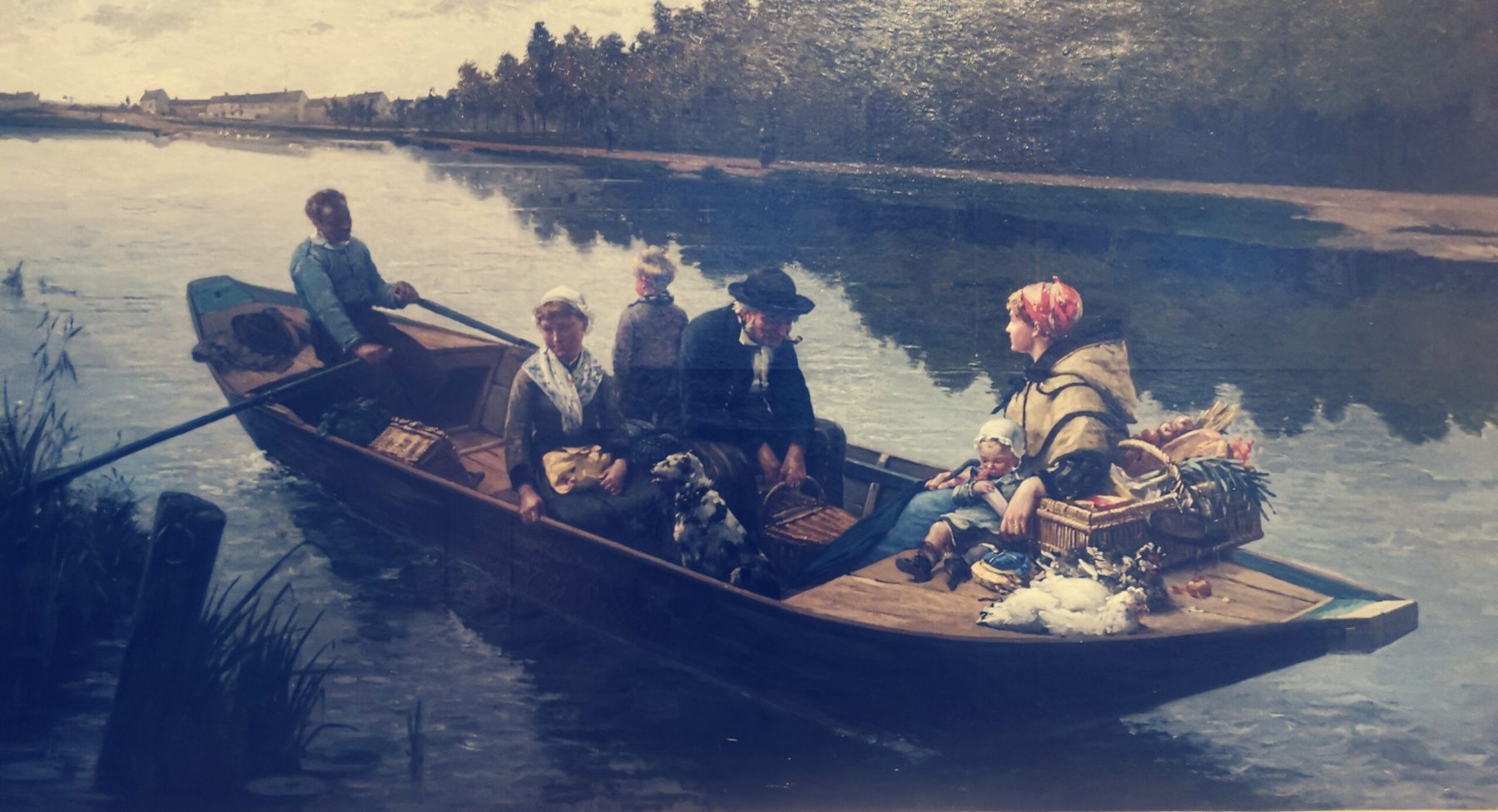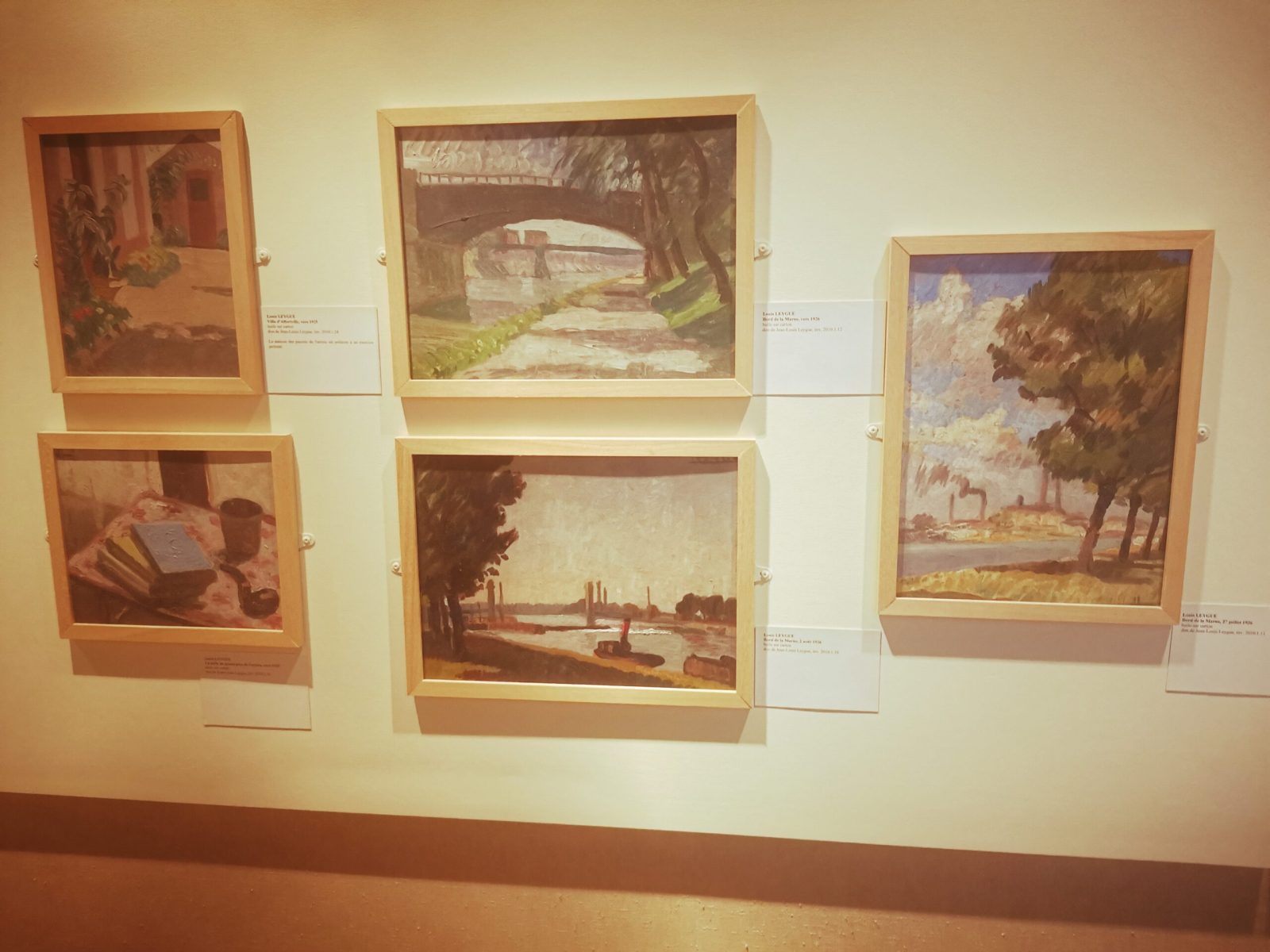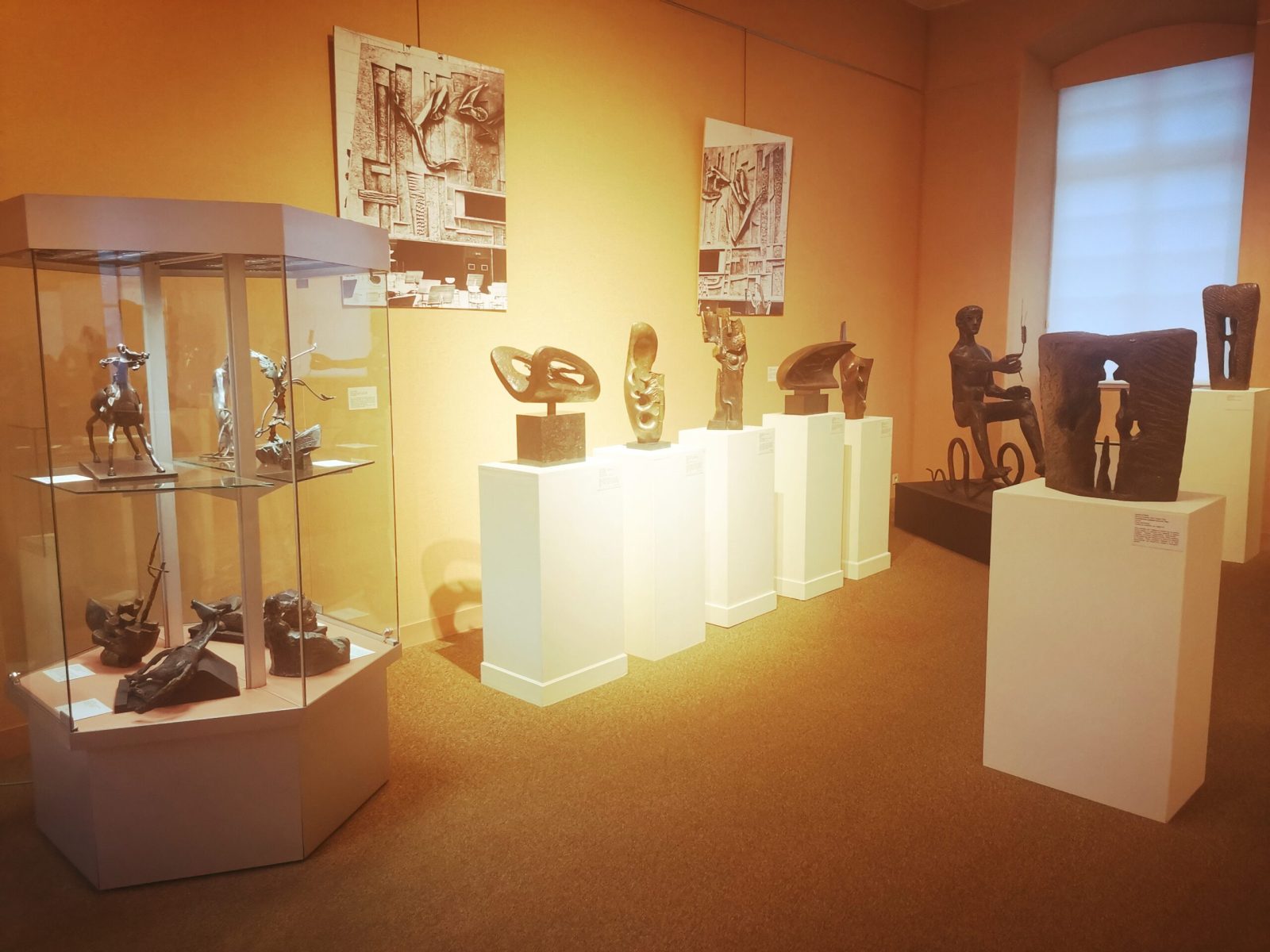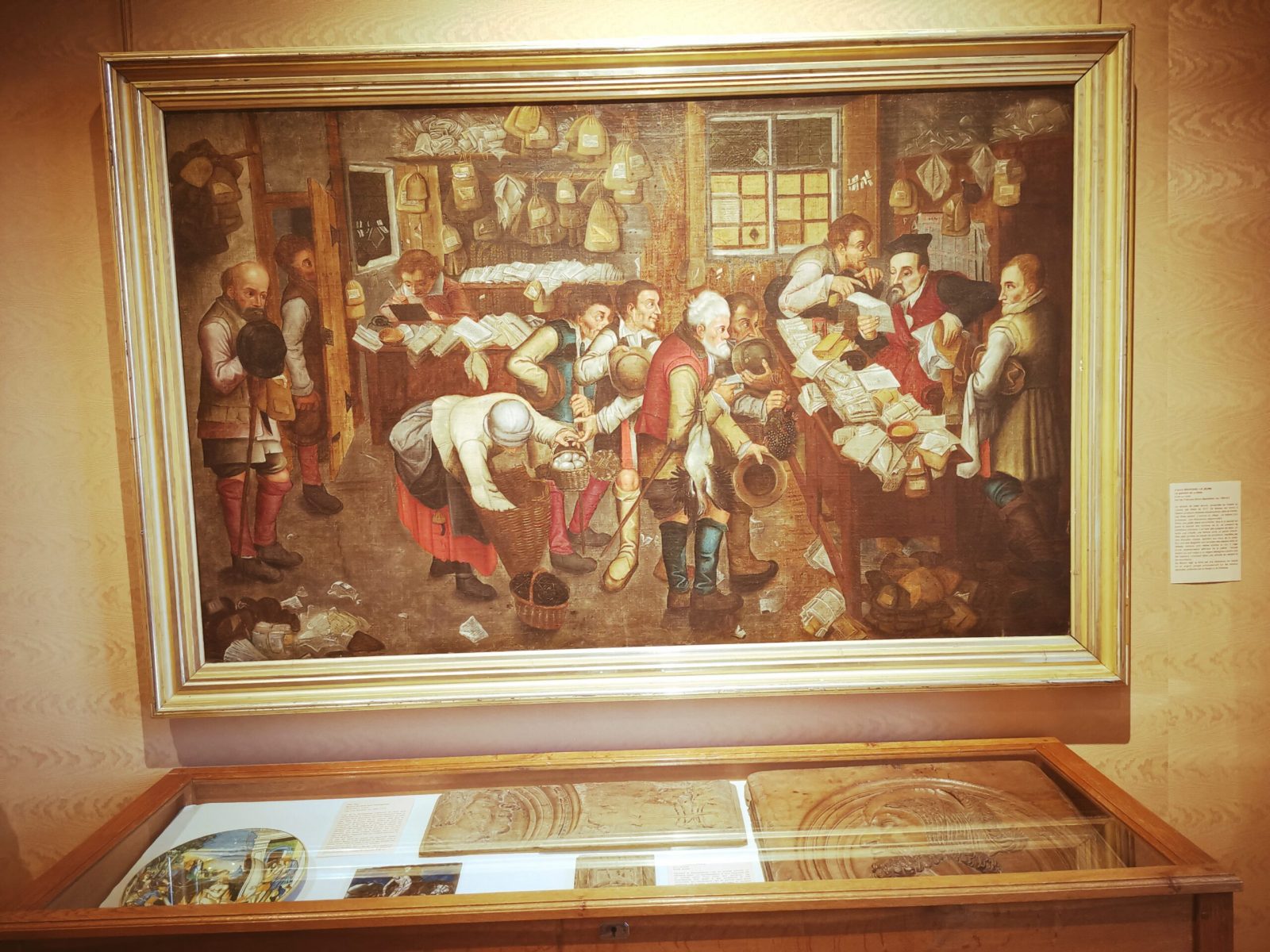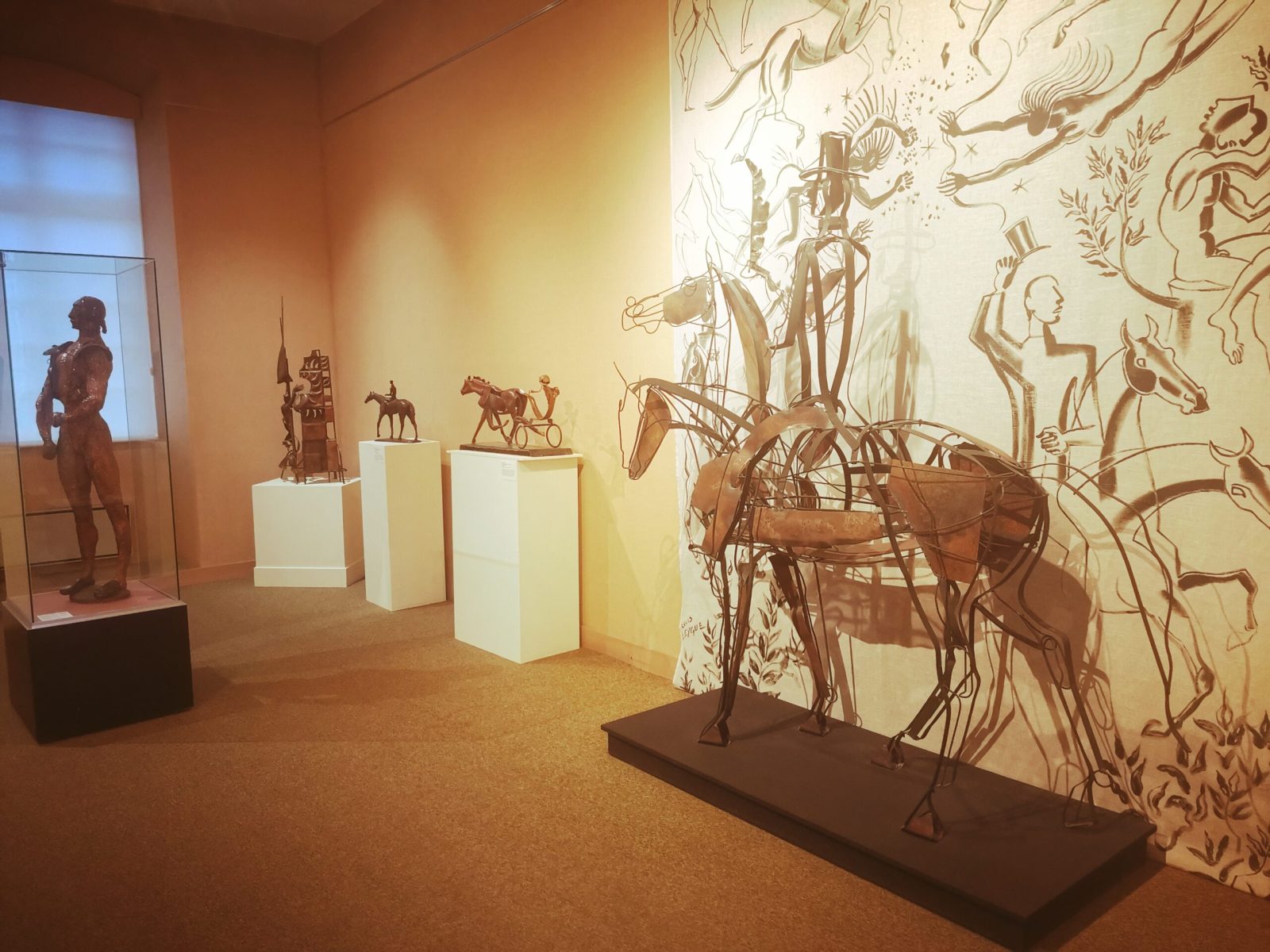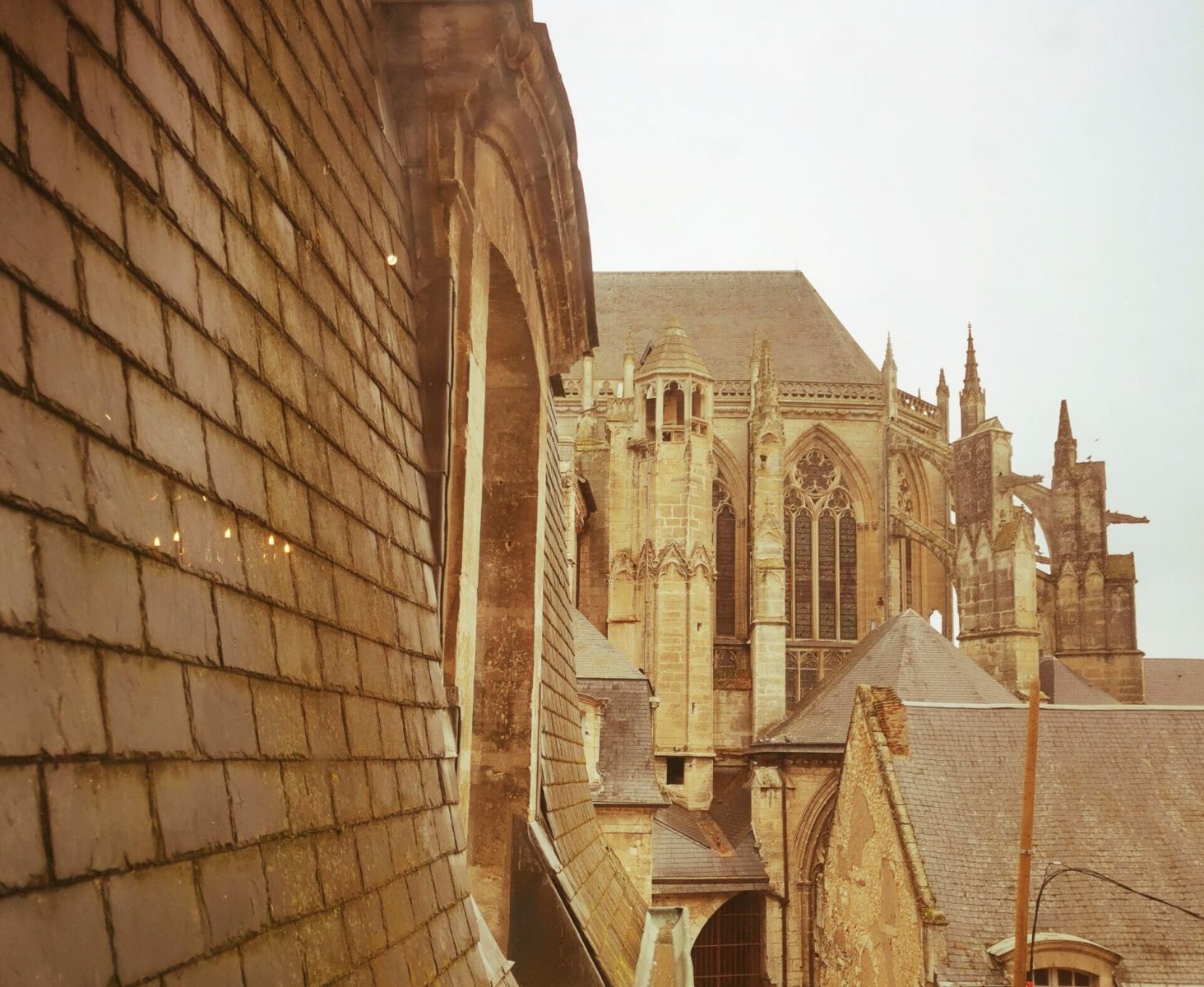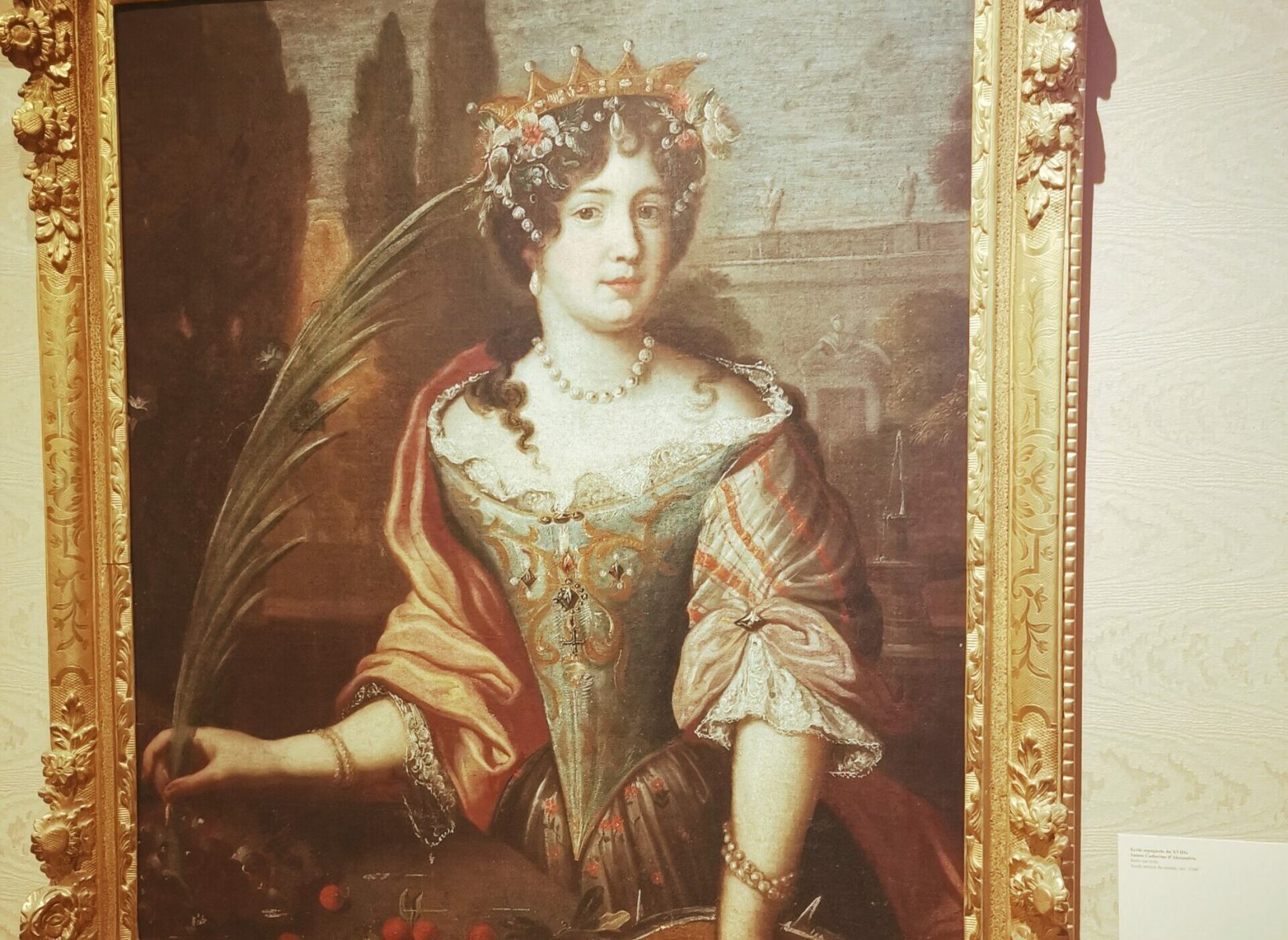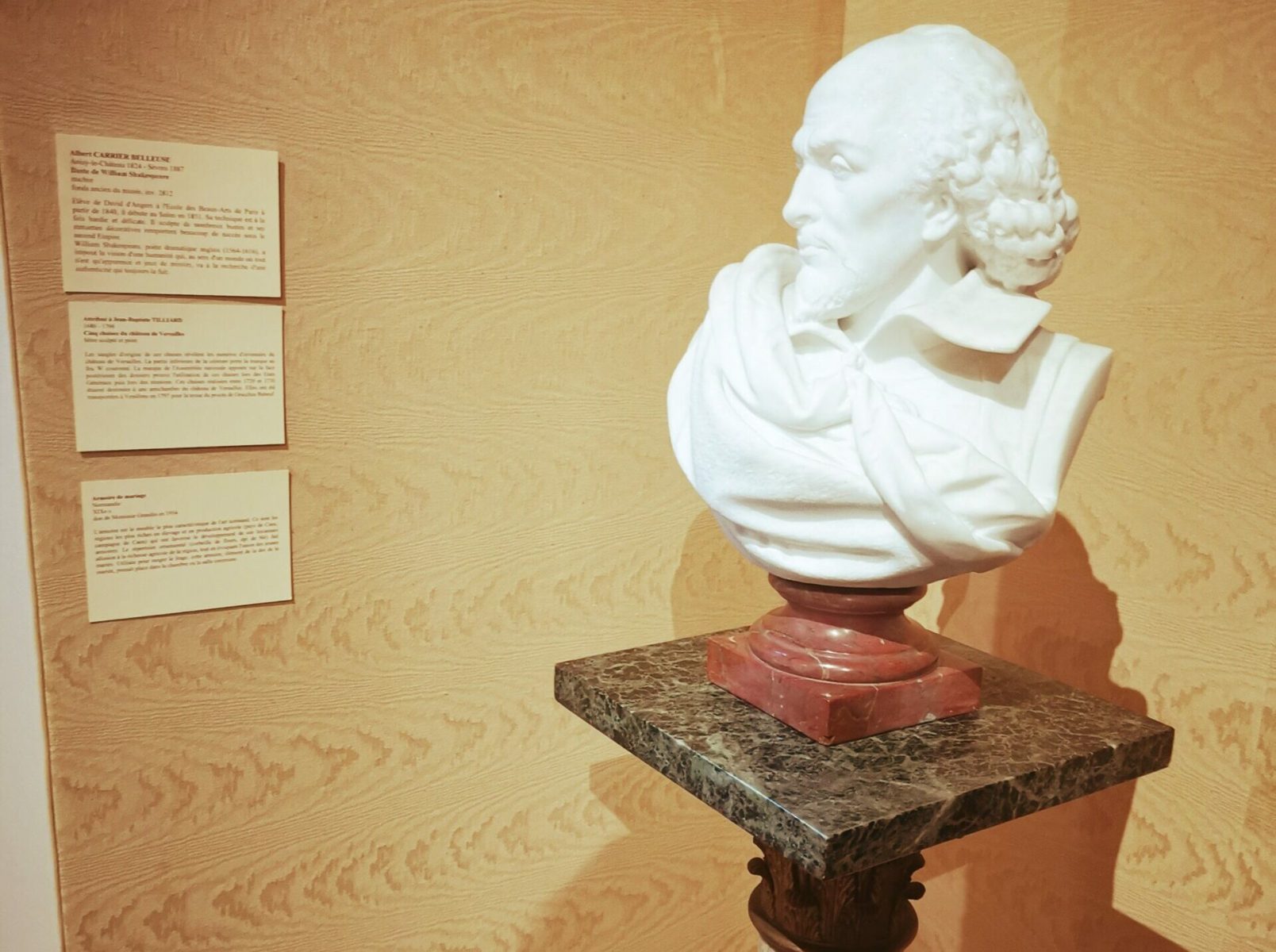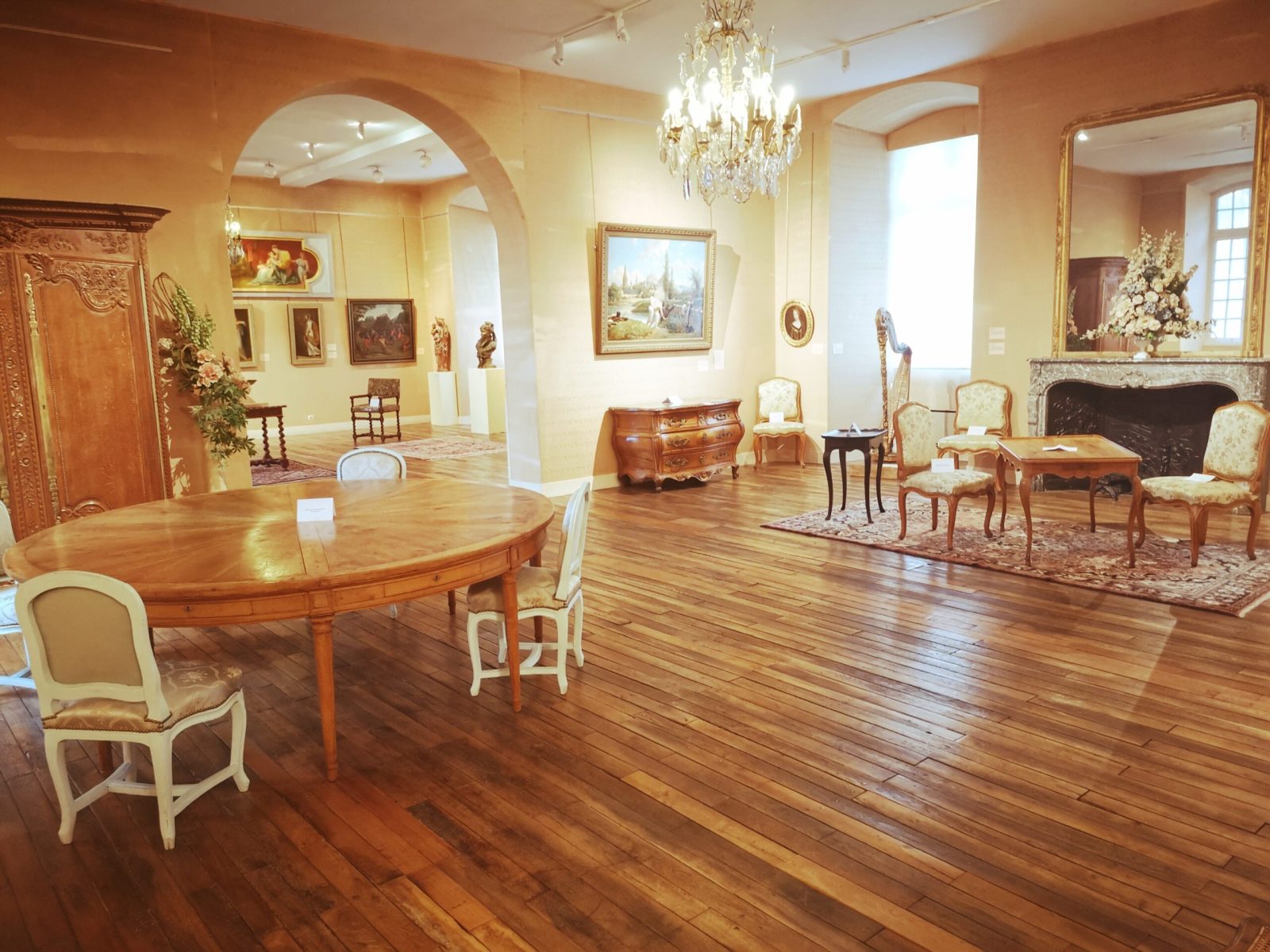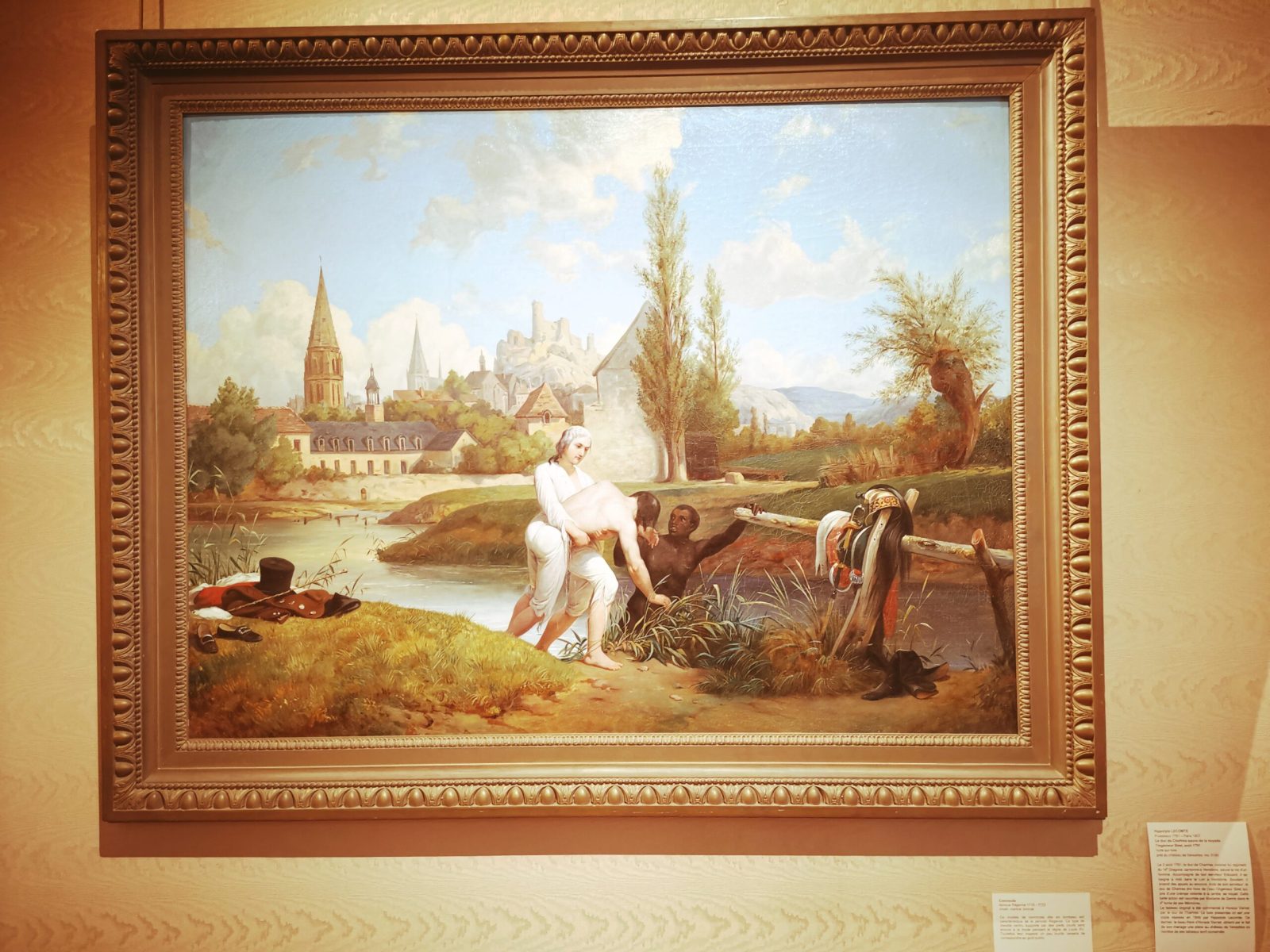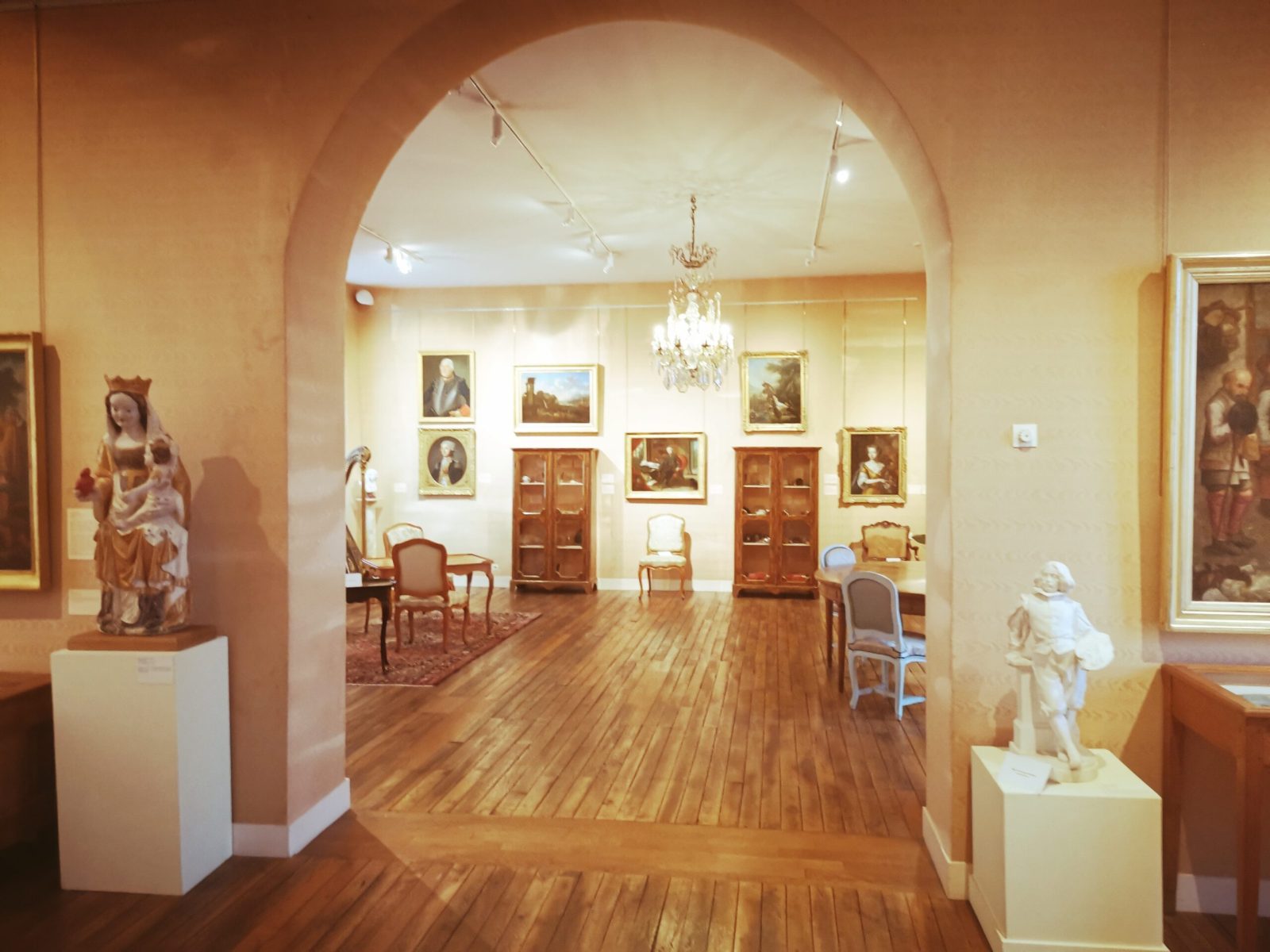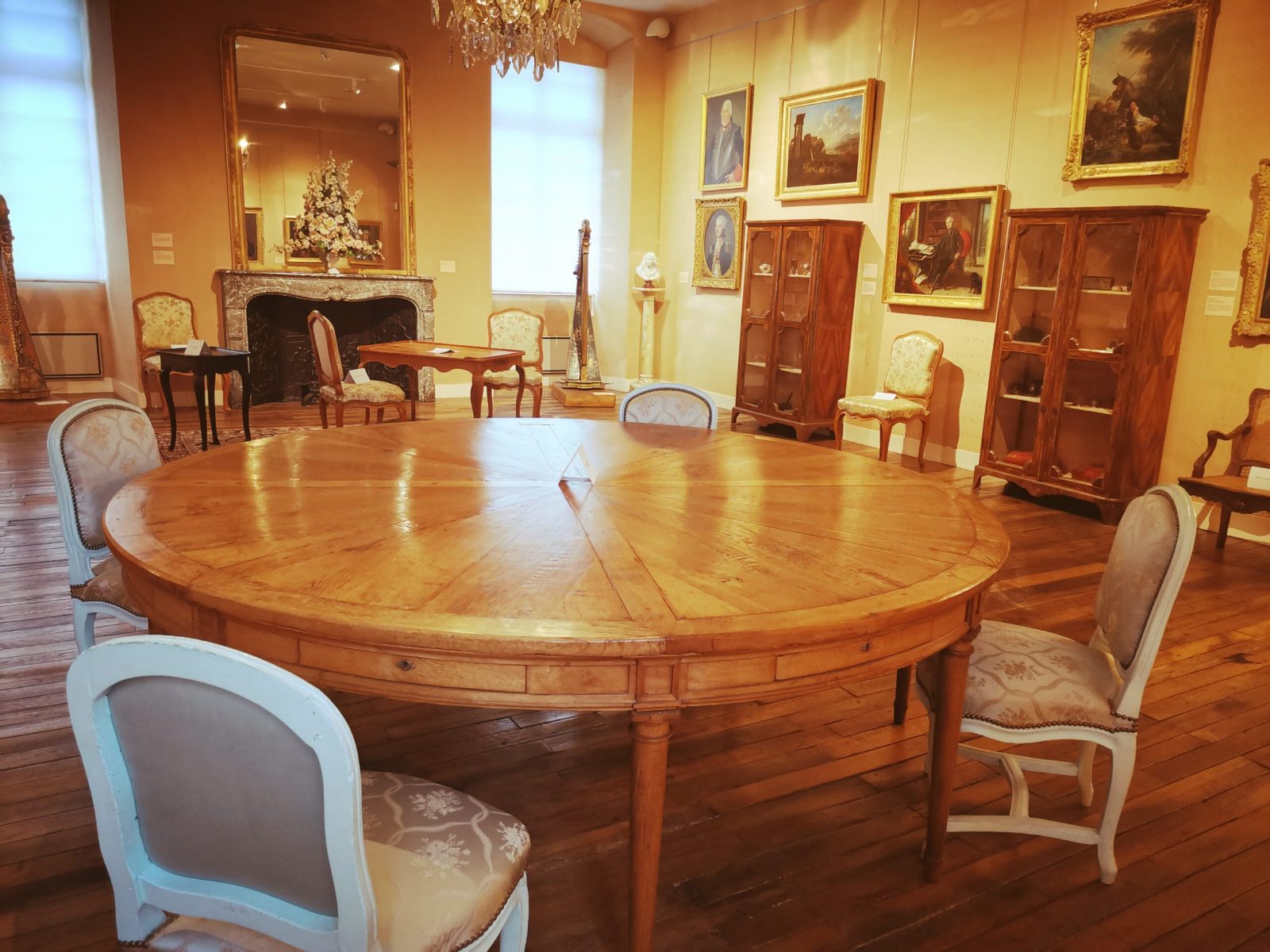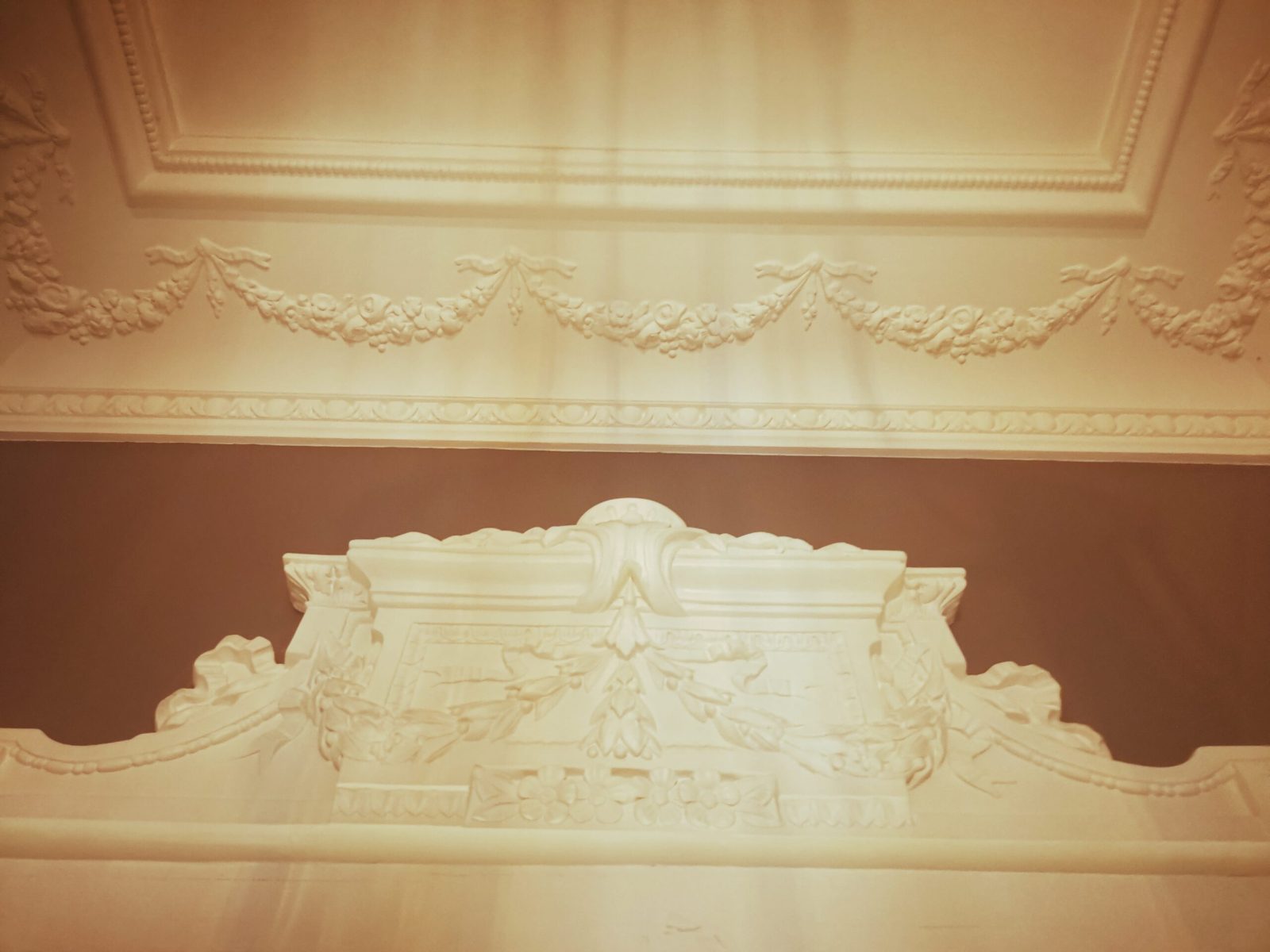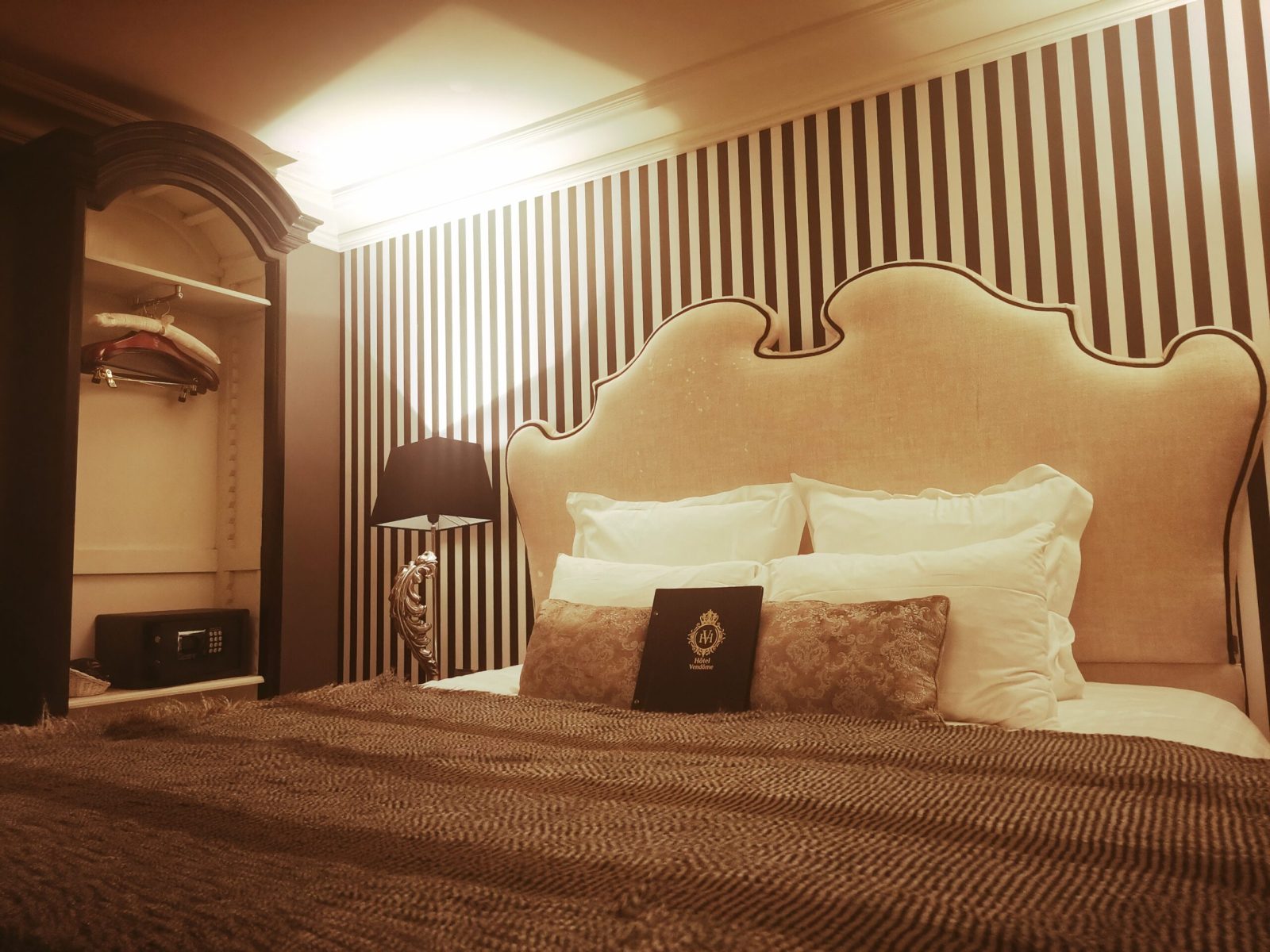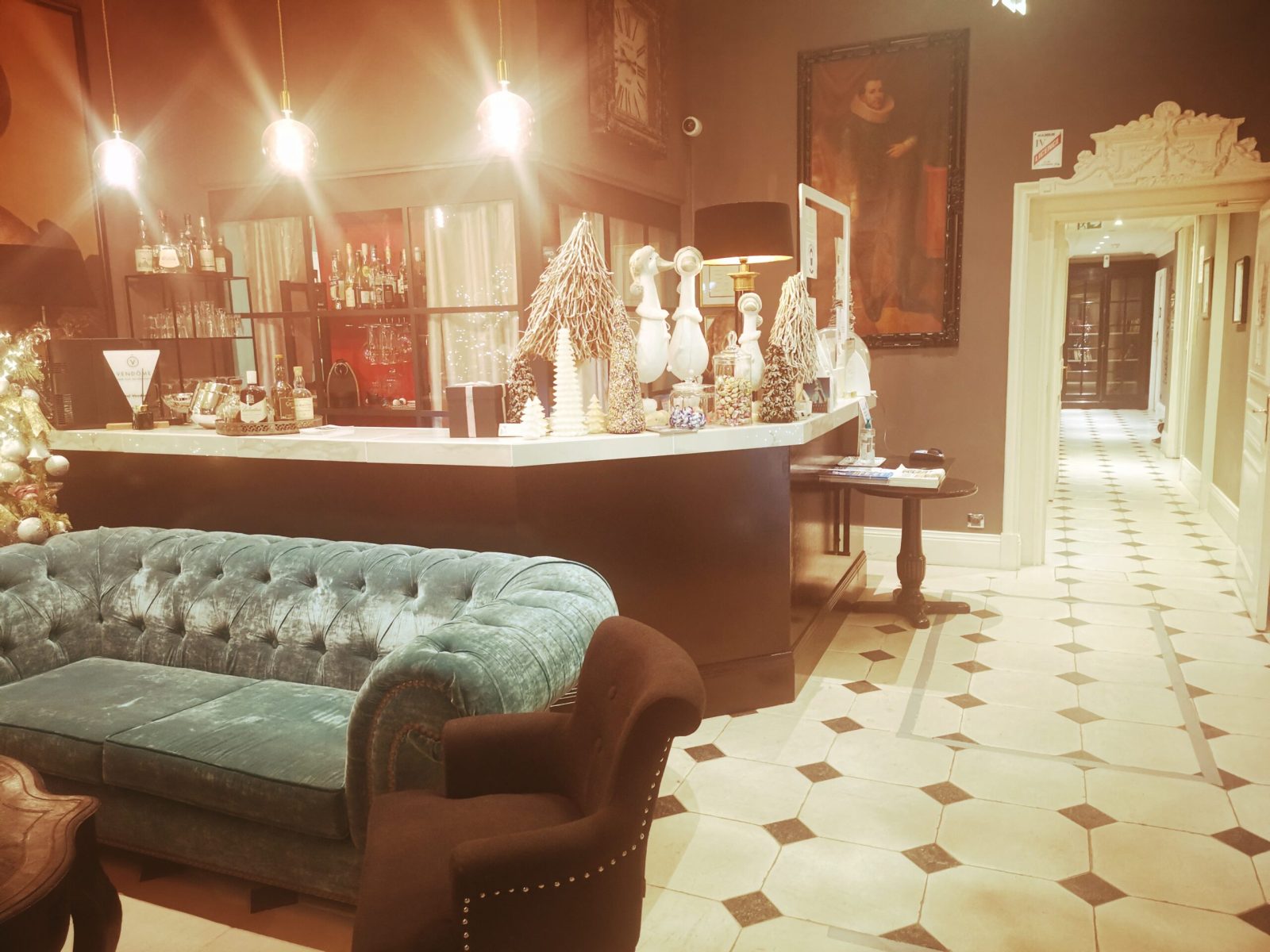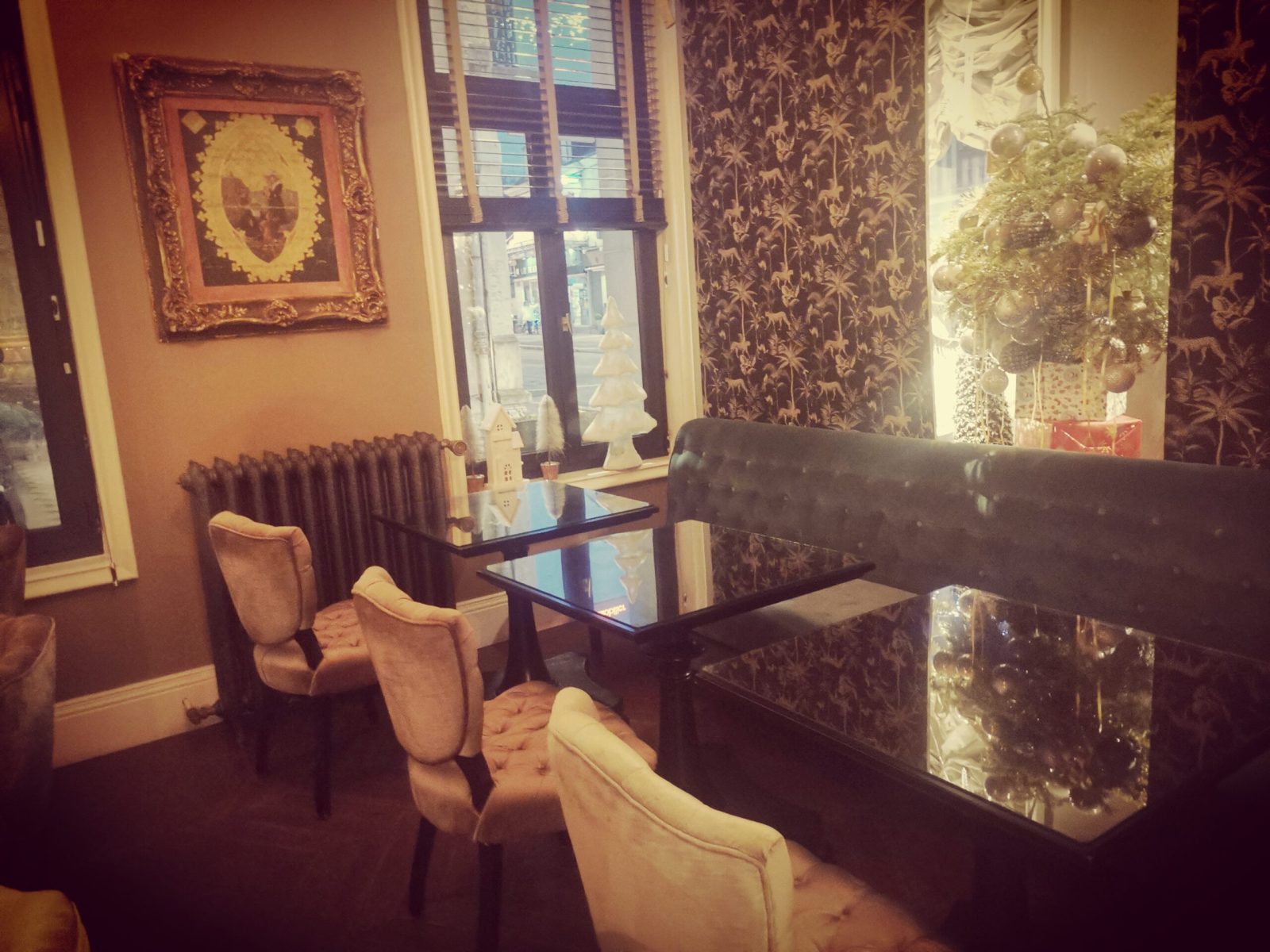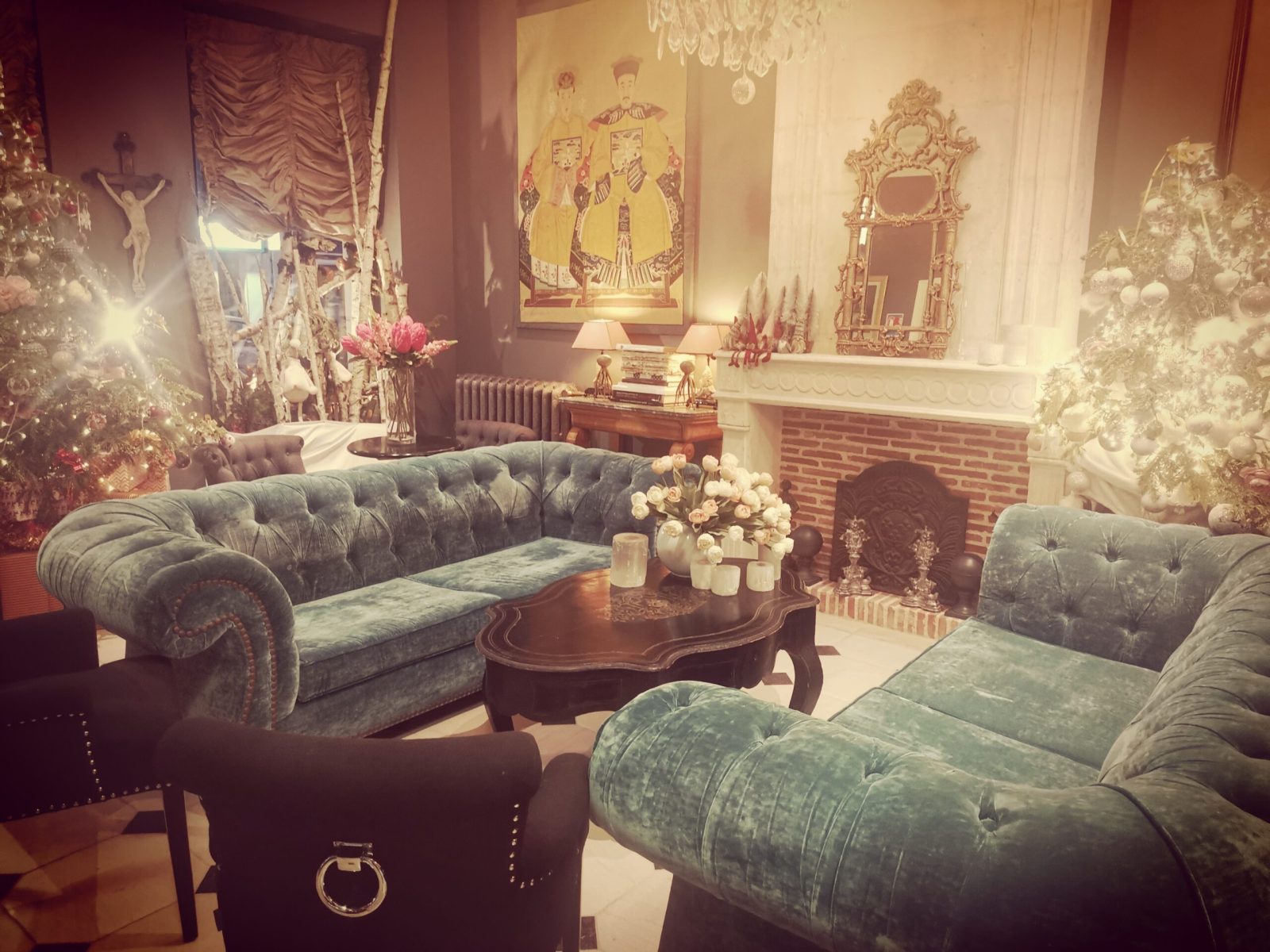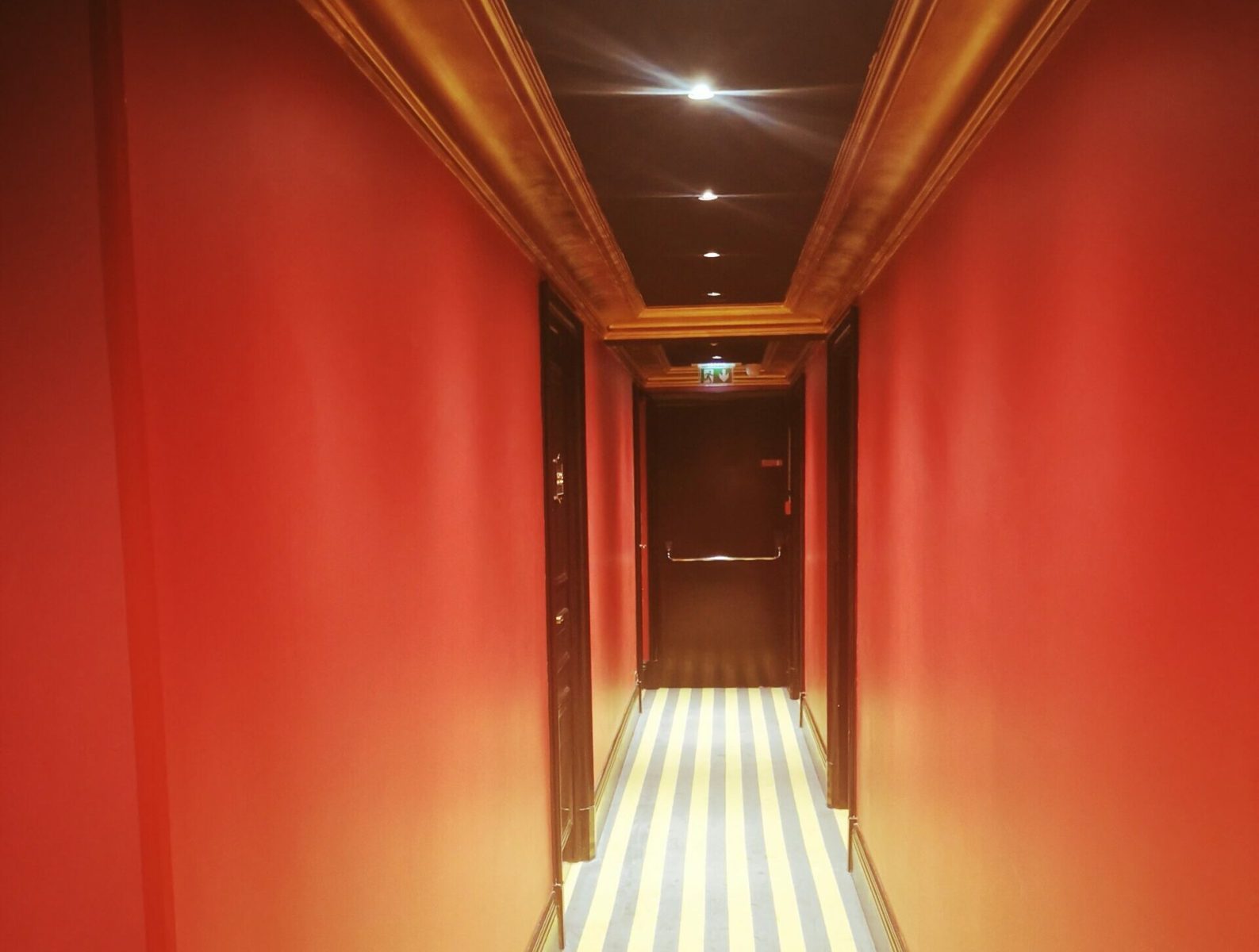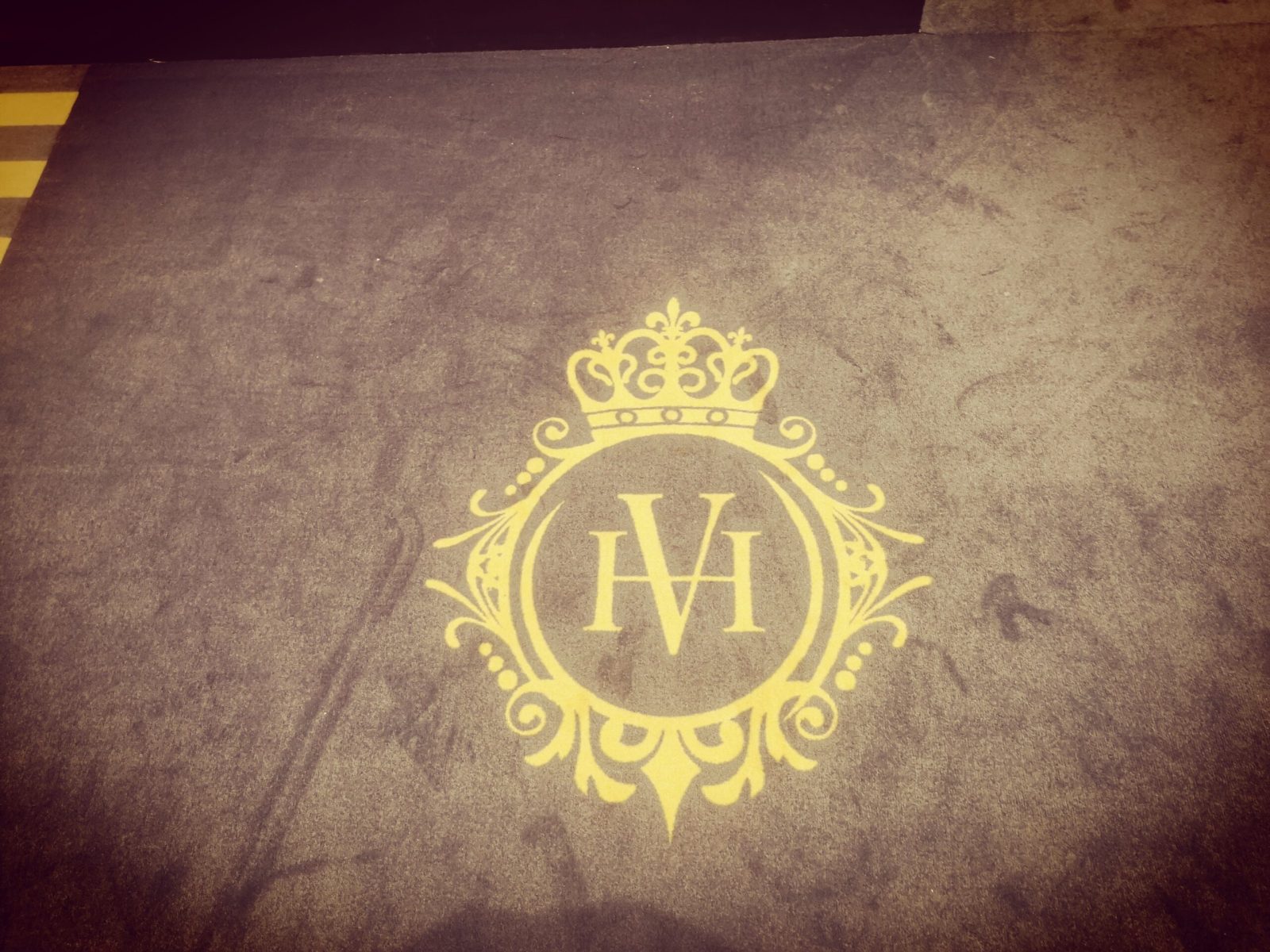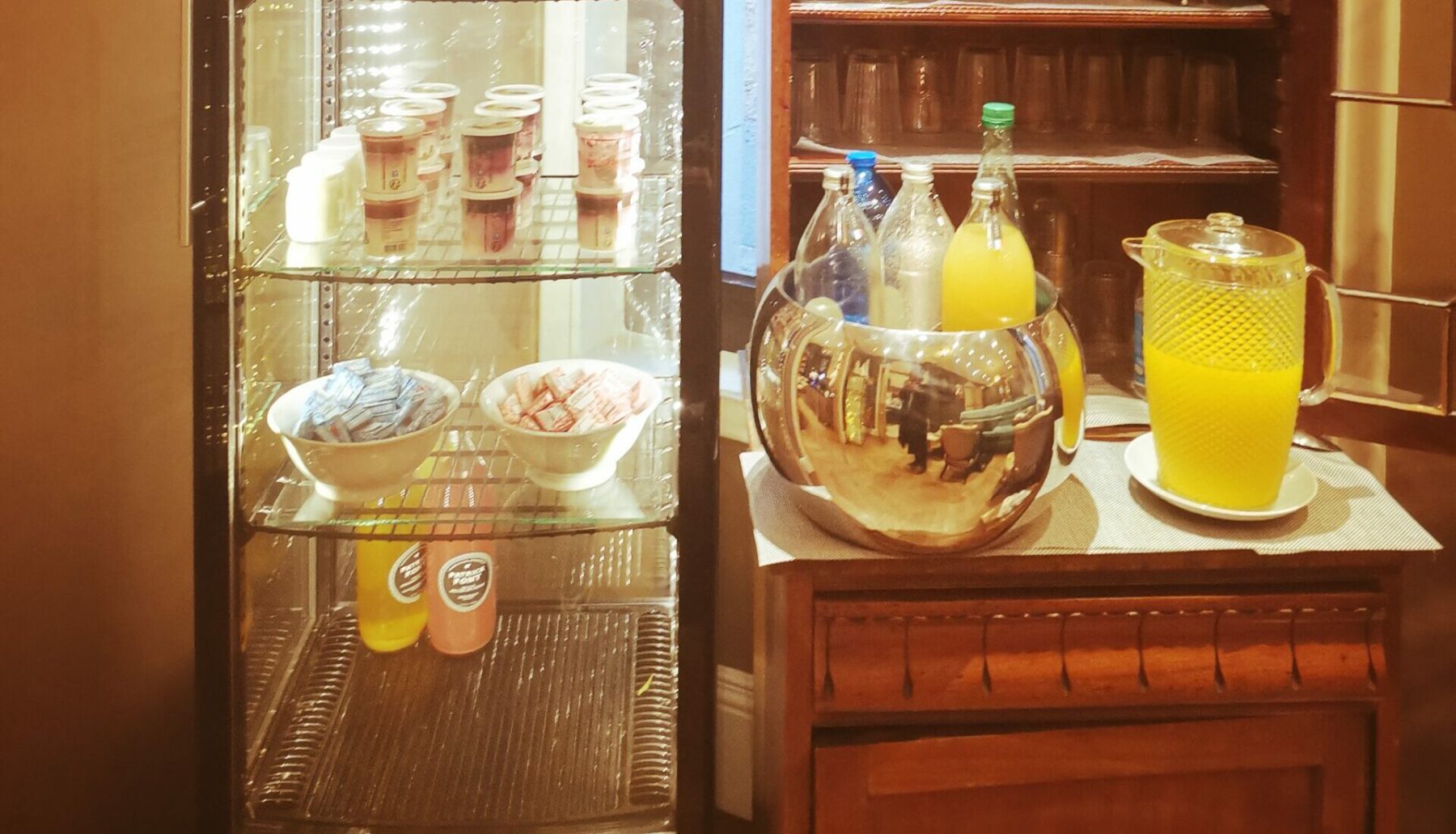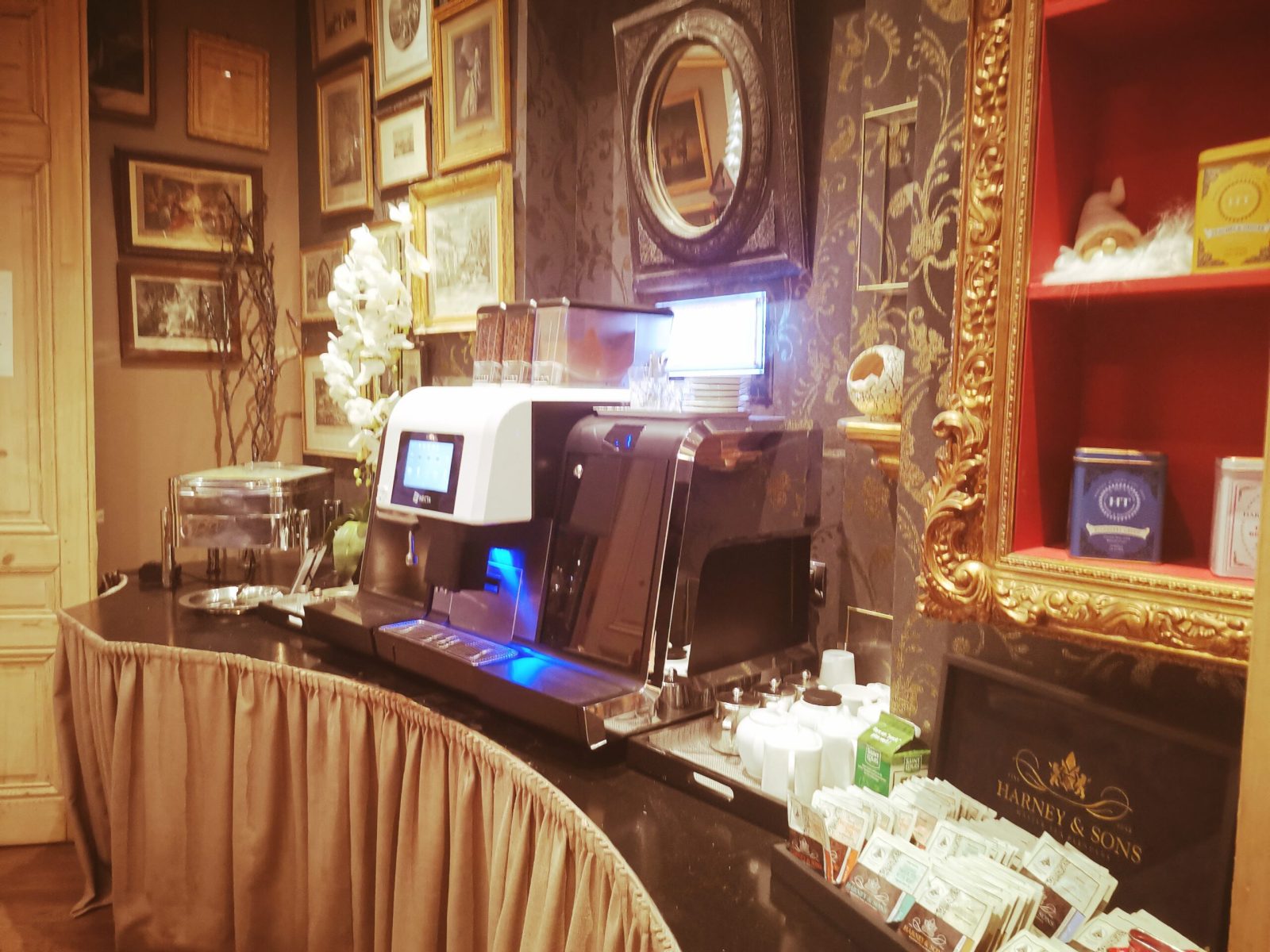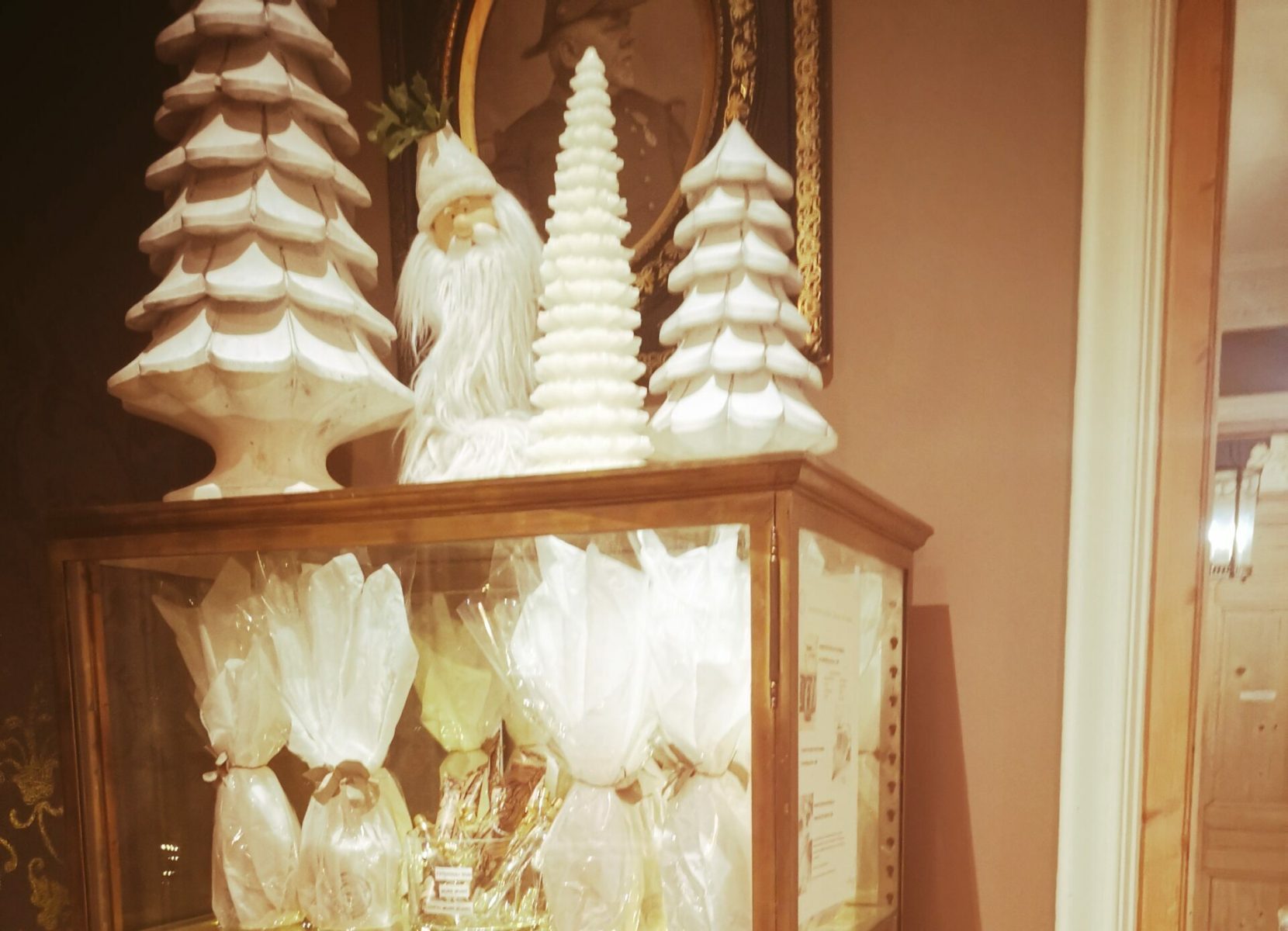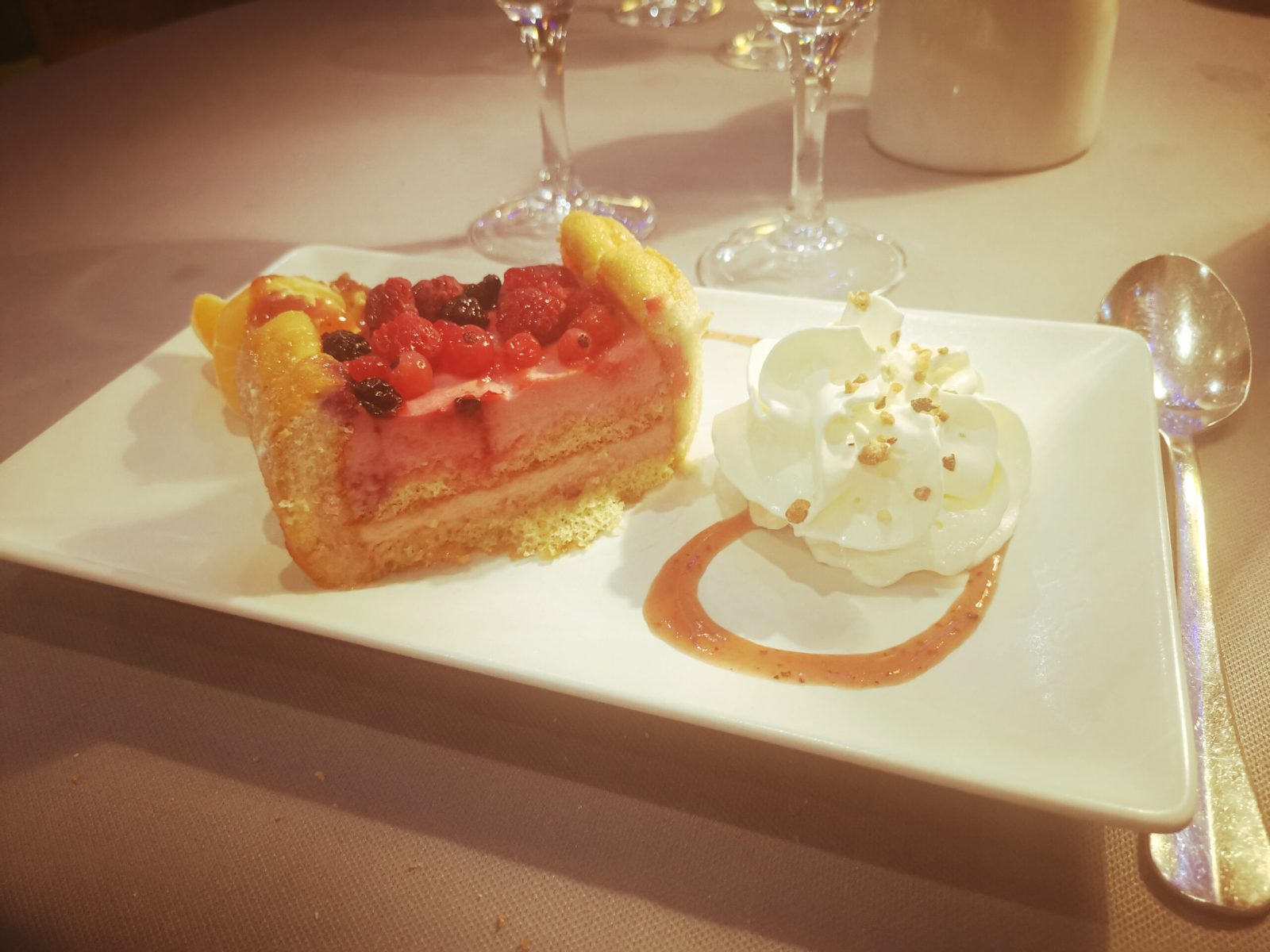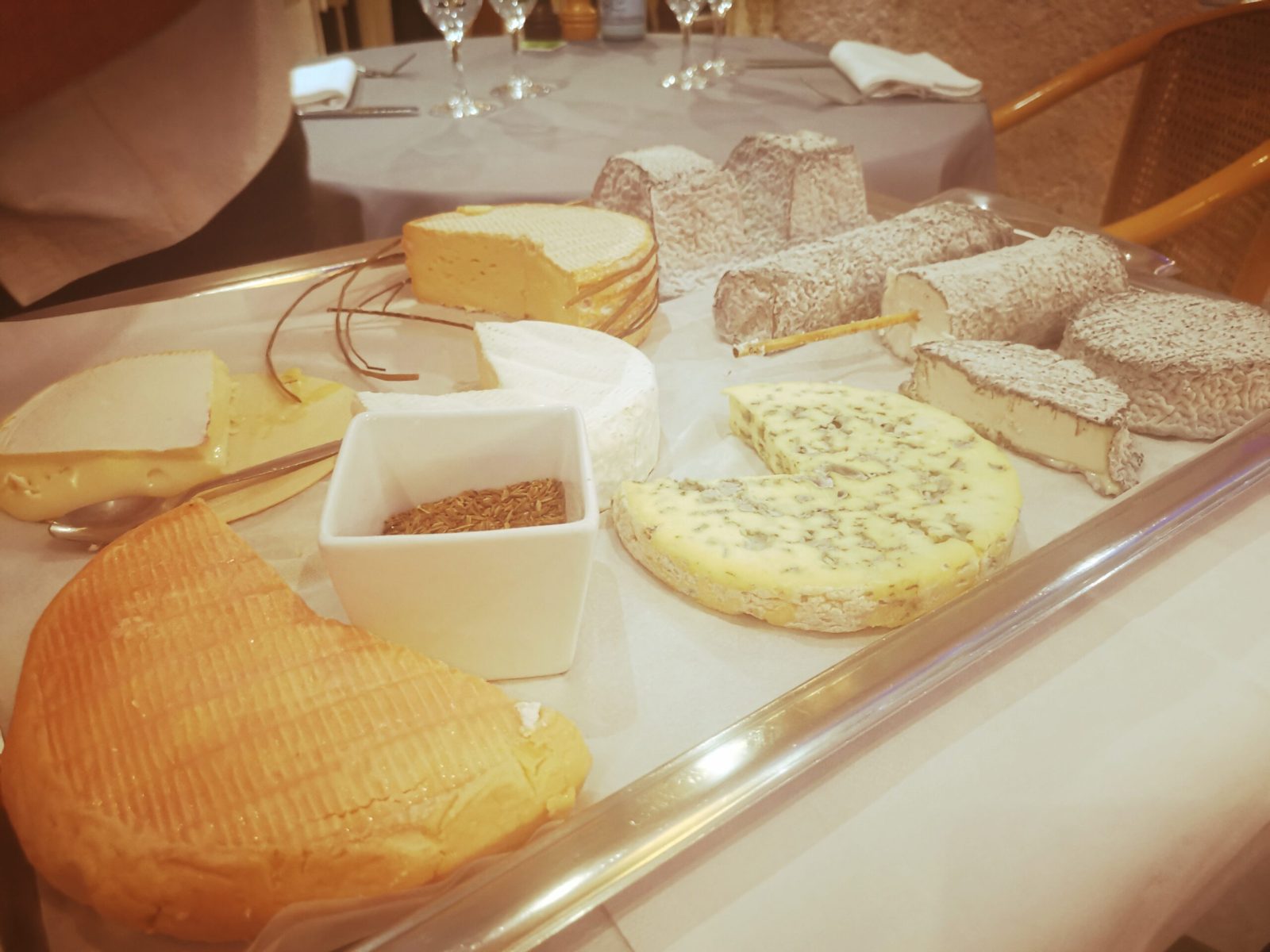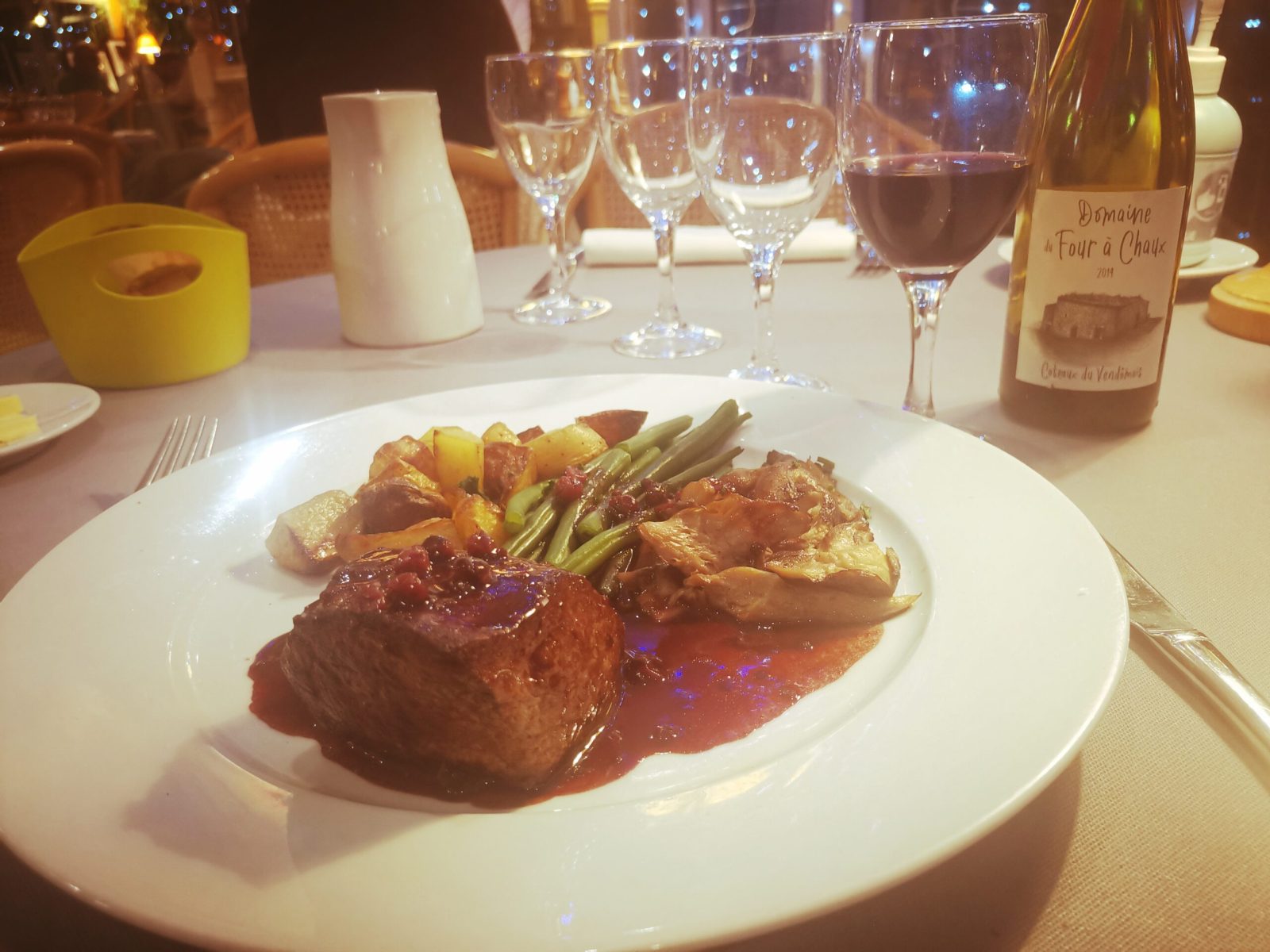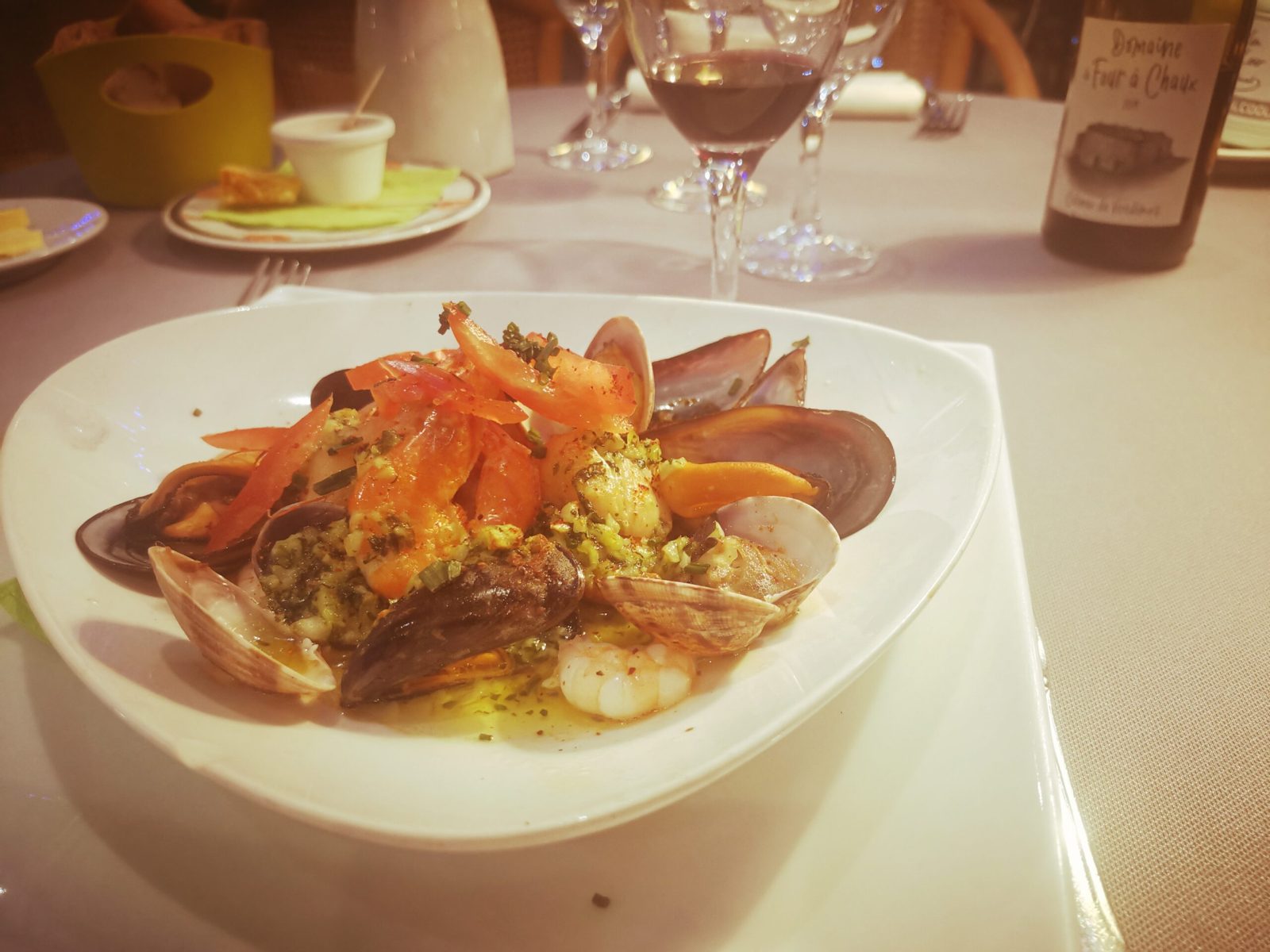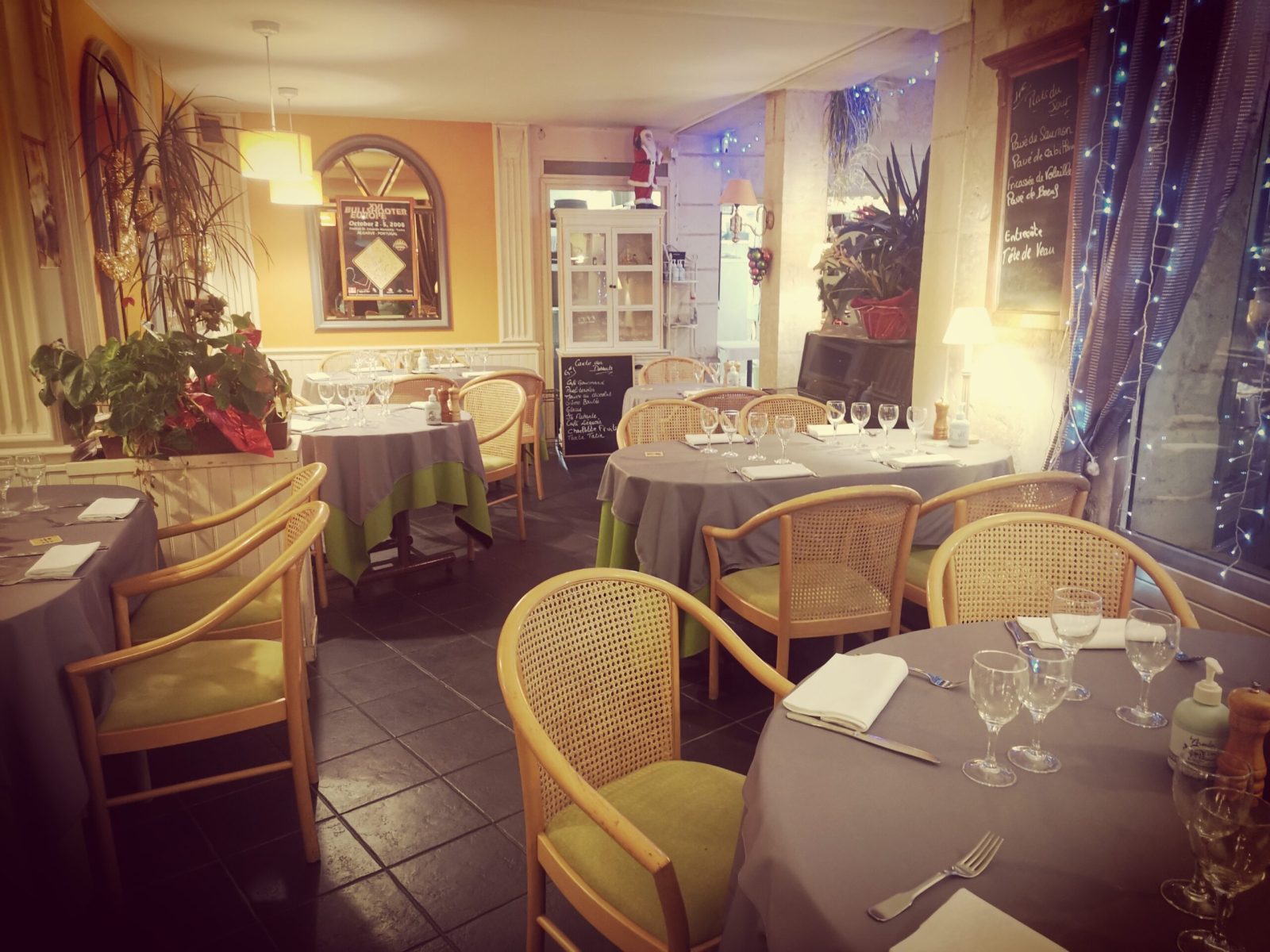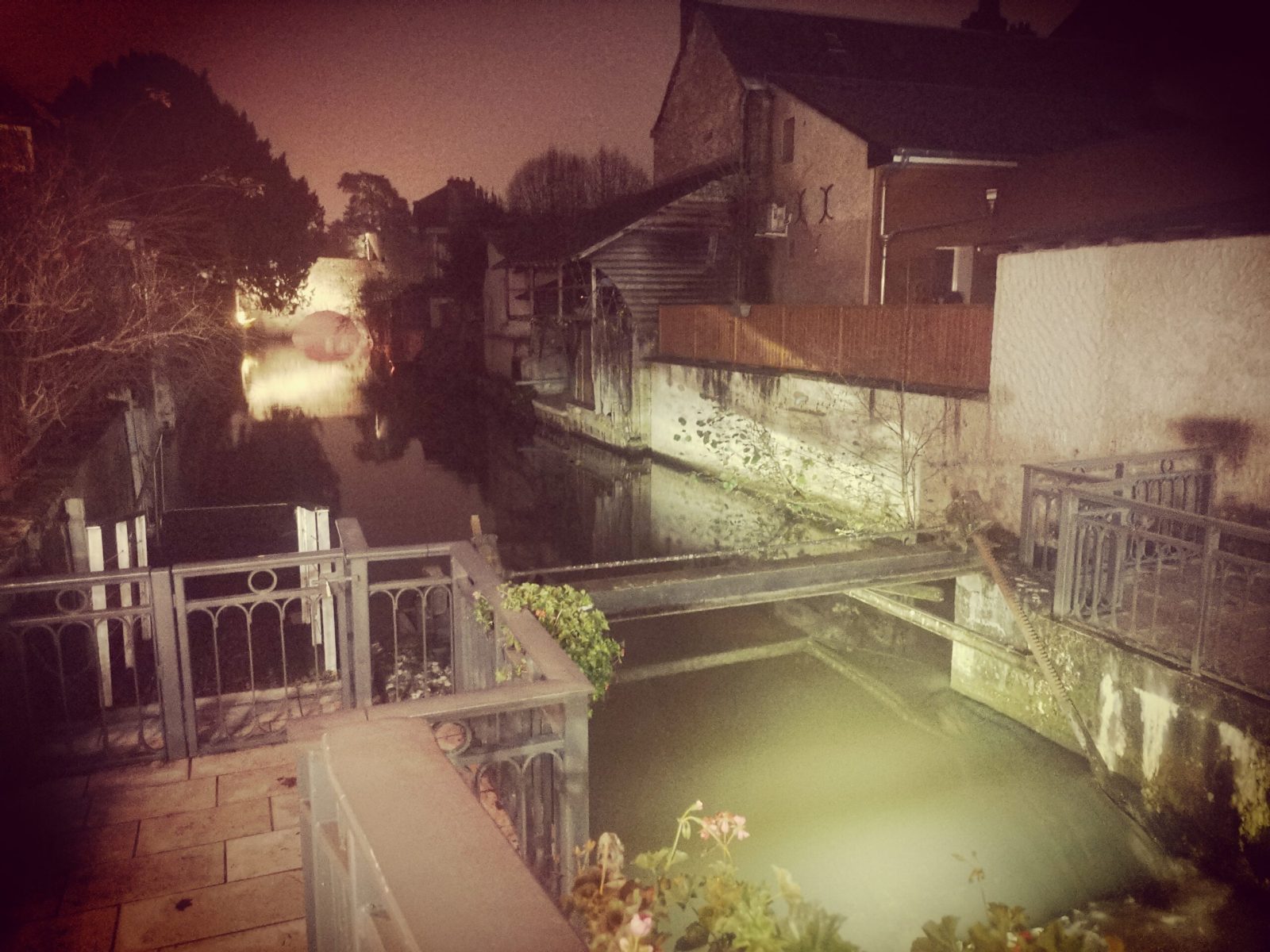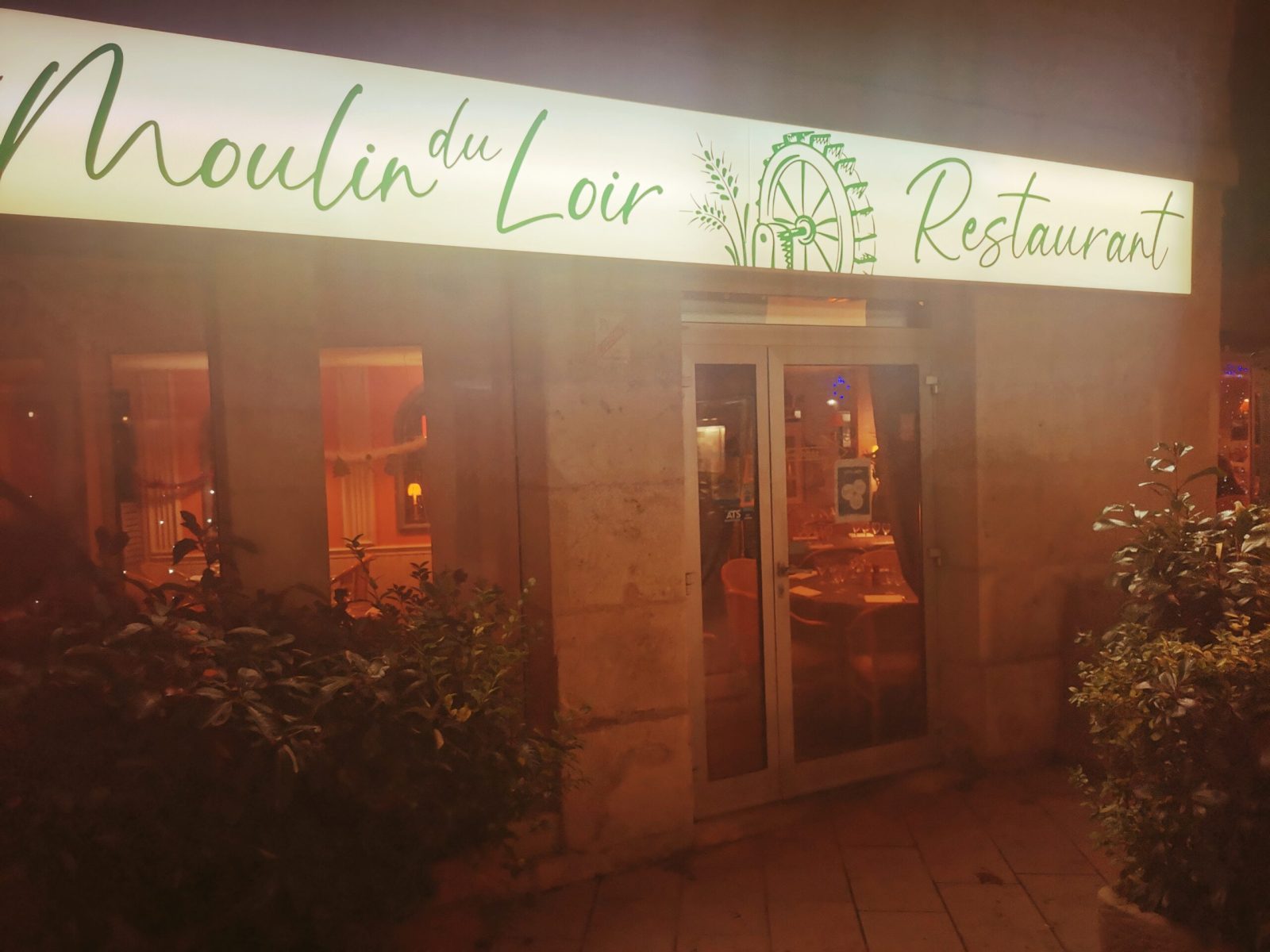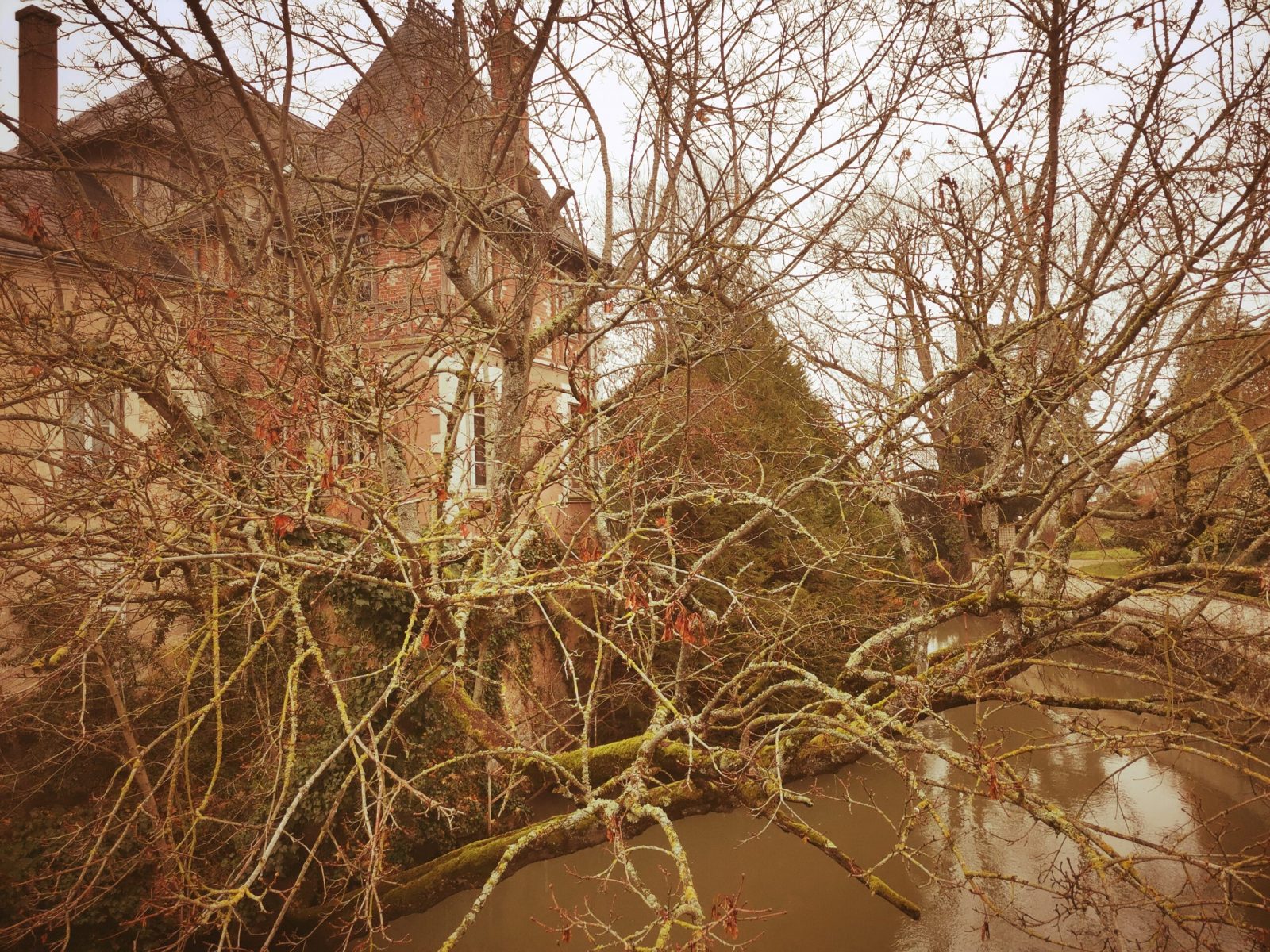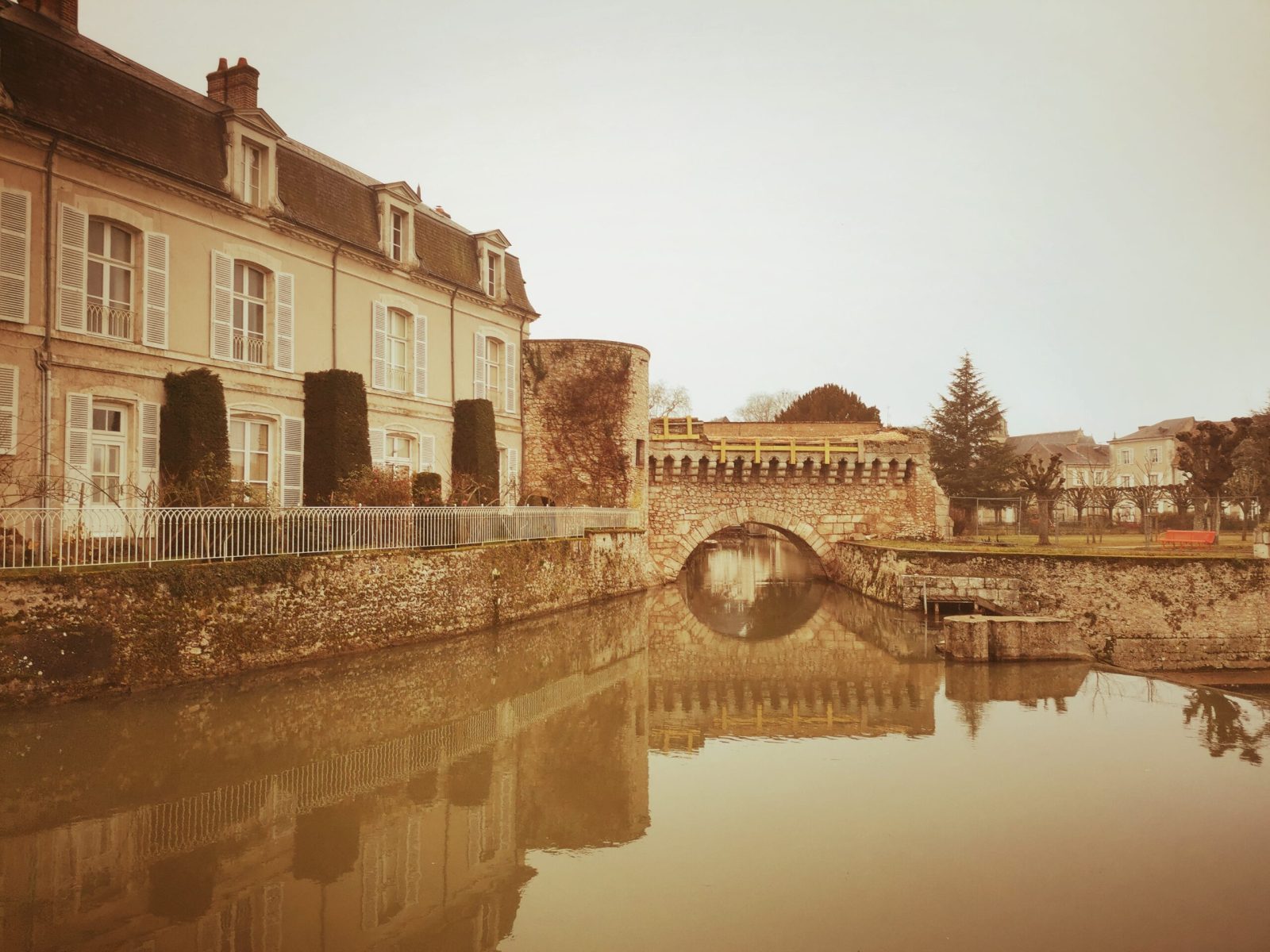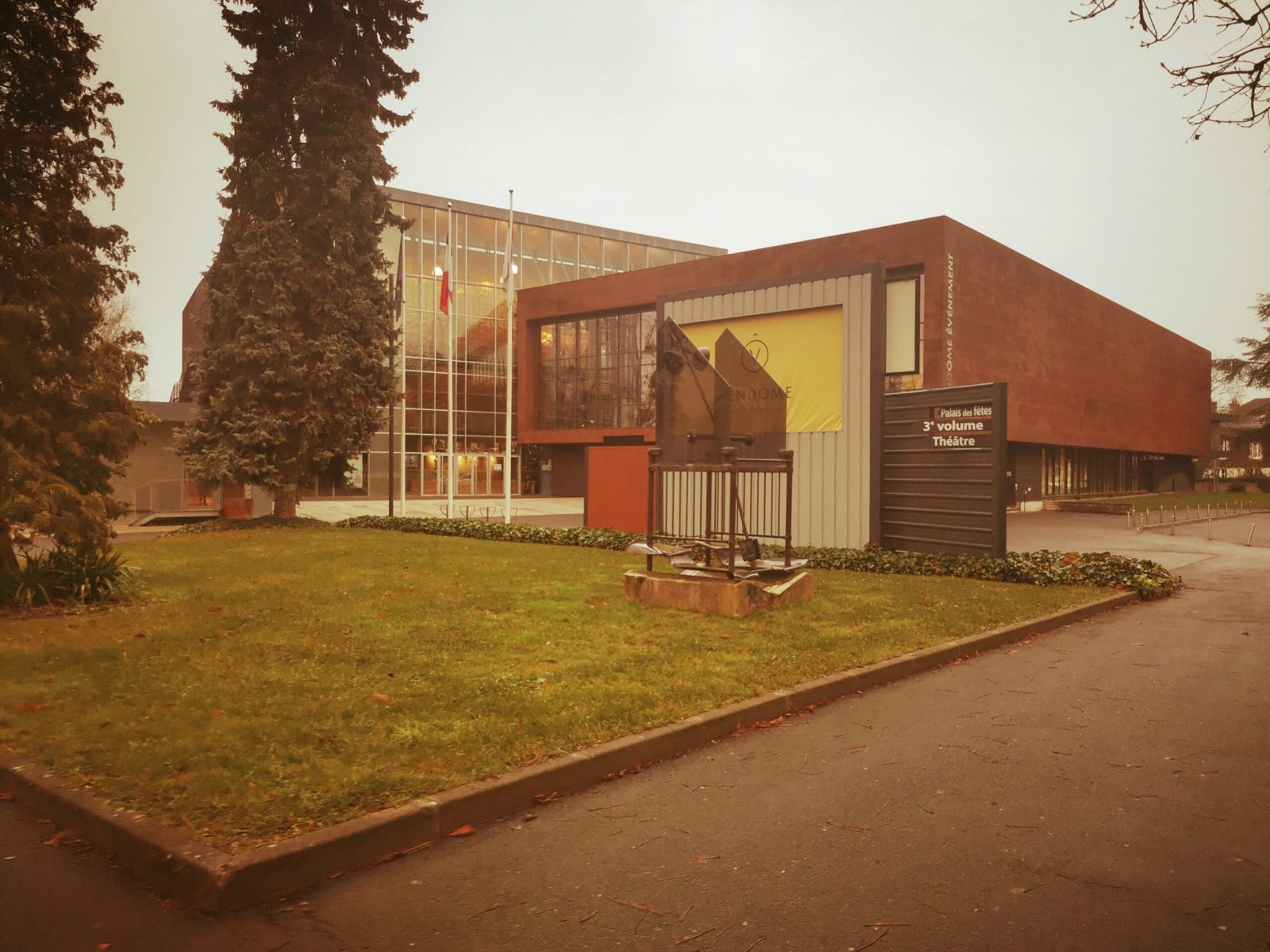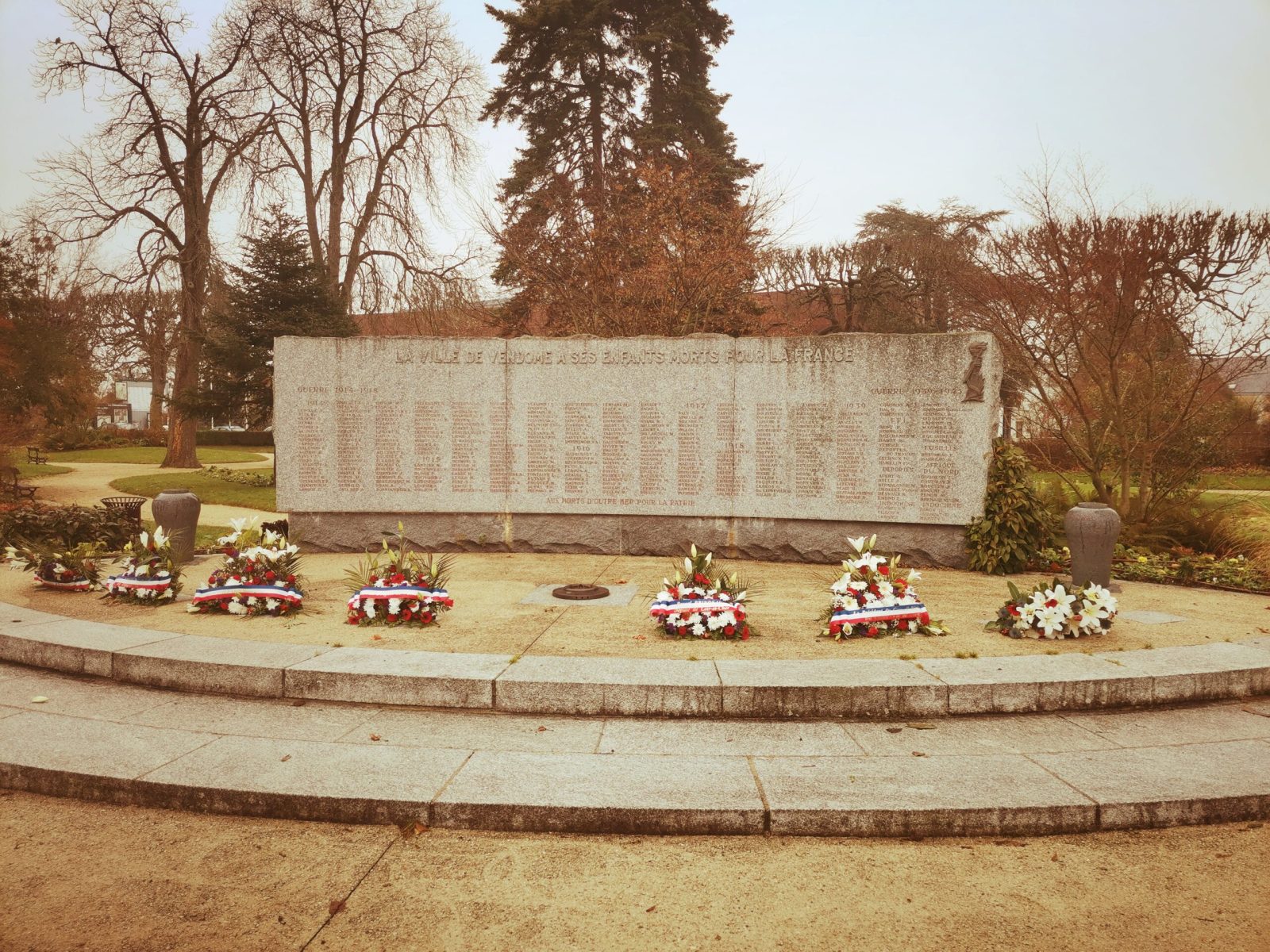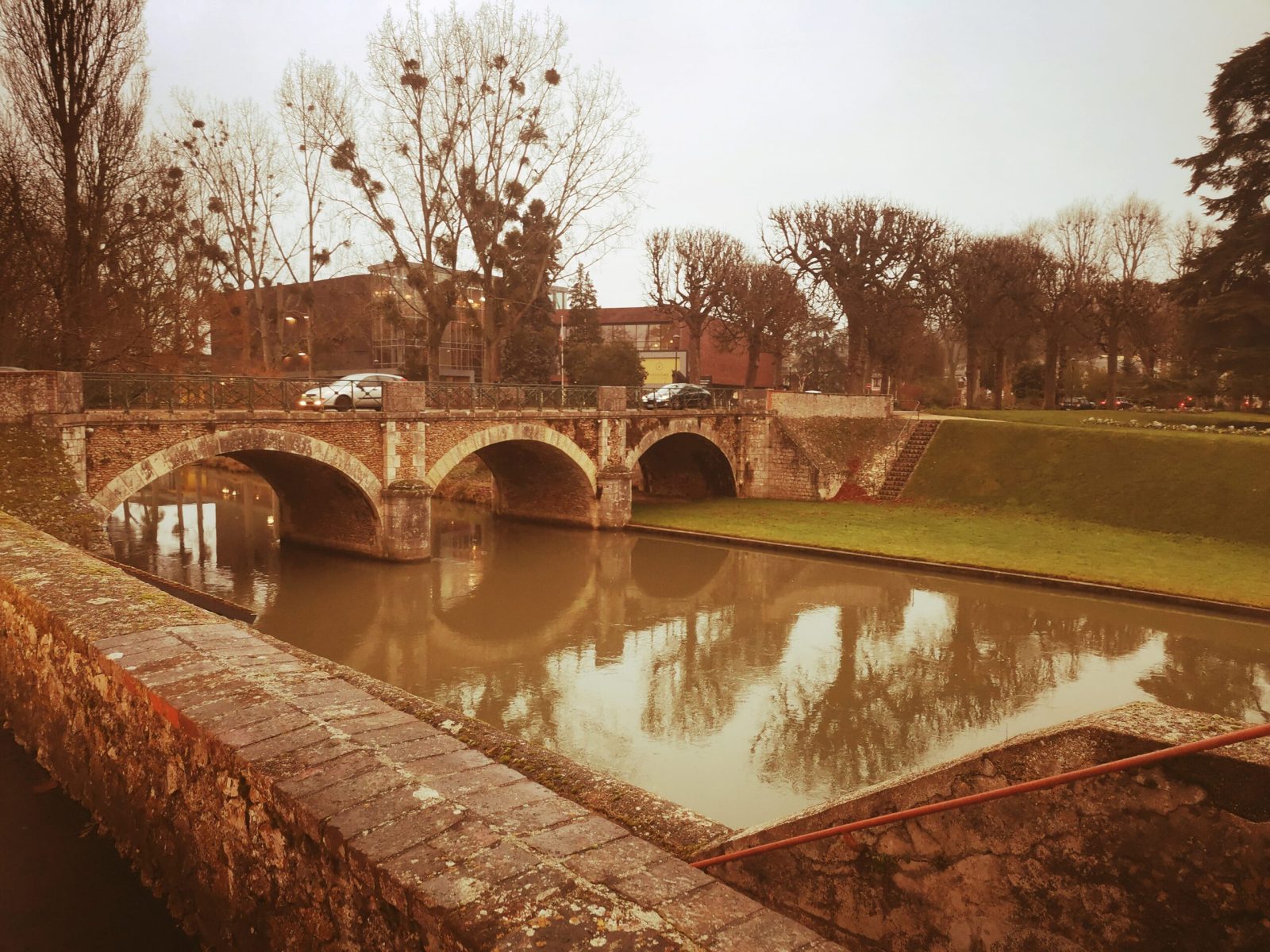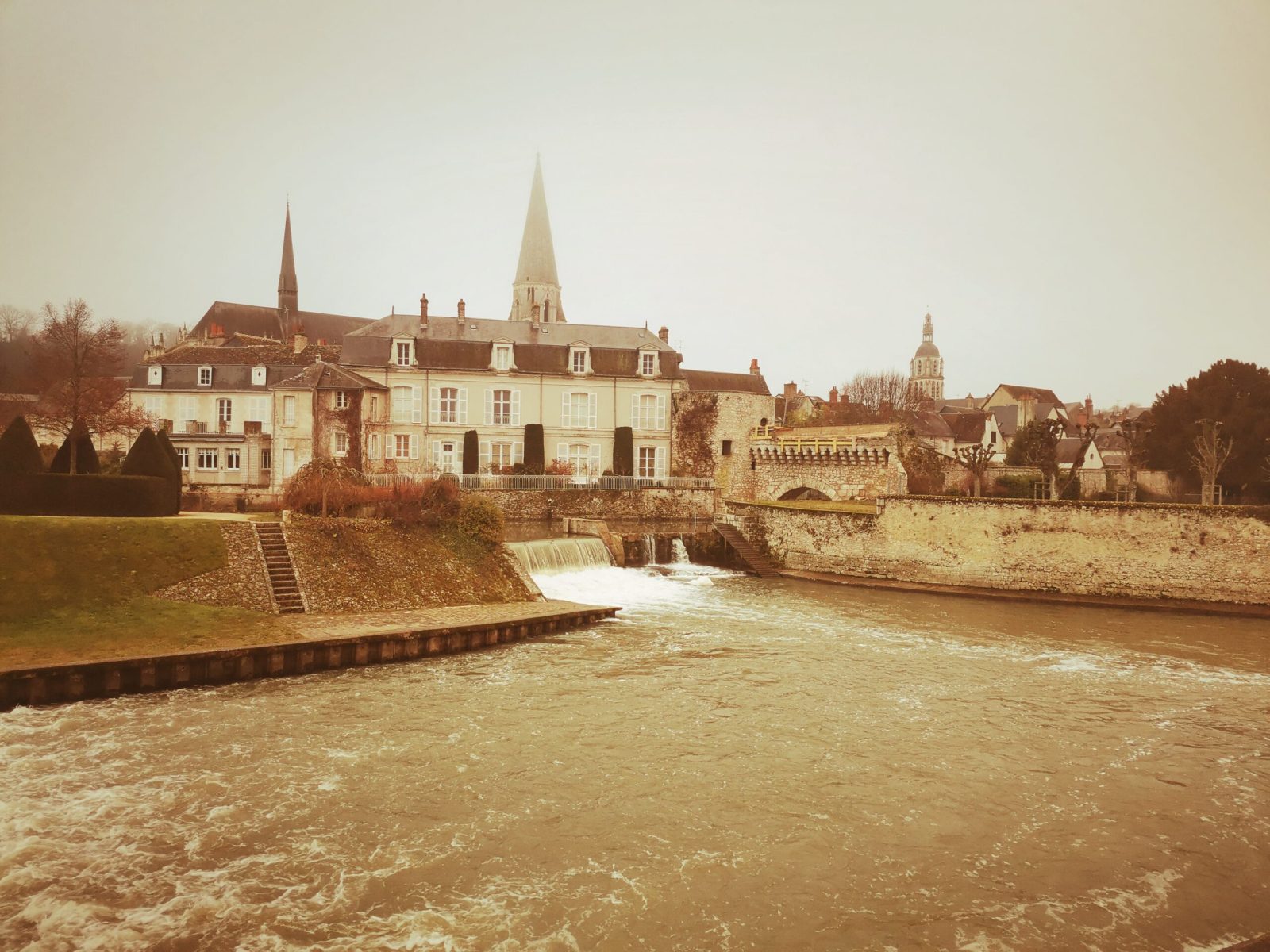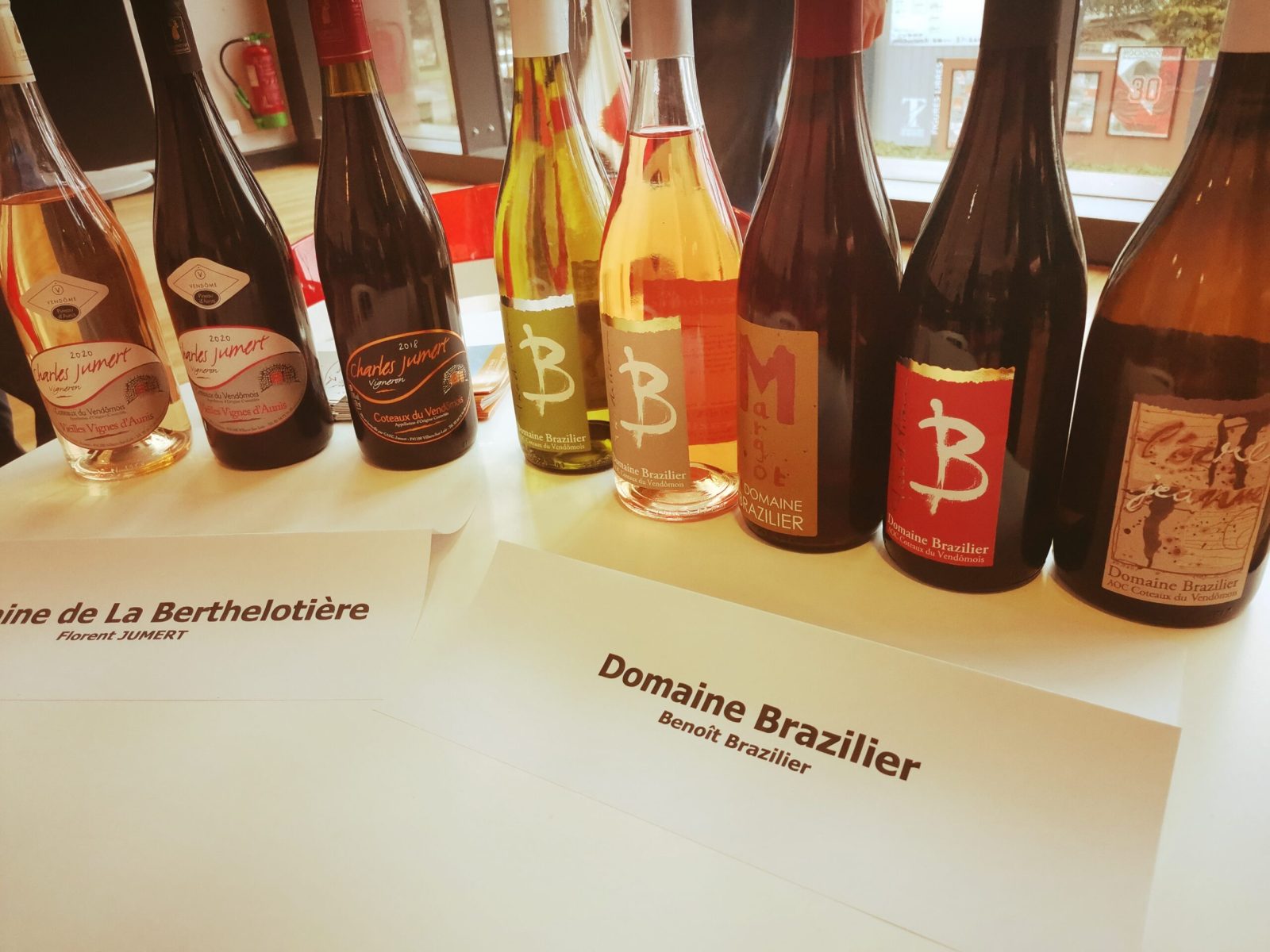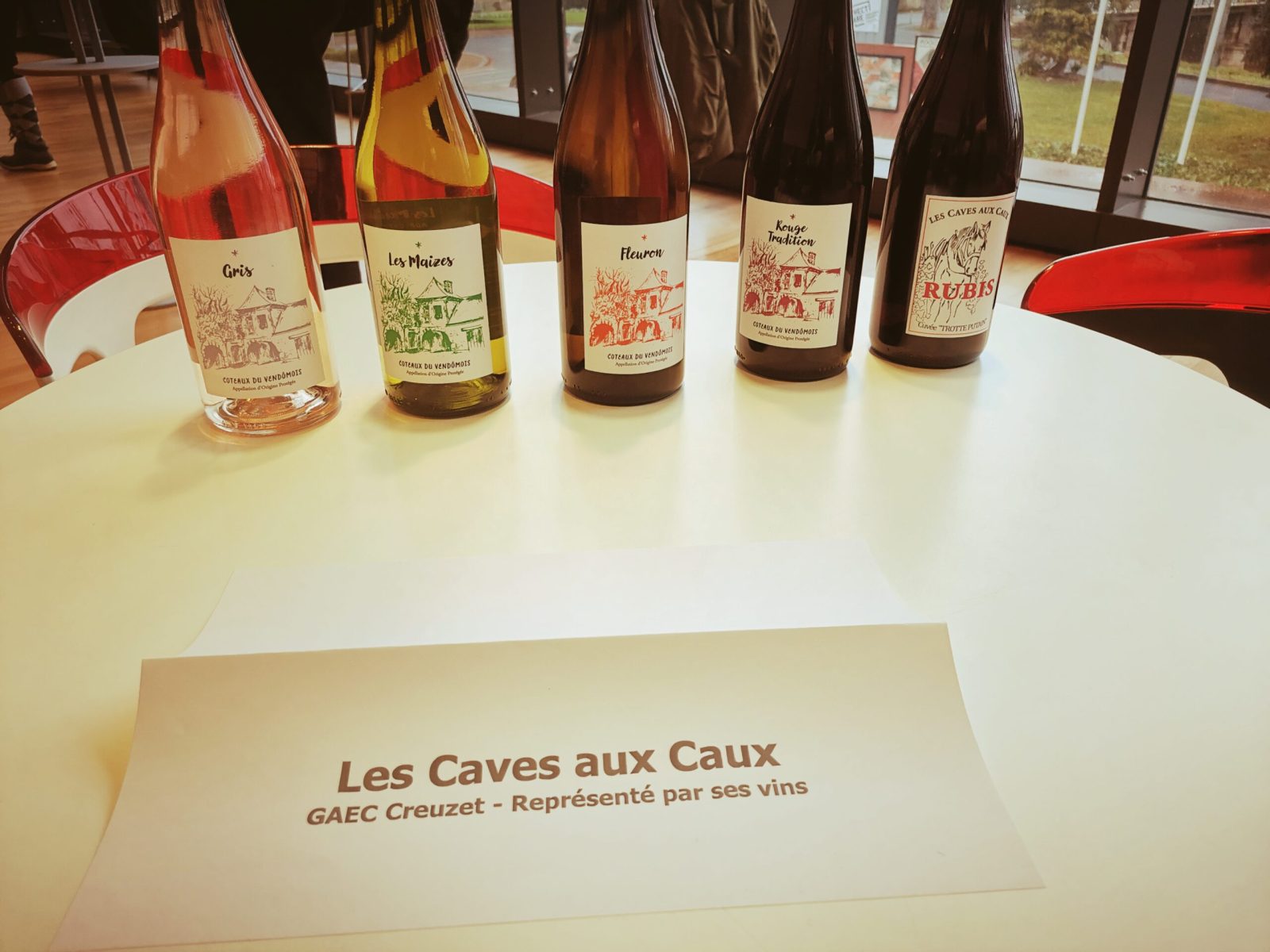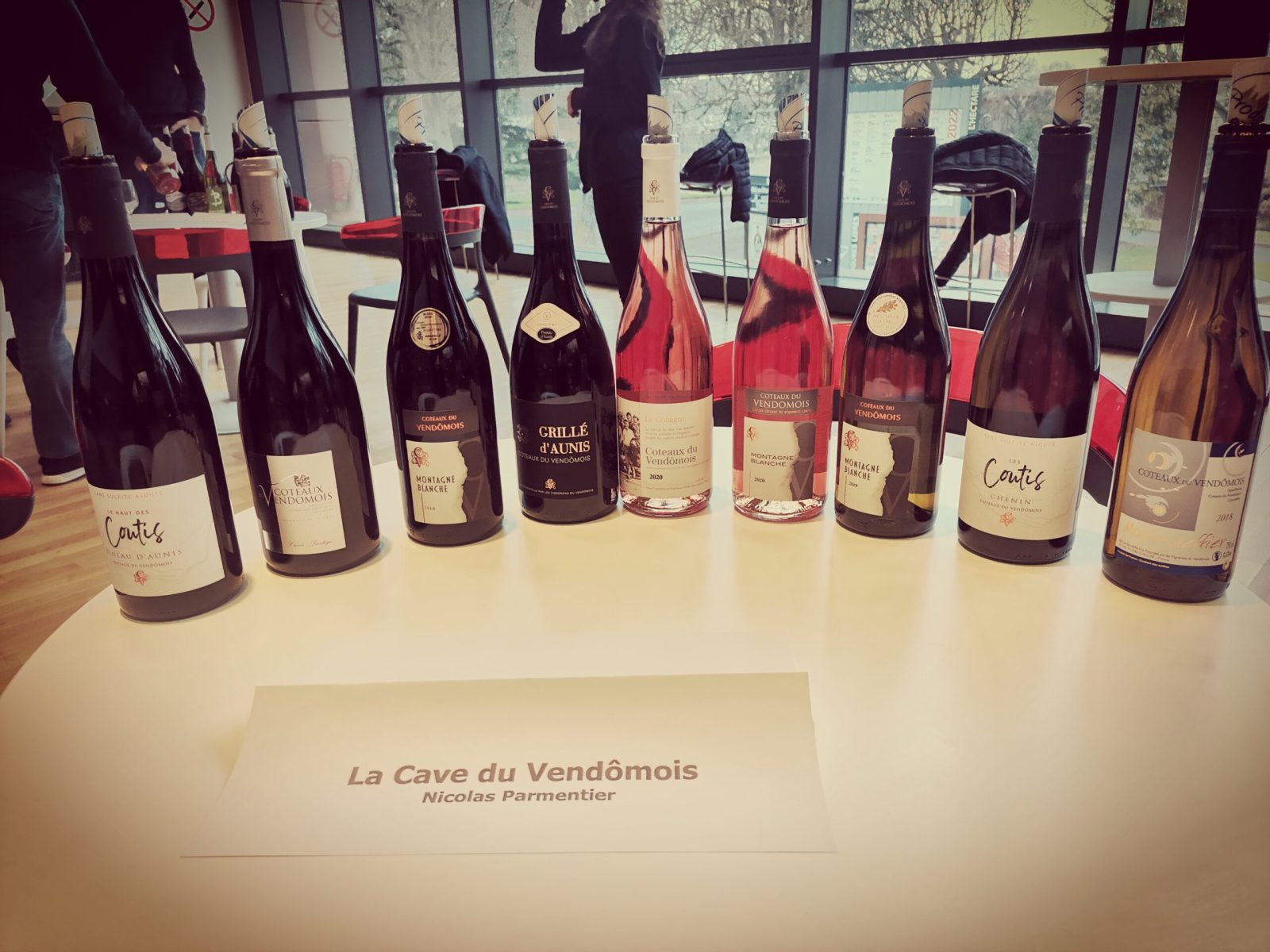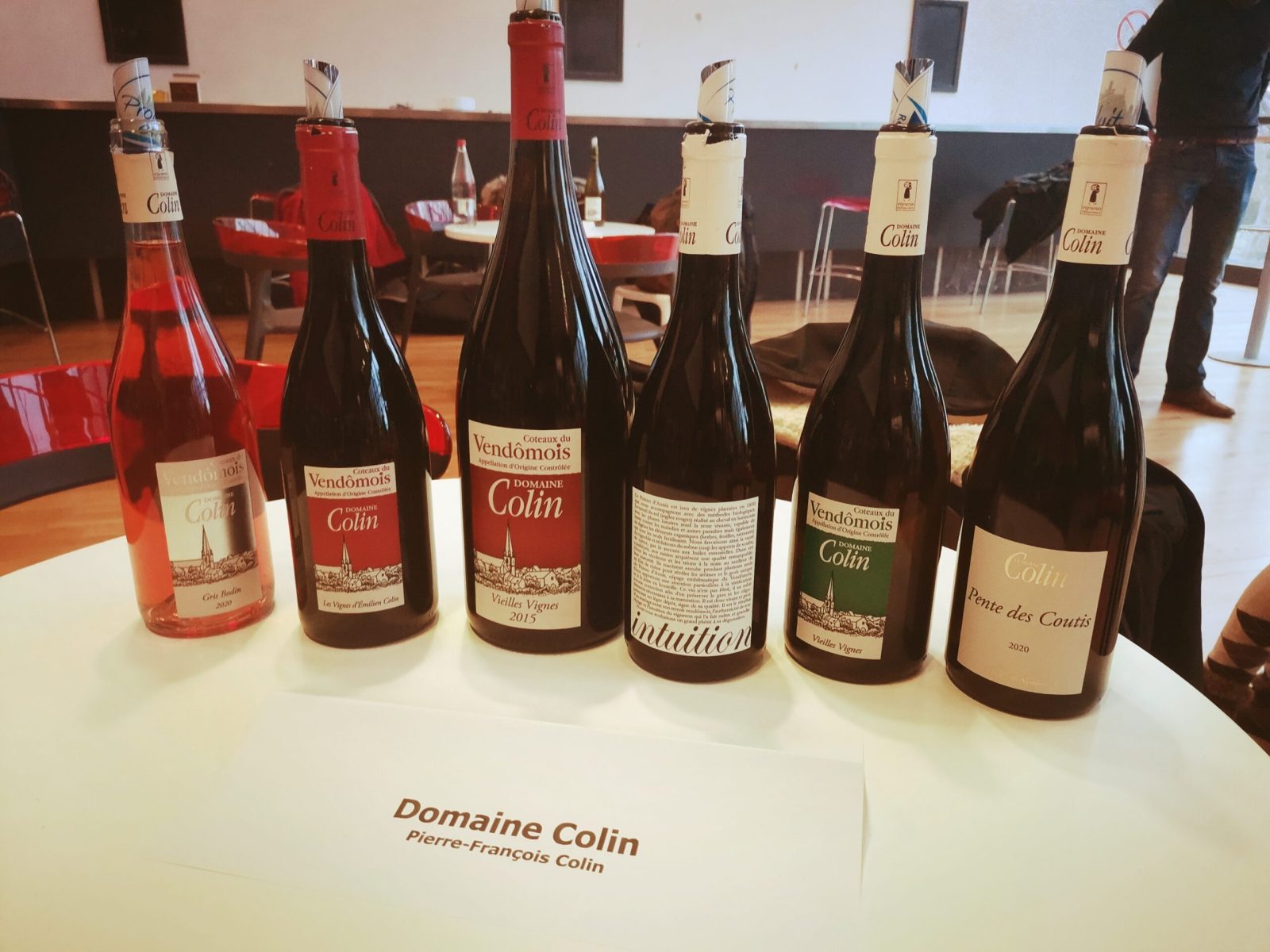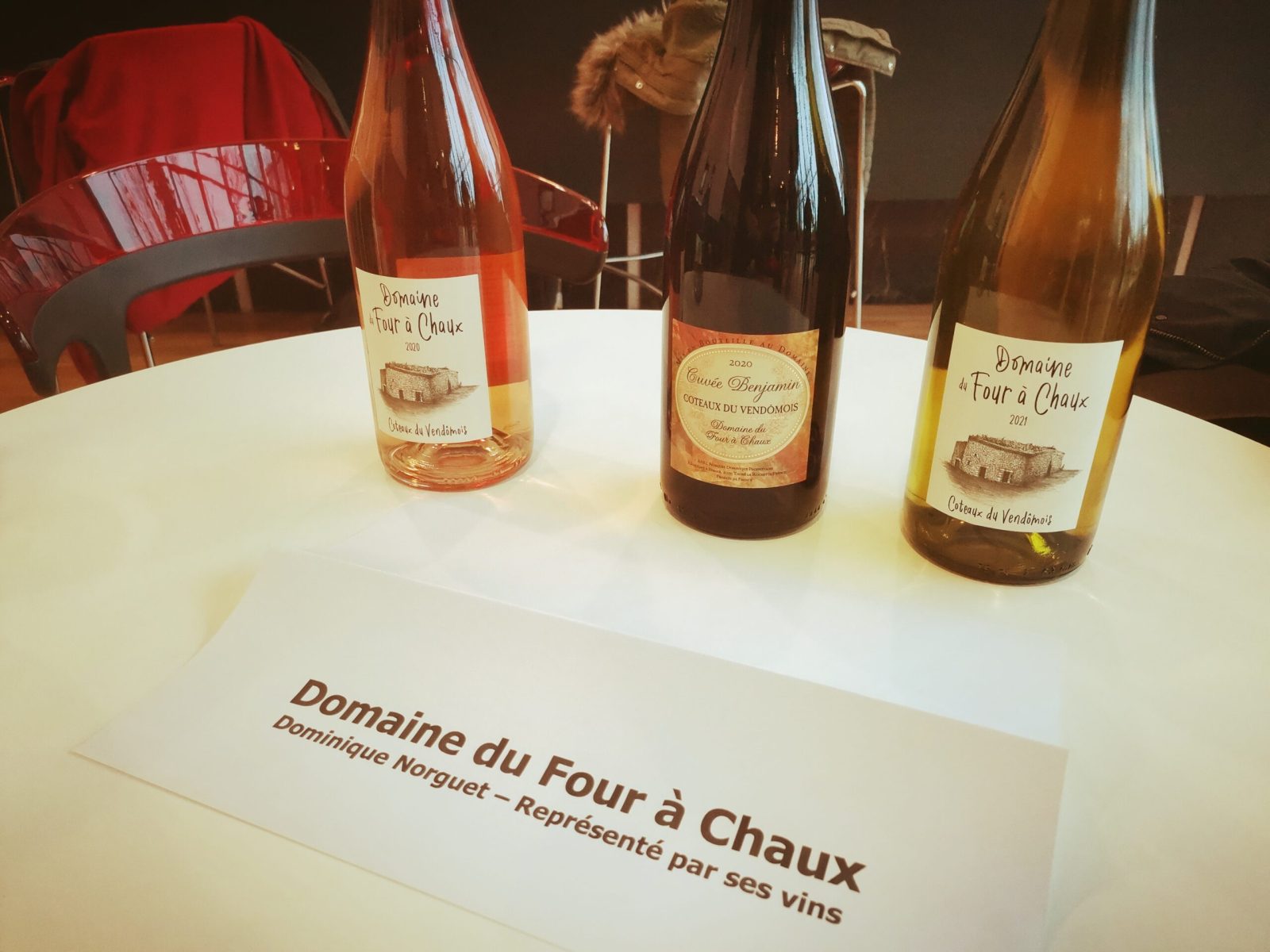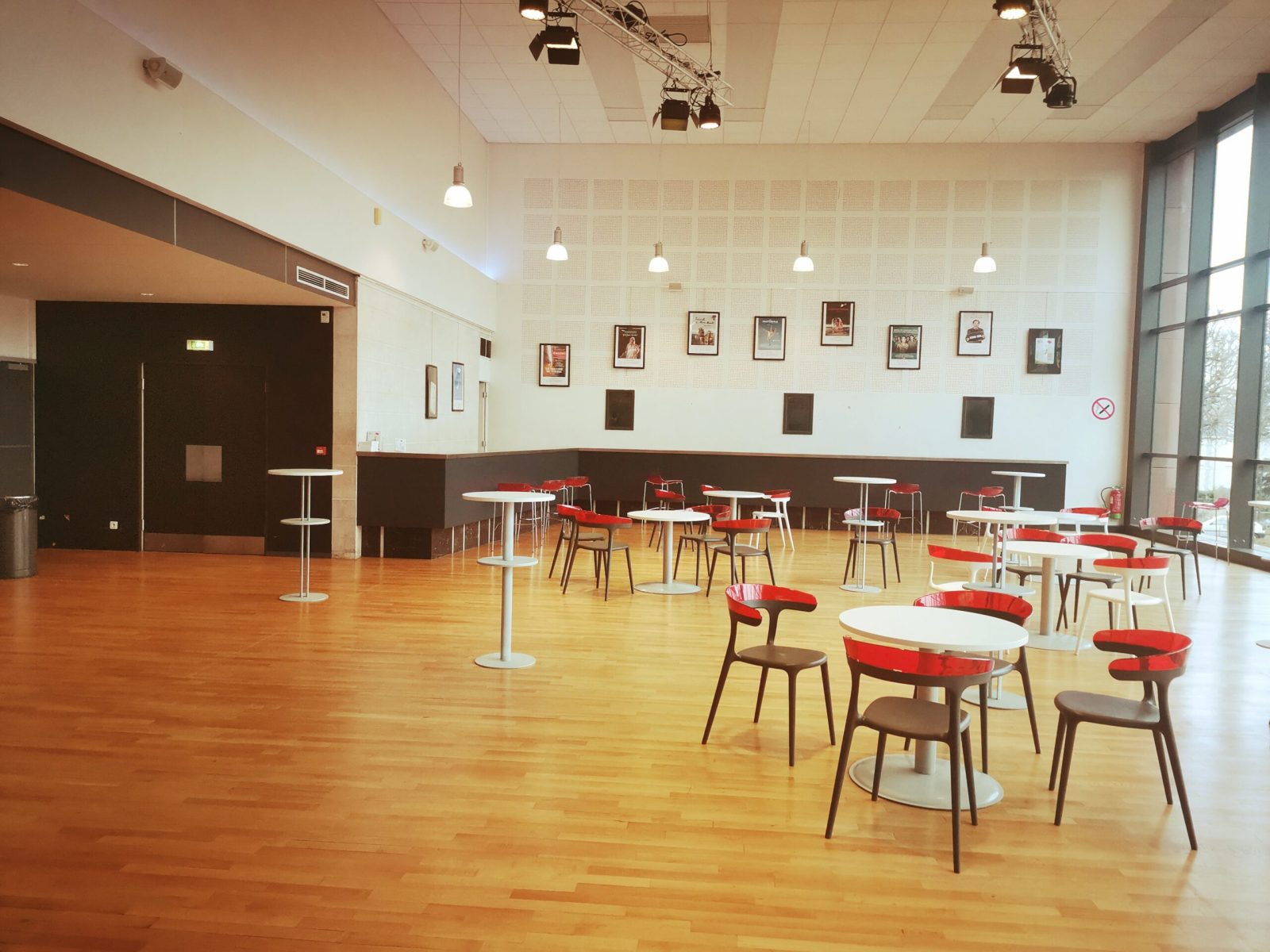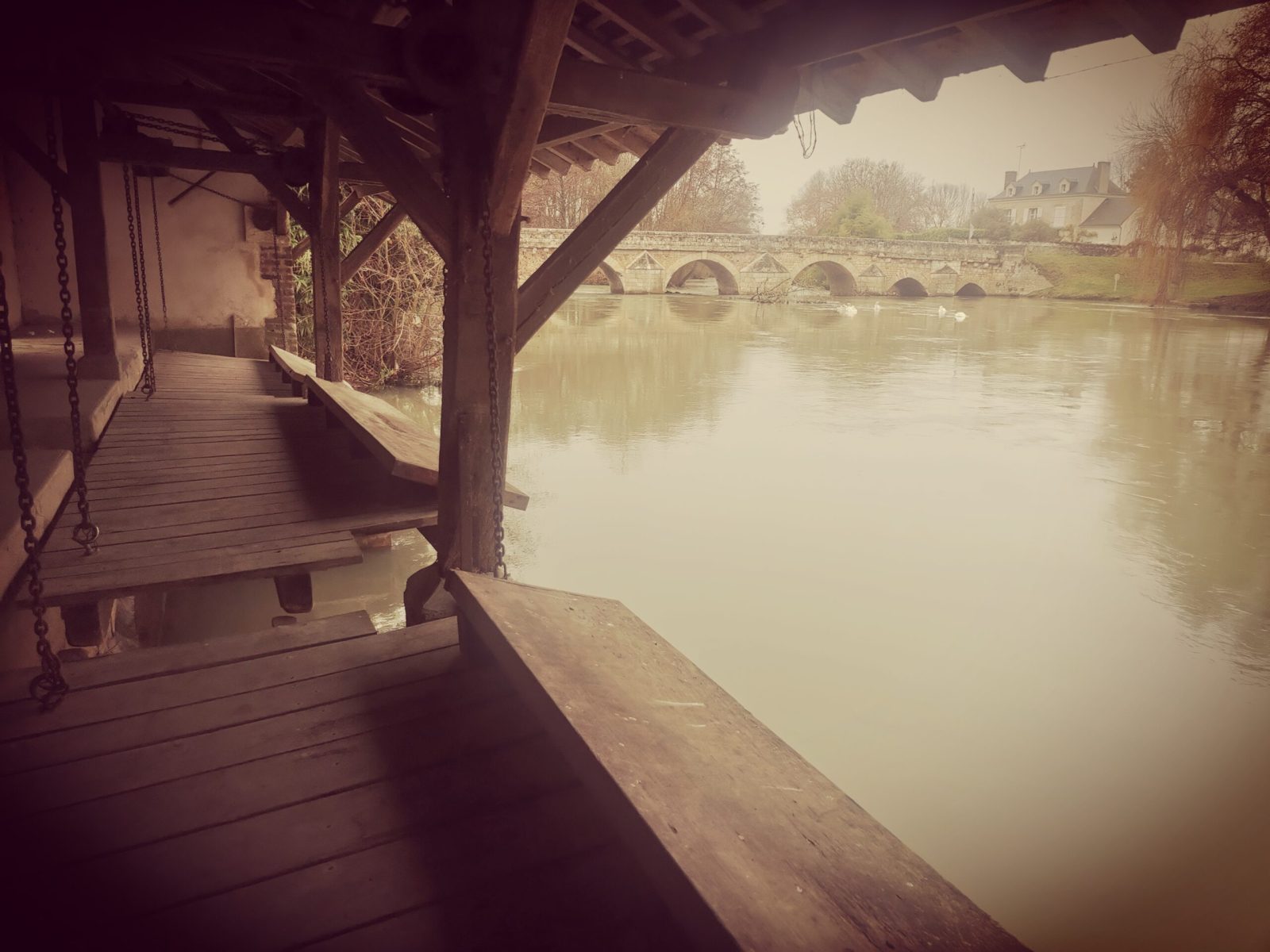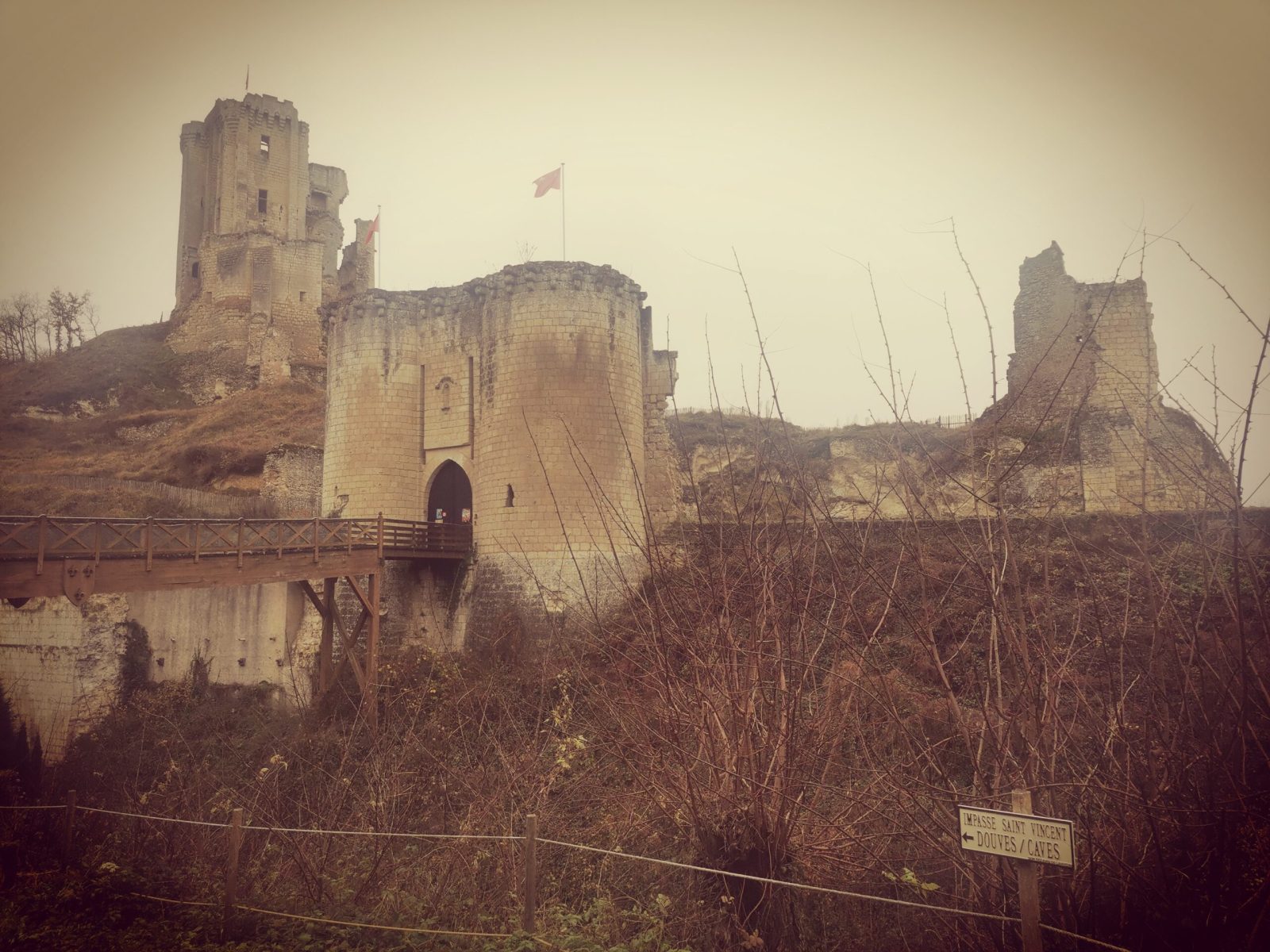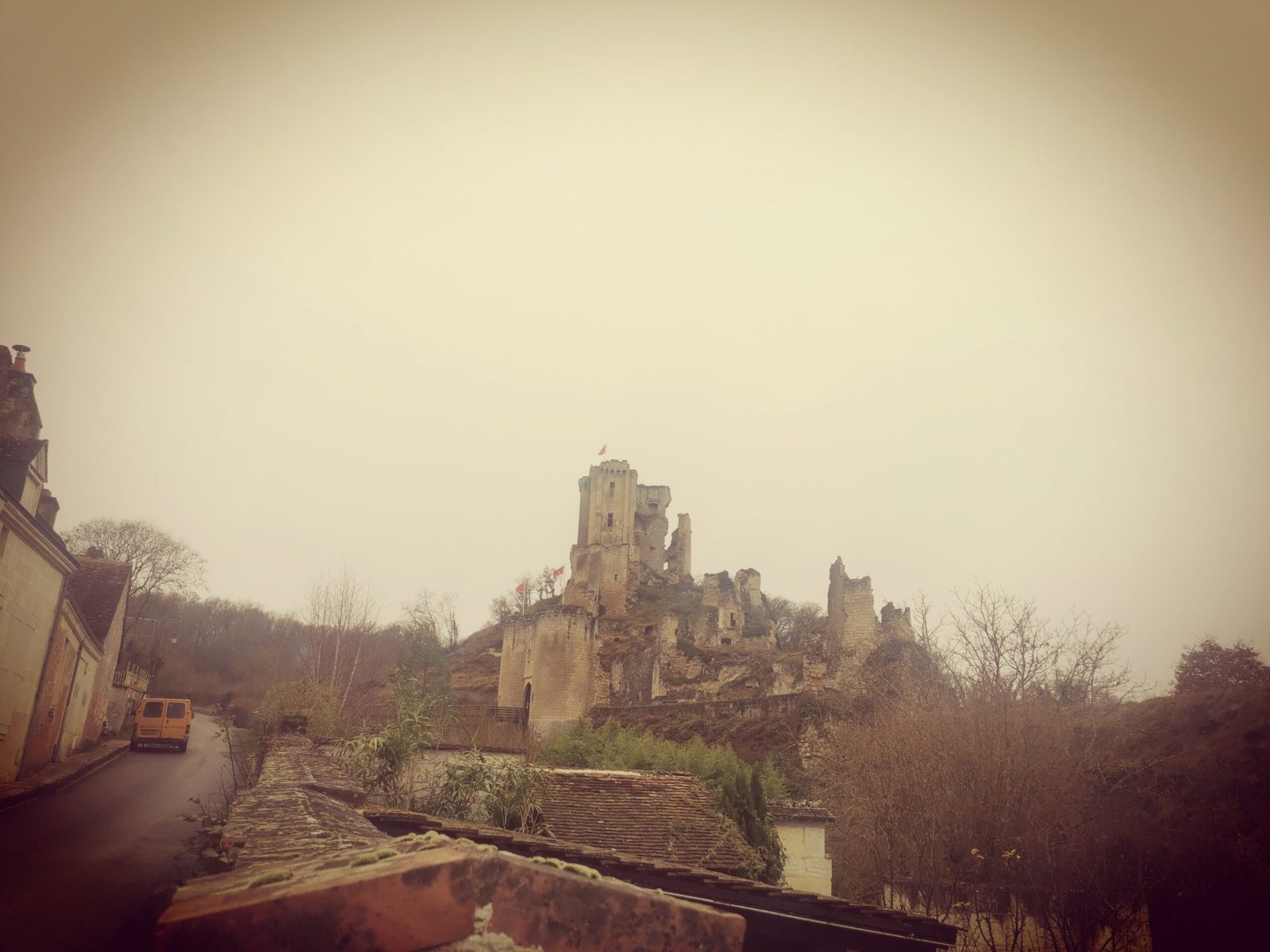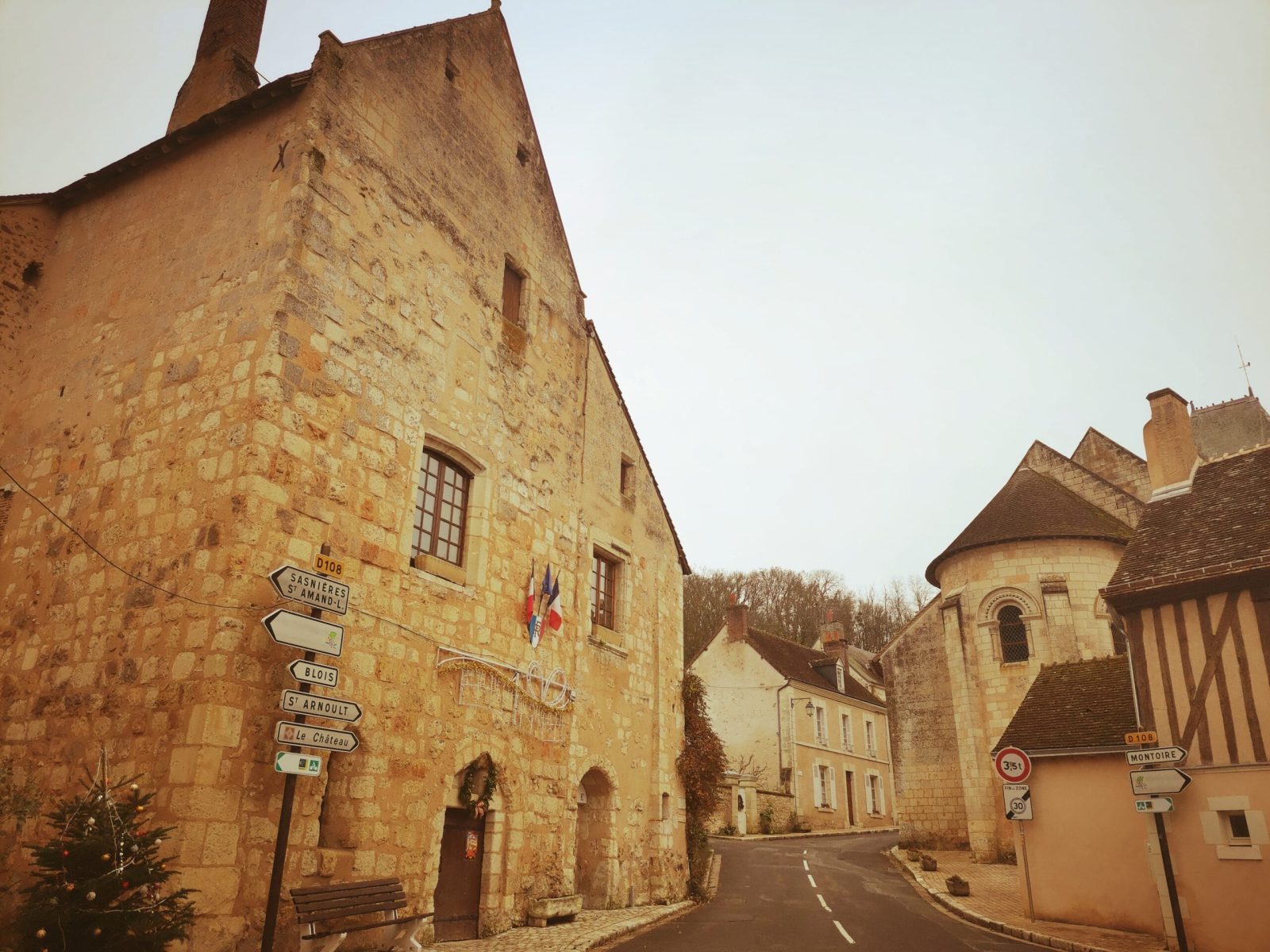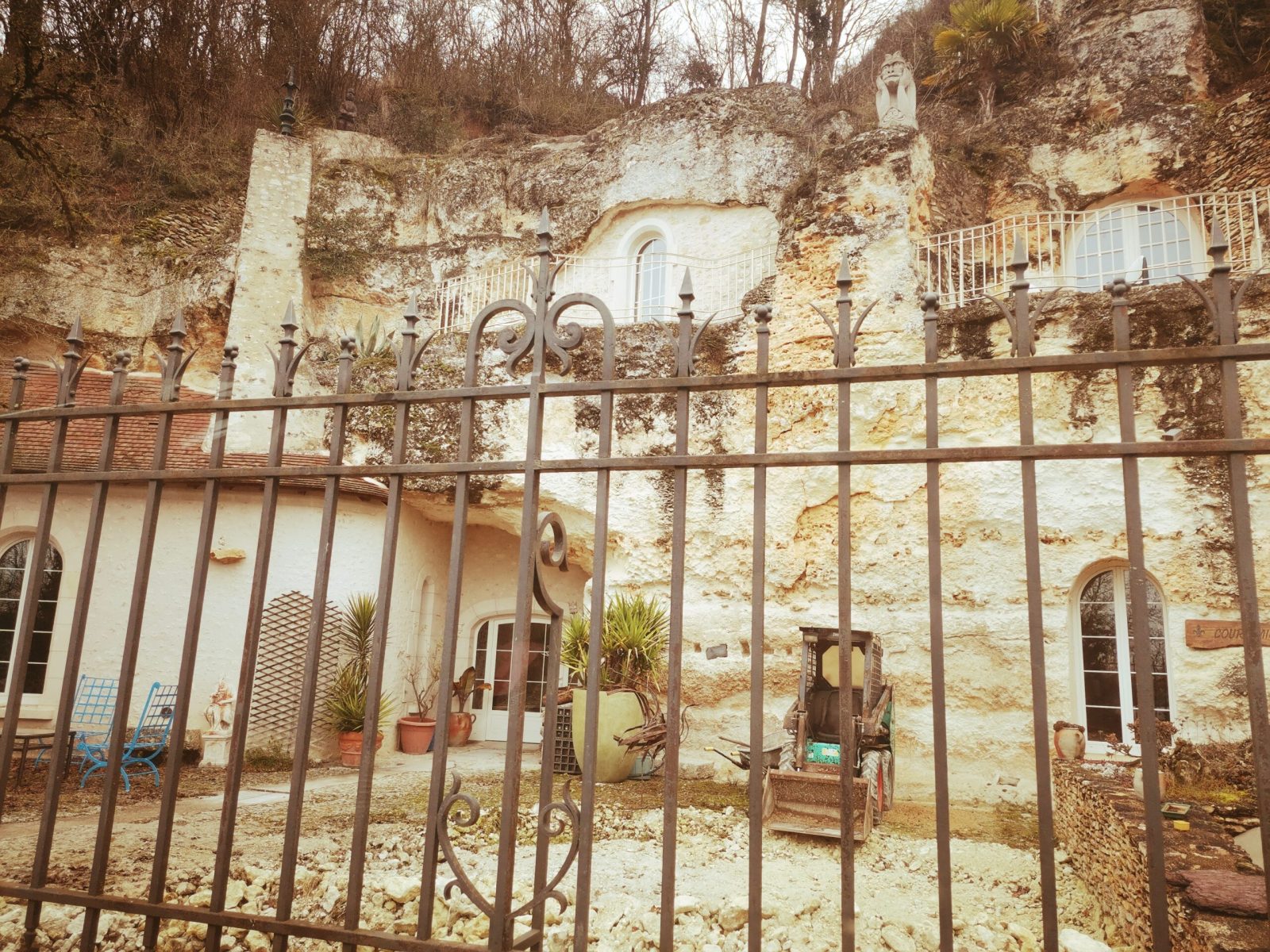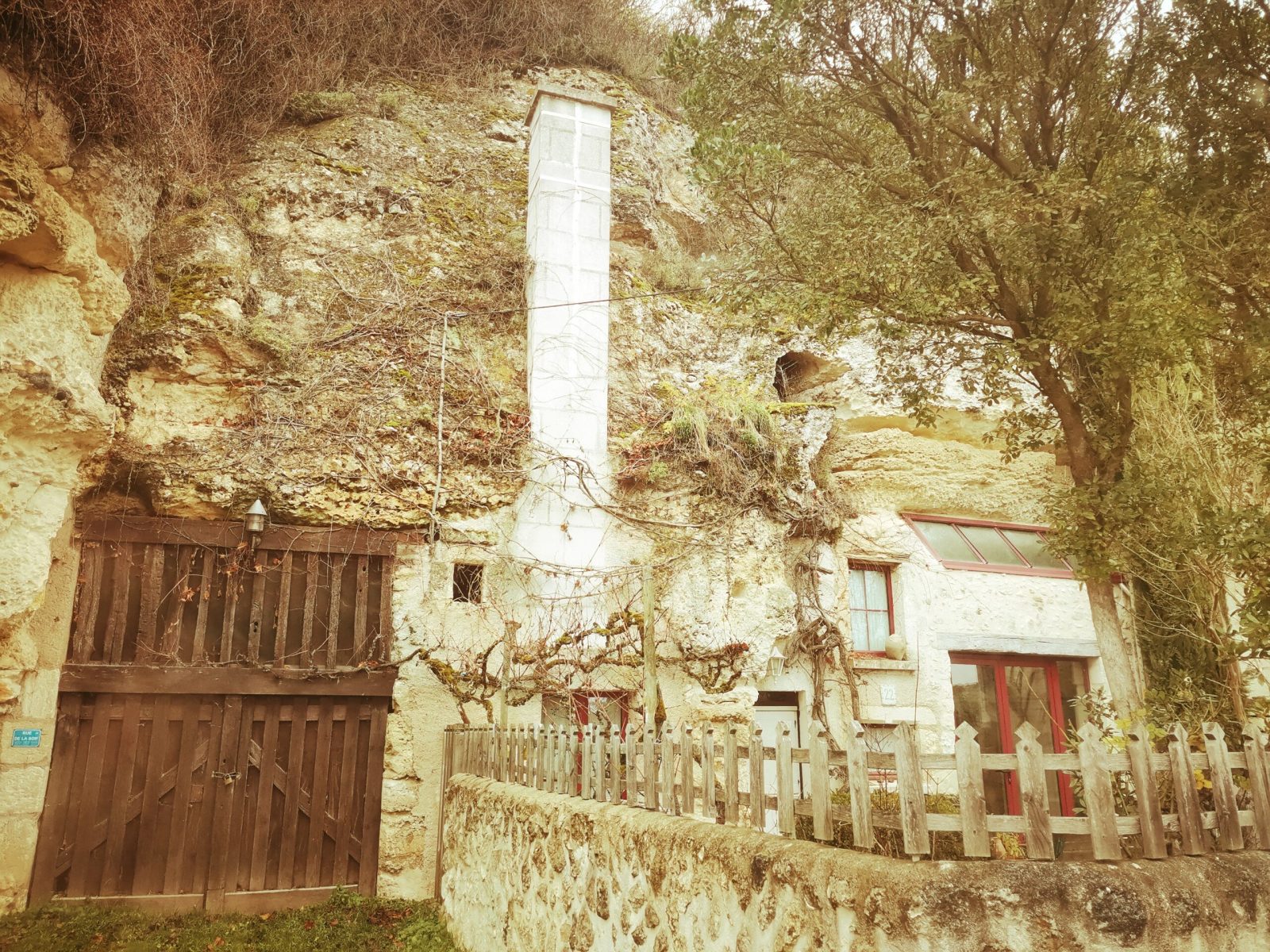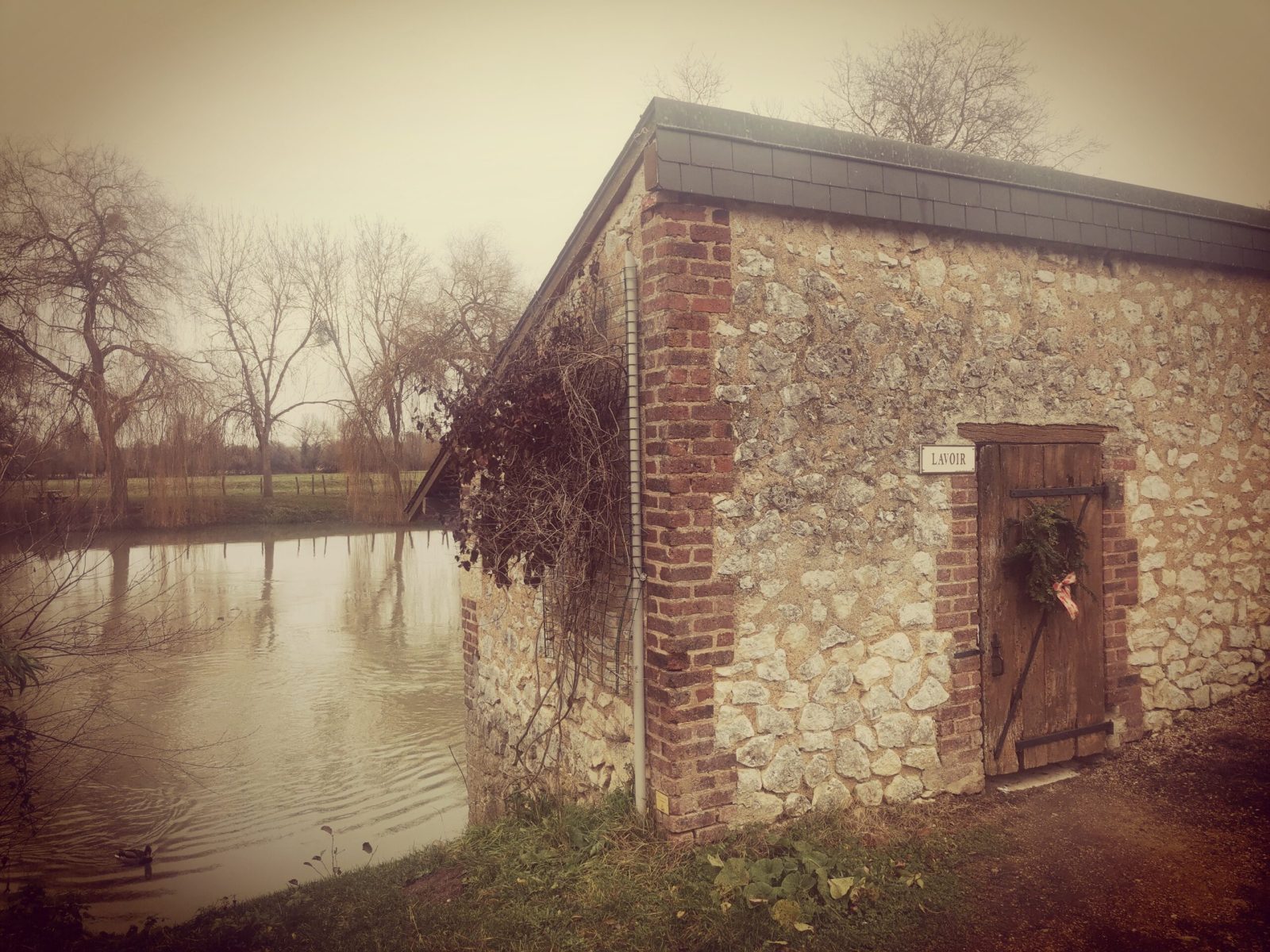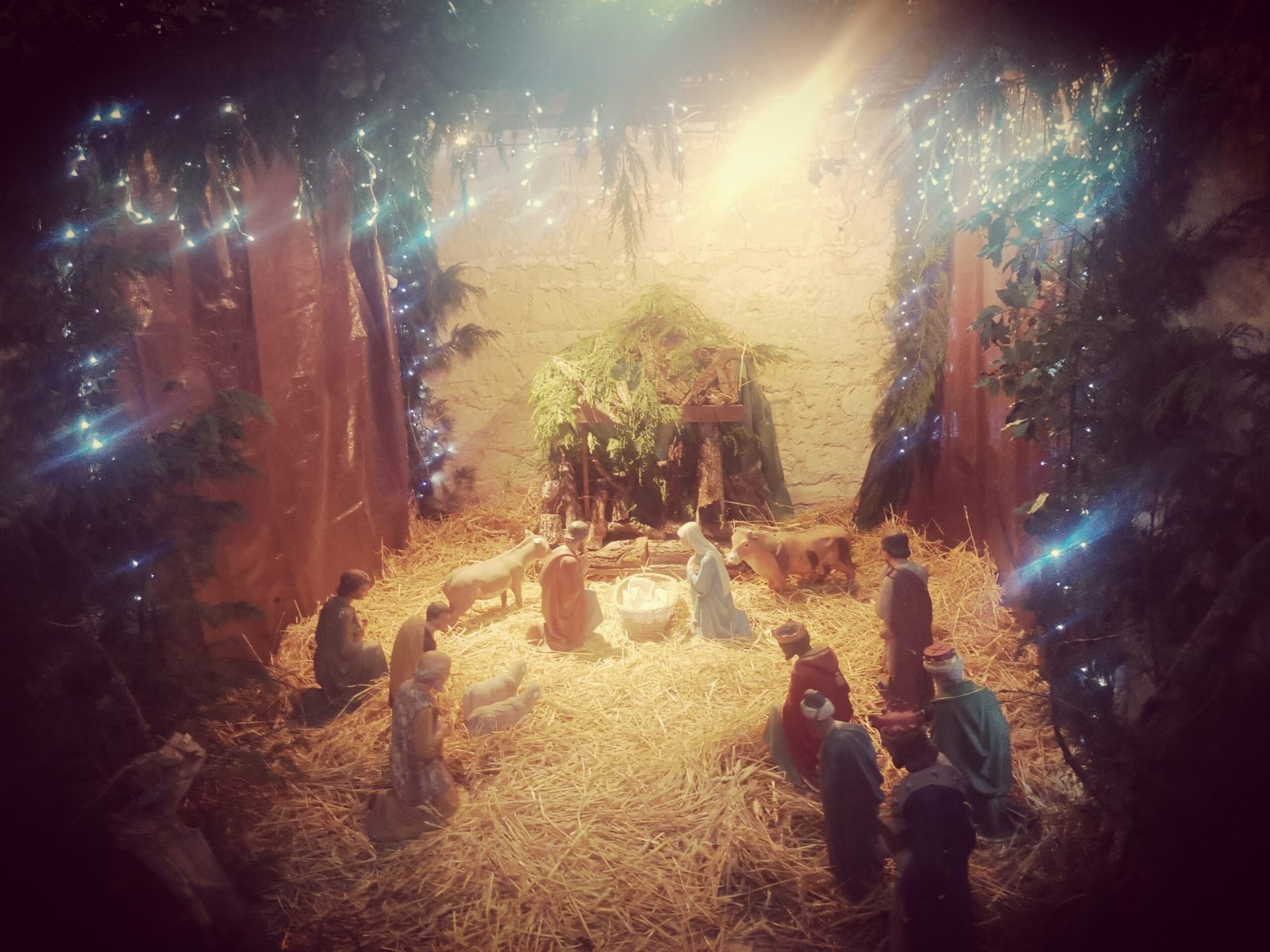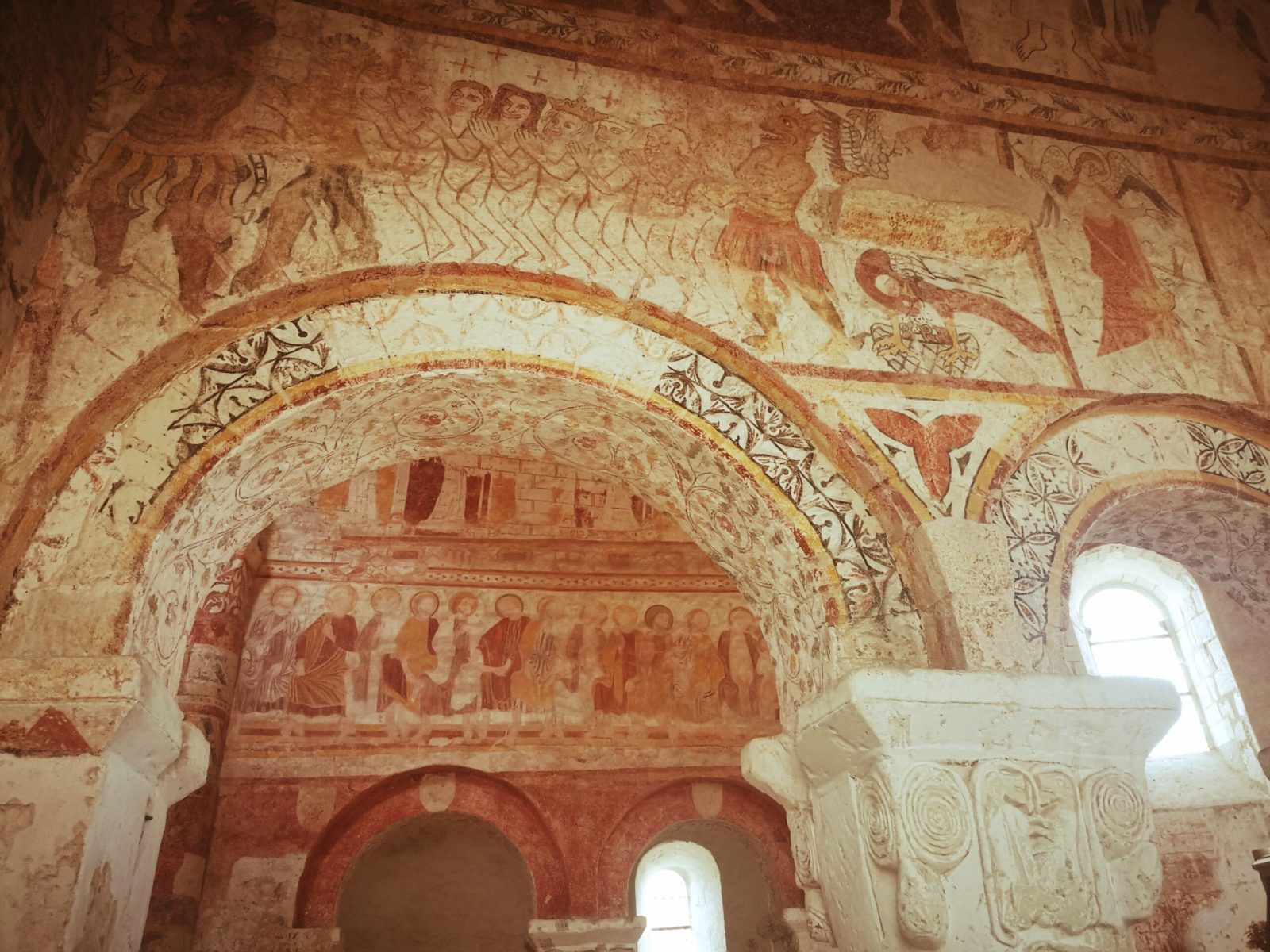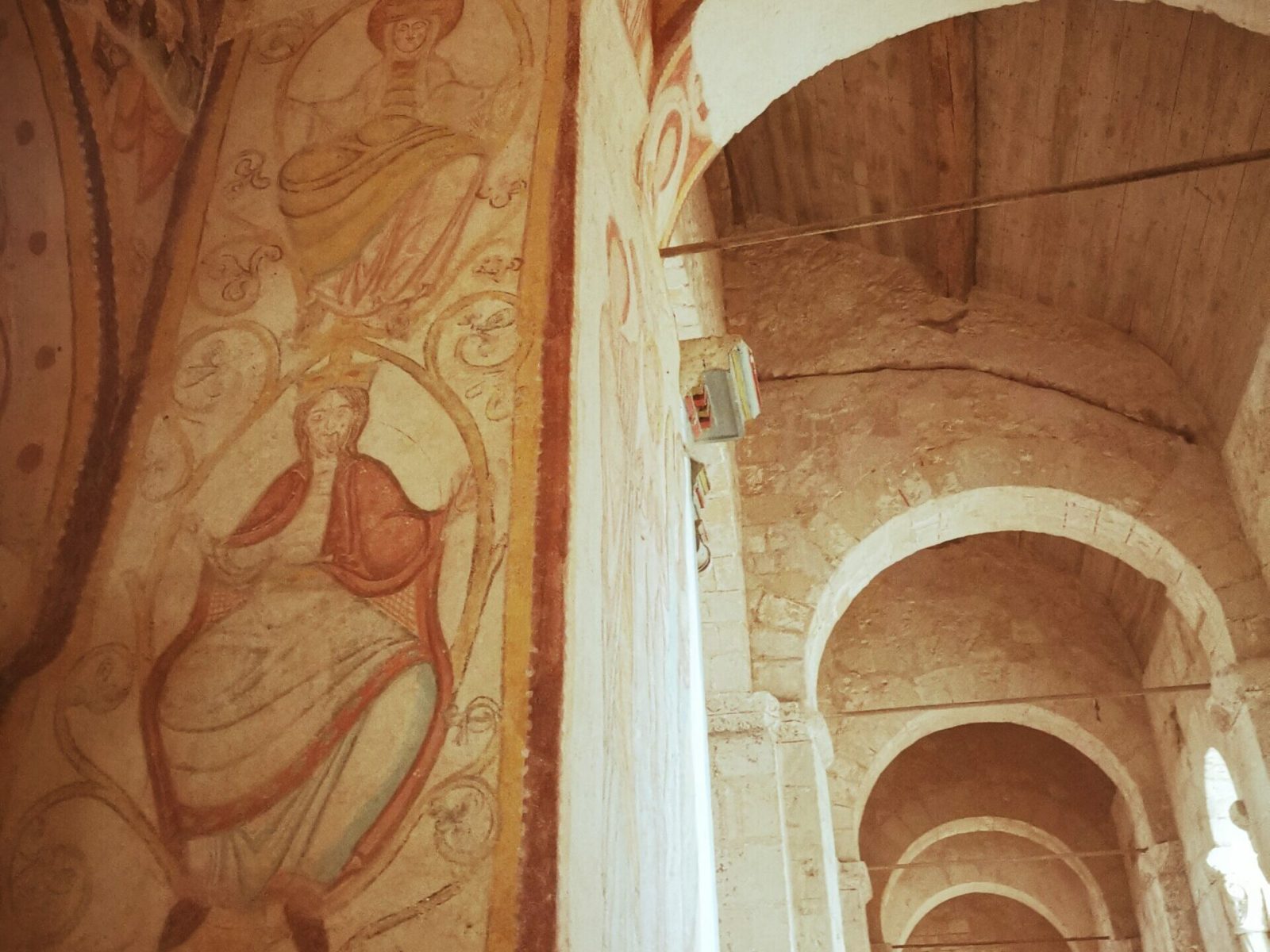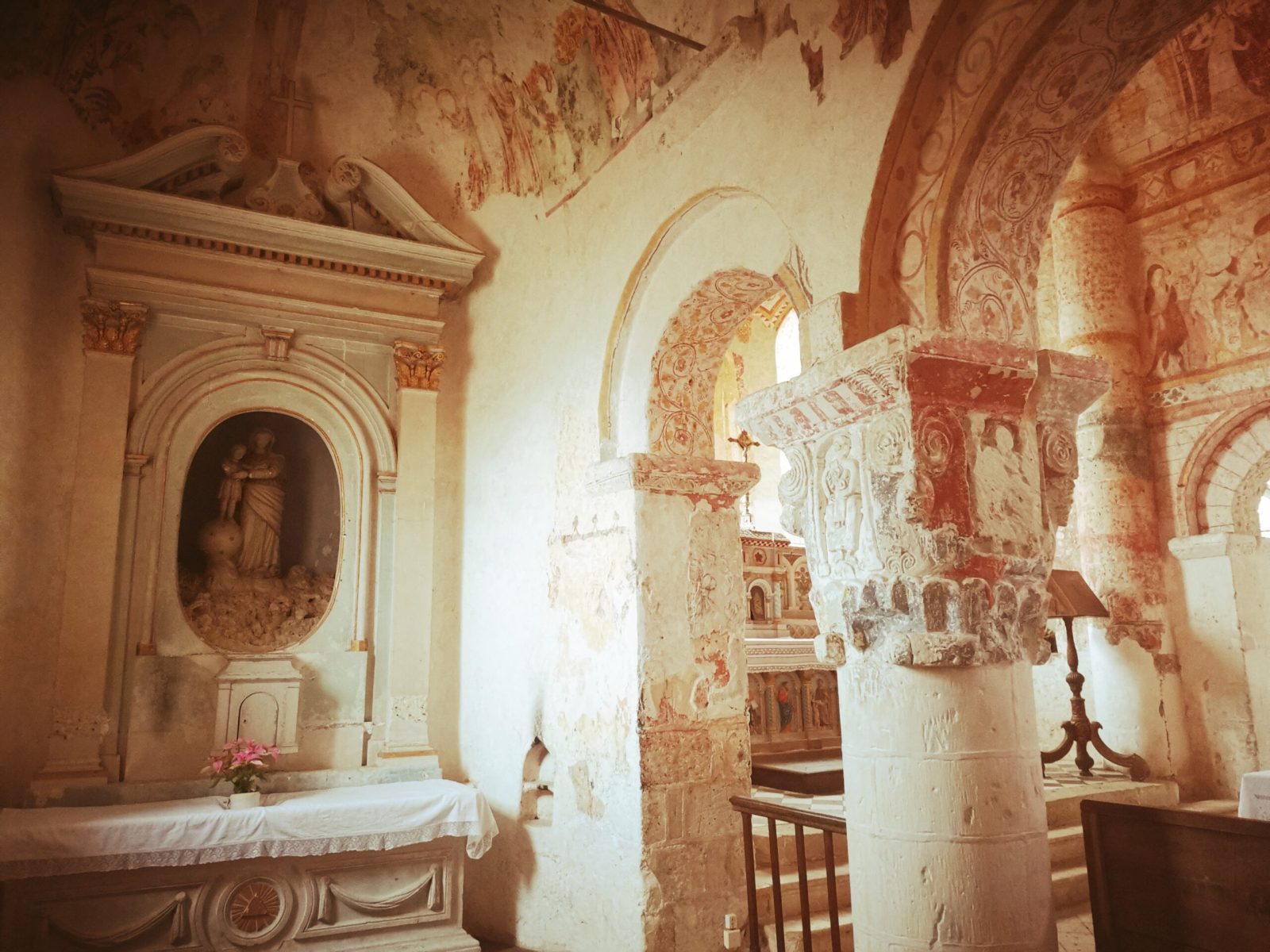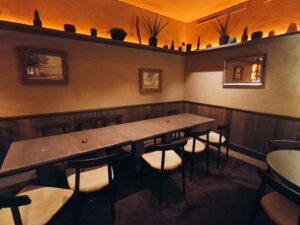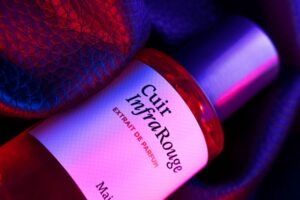Take a winter break in Vendôme, as quintessence of culture and gastronomy in Loir-et-Cher
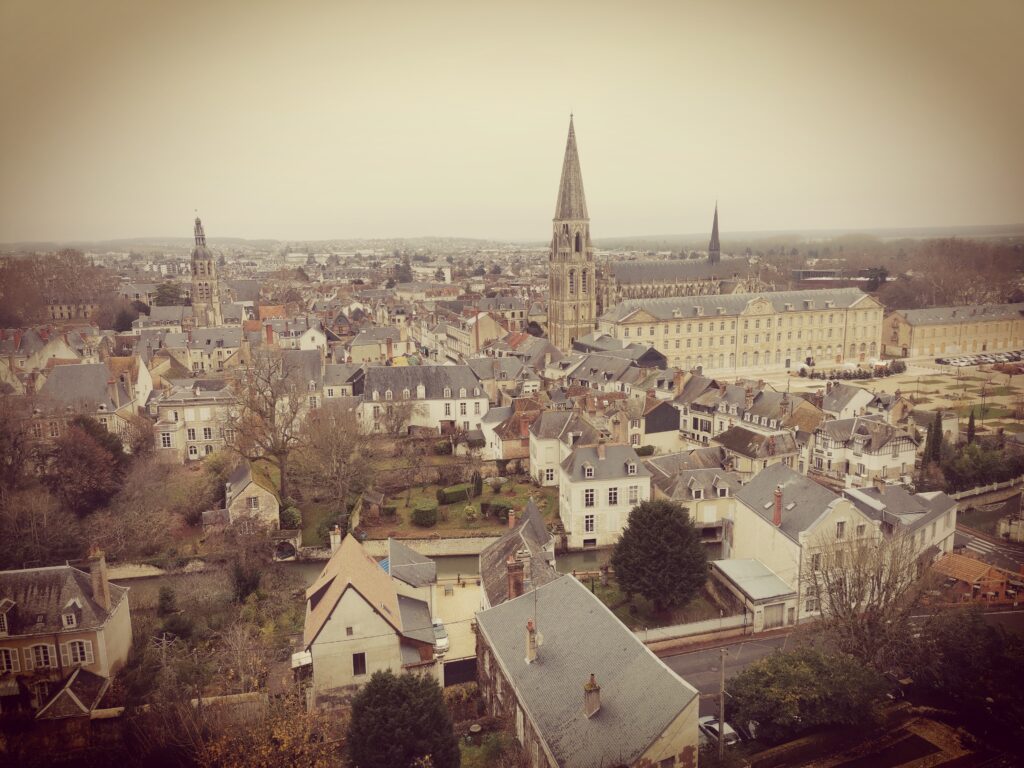
©
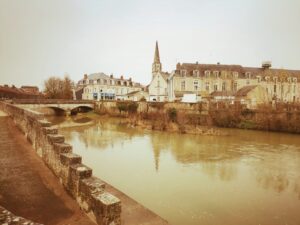
Just after our focus on the delicious production of wines from the Côteaux du Vendômois (read the article here), we interest ourselves this time about what hides behind this lovely territory, situated between Orléans and Tours. In the heard of the Kings Valley, Since 1986, the City of Vendôme has been recognized as a City of Art and History by the French Ministry of Culture and Communication. This label recognizes the richness and diversity of the heritage of Vendôme, but also the work carried out by Territoires vendômois to promote this heritage among Vendôme residents and tourists.
On the road to Santiago de Compostela, at the foot of a hill bathed by the Loir, Vendôme is an ideal destination for a weekend or more. During your walk, you will discover the richness of its heritage, such as remains of the Bourbon-Vendôme castle, Trinity abbey church with its flamboyant Gothic facade, half-timbered houses, the former Oratorian college frequented by Honoré de Balzac, the covered market in a Baltard style, the old ramparts of the city (Porte St Georges and Tour de l’Islette)… By Alex Plato
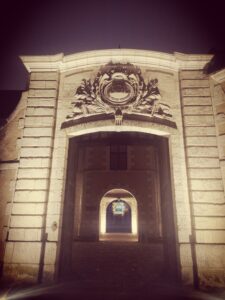
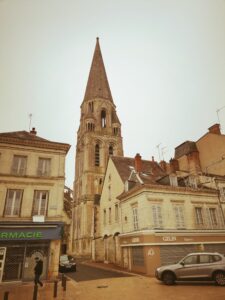
You could discover the historic heart of Vendôme and all the richness of the city’s heritage, either at day and at night. Indeed, at this occasion streets are illuminated and even monuments, such as the Saint-Martin and l’Islette Towers, the silvery hues of the Loir at the entrance of the Porte d’Eau, along a projection of the Dragon of Saint-Bienheuré and many other sites which are as well shared massively on social networks. can be discovered at night (photo credits: Alex Plato).
This enlightenment went possible thanks to the employment of LEDs guaranteeing a very low energy consumption for those urban illuminations, with possible color variations to mark important events. This lightful path was recently pursued around the Trinity Abbey, the Chapelle Saint-Jacques (starring the bell tower and its stained glass windows), the entrances of the City Hall, the interior courtyard of the Oratorians college, the Hôtel du Saillant, the Ronsard park.
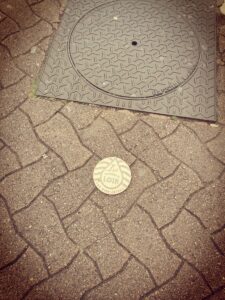
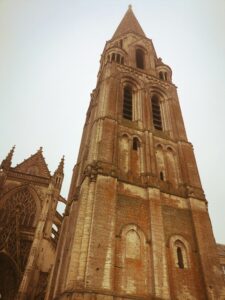
For your information, all information details are marked with golden nails fixed to the ground, like the departure point of the Loir river. Therefore those green aspects are visible at any corner of the town, from the borders of the Loir river, until the multiple gardens of the city where you could find a hint of mosaiculture.
Not far from there, find other important monuments, full of bricks. Thus, the library was designed by the architect Édouard Marganne, from 1866 to 1868, and also hosted the previous city hall and museum, which was transferred in the Trinity Abbey, in 1953. The same treatment happened to the city hall which was located in the former Ronsard high school, where studied Balzac. This library notably conserves some watercolors realized by the drawing teacher Gervais Launay (1804-1891), about history and archeology.
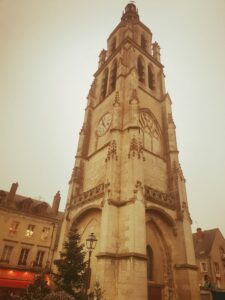
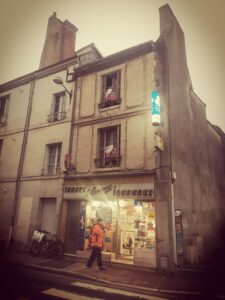
You would undoubtedly pass by the old Saint-Martin tower (dating from the late 15th and early 16th centuries), standing on the former eponym church which used to occupy almost all the space of the current market square. Although, after the Revolution, many transformations weakened the structure of this fragile edifice and unfortunately its vault collapsed in 1854. By the way, this is nearly where the debut source of the Loir river.
Converted into a belfry, this tower is not far from the St. George’s Gate which remains as the only former gate, still in place among the four versions that used to control any access to the city. Decorated with medallions from the 16th century, it hosts city council meetings and eventually weddings, especially since its renovation in 1959.
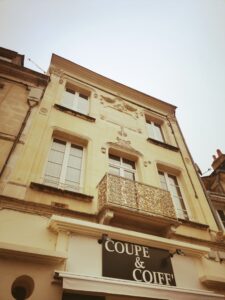
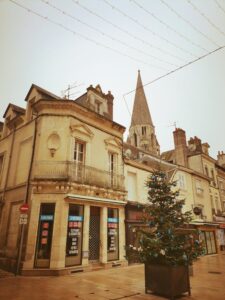
Behind all of this, why don’t have a look at the marketplace? Formerly known as the Place du Pilori, this former square of public execution settled a covered market hall, inaugurated in 1896 and glazed in 1981. After a huge fire in 1940, the surrounding district was reorganized and redesigned by the architect Jean Dorian, who calibrated the streets relating to the car traffic issues.
On top of that, the Fisseau house, standing right next to the Saint-Georges gate, is a charming half-timbered house, built in 1947 by Albert Fisseau, a skillful carpenter from the Compagnons du Devoir. It replaces replaces an old mill, destroyed during the last World War. A real challenge for that time, testifying the architectural specificity of the region.
Office de Tourisme de Vendôme / 47 Rue Poterie, 41100 Vendôme (France) / Phone : 00 33 (0)2 54 77 05 07. More information on their official website or in the Loir-et-Cher tourism page.
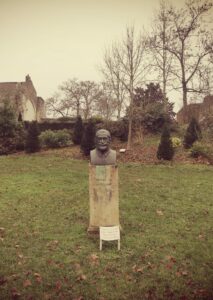
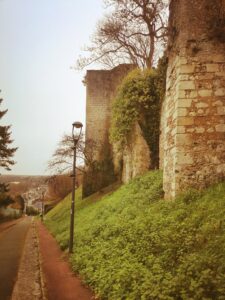
If you go a little bit further, you could walk up to the vestiges of the old castle, from the 17th century. Nonetheless, from the vast dwellings built and ordered by Duke César de Vendôme, only the base of the towers, dominating the ramp, remain nowadays, mainly since its dismantling after the French Revolution.
Surrounded by an old farmyard and a security corridor controlled by fortified gates, the castle offers from its Orangerie, a wonderful panorama over the Vendôme valley. Plus, don’t also miss the ruins of the former Saint-Georges collegiate church, which played an important role from its foundation in the 11th century until the 17th century. Therefore are preserved there tombs of the counts and dukes of Vendôme, in particular those of Jeanne d’Albret and Antoine de Bourbon, parents of Henri IV (portrayed in the garden).
Château de Bourbon-Vendôme / Rue du Château, Parc du Chateau, 41100 Vendôme (France) / Phone : 00 33 (0)2 54 77 05 07
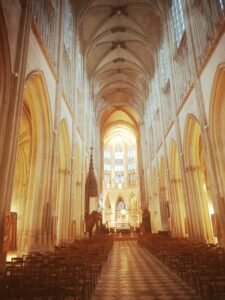
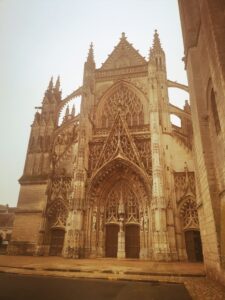
Another major spiritual facet of the Vendôme stands through the Benedictine abbey of La Trinité which had been a religious hot spot, since Romanesque times. Mainly renovated, from its choir around 1308, its facade was arranged from 1508, thanks to the virtuosity of the master builder, Jean Texier (also known as Jean de Beauce), combined with the talent of local sculptors offering it a real sculpted representation of flamboyant Gothic art.
Adding to this, the church tower is also an exceptional masterpiece, built in the 12th century, since it looks like a lot to the southern bell tower of the contemporary Chartres Cathedral. As you can see its harmony of proportions and the large stained glassed bays adorned with trefoil motifs, as well very representative of this radiant Gothic architecture.
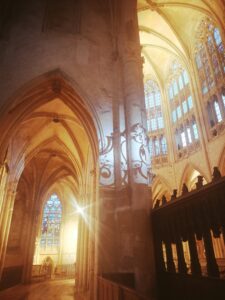
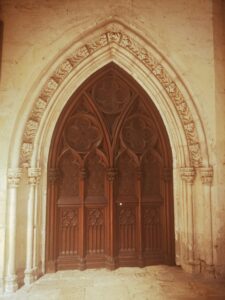
It seems that, from the 12th century, the cardinal abbot had a residence separate from the common dormitories inhabited by the monks. The current building corresponds to part of all the dwellings built in the 15th century in the flamboyant Gothic style. Unless, the Rue de l’Abbaye has only existed since the beginning of the 19th century after the dismantling of the monastery, before being completed by the abbey bridge in 1859.
Inside this residence, which had previously hosted house a court, prisons, a cavalry barrack and a sub-prefecture, you would find the mysterious courtyard of the cloister which was a space dedicated for the meditation of monks. Located at the heart of the life of this Benedictine abbey, this space naturally features a dormitory, a refectory, a guest house plus a circular kitchen, like in Fontevraud but here were accommodated the Maurist Benedictine monks, in the 18th century.
Église de La Trinité de Vendôme / Hotel du Saillant, 47/49 Parc Ronsard, 41100 Vendôme (France)
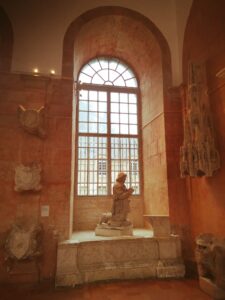
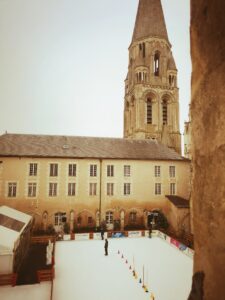
Just behind this previous abbey stands the incredible Vendôme Museum, which tells the main facts about this locality’s history and patrimony. Through a series of testimonies, objects and interactive contents, you could visit for free this cultural space and even wear your ice skates at the close-by rink, essentially open in wintertime.
Nested in the former Rochambeau barrack, in the same building as the brand new Louis Vuitton‘s leather workshop, enjoy there a real trip back in time to learn more about this alternative part of the Kings Valley. Adding to this, if you have some luck, why don’t have a look at the know-how occurring inside those walls by maroquinerie experts?
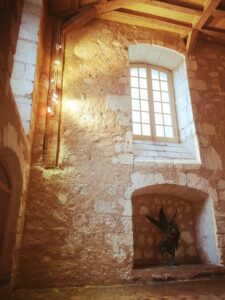
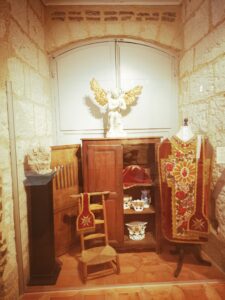
Starting by the Architecture and Heritage Interpretation Center (CIAP) that would guide you into Vendôme, through ages. Among different fragments from churches, clothes and other kinds of period elements, discover the heritage of this city, notably within 3D reconstructions using multimedia touch screens.
Then, let’s head to the eclectic permanent collections, which are presented in some of the buildings of the former Trinity Abbey. For your information, their access may be possible until the first two floors via a 17th century stone staircase that used to lead to the monks’ dormitory. This is where you can imagine yourself broadcasted in the past.
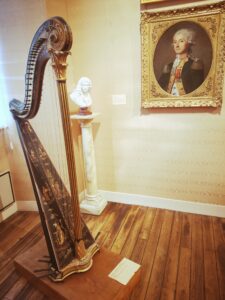
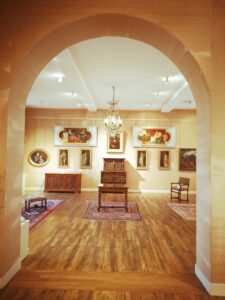
Those various collections resituate Vendôme and its surroundings, both in a geological and archaeological aspects. Once inside one of the main ones, there are samples of old trades, which have disappeared for some of them, all evoked in an amazingly documented and furnished ethnology room, full of different types of old tools, that were notably used by tanners, glove-makers, clog-makers but also farmers. By crossing through this fascinating hall, you would be immersed into the daily life of our eldest ones.
In the field of fine arts, the museum preserves some remarkable pieces, such as the harp of Marie-Antoinette, painted decoration of the castle of Richelieu, the authentic table of the Babeuf trial. The room devoted to earthenware reveals important productions from Rouen and Nevers.
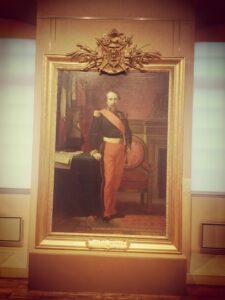
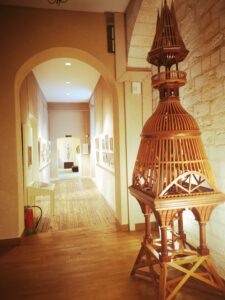
In another hand, discover countless fancy tableware made from porcelain, from all over the World, exhibited in a dedicated hall. Not far from a series of XIXth century artworks, featuring Empire objects and sculptures, along landscape paintings. You could also discover the sculptor Louis Leygue, holder of a Prix de Rome in 1931, who donated a large number of his sculptures, medals and drawings. Those elements are also visible in the Notre-Dame-des-Rottes church, including an altar, a baptismal font as well as certain wall decorations.
Plus, don’t miss the possibility to follow regular events dealing with history, ethnology, fashion and educational workshops. This space, specially dedicated to contemporary art, makes possible, each year, a new focus devoted to renowned international artists.
Vendôme Museum, Trinity Cloister, 41100 Vendôme (France) / Phone : 00 33 (0)2 54 89 44 50
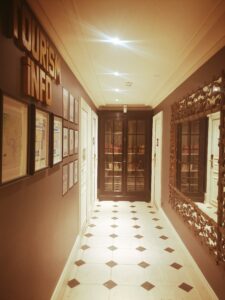
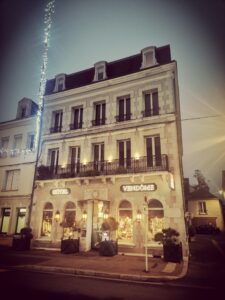
Concerning an hospitality offer, we propose you the Hôtel Le Vendôme, which proposes a beautiful place to stay during your journey in Loir-et-Cher. In a beautiful mansion, gracefully decorated in a British style.
Take a choice between different types of rooms, including a service of comfort and service of a top-of-the-range establishment, all set up in an intimate space. Those rooms are full equipped with an HD screen TV offering a wide choice of international channels, a high-quality bedding, a work desk, a 1900s-style bathroom with a shower, a heated towel rail, welcome products and coffee machine. For information, Wifi access is free and the lobby bar welcomes you for a moment of relaxation over a drink and its savory buffet dedicated to host your rich breakfast.
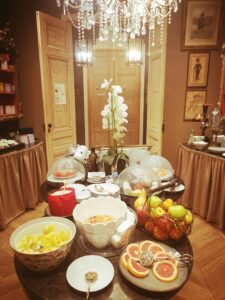
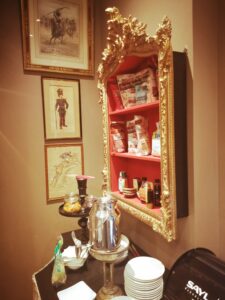
Indeed, the brunch is available in a vintage hall where every decorative detail counts and depending on the season, you could be undoubtedly impressed by some temporal elements, like here for Christmas. Thus, during this sparkling time of the year, the Hôtel Le Vendôme paid many efforts to implant many immaculate Christmas trees in a galaxy of phantasmagoria.
The various savors available on the self-service buffet are meant to be as much as possible homemade and fresh, with fruits, viennoiseries, marmelades and of course some hot dishes for gaining more energy for your upcoming journey of visits. For further guiding information about Vendôme, the reception team would give you precious key indications, with much kindness and awareness.
Hôtel Le Vendôme, 15 Faubourg Chartrain, 41100 Vendôme (France) / Phone : 00 33 (0)2 54 77 02 88
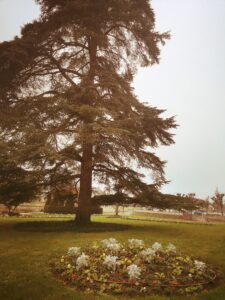
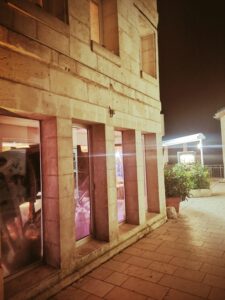
Adding to this, the culinary aspects of Vendôme reside in forestry and river specialities. For instance, Le Moulin du Loir may be considered as a traditional restaurant which benefits from an environment and a peaceful setting on the banks of the Loir river and its running waterwheel.
Settled in an authentic local architecture, Le Moulin du Loir is based on rustic but lightful colors, reinforced by the beautiful orientation centered on a panoramic terrace overlooking the Loir river. On top of that, count on the very green tonality and a constant bright luminosity thanks to its veranda. Those assets favor a pleasant dinner, in a friendly and rather countryside atmosphere.
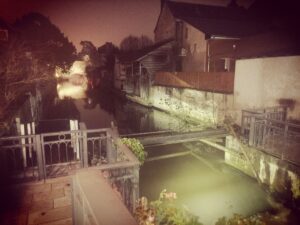
Apart from this framework point, you would easily notice that the menu is often updated thanks to a daily renewed section of dishes and starters “of the day”. This selection may include a bunch of regional specialities, such as games, fresh vegetables and cheeses, but also Loire fishes. This ensemble needs surely to be accompanied with fine wines from the Côteaux du Vendômois, in order to appreciate all its senses.
Therefore, Le Moulin du Loir is an authentic traditional French restaurant ideal for all kinds of budgets, completed with an efficient gastronomic touch and where dog friends are even accepted to support you in this moment of calm.
Le Moulin du Loir, 21 rue du Change, 41100 Vendôme (France) / Phone: 00 33 (0)3 2 54 67 13 51
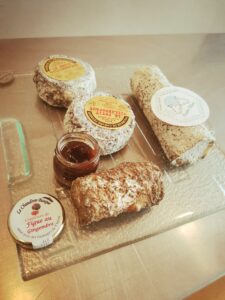
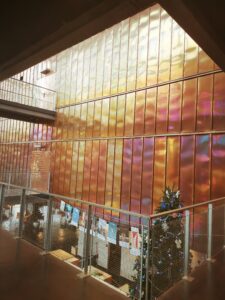
Holding on a gastronomic sight, we invite you to walk by the famous Côteaux du Vendômois vineyards where is mainly produced the niche grape variety called Pineau d’Aunis. This species is essentially acclaimed for its peppery aromas of strawberry, raspberry, and black currant.
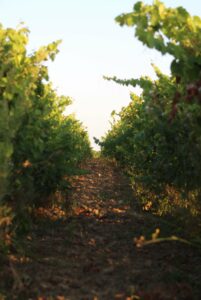
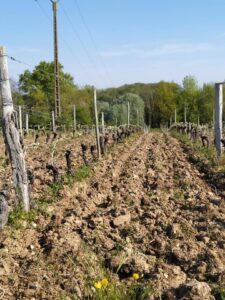
Among those domains, we were invited to taste some of them in the cultural center of Vendôme, called the Minotaure. Therefore, along a selection of fine cheeses, we got in touch with the Domaine du Four à Chaux makes wine since 7 generations featuring a rich selection of IGP wines from this Loire Valley territory and elevated with a rather traditional method.
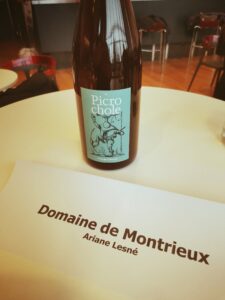
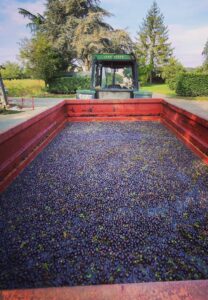
Without missing the Caves aux Caux which propose a range of natural wines without any added sulfites and runs a plot of hundred-year-old vines which is exclusively worked by some animal traction, thanks to draft horses. On top of that, the soils are protected with natural compounds (slurry) and harvested by hand.
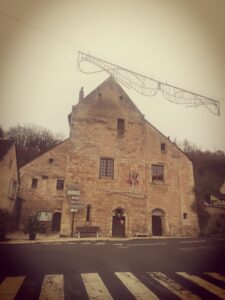
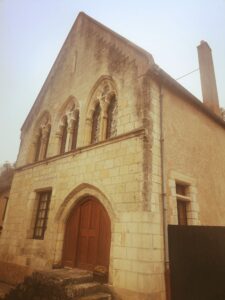
If you wanna get further into the surrounding territory, why don’t you have a look at the Château de Lavardin? This old fortified castle, whose origins date back from the 11th century, is nowadays ruined, but whose remains stand on a rocky promontory in the French village of Lavardin. Registered as a historical monument since the end of 1945, this mysterious castle was built by the first lords of Lavardin, before being sold to the Count of Vendôme around 1130, as being his main fortress.
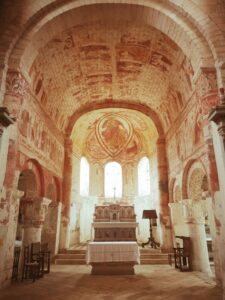
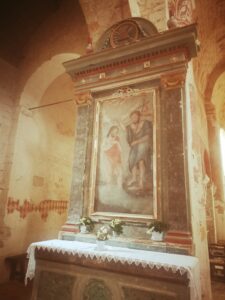
Indeed, the Saint-Genest de Lavardin church dates back from the 11th century and offers beautiful proportions and some sculptures visible on the contour of the choir. Outside of this, this edifice includes a bell tower-porch and inside a nave with aisles communicating directly with the choir, in a semi-circular apse.
Surrounded by stunning artworks, the interior of this Saint-Genest church may be considered as one of the jewels of Loir-et-Cher. Therefore, admire those murals, dating between the 12th and 14th centuries, but only discovered in 1913 and recently restored, are painted in frescoes, representing in particular a magnificent Christ between the four evangelist symbols, the scenes of the Last Judgment or the scenes of the Passion (to be read from right to left), along a remarkable furniture, mainly from the 17th and 18th centuries.
Église Saint-Genest de Lavardin / 2 passage Saint Genest, 41800 Lavardin (France) / Phone : 00 33 (0)2 54 85 07 74.
